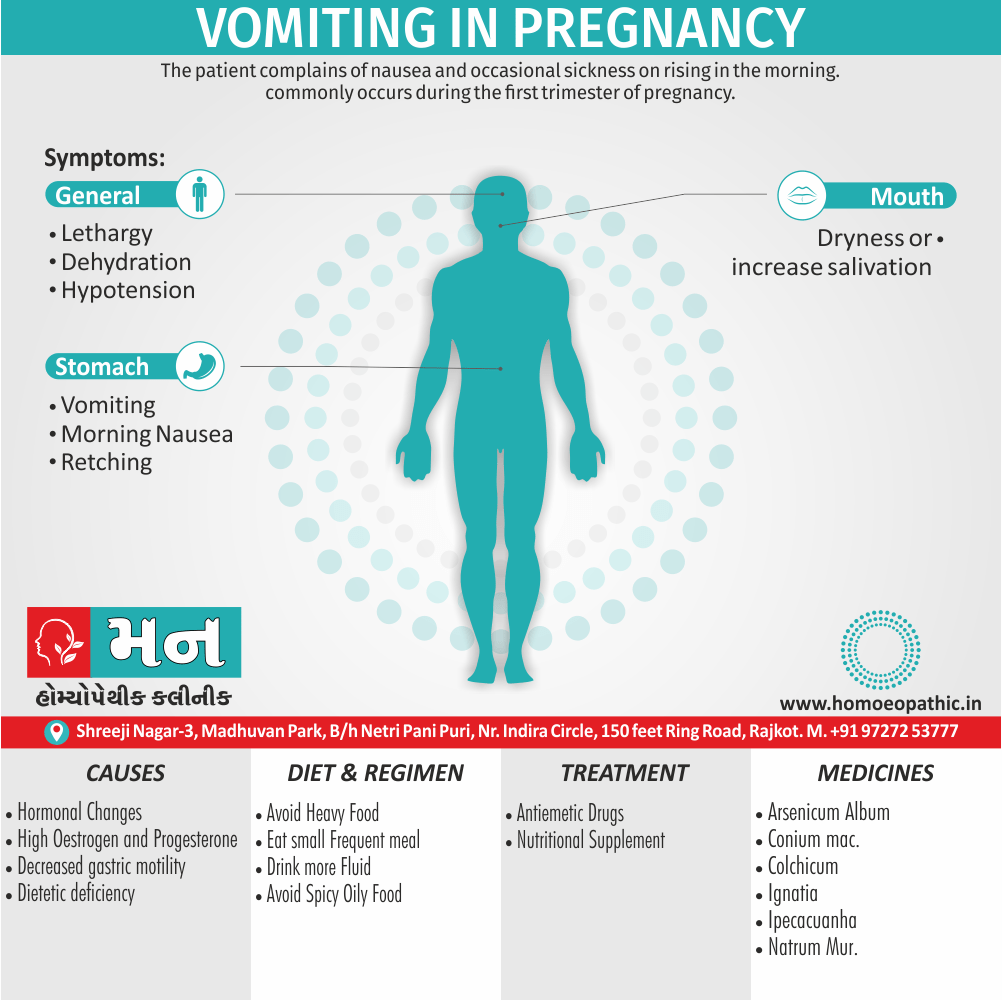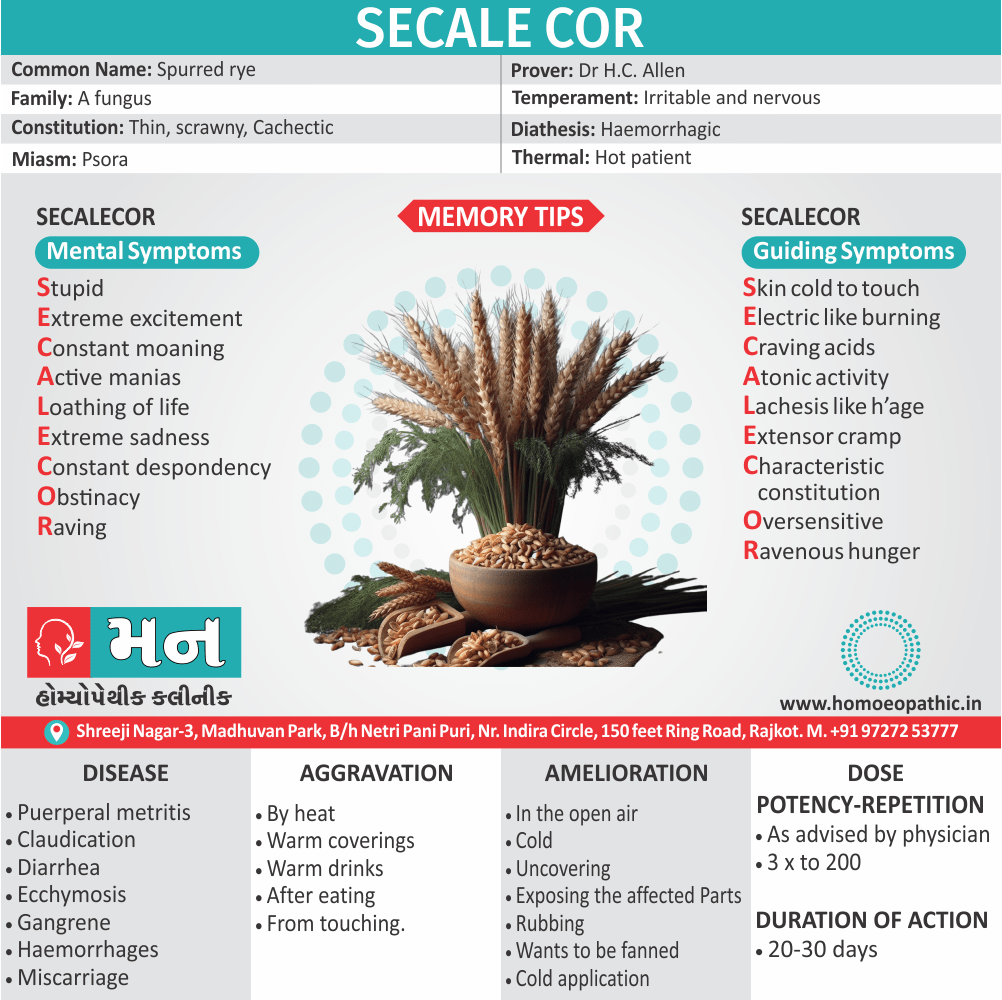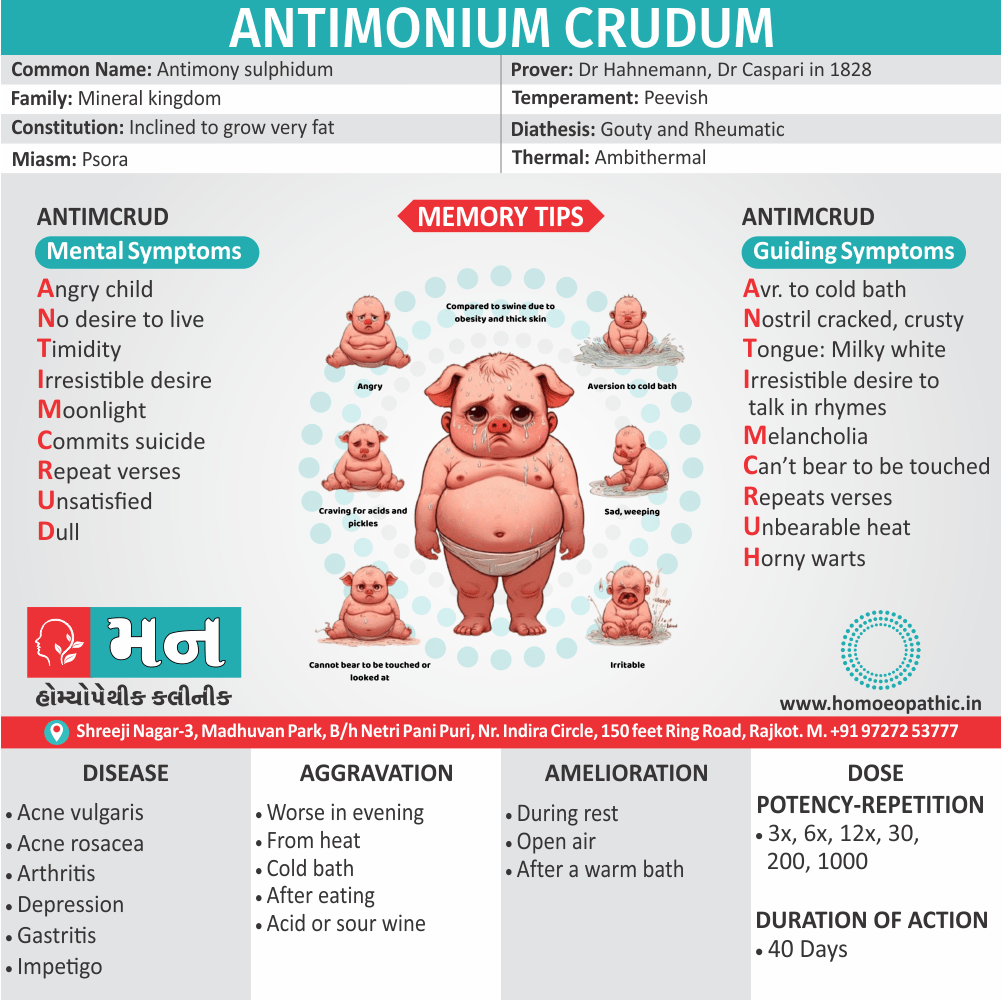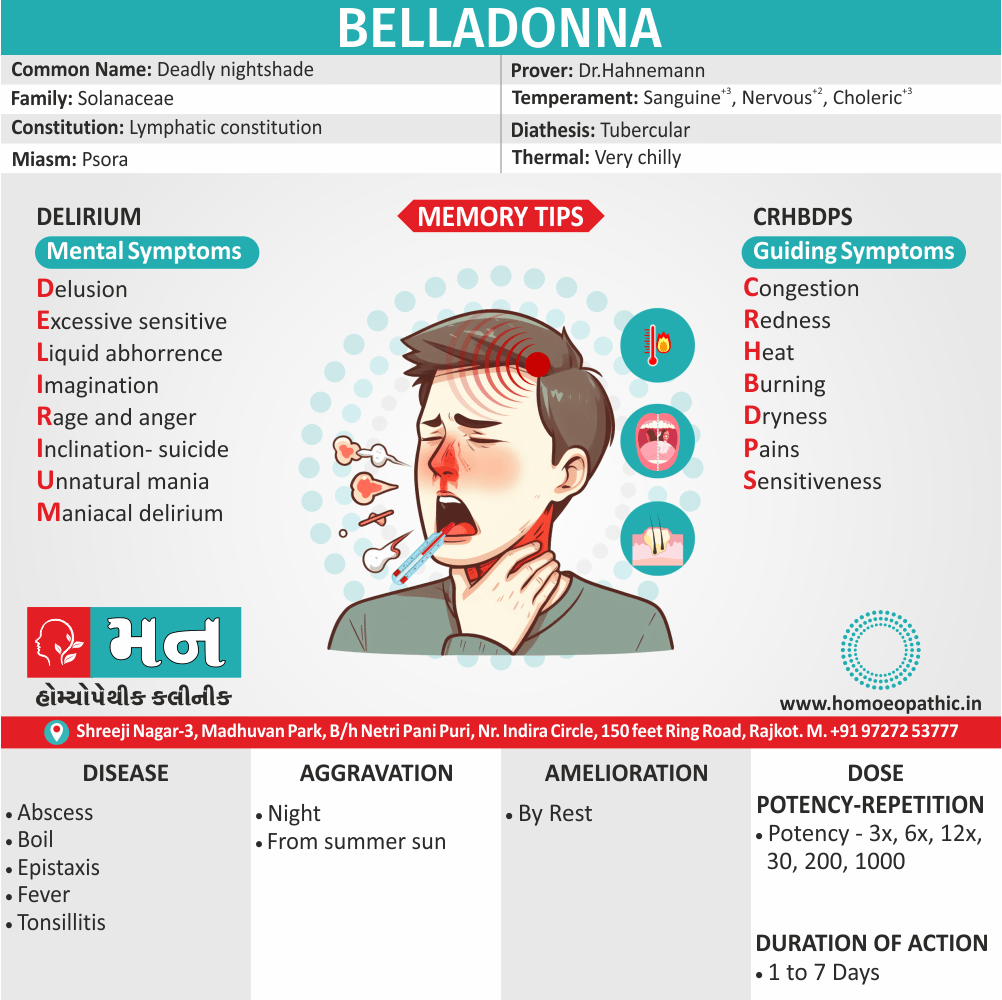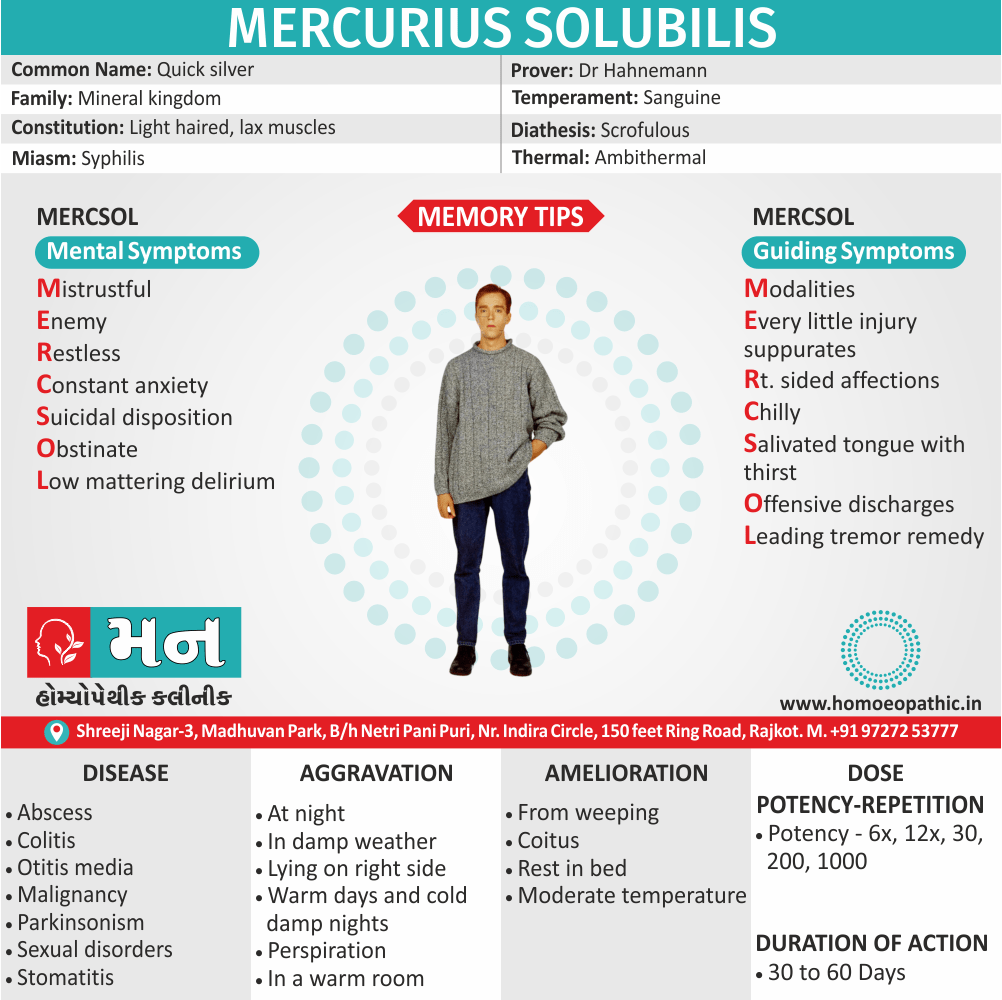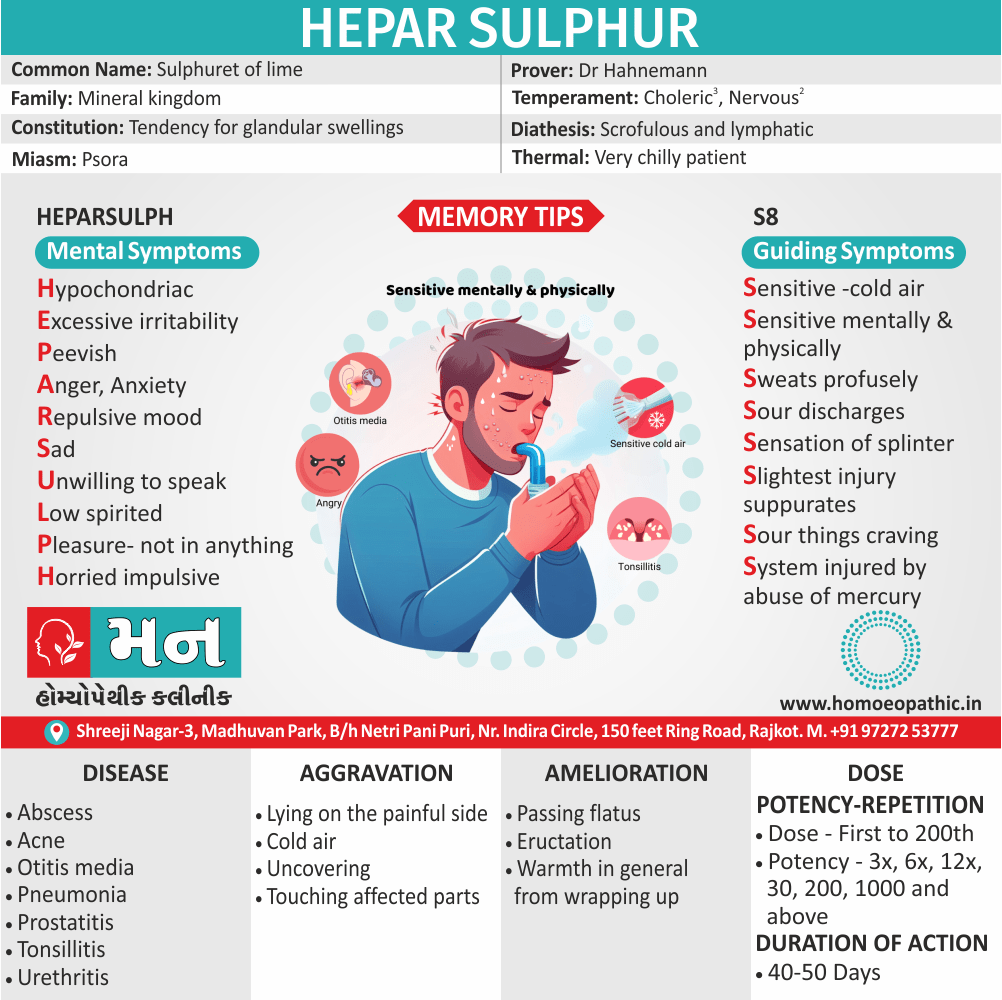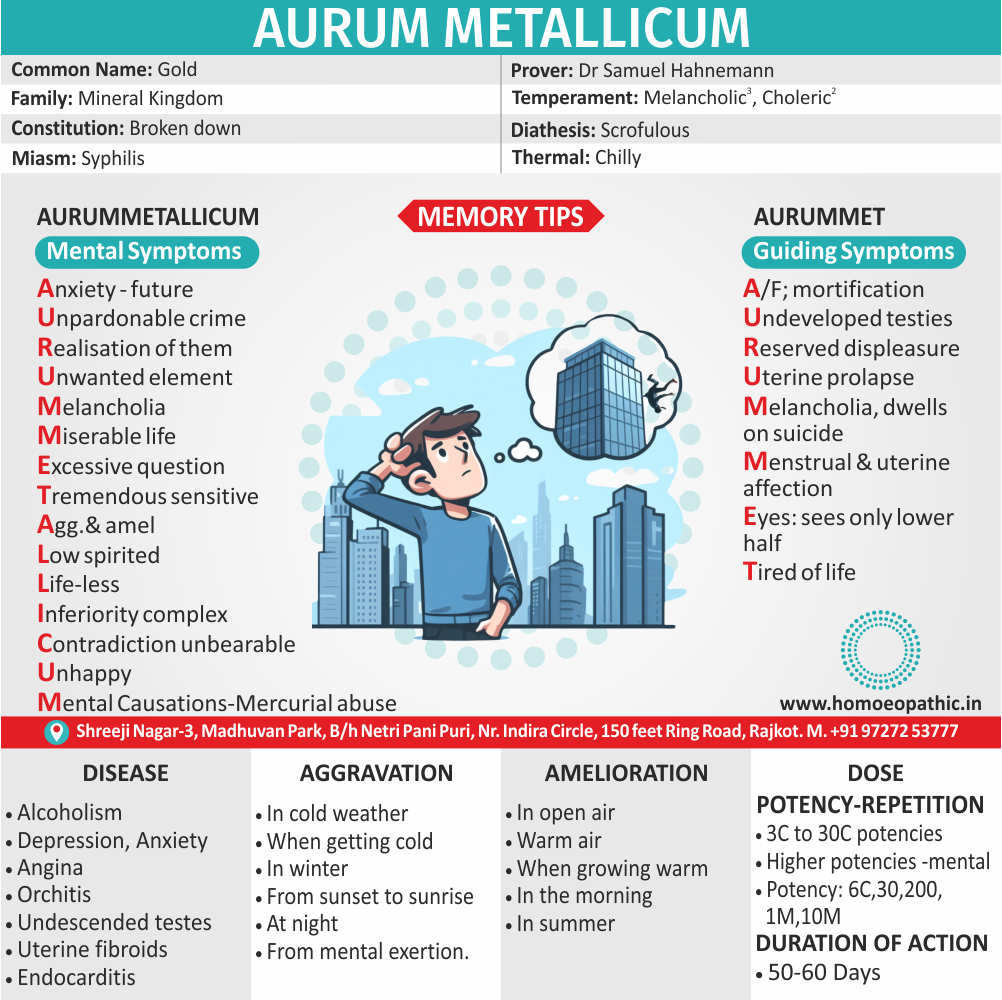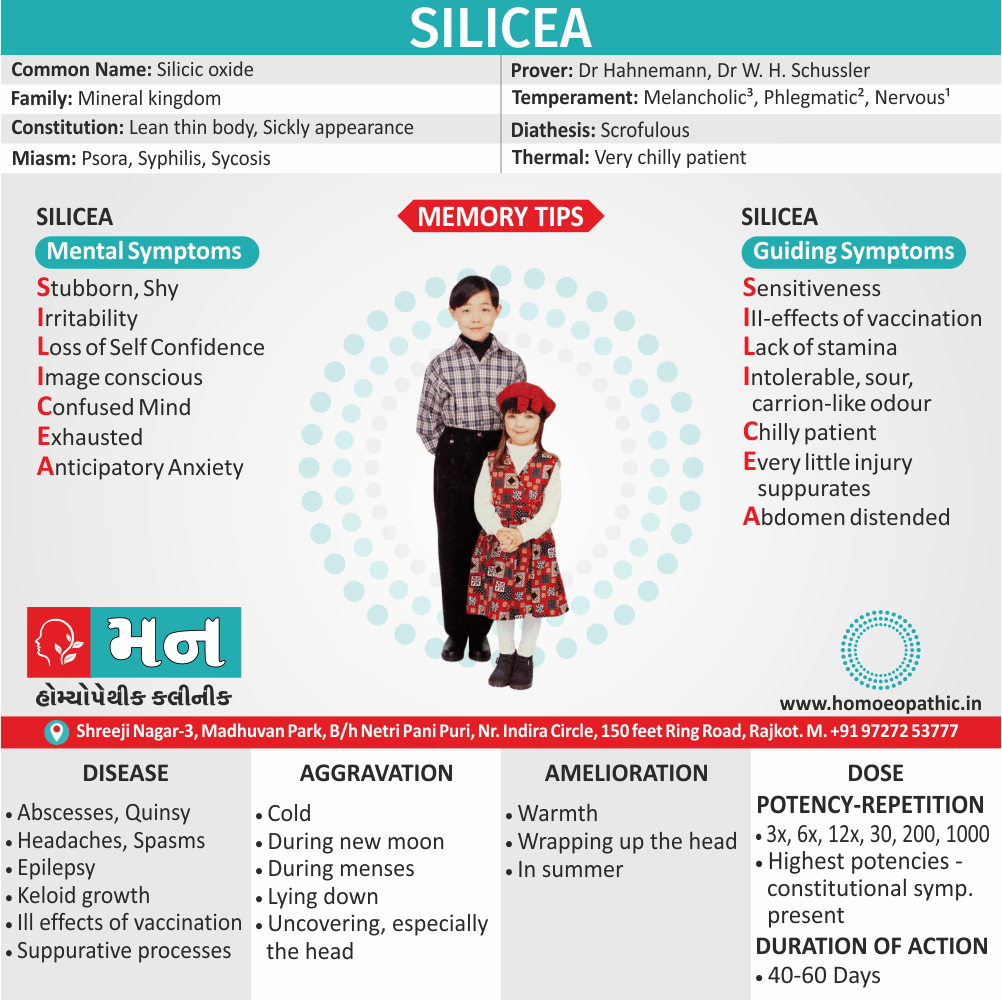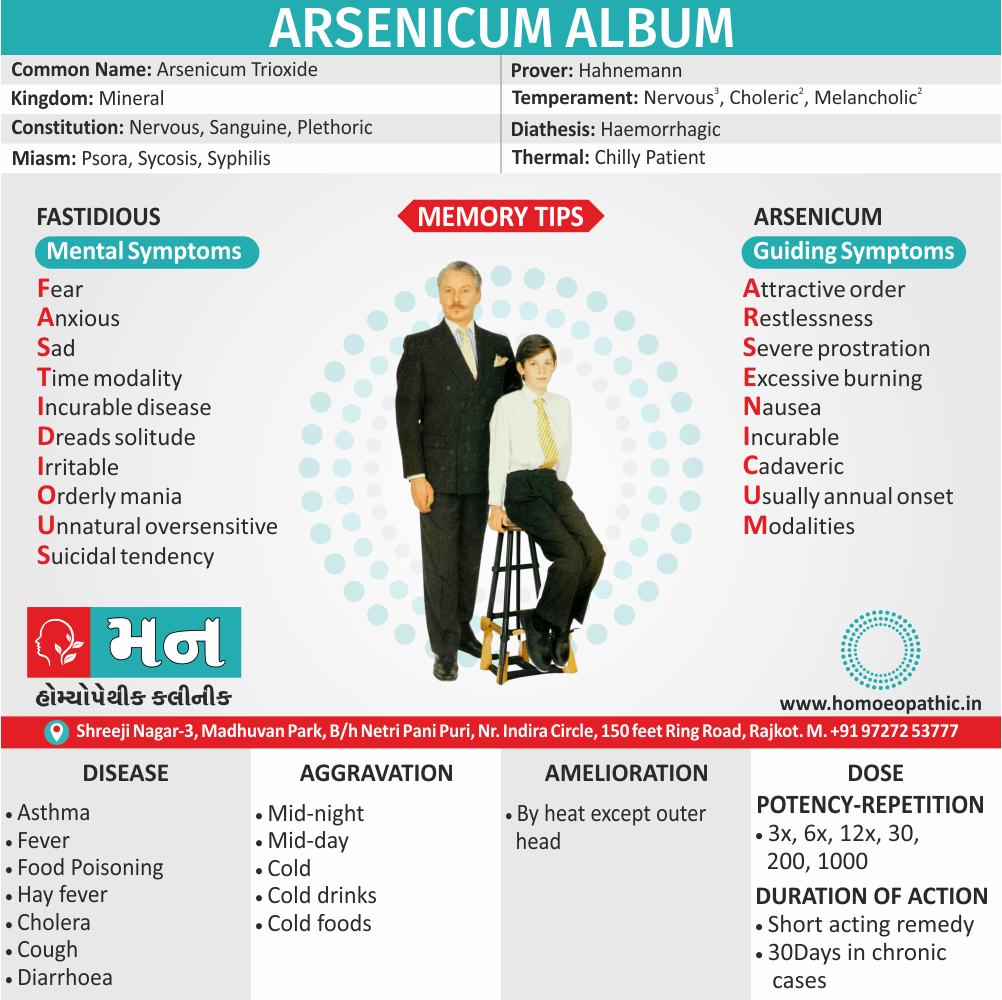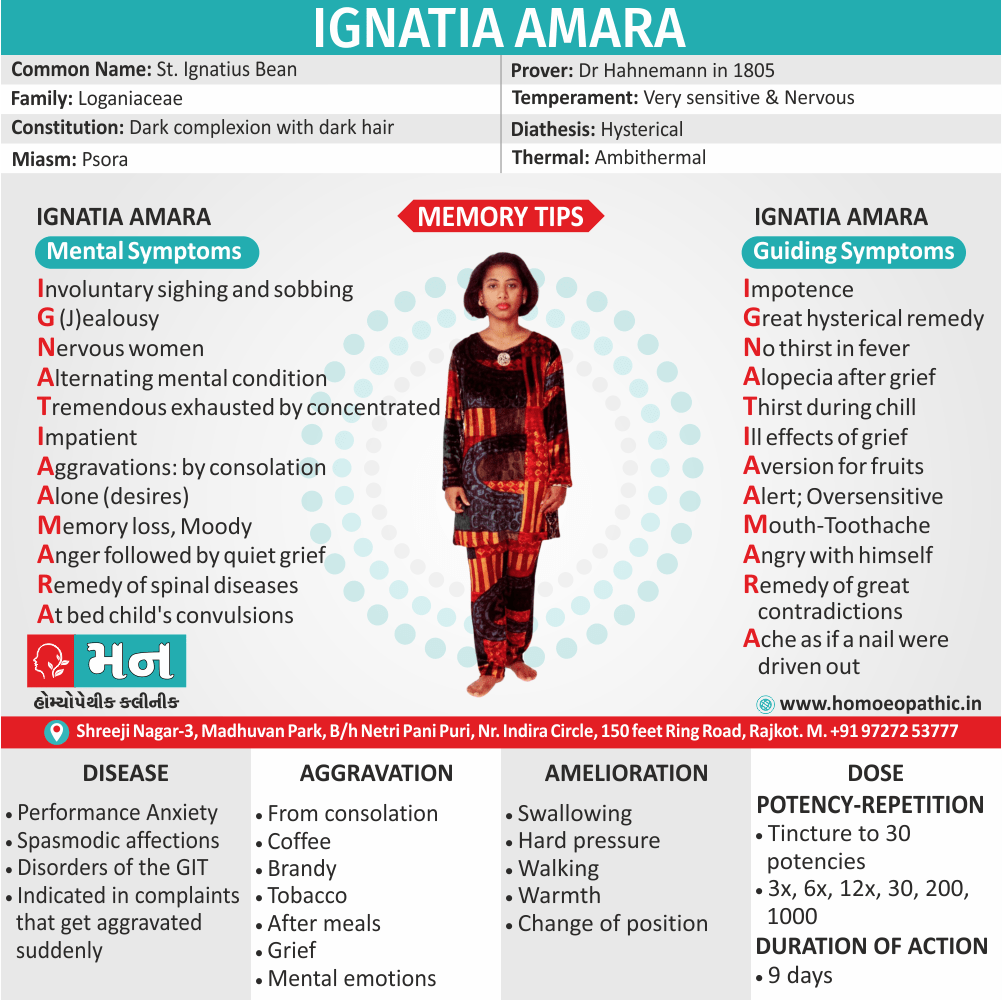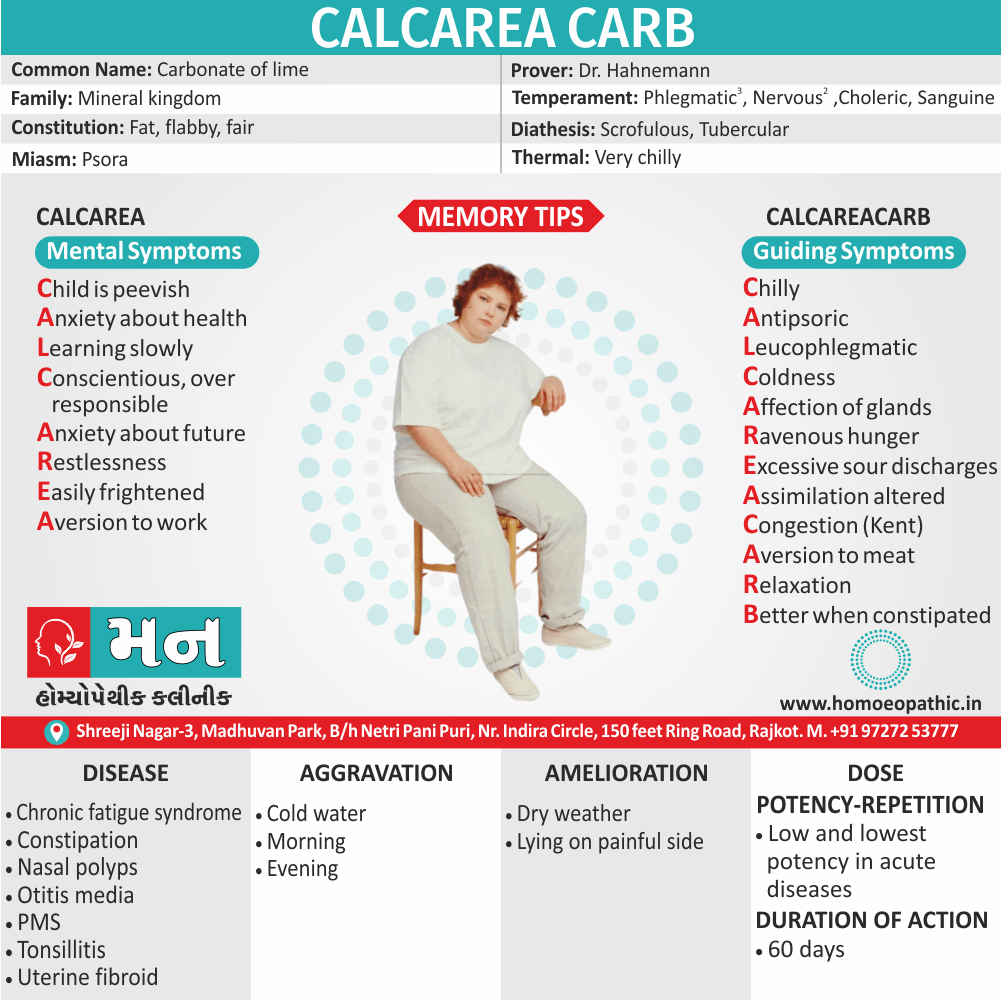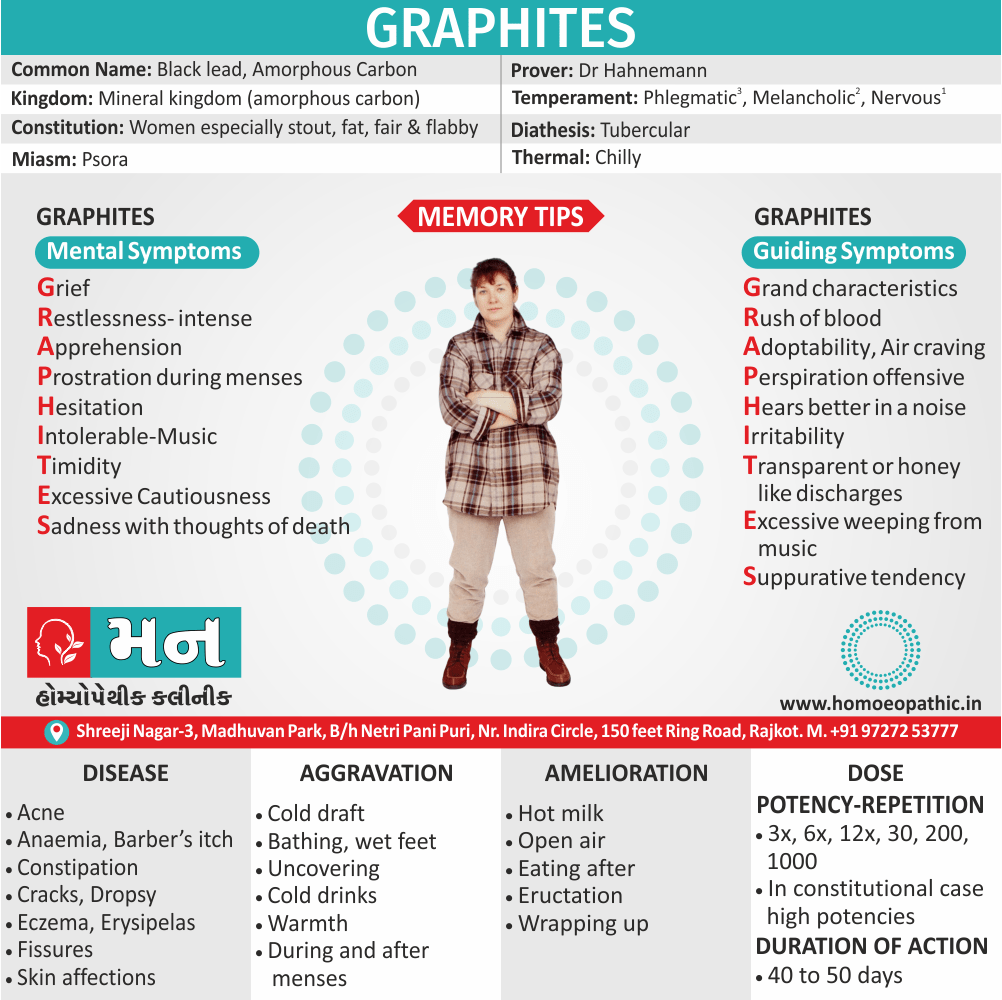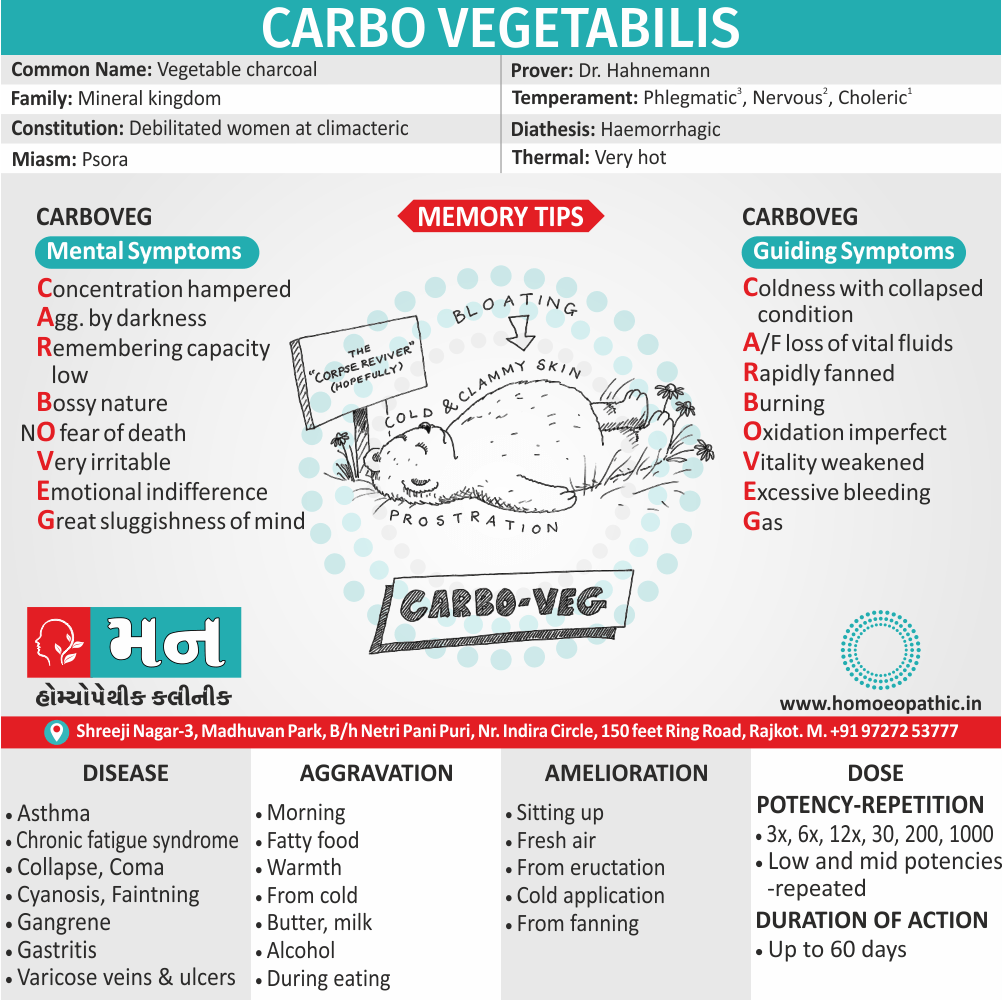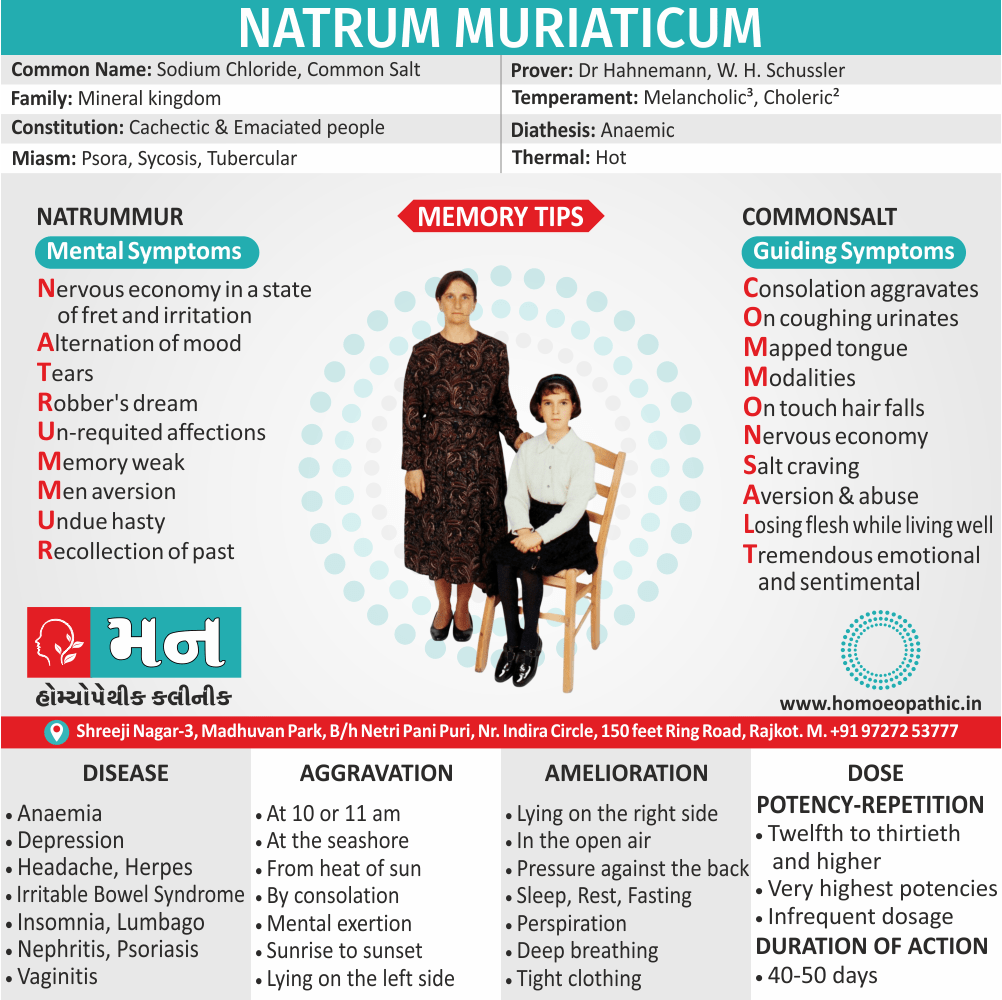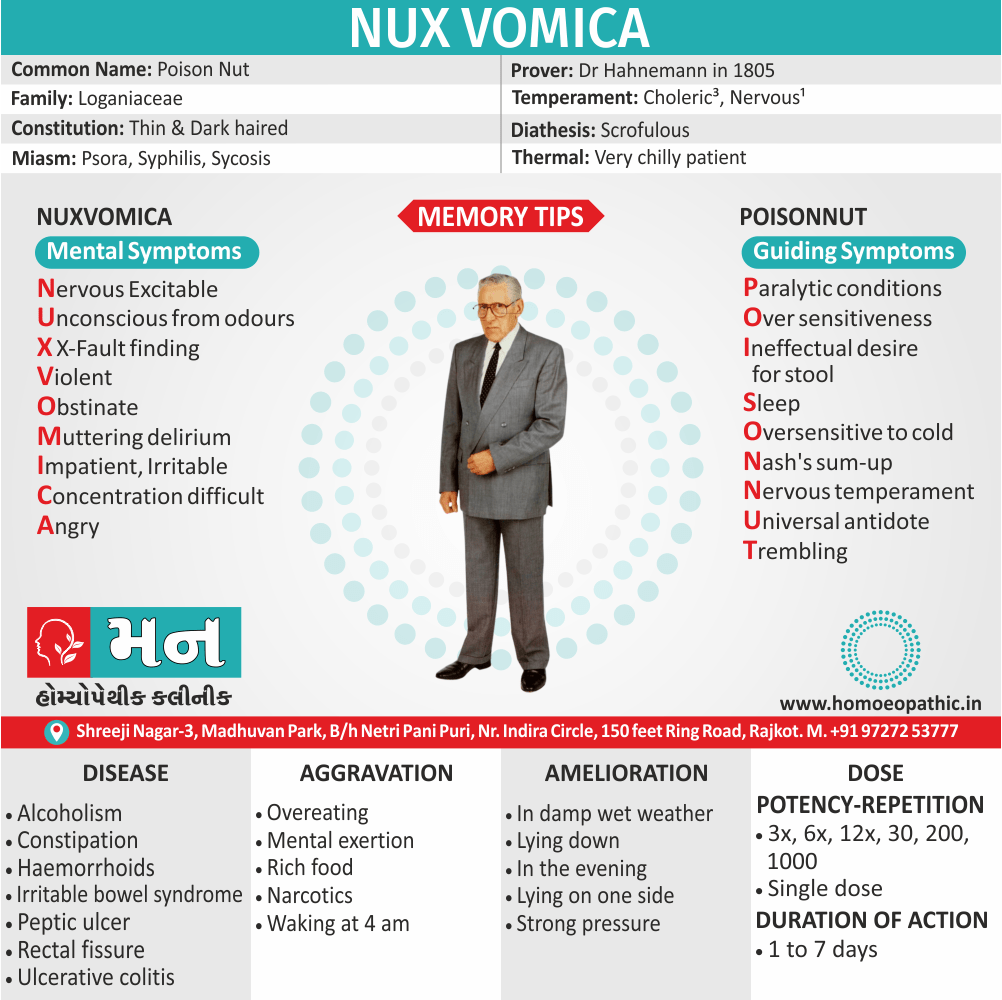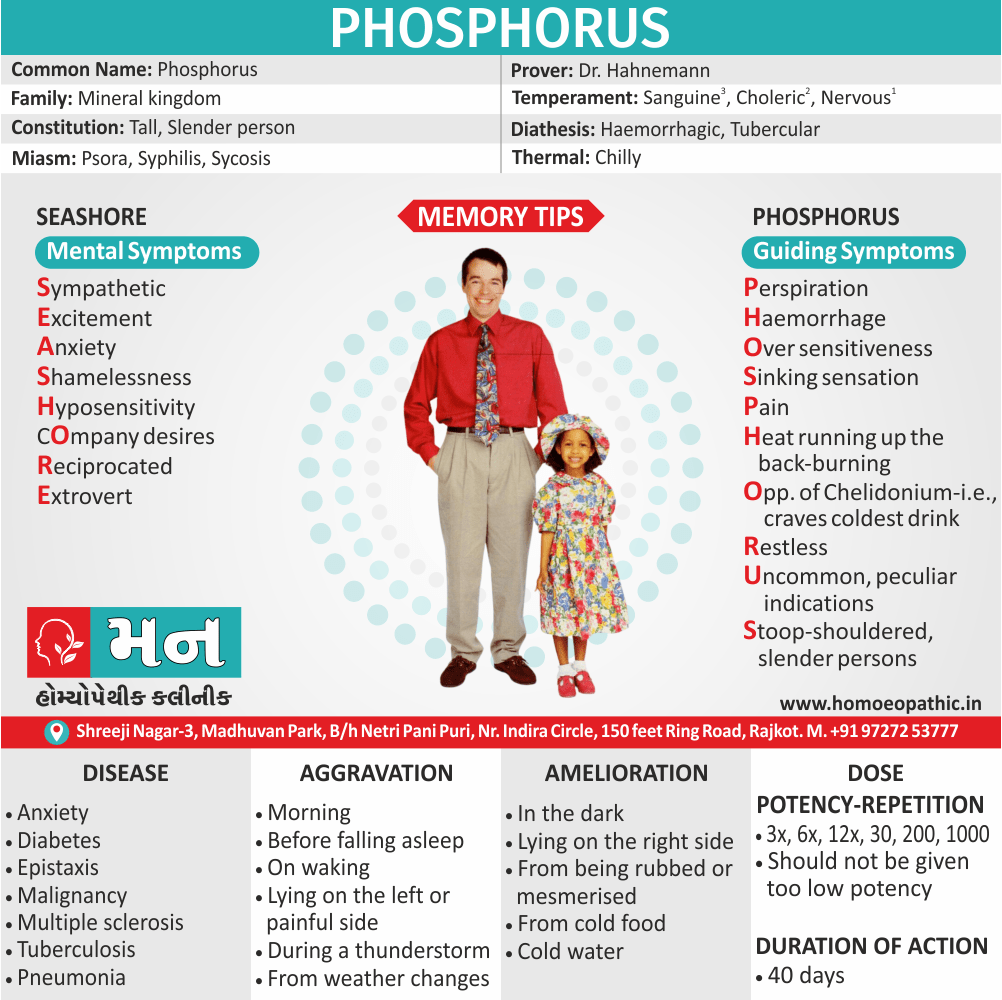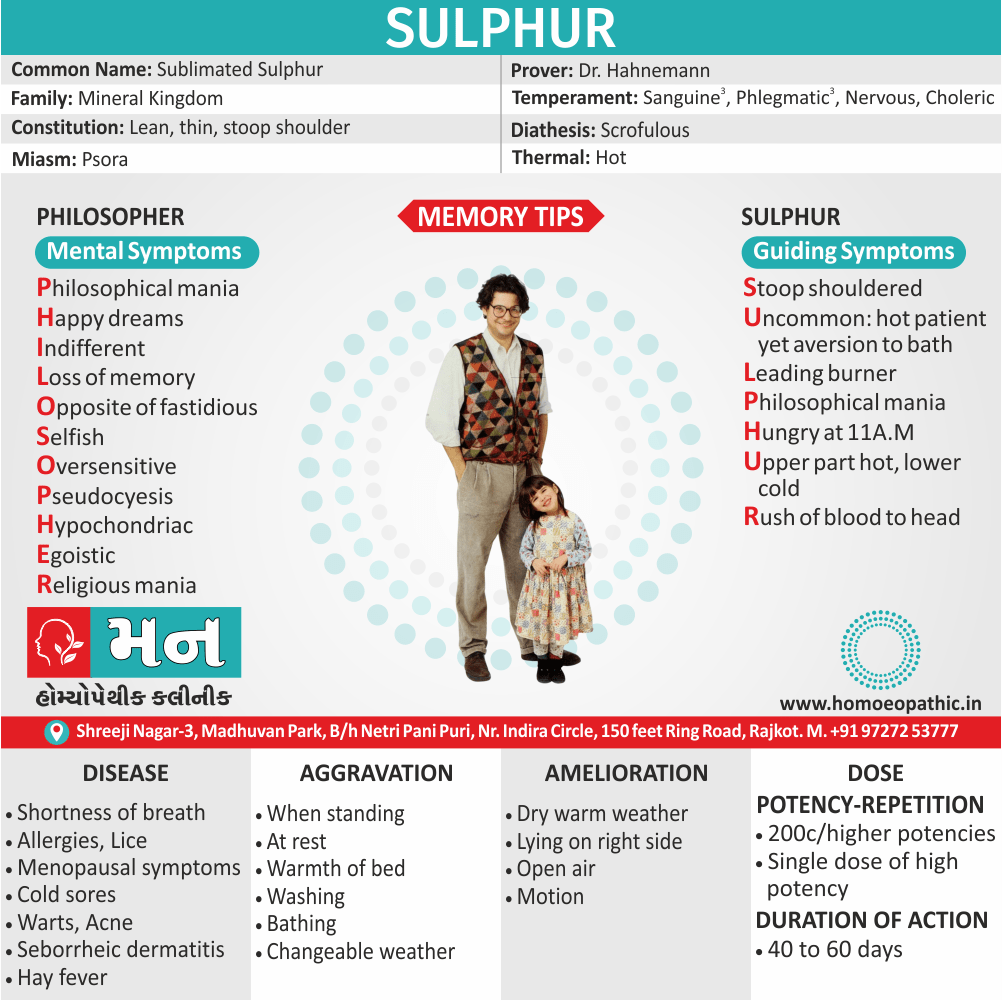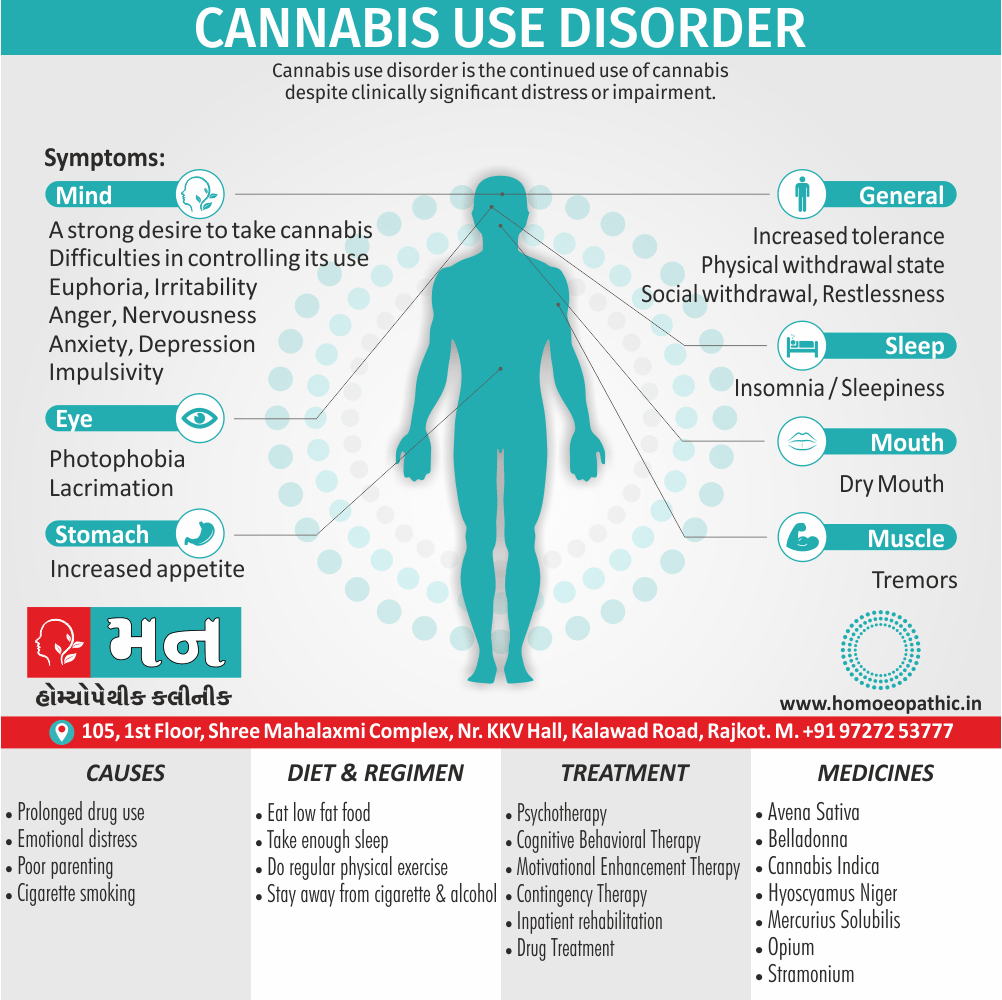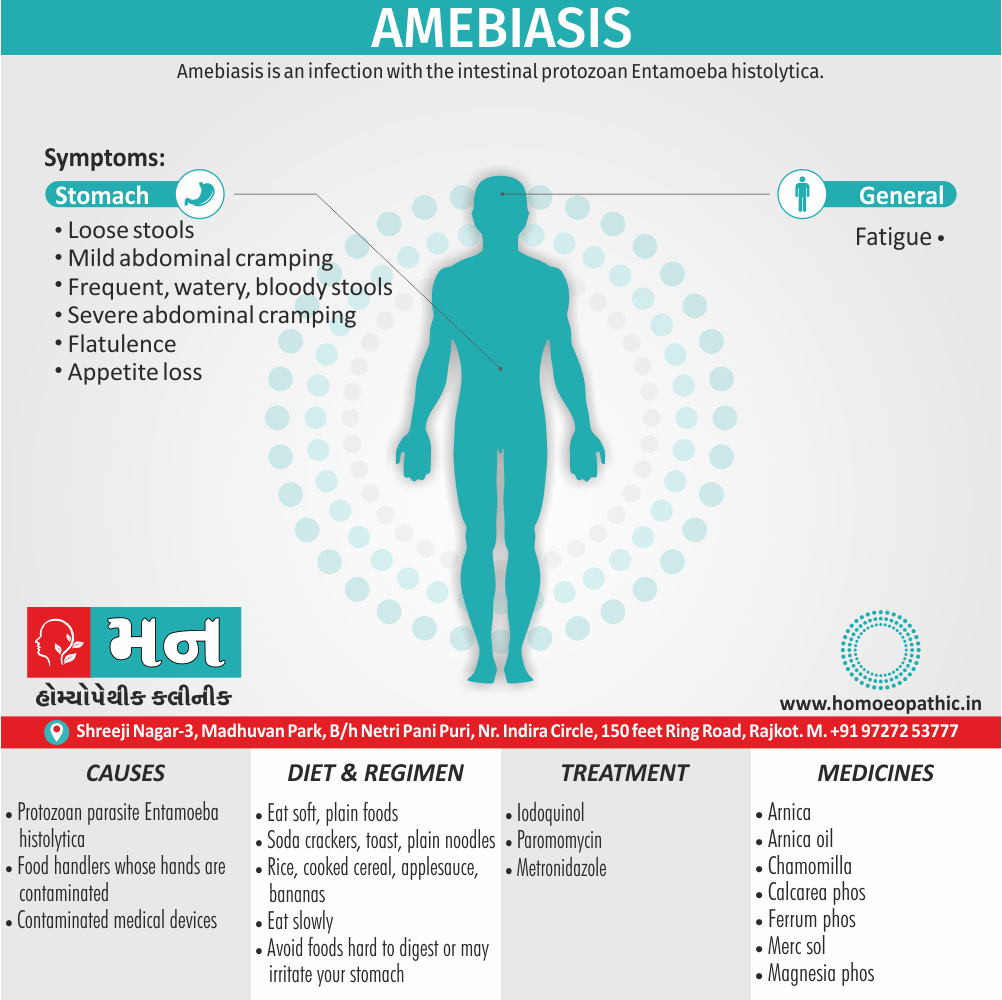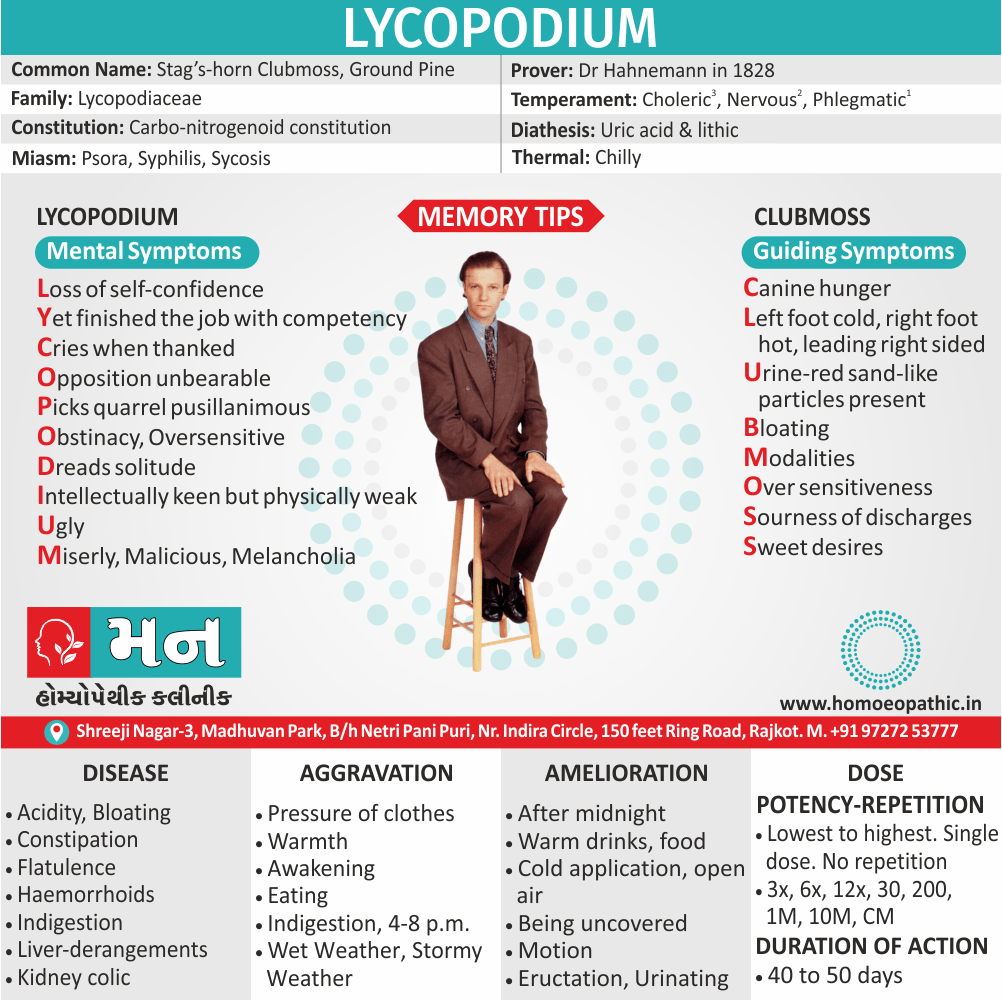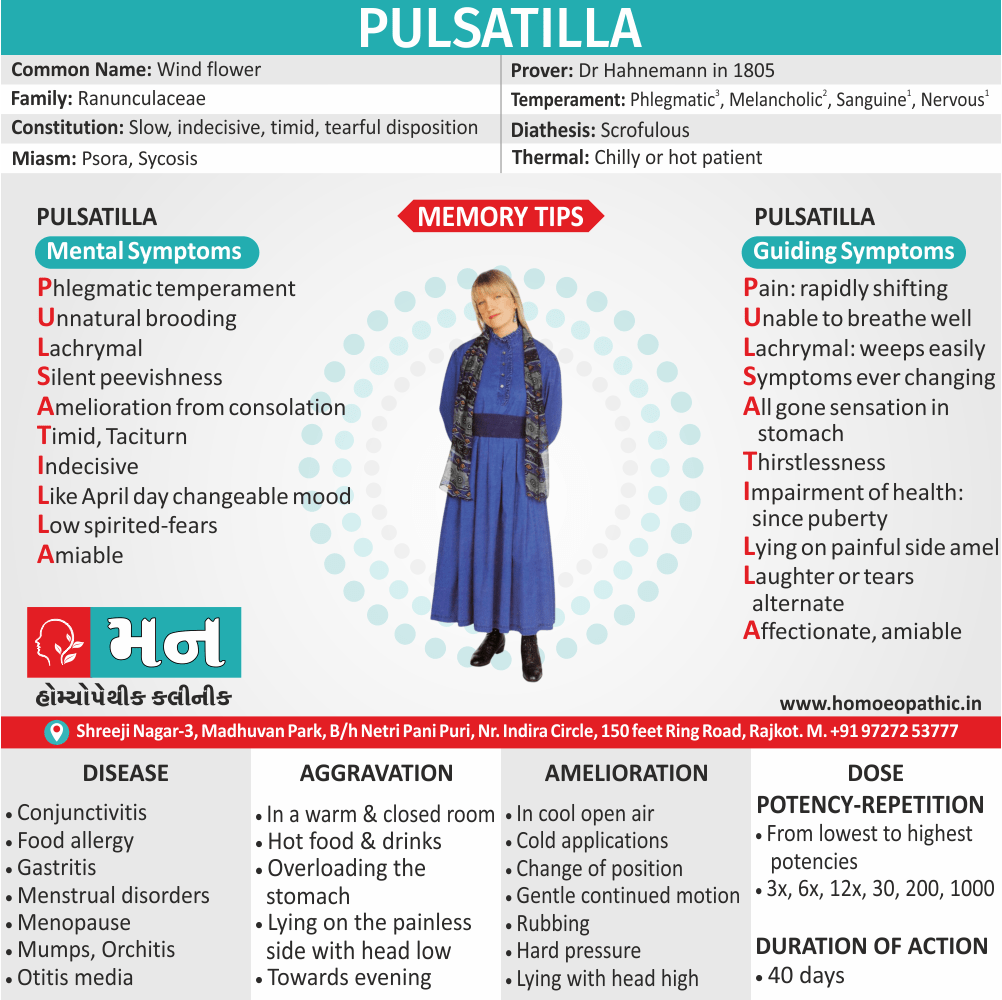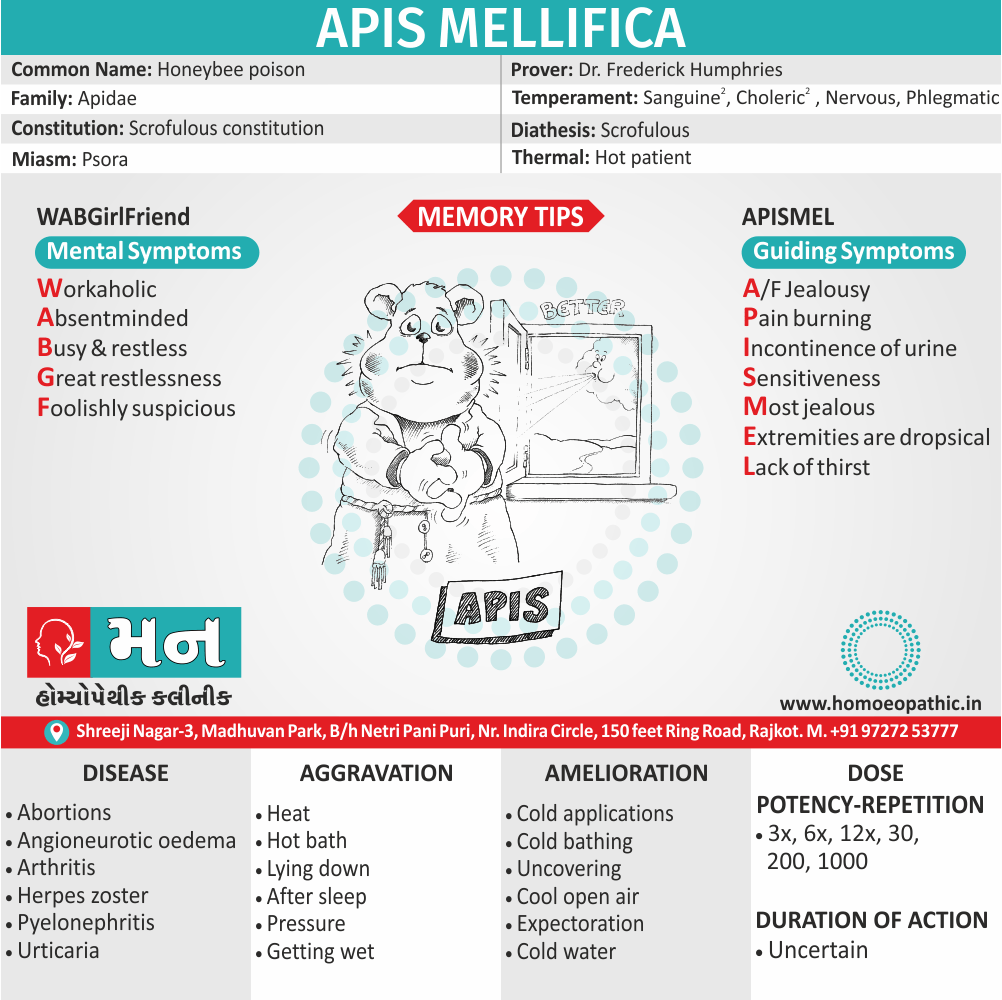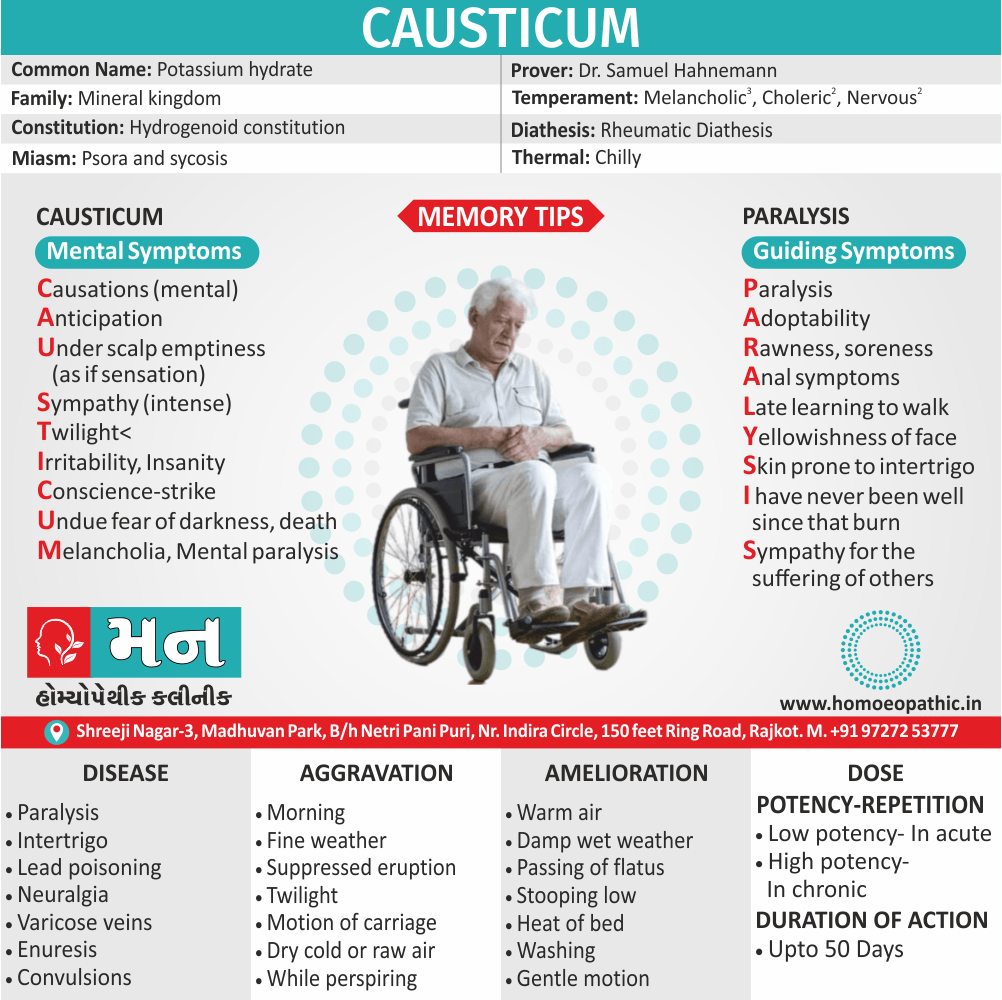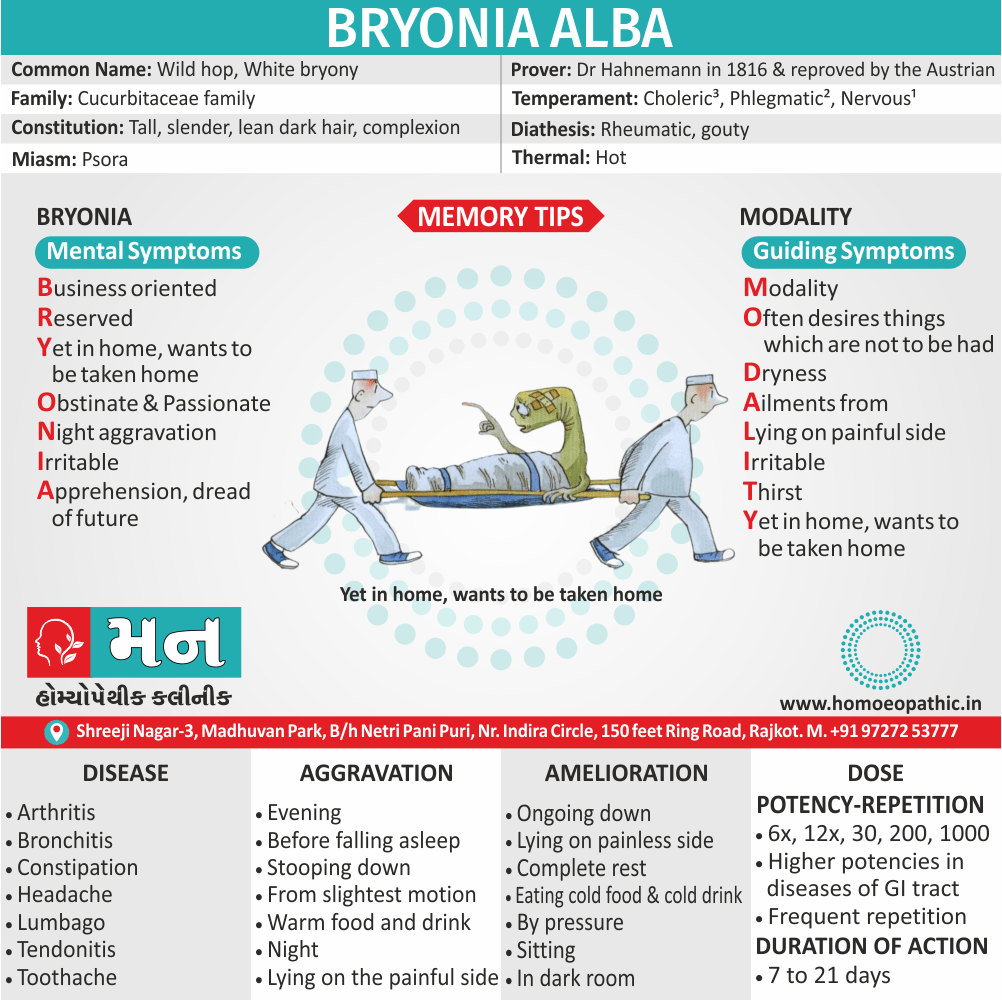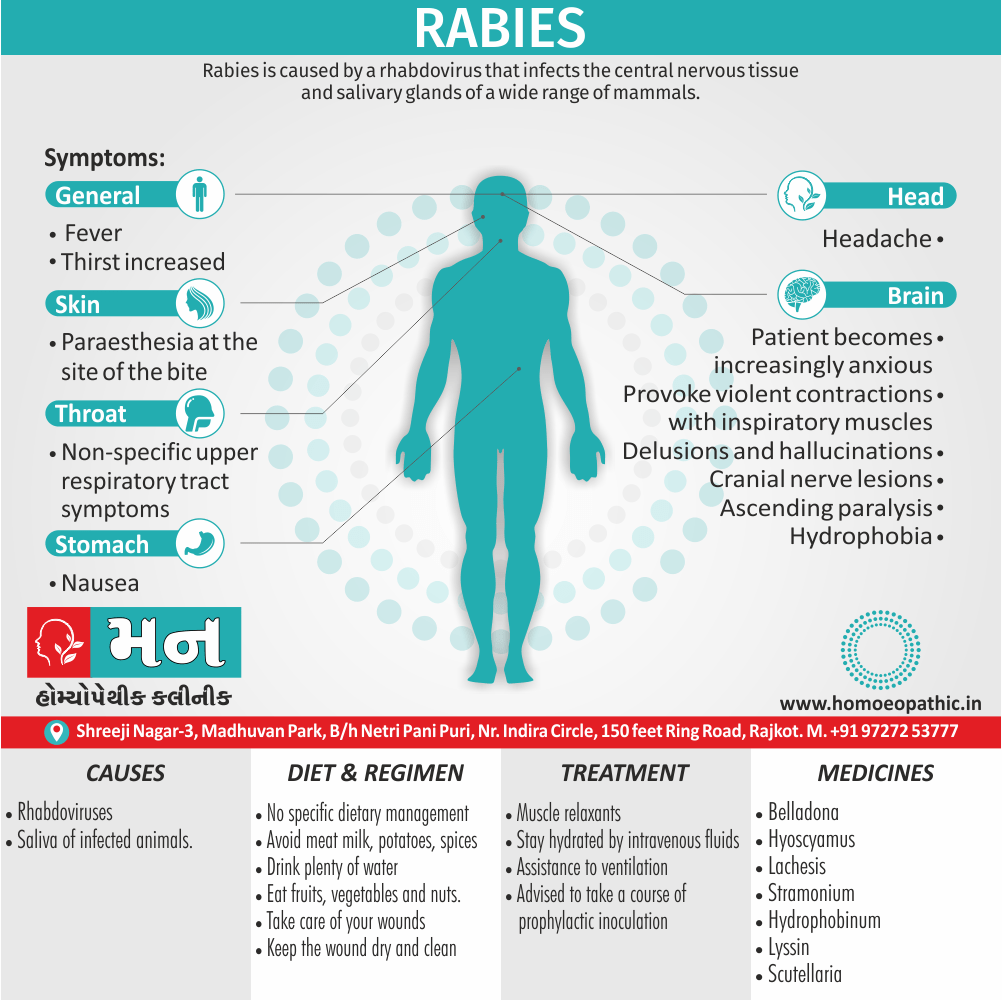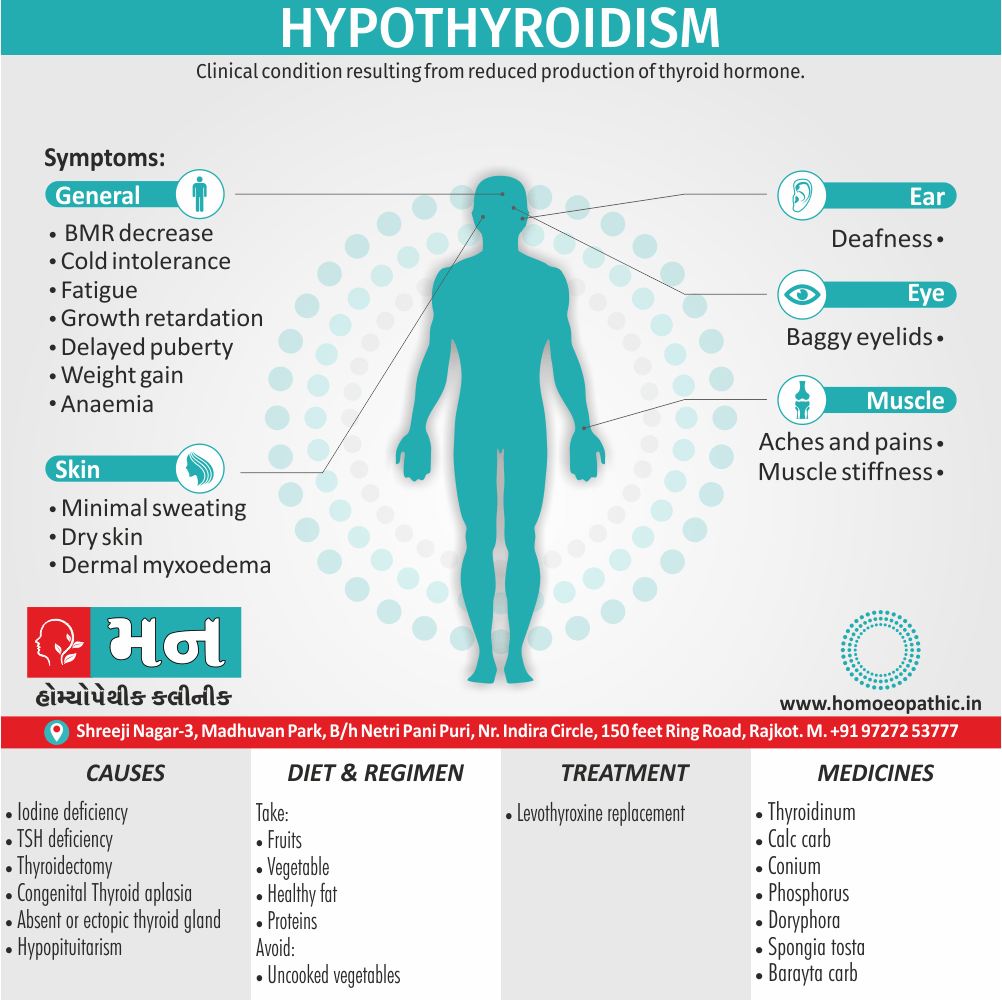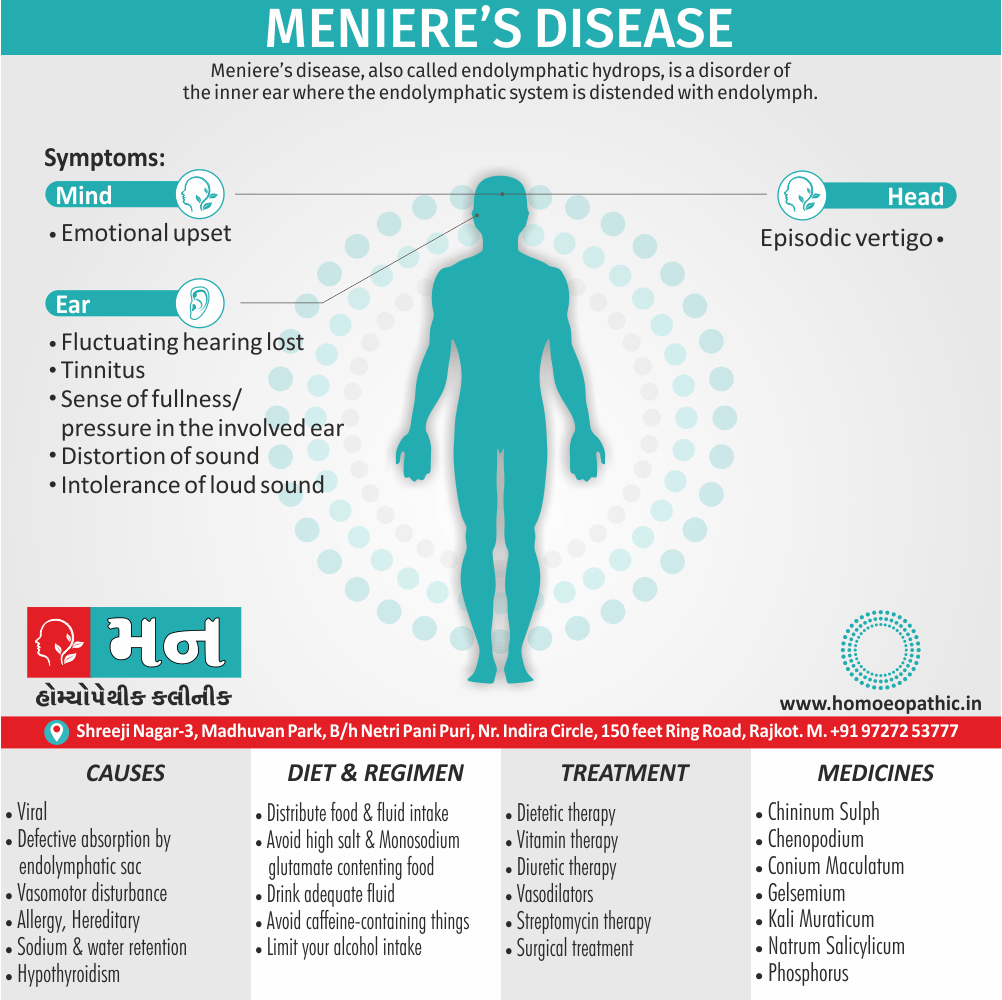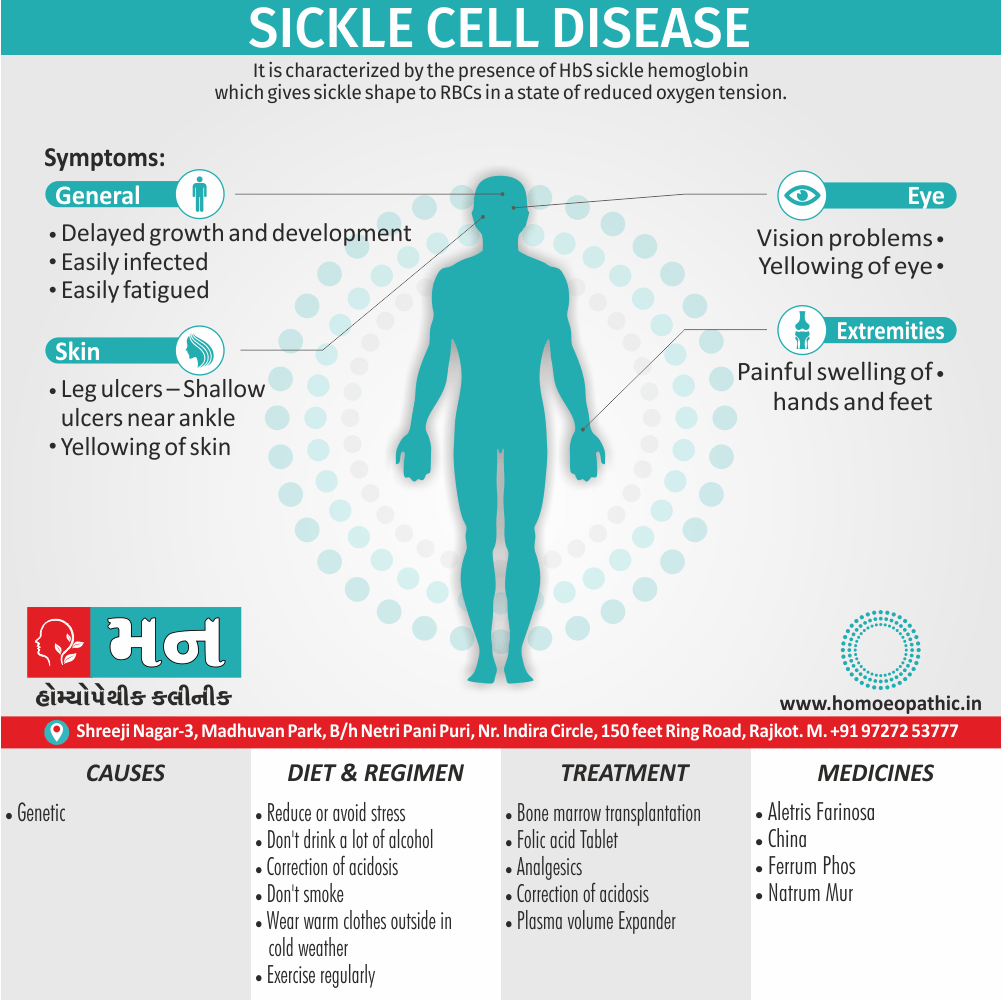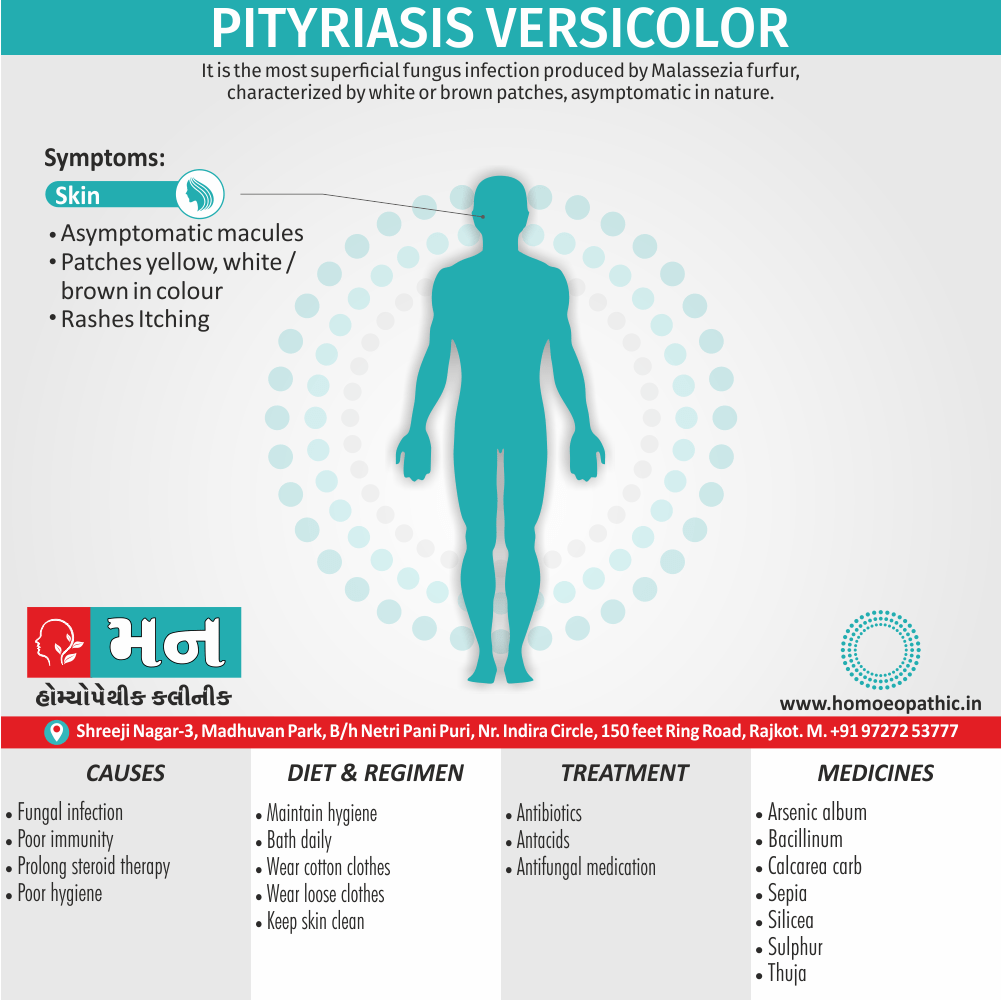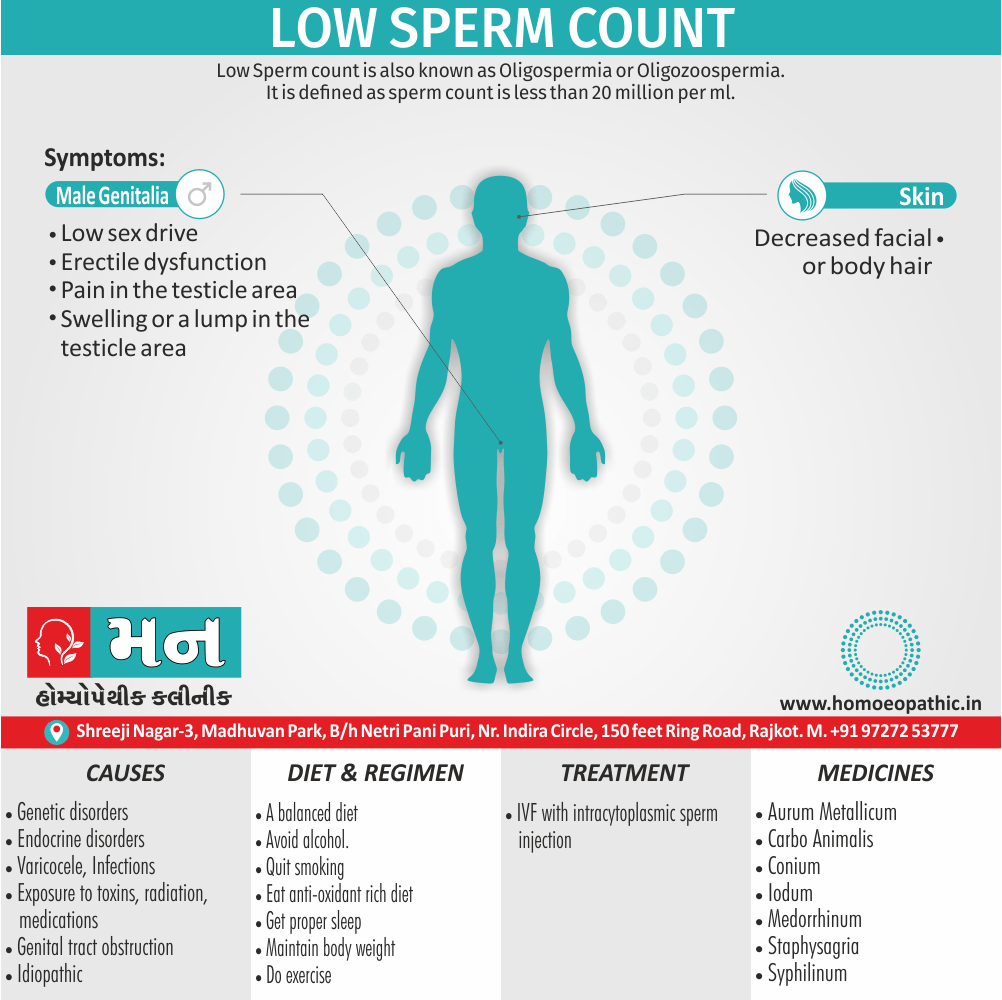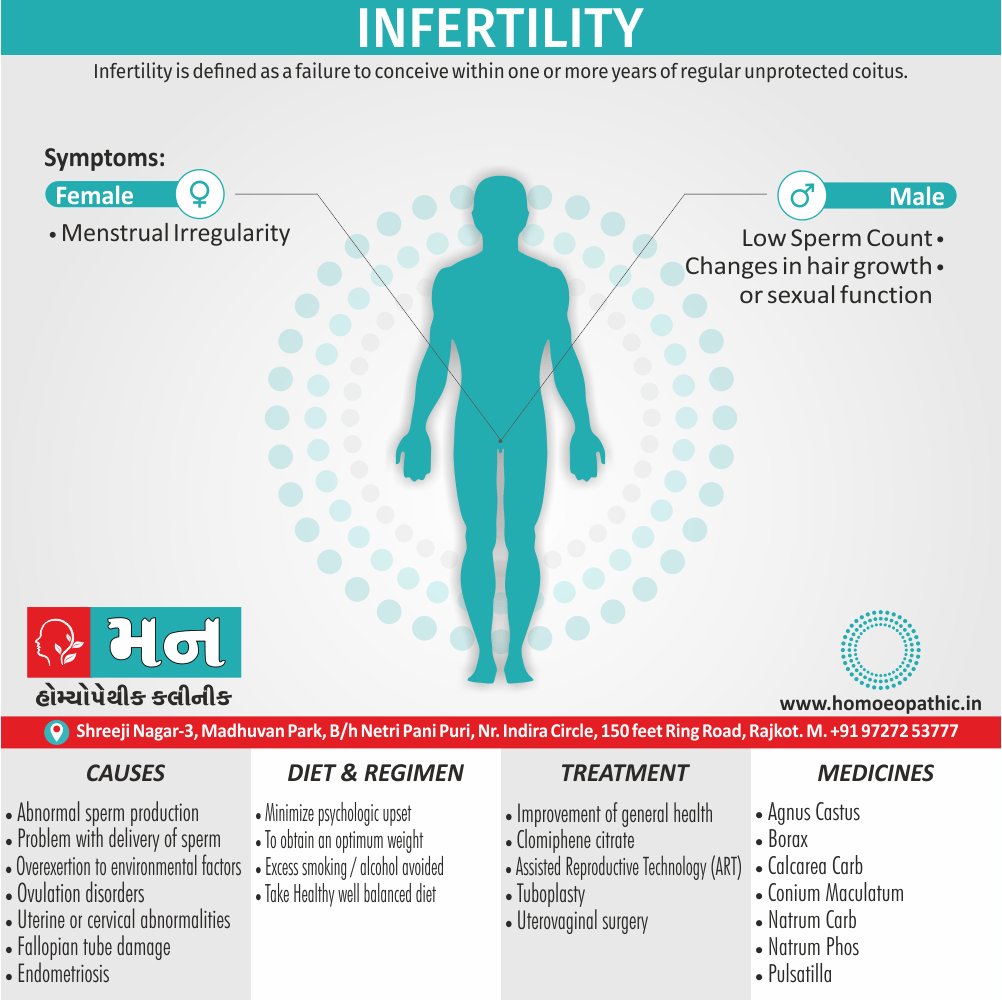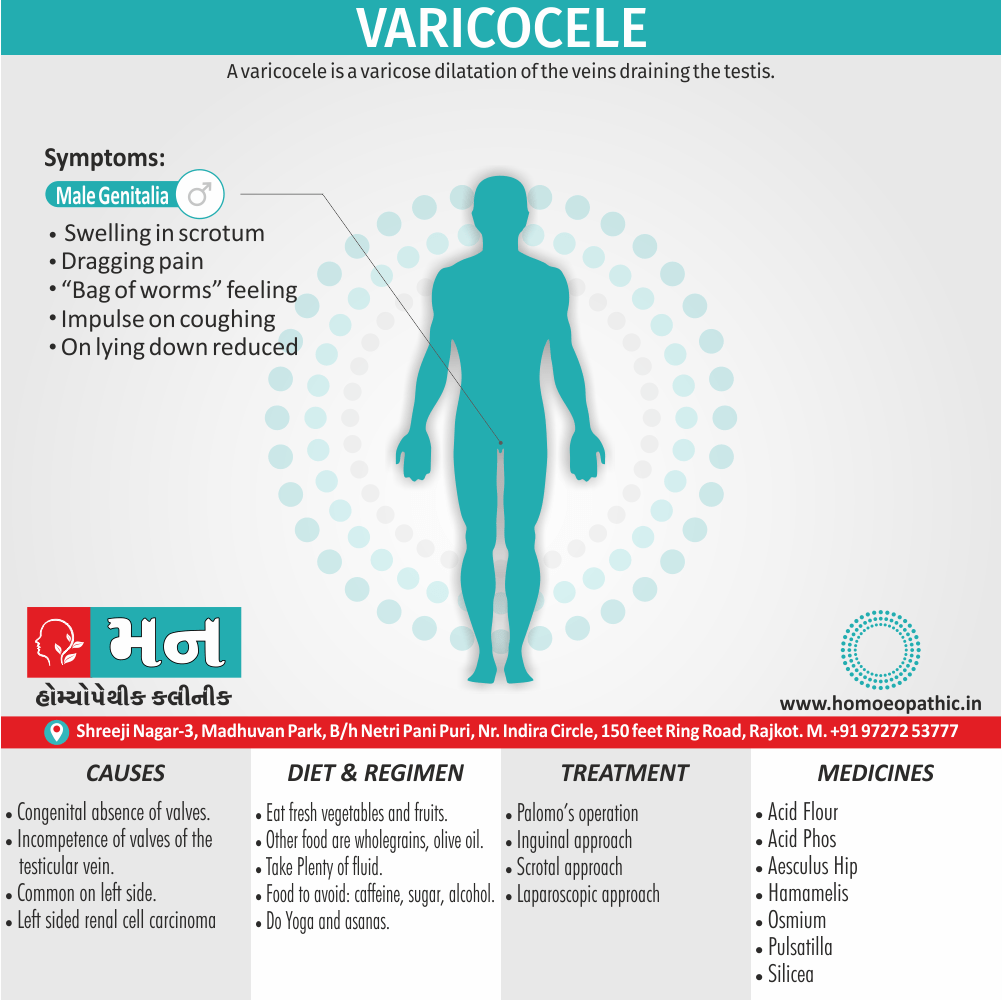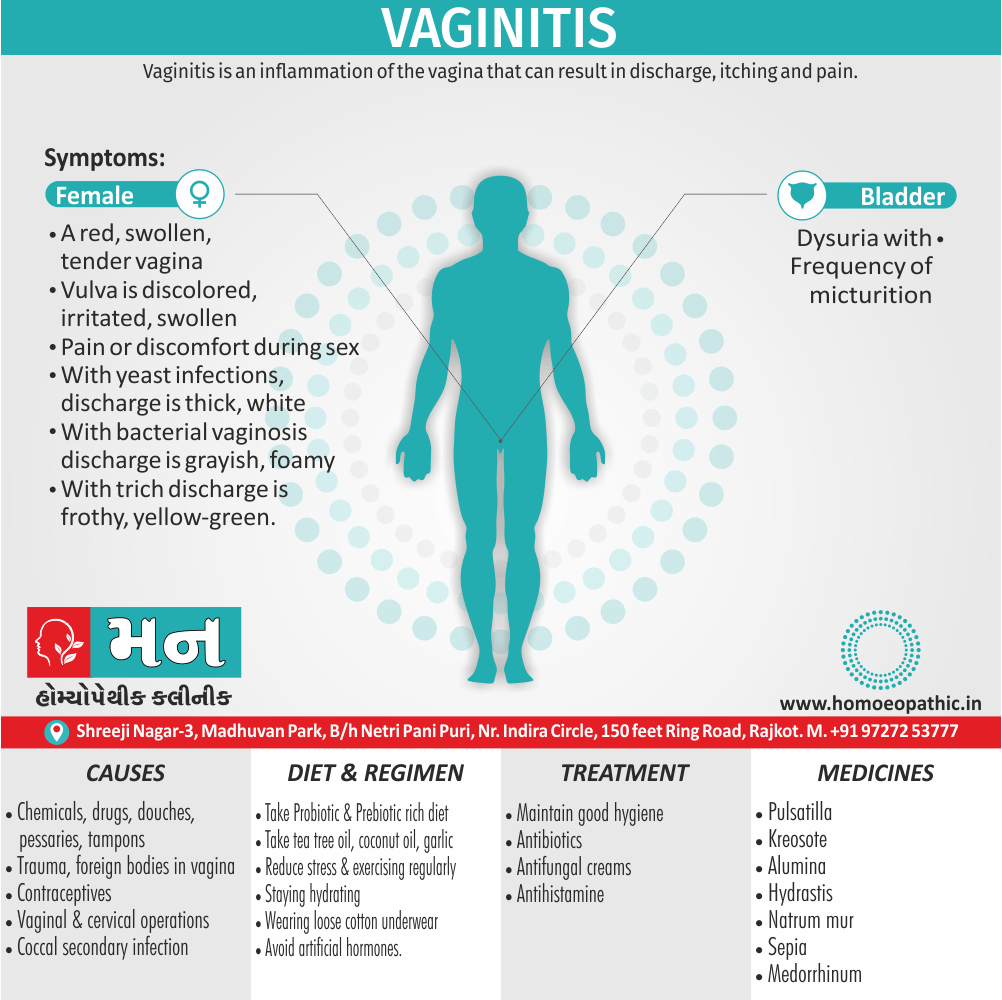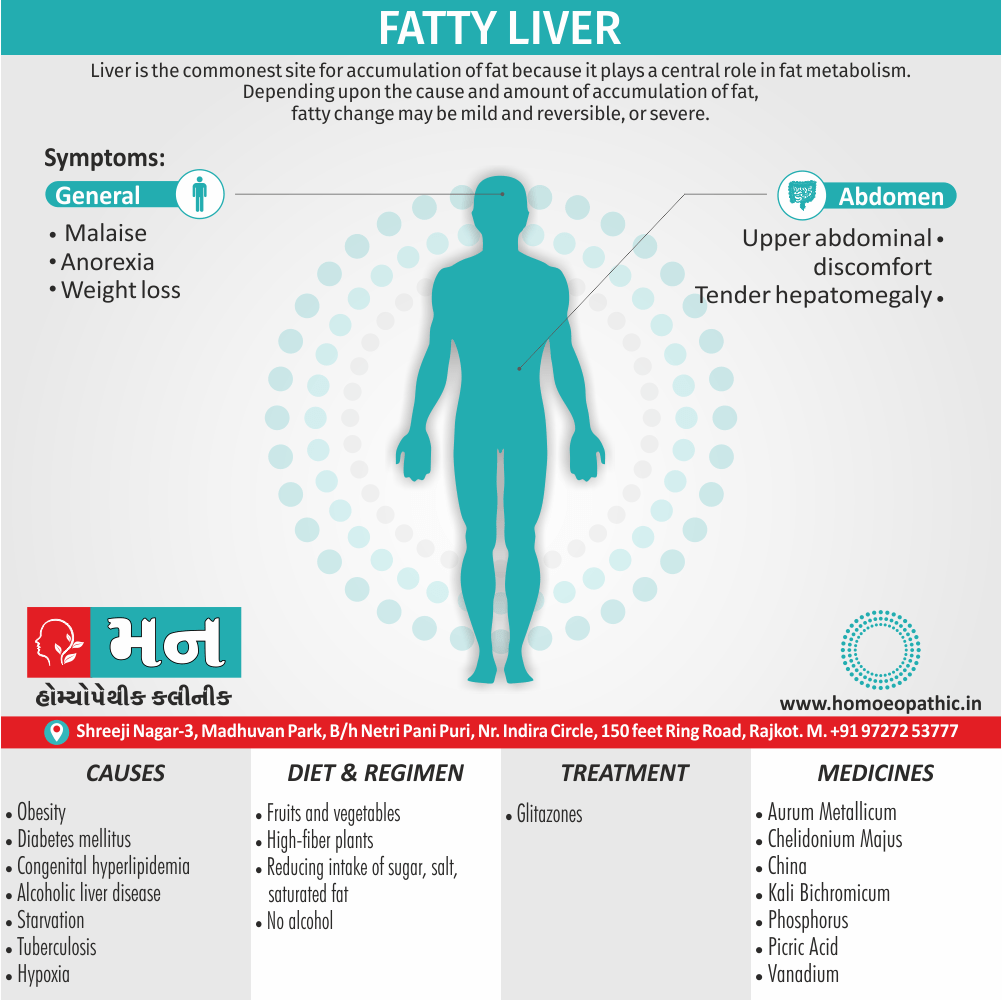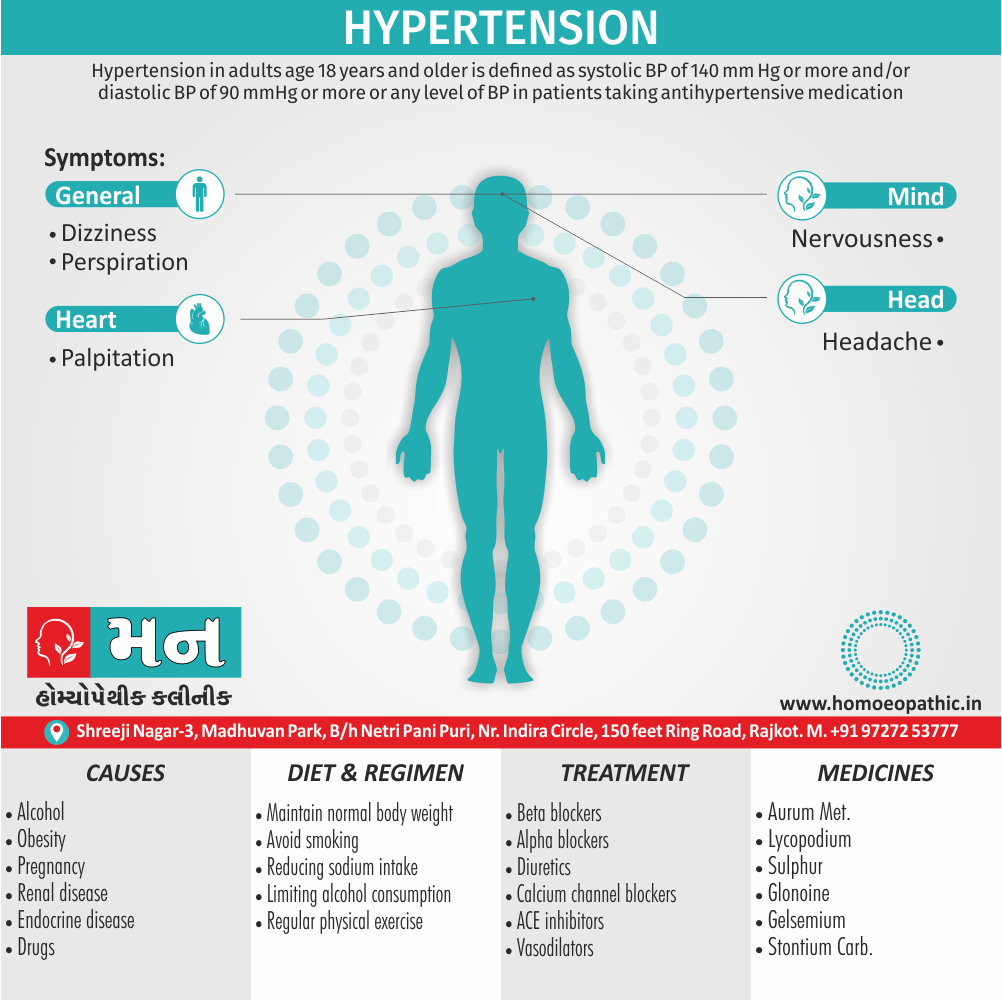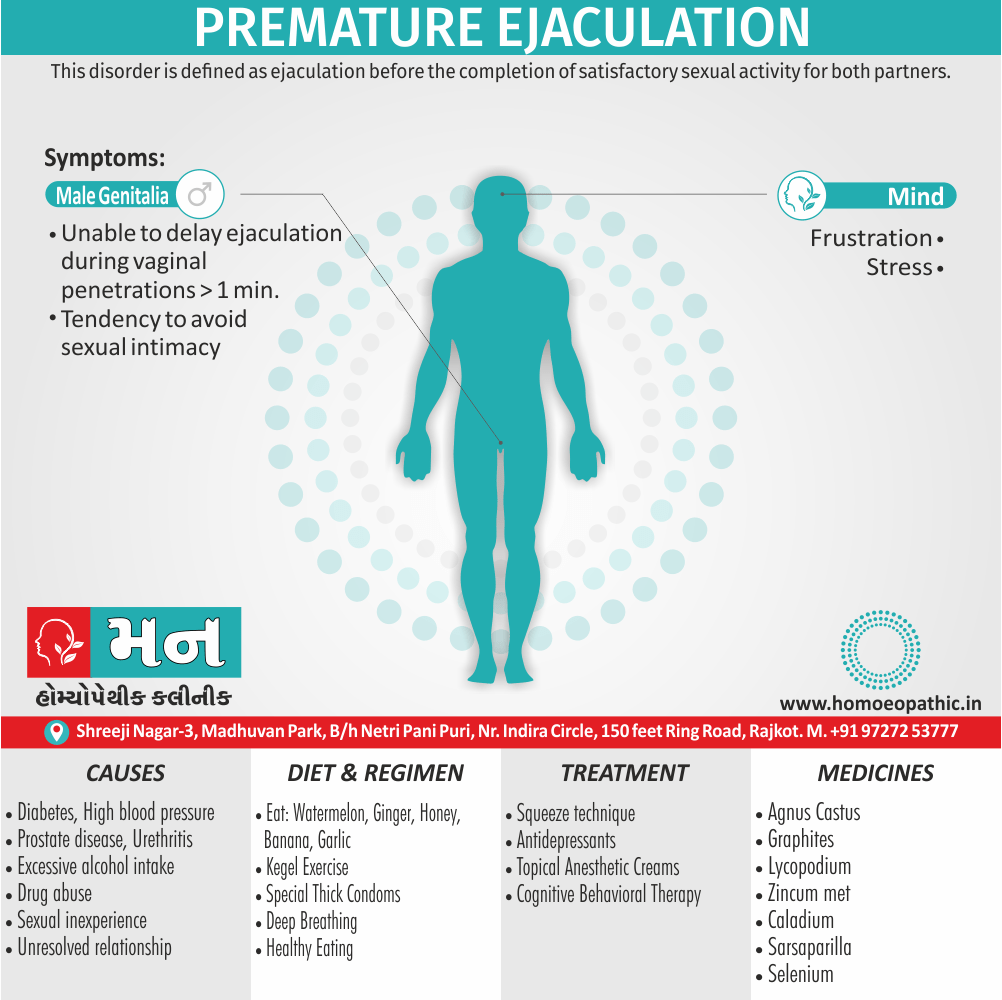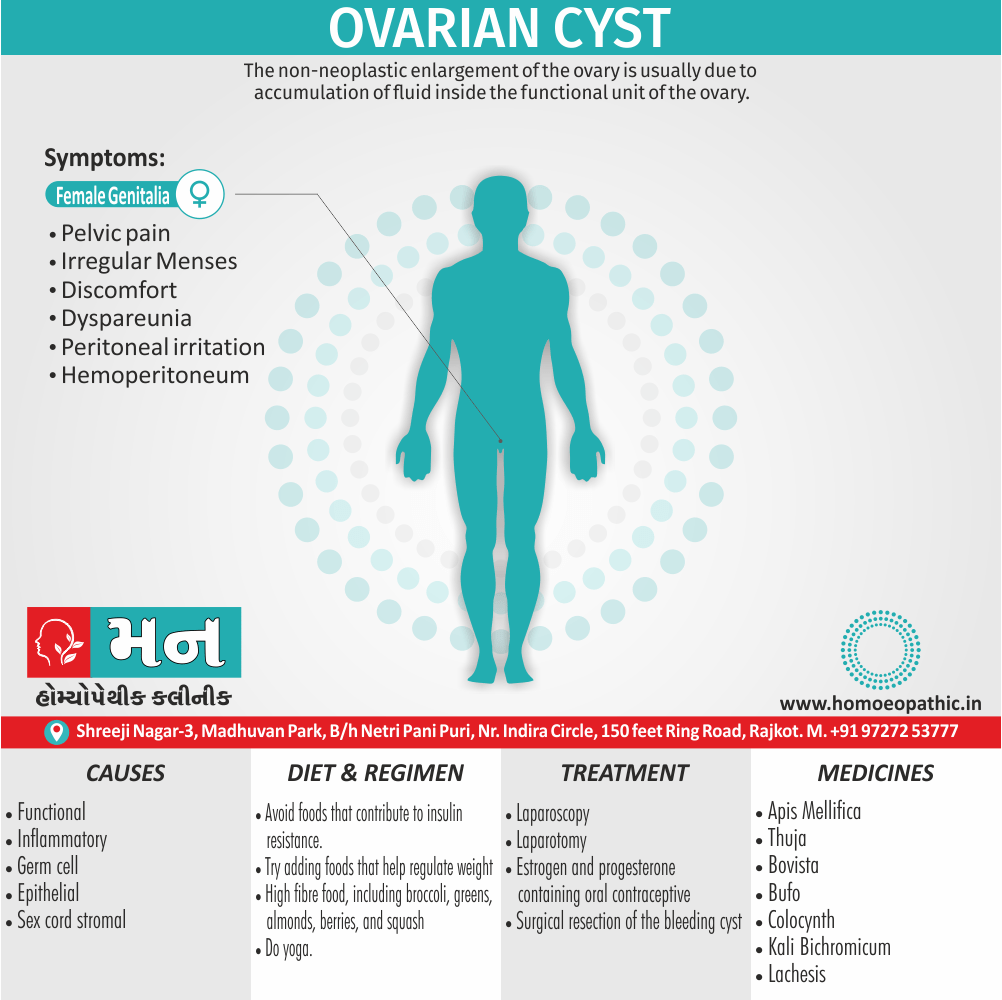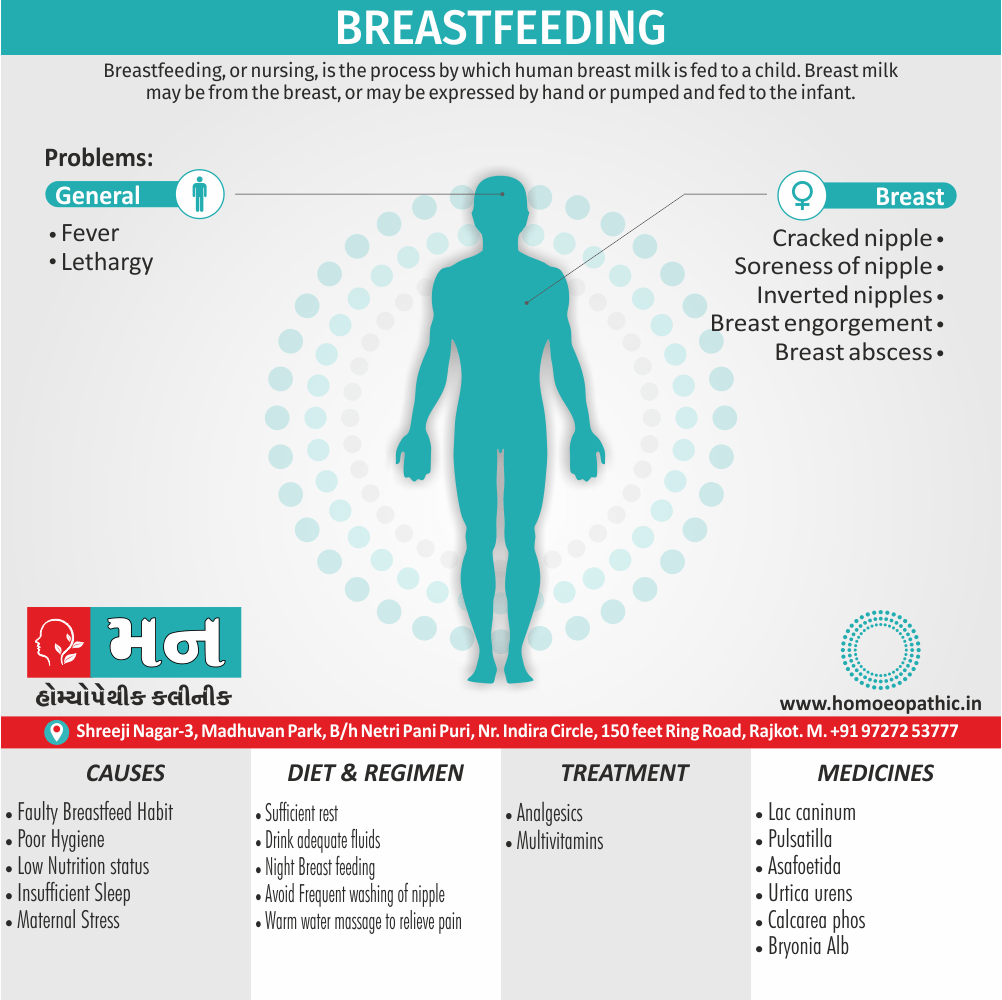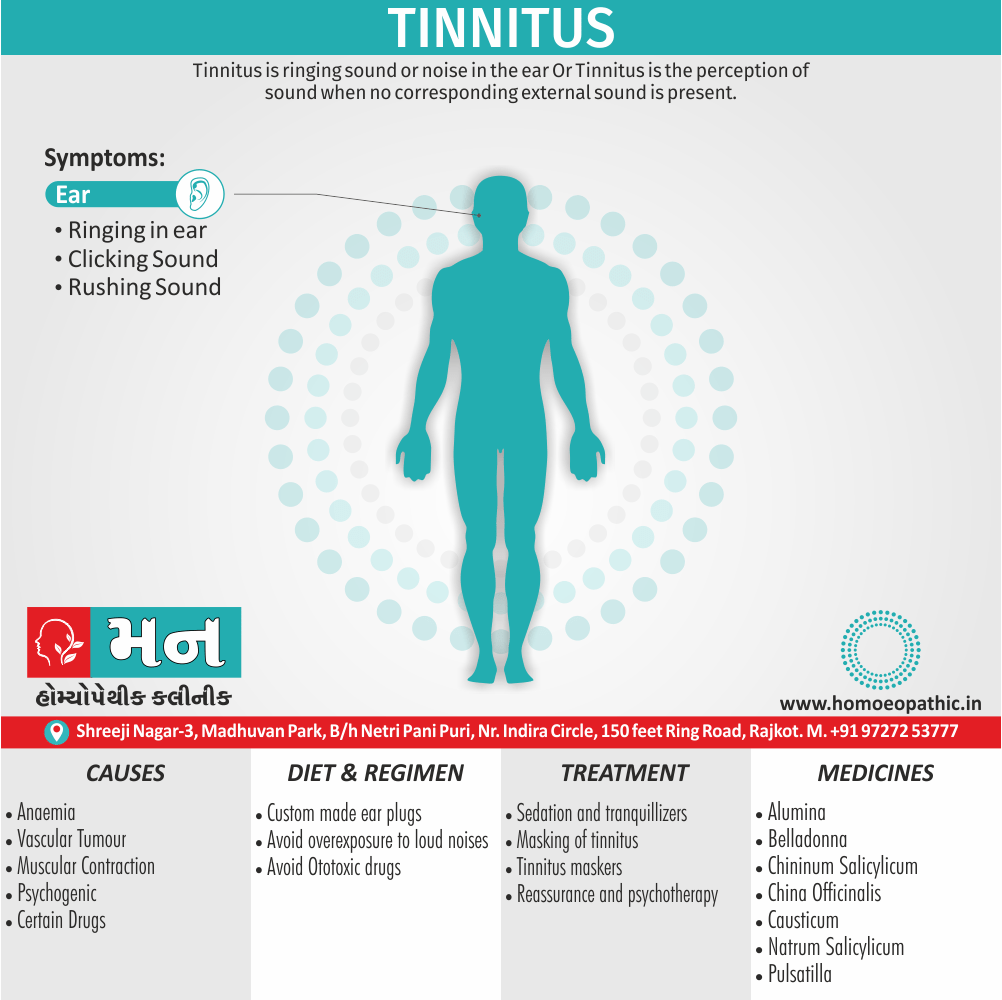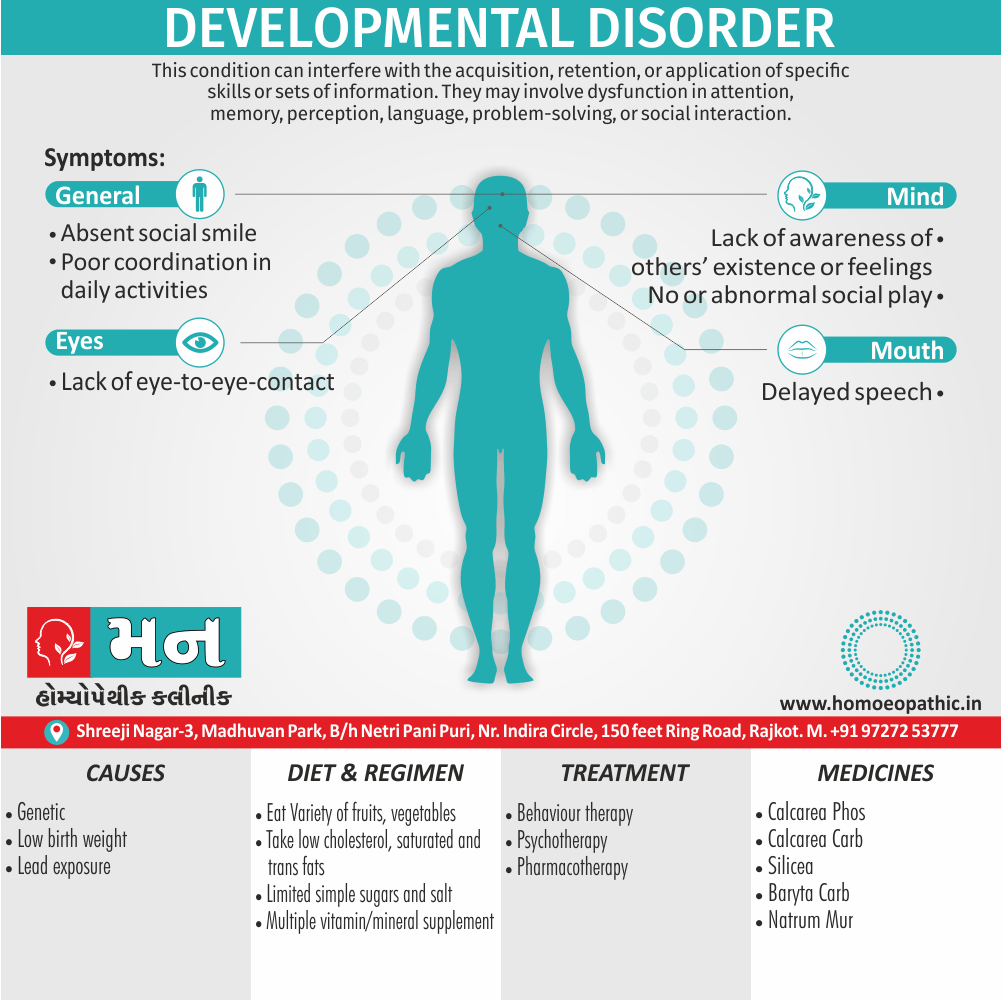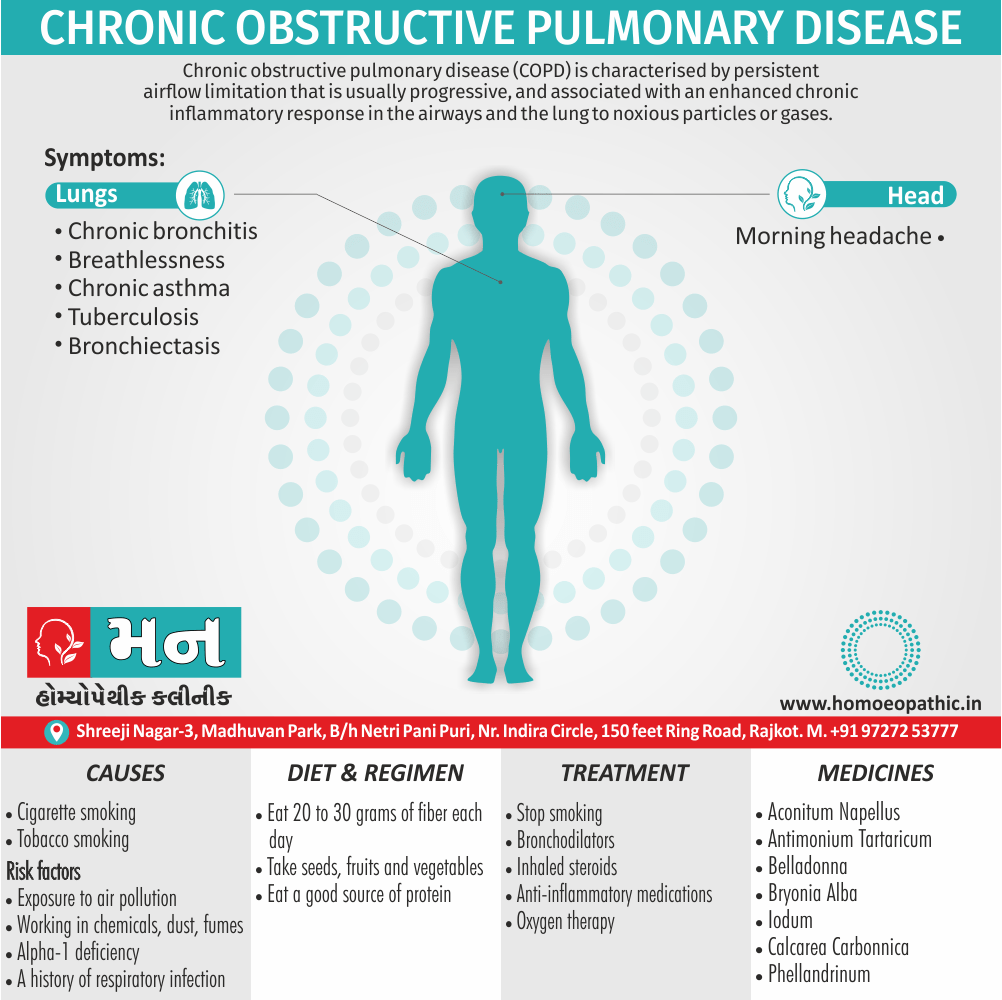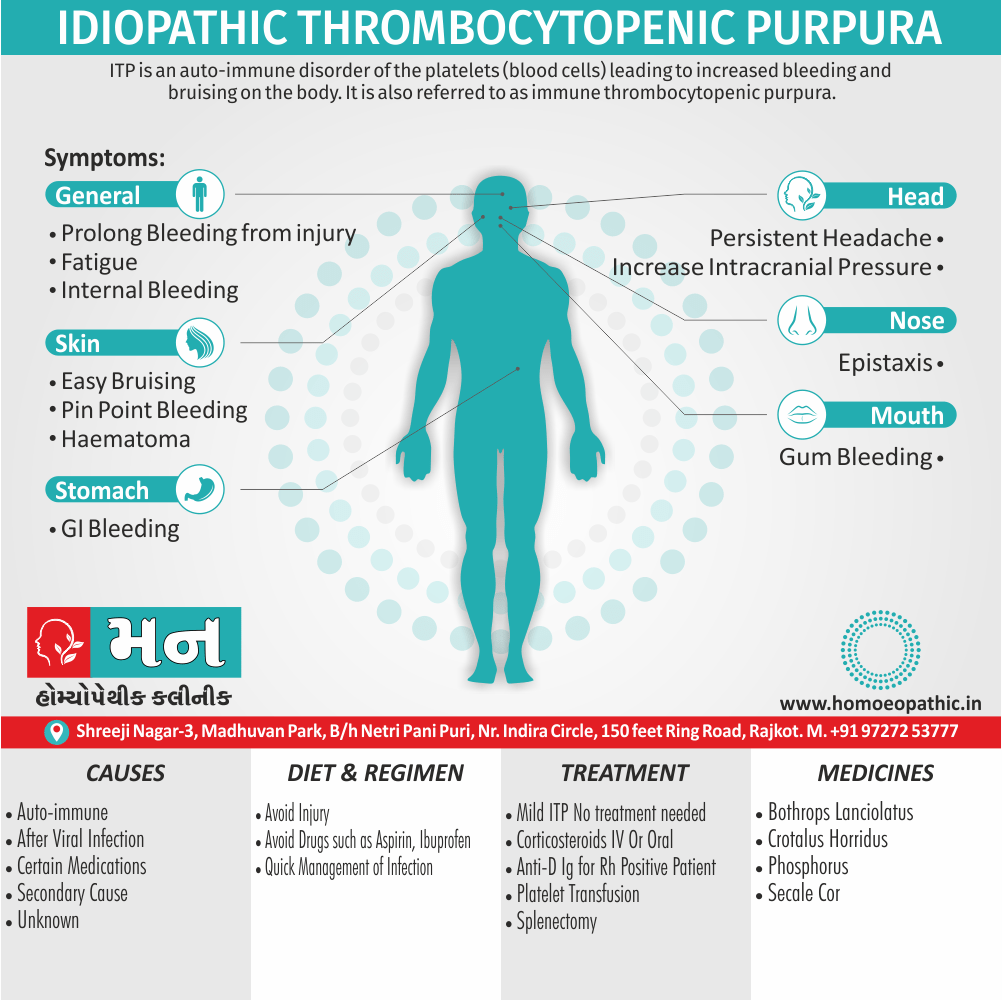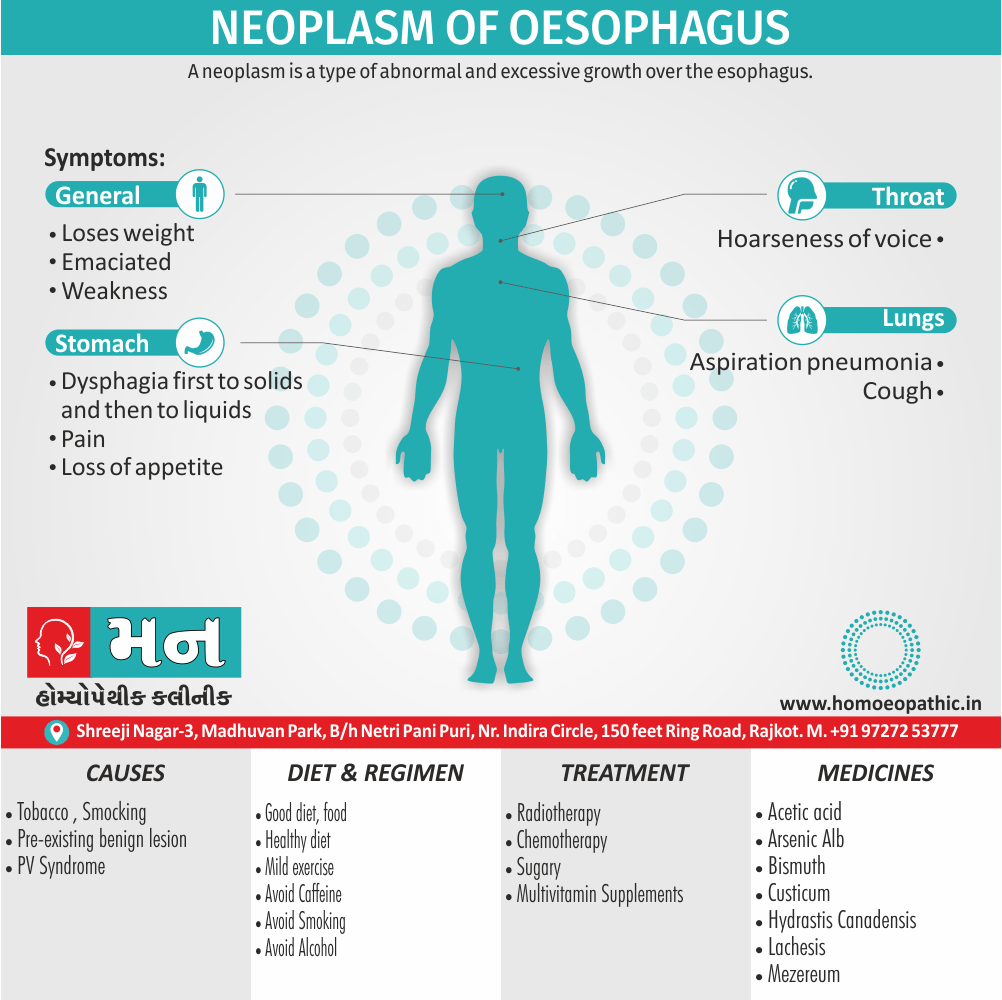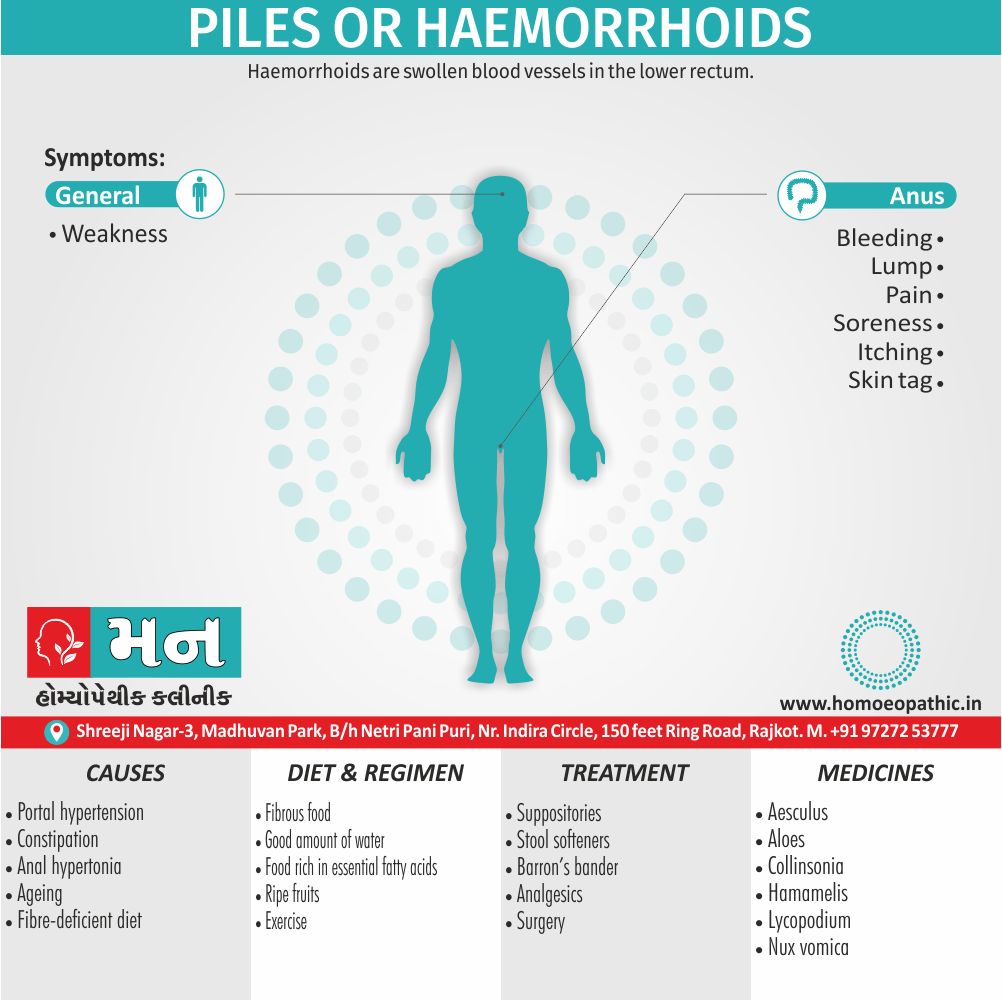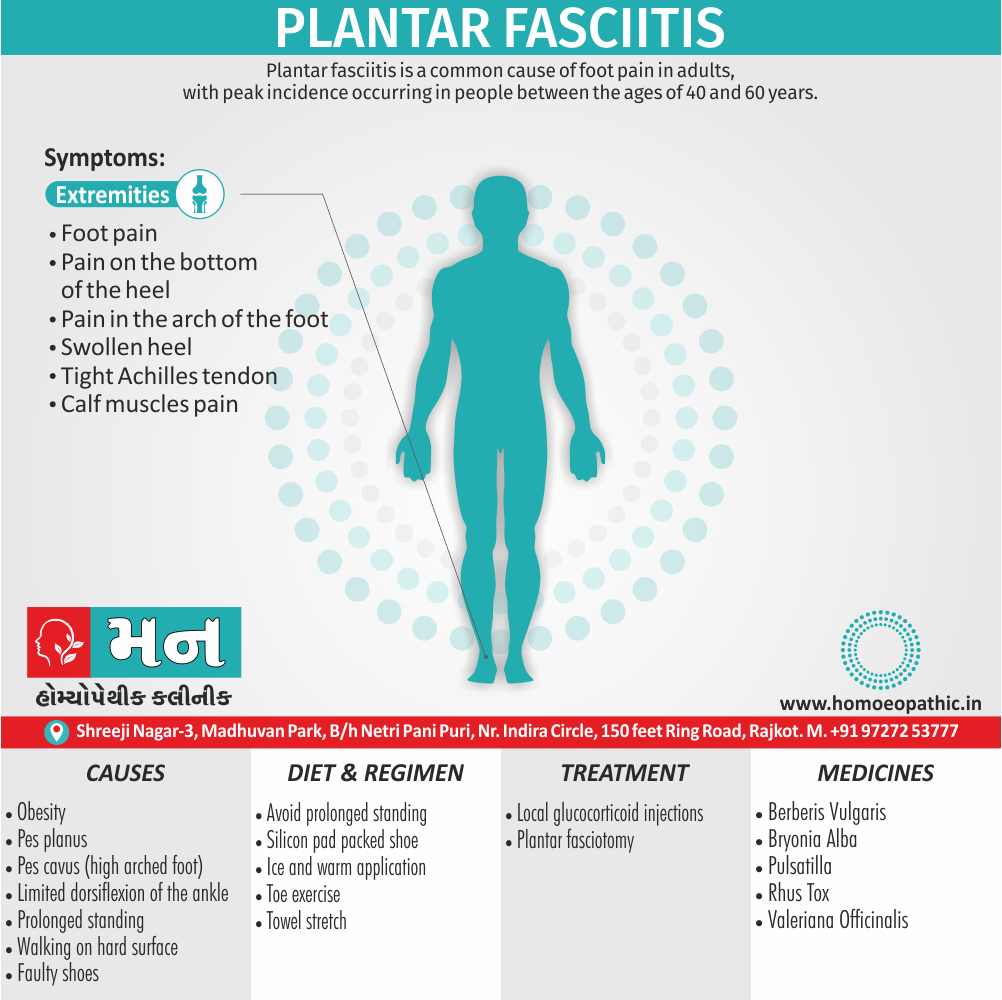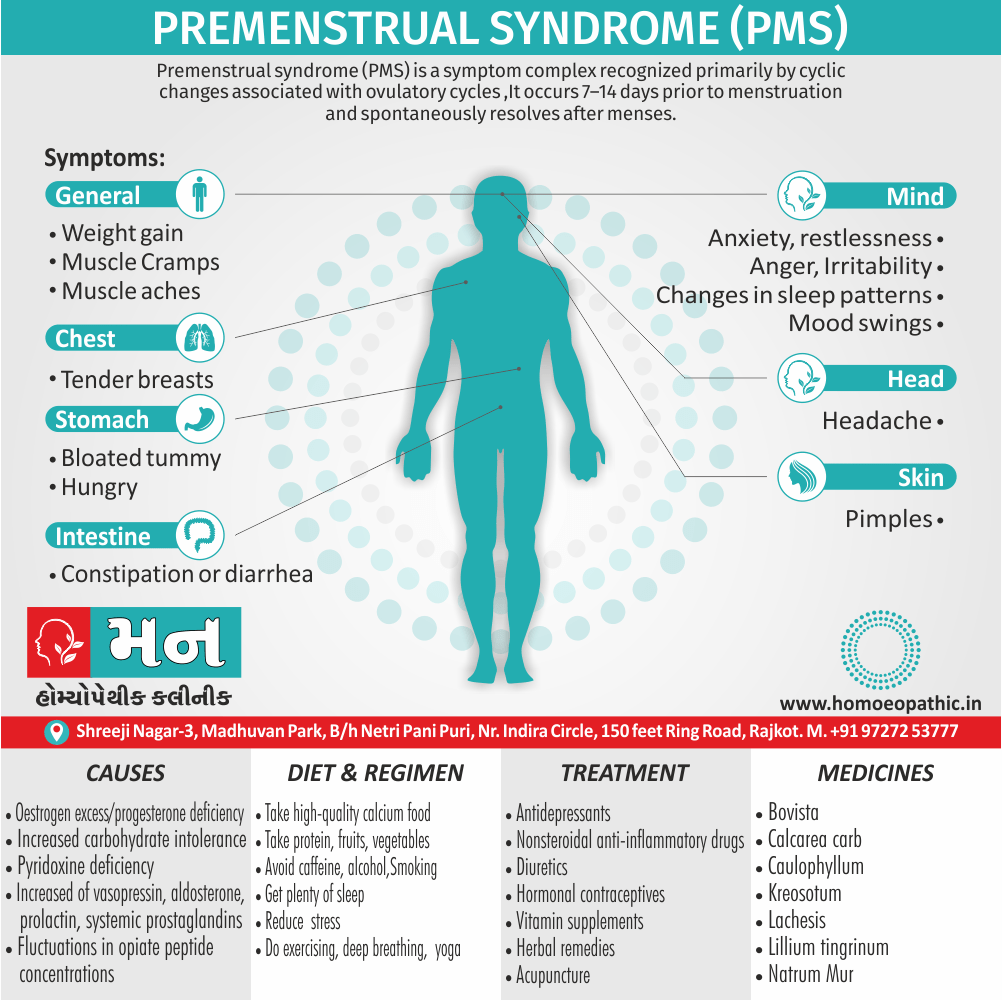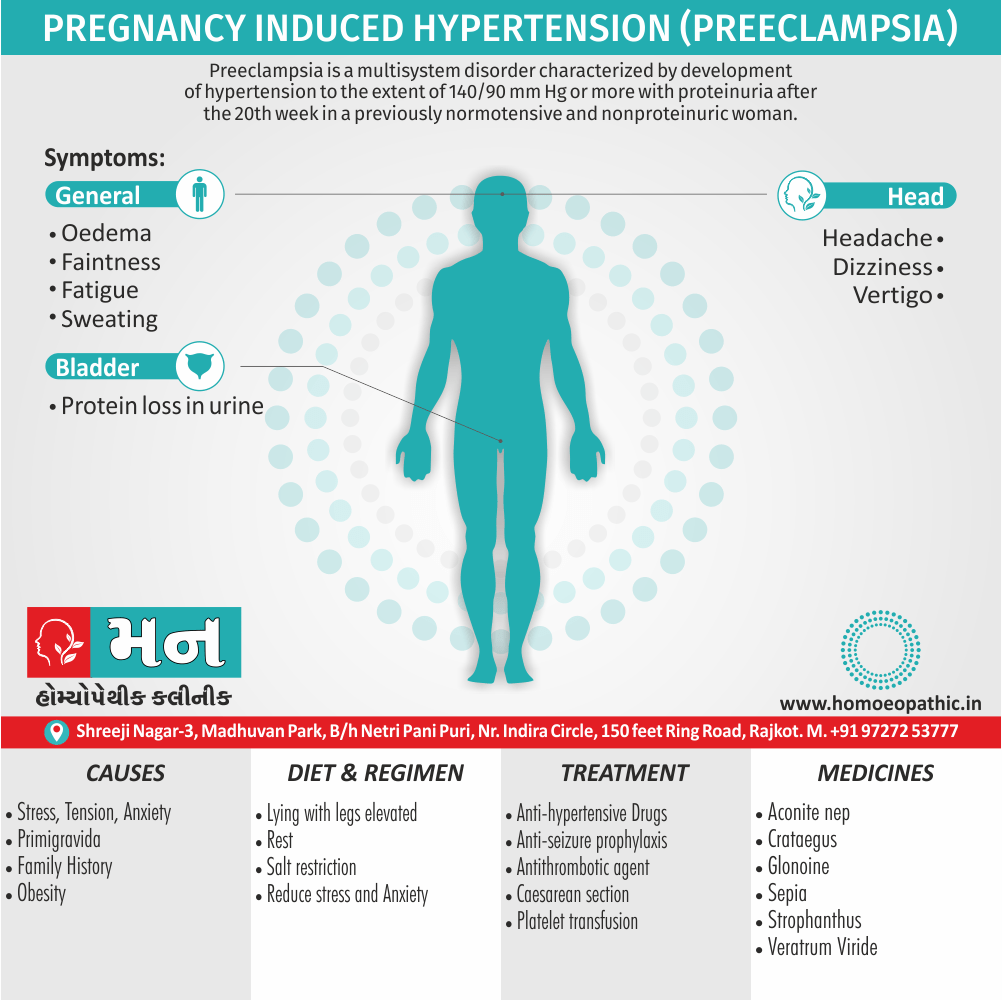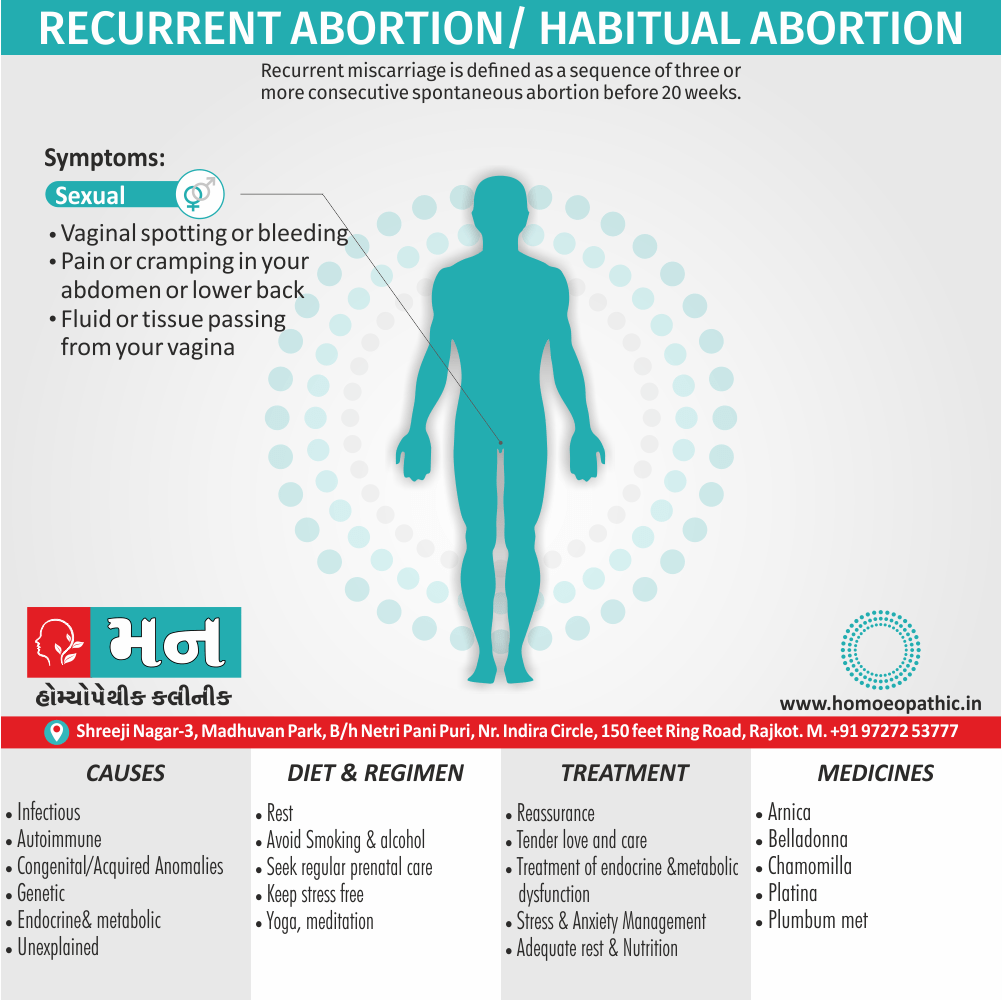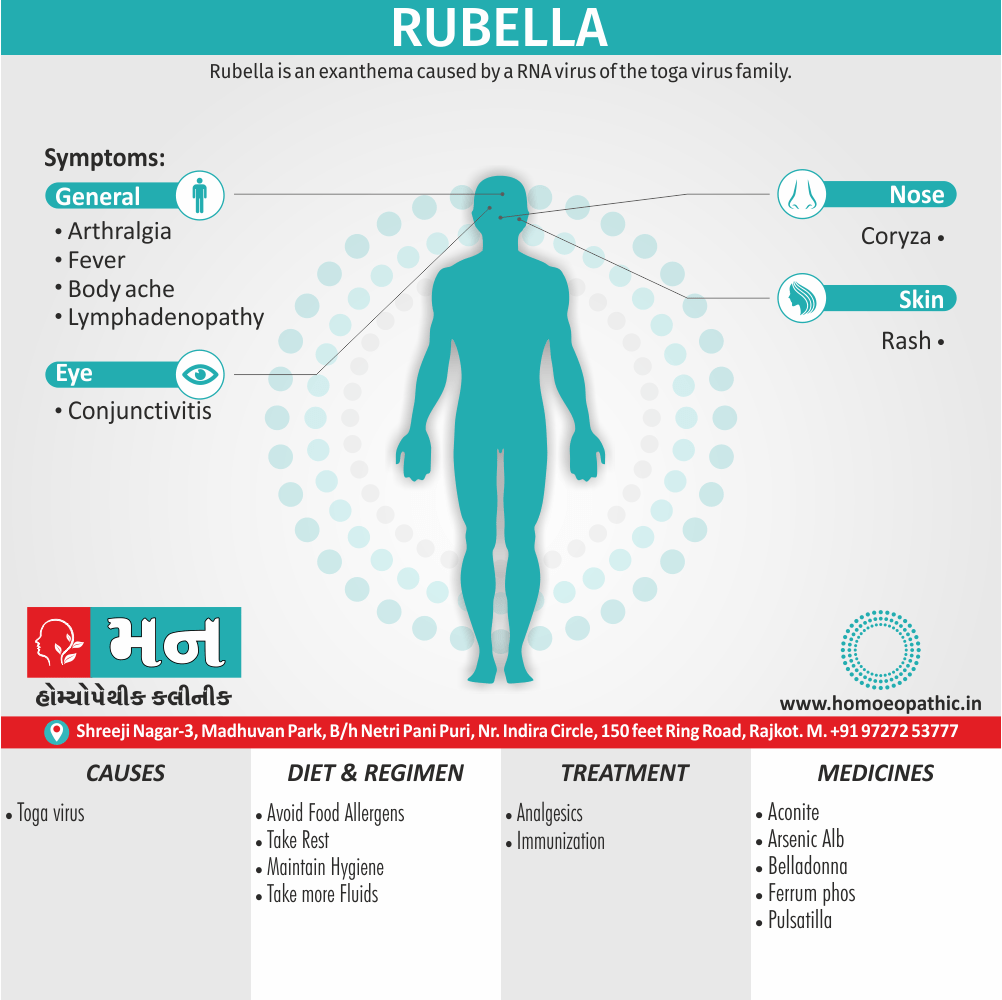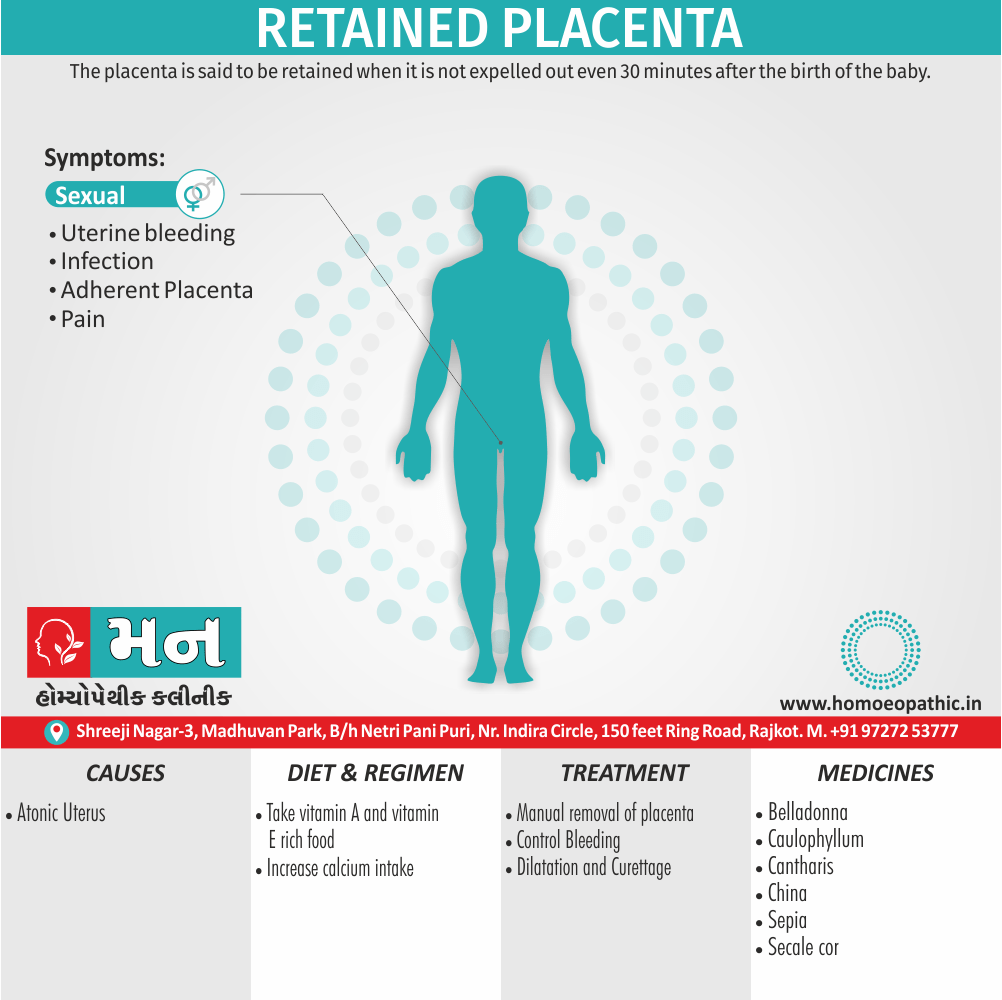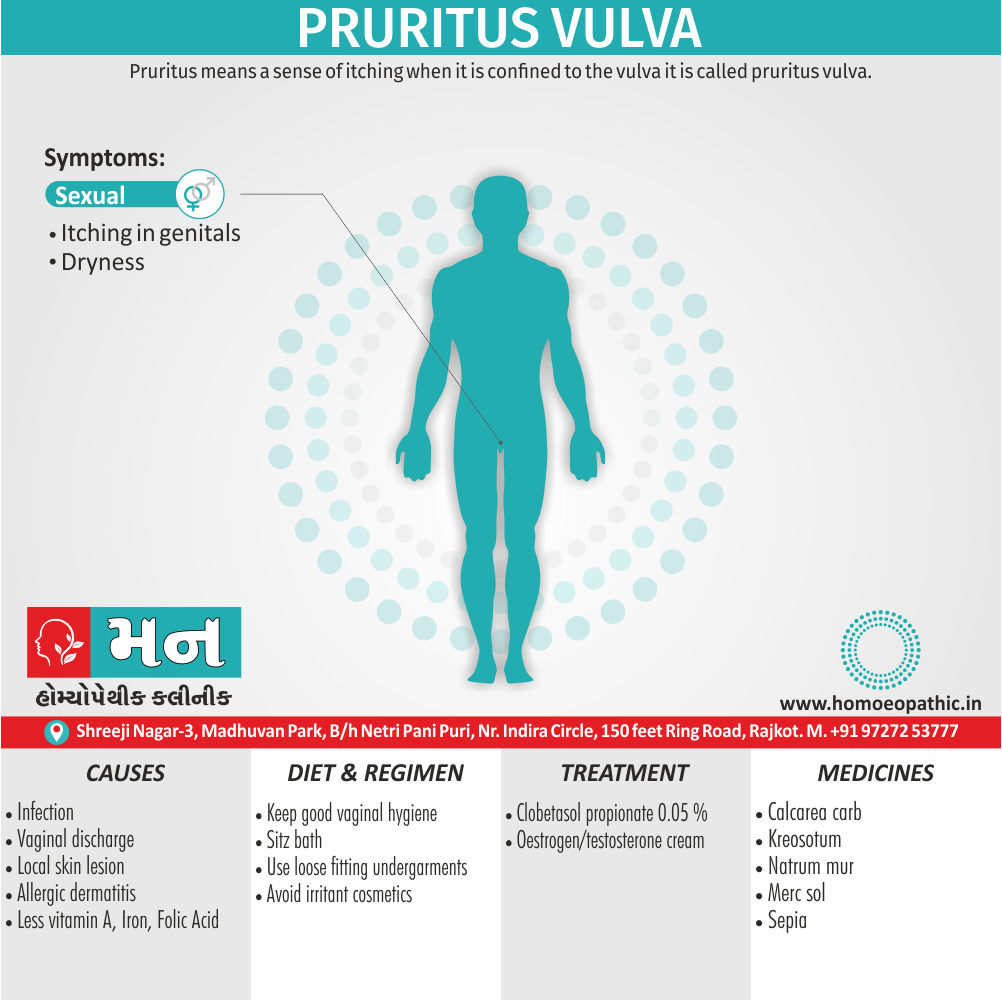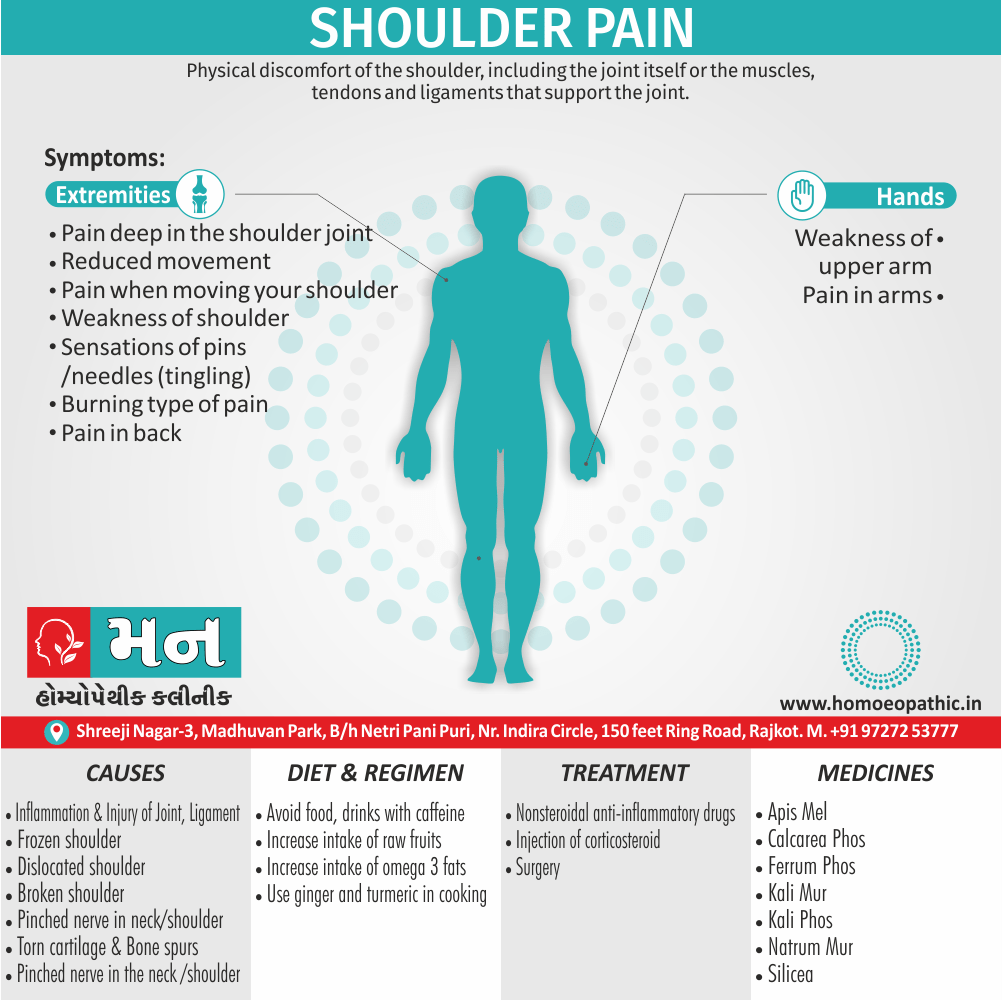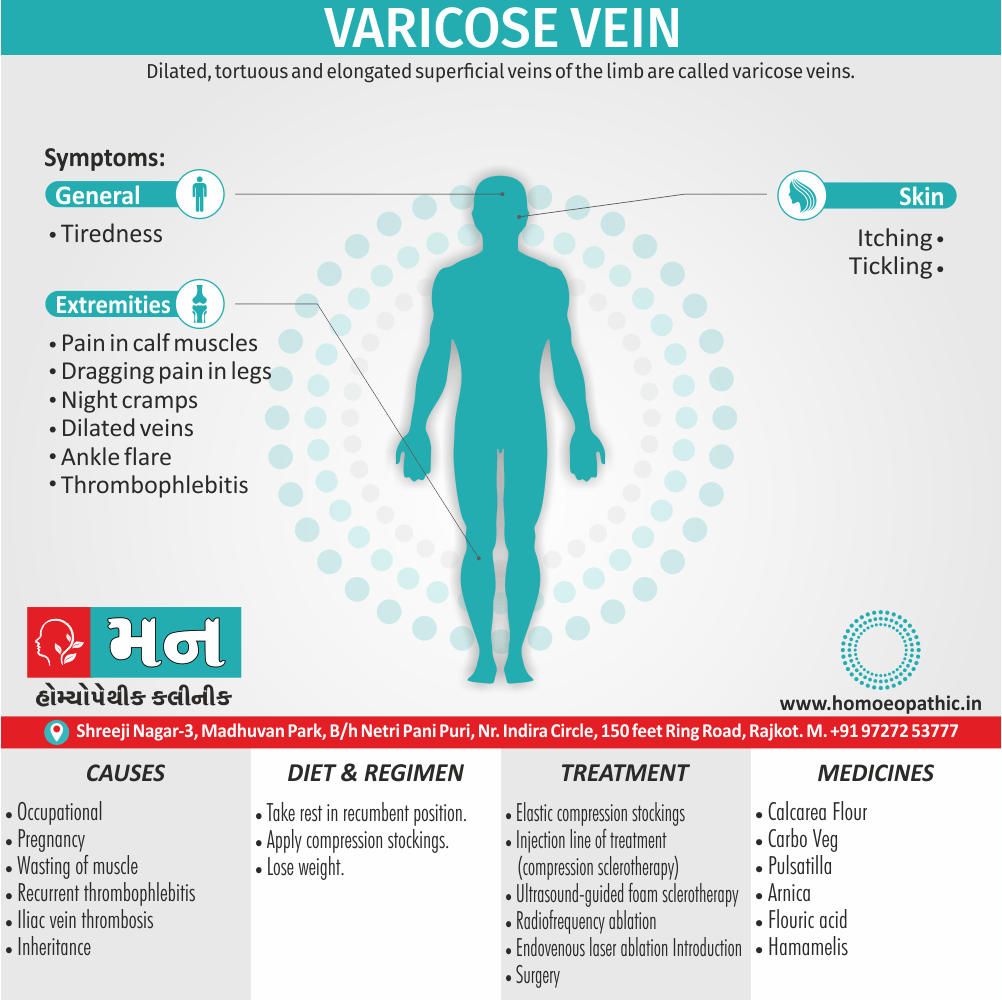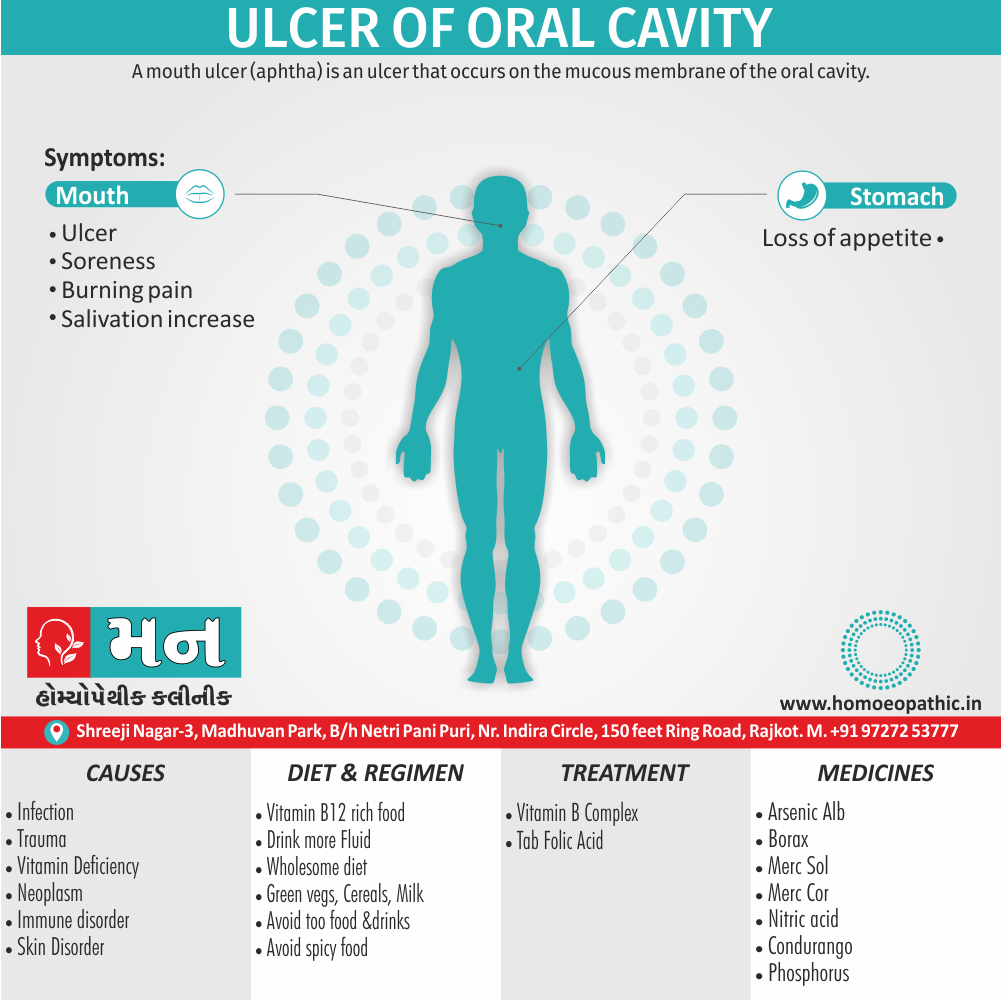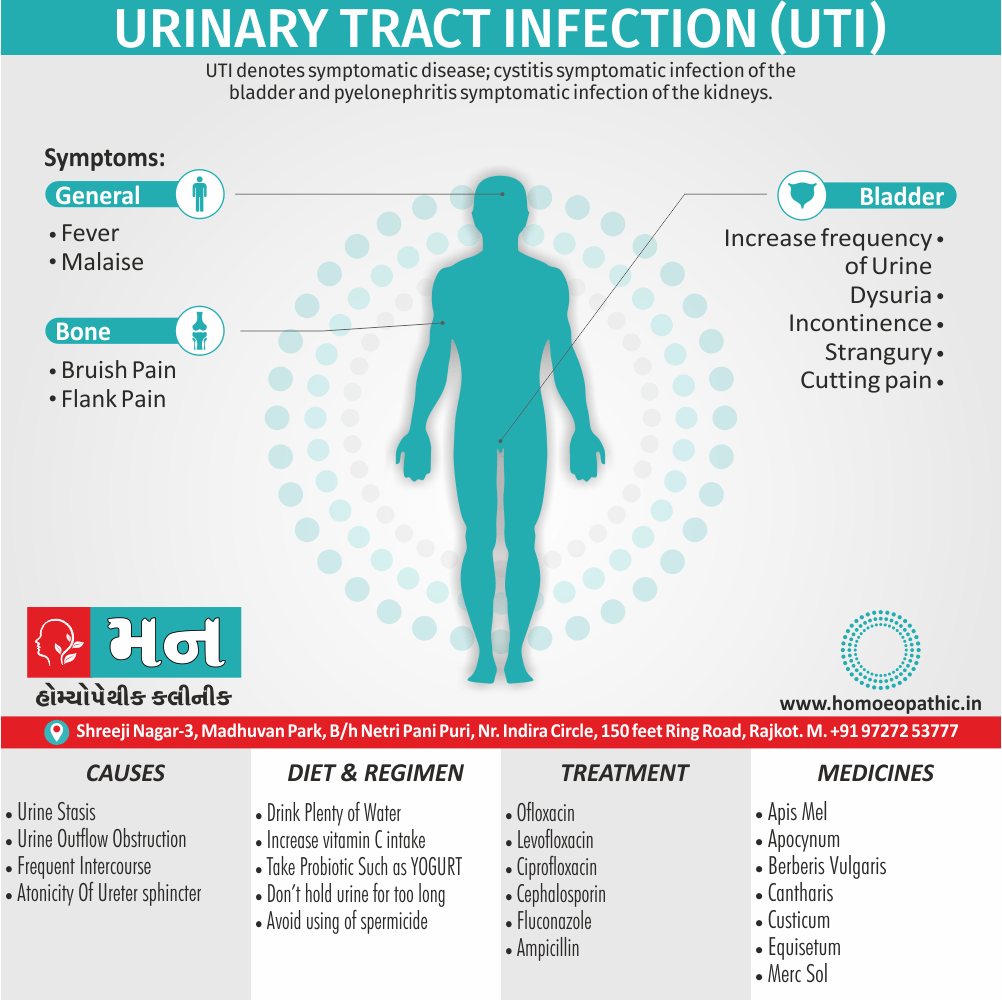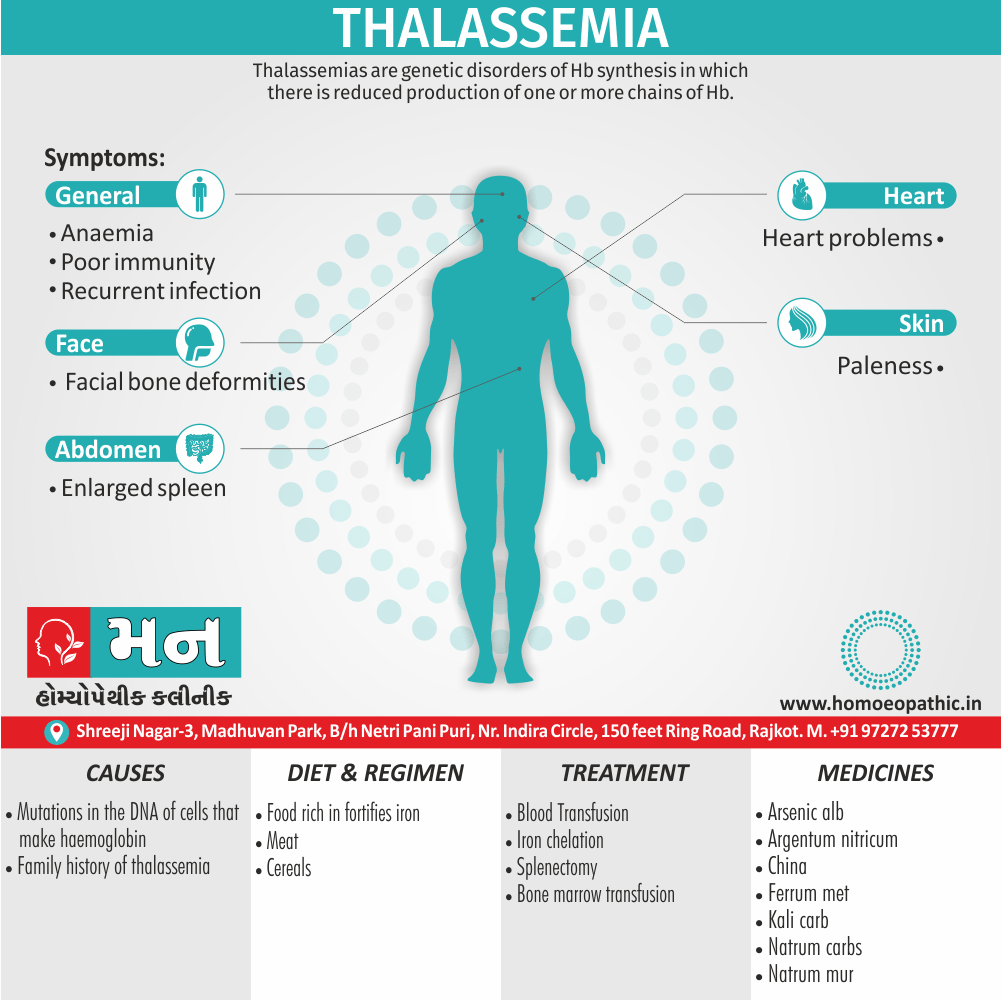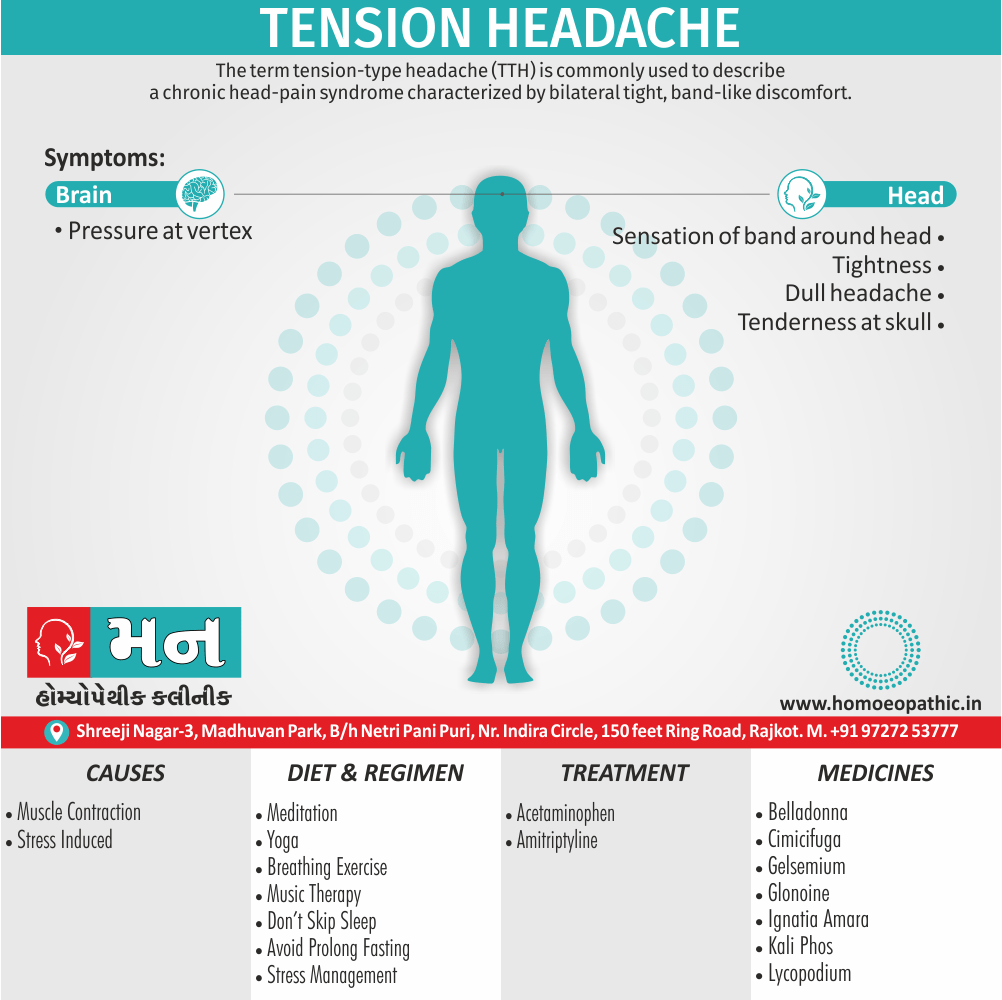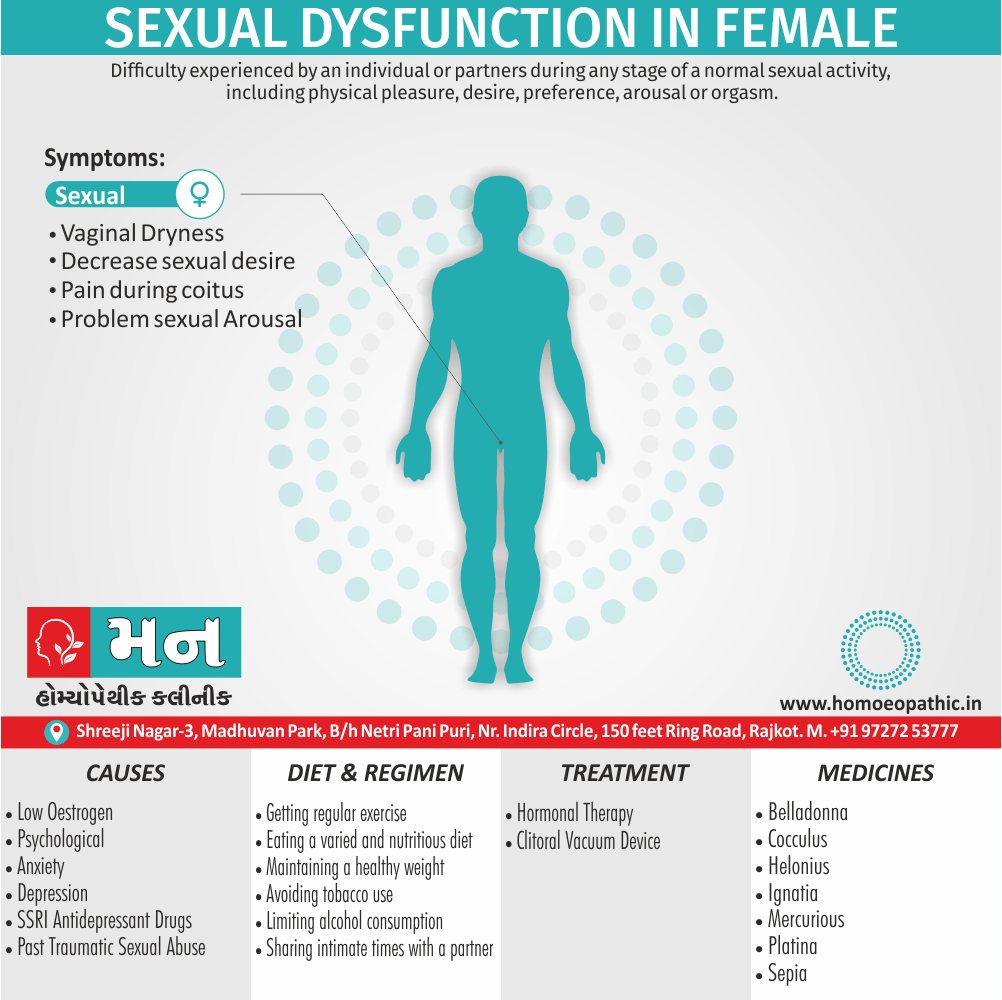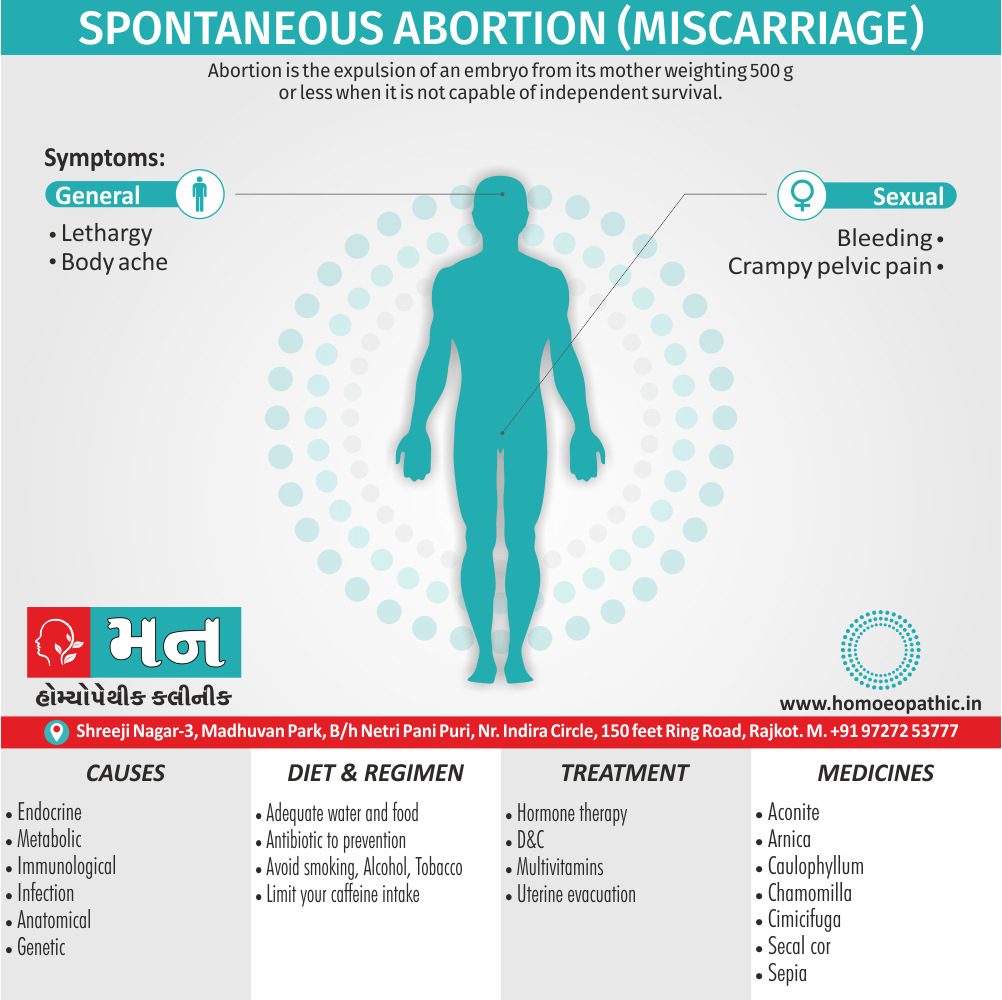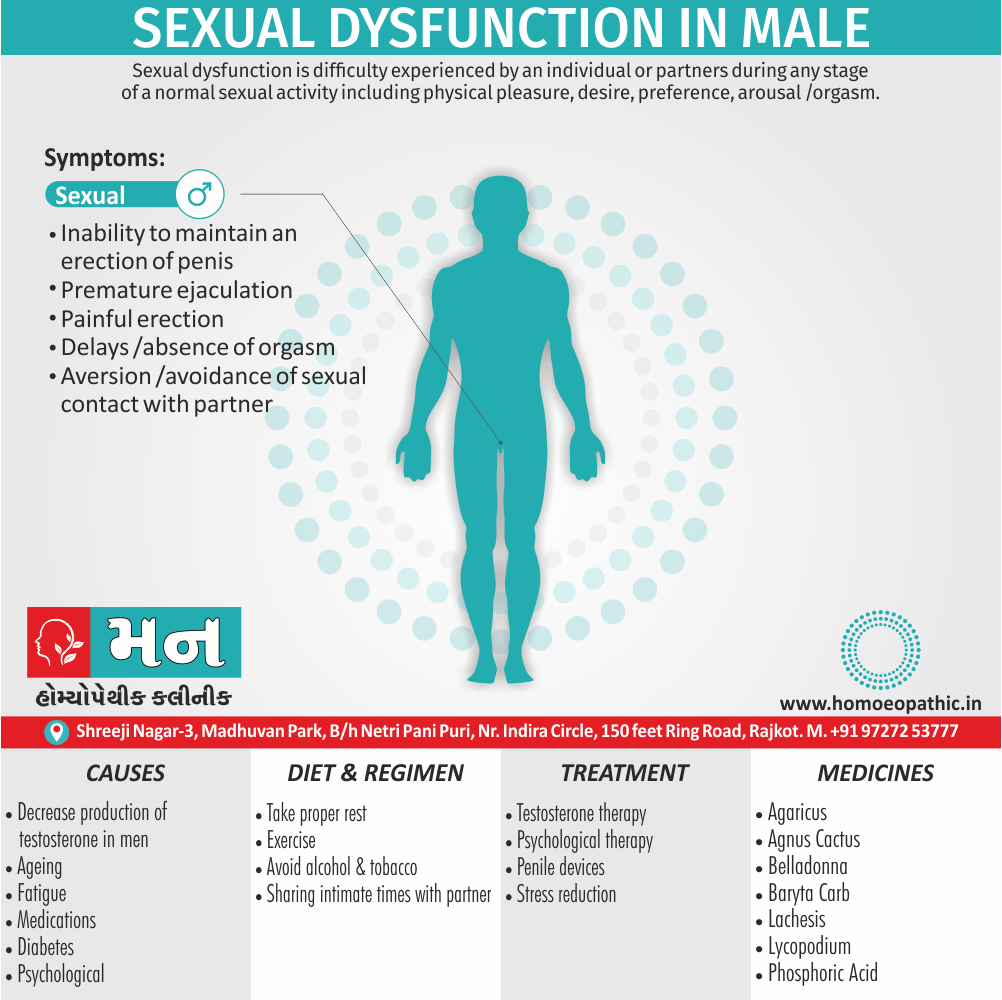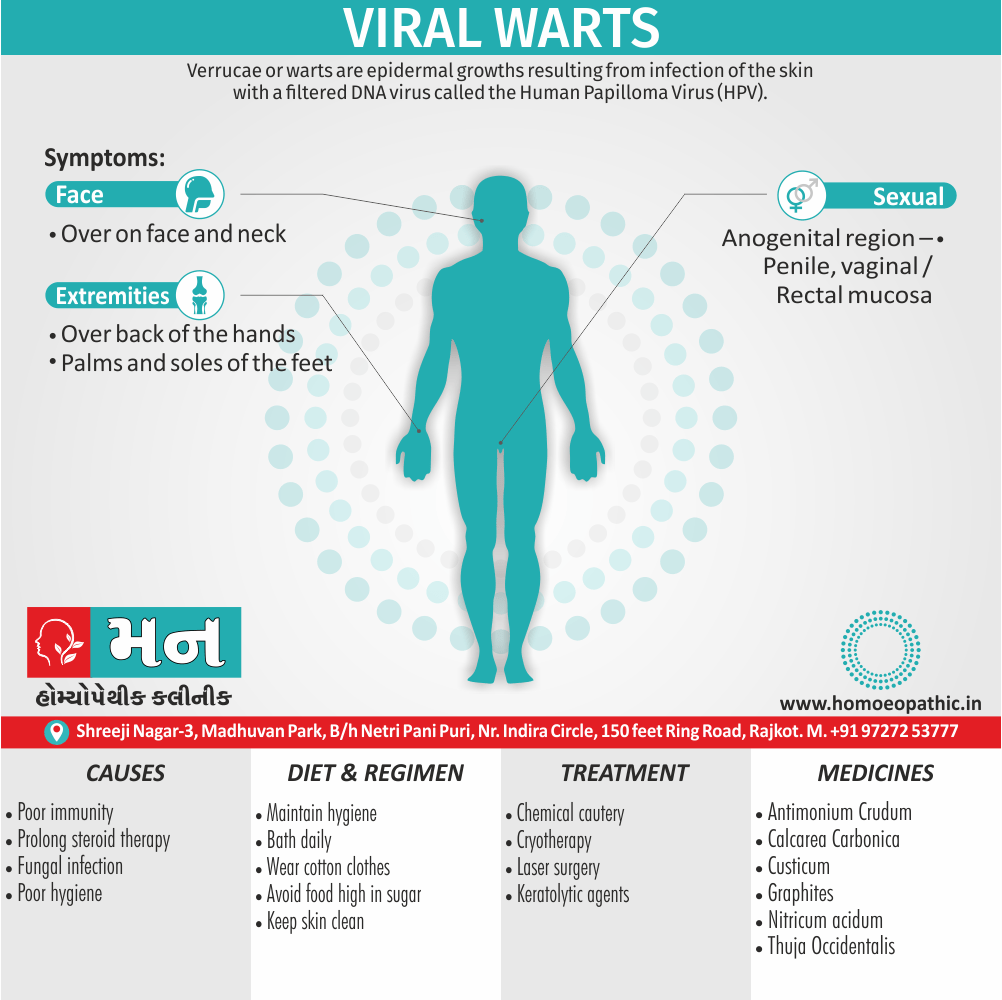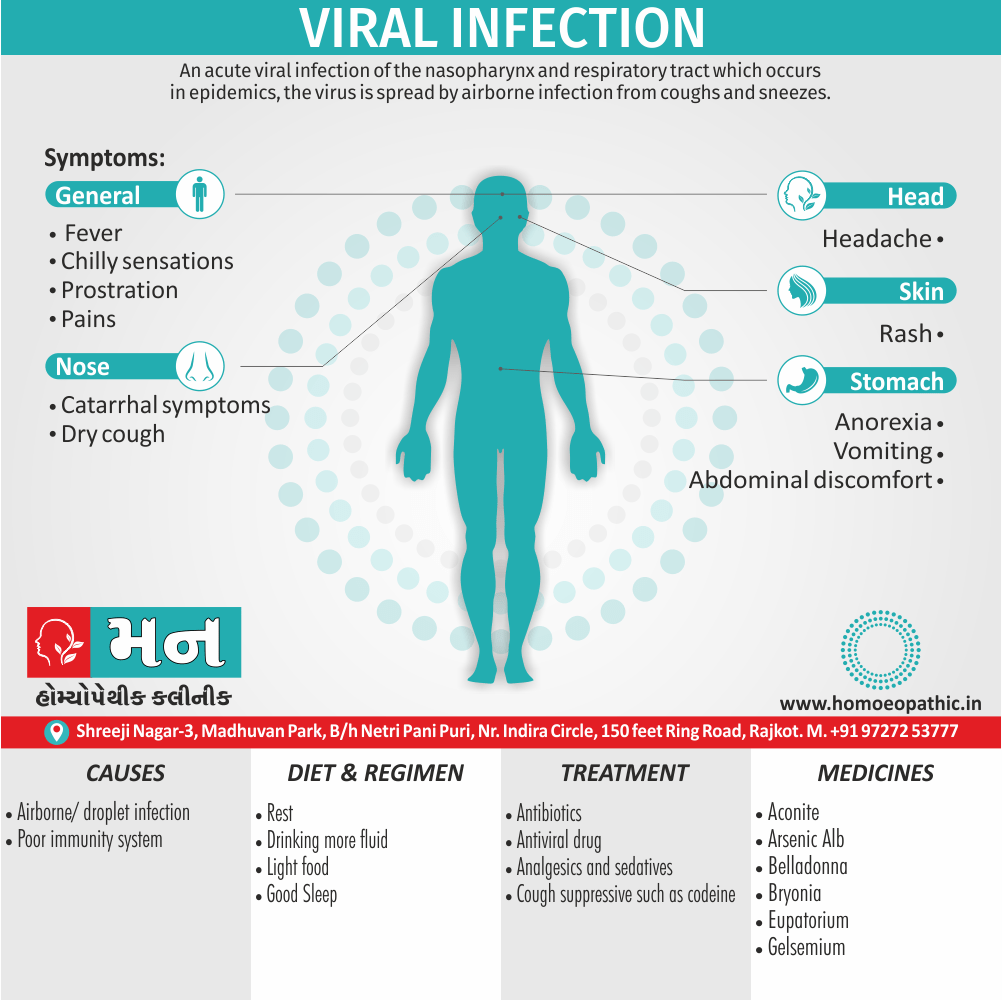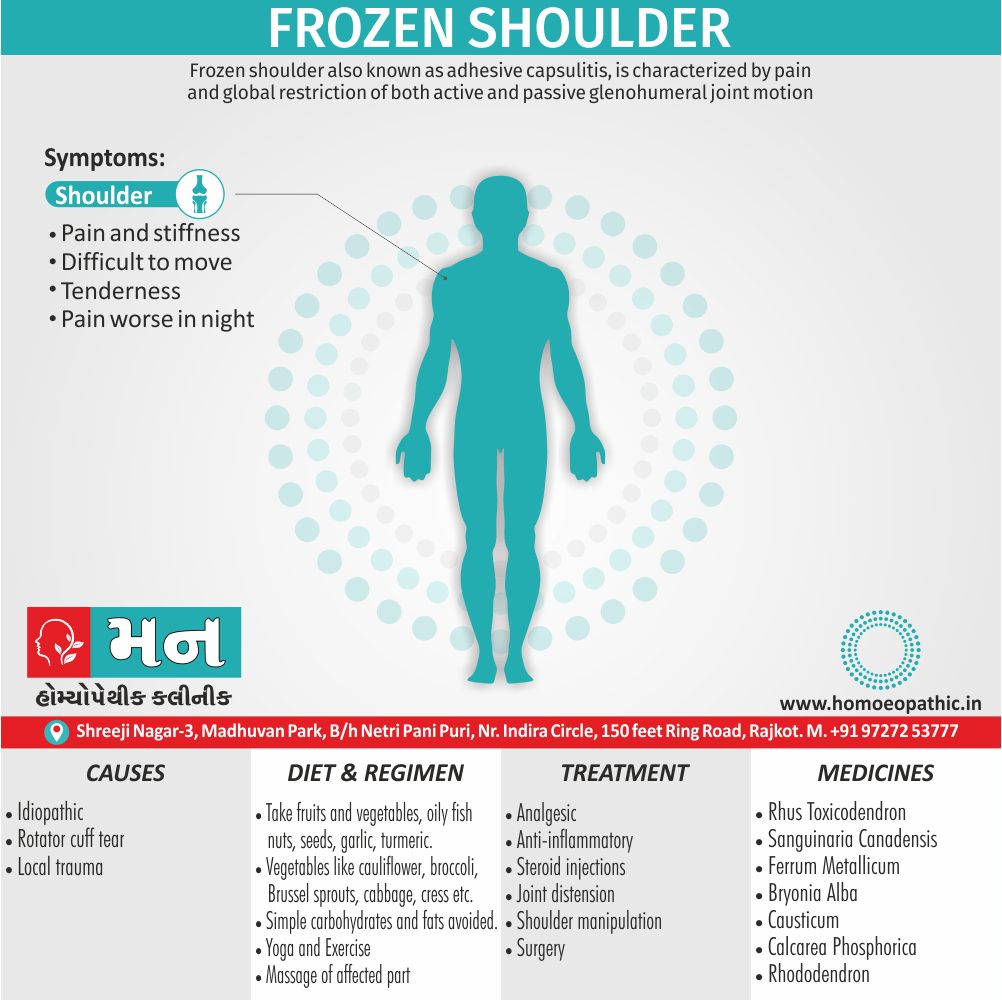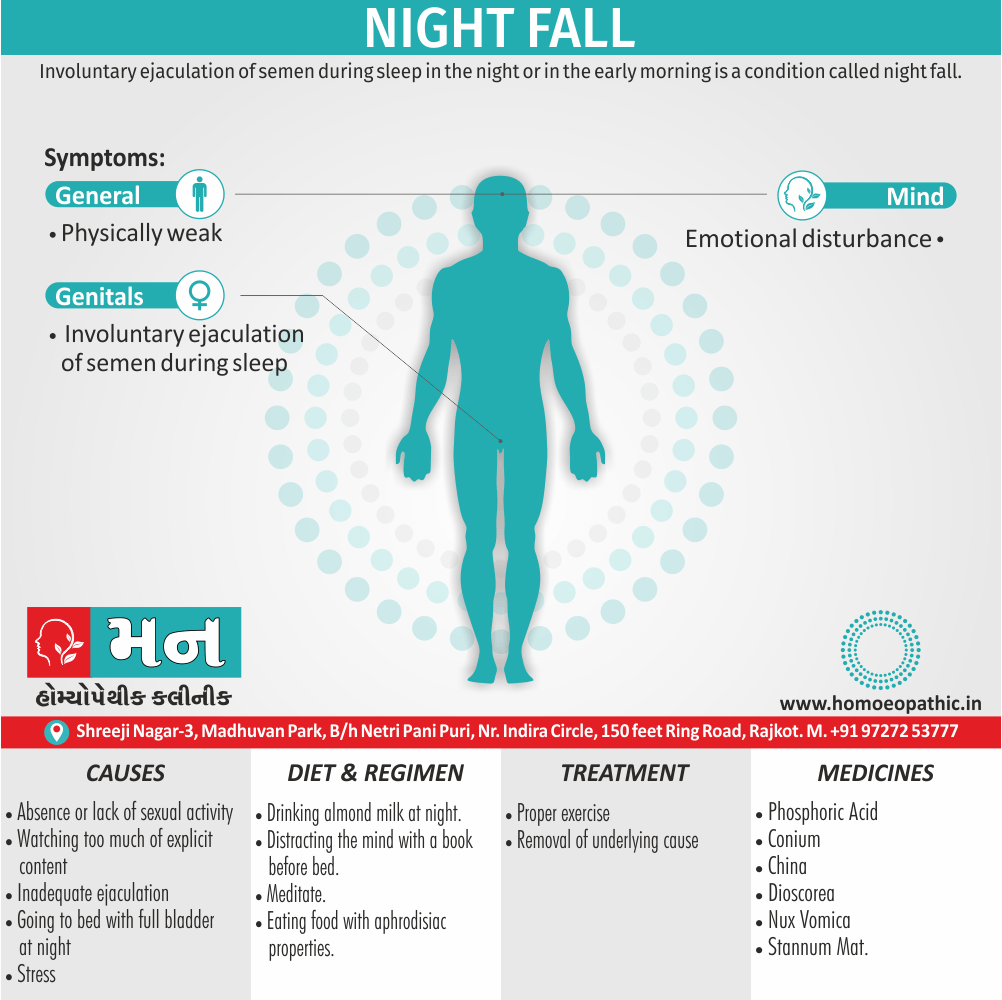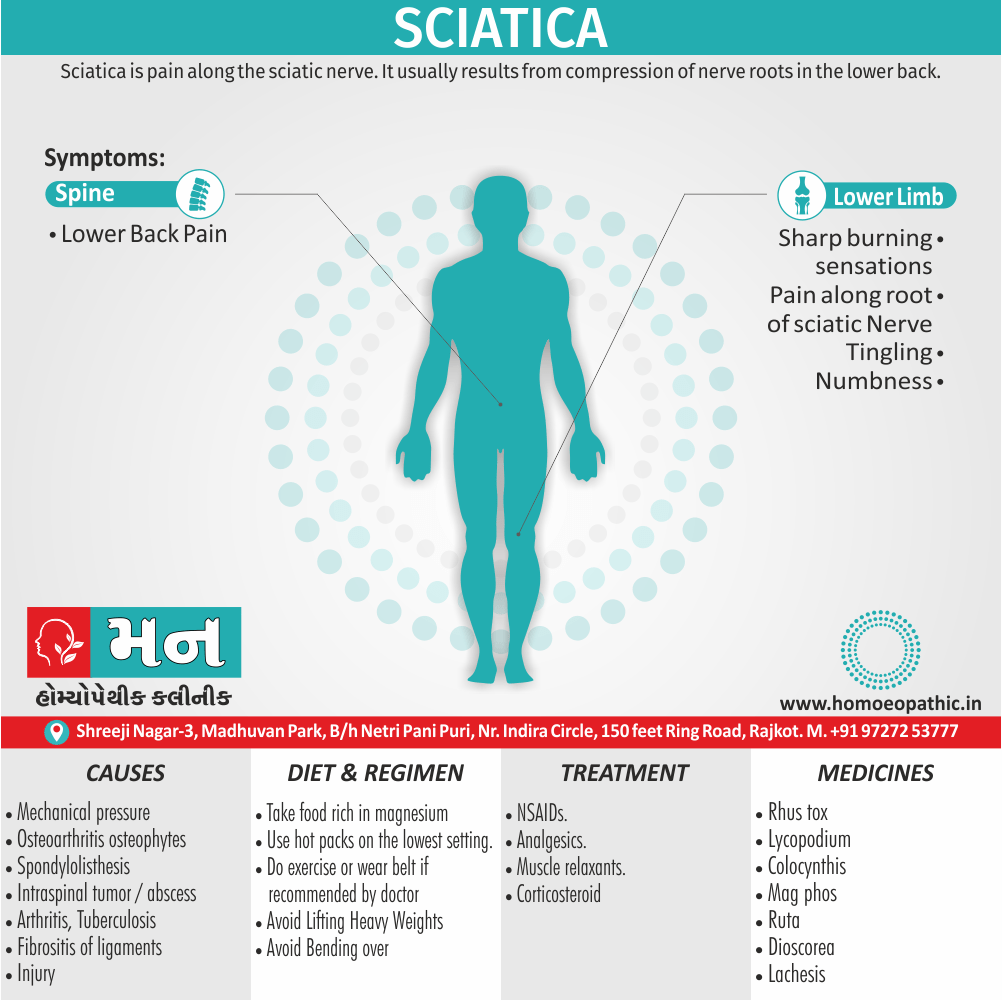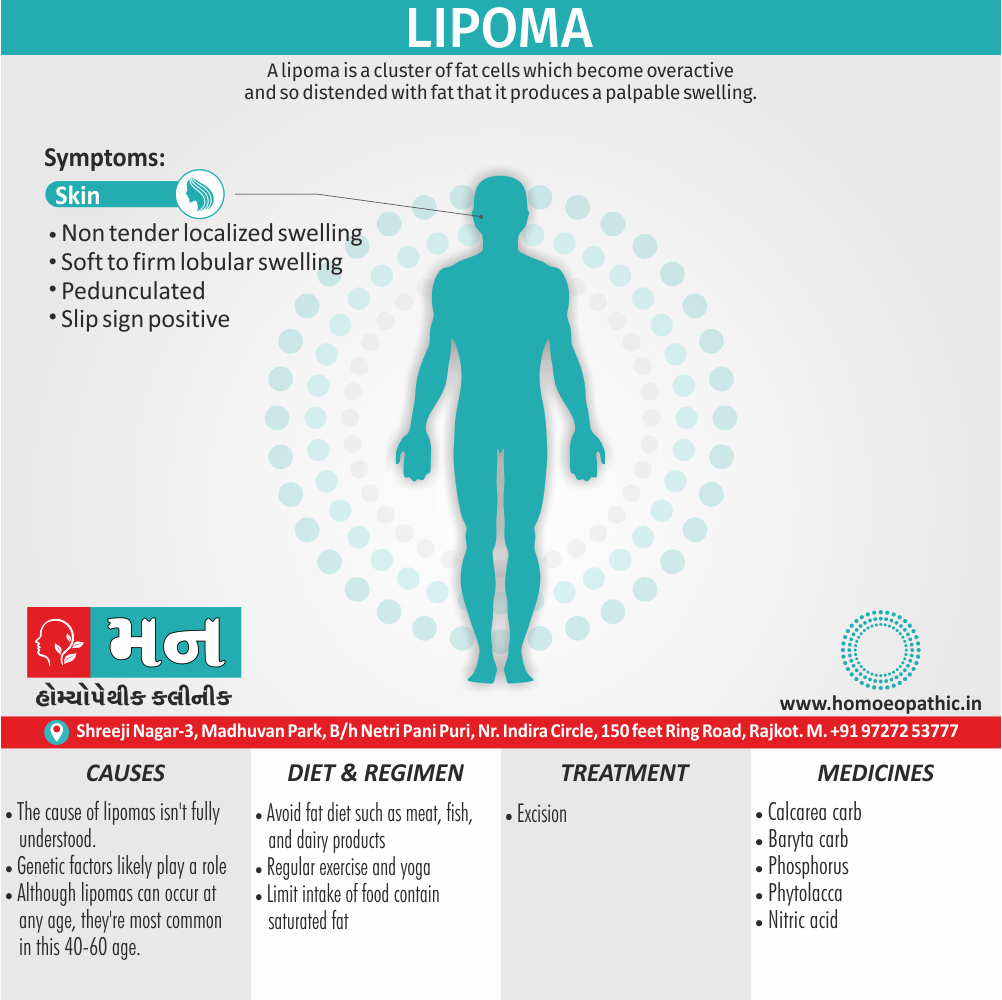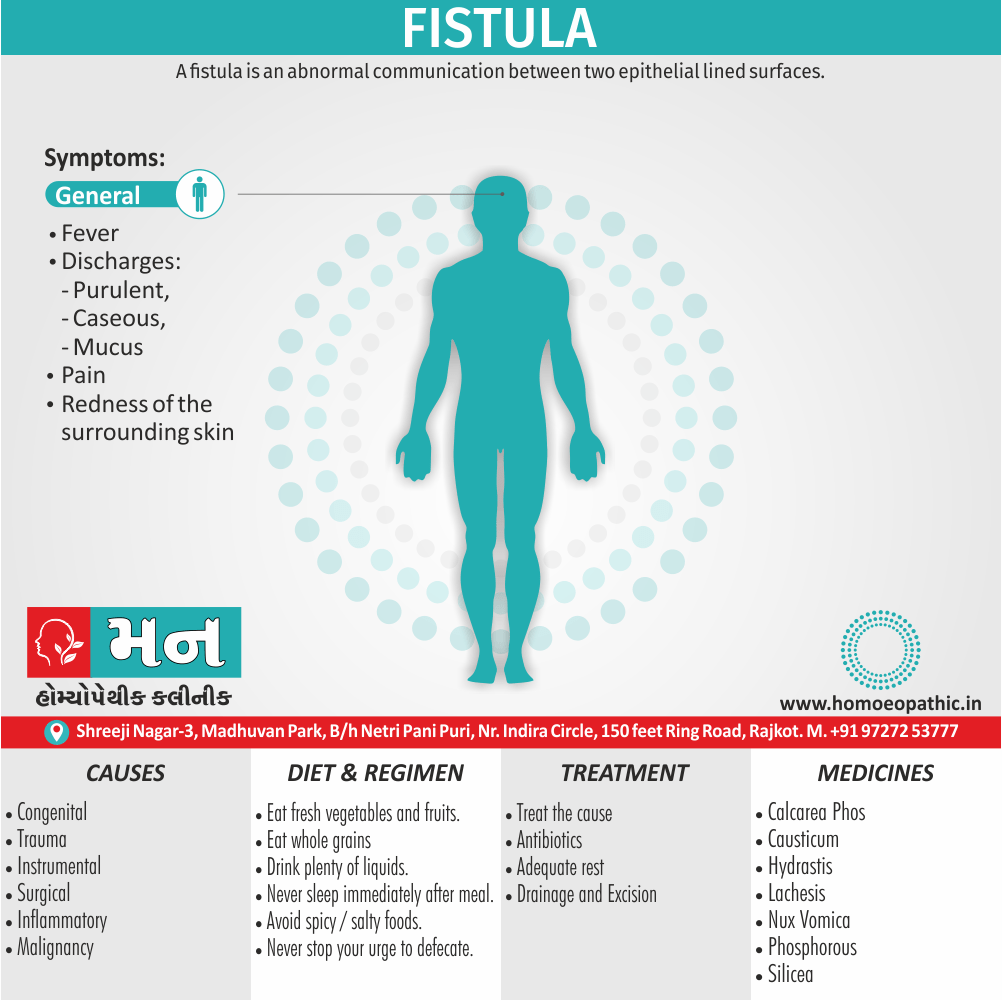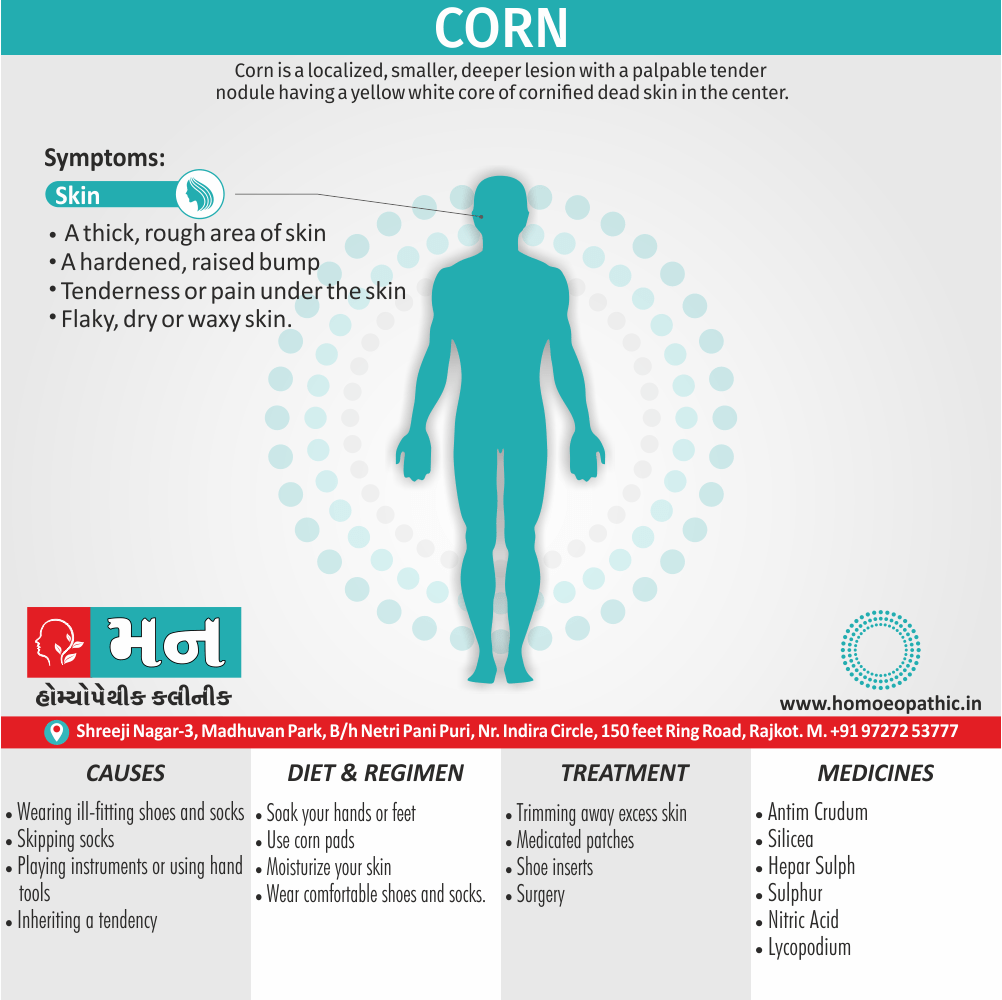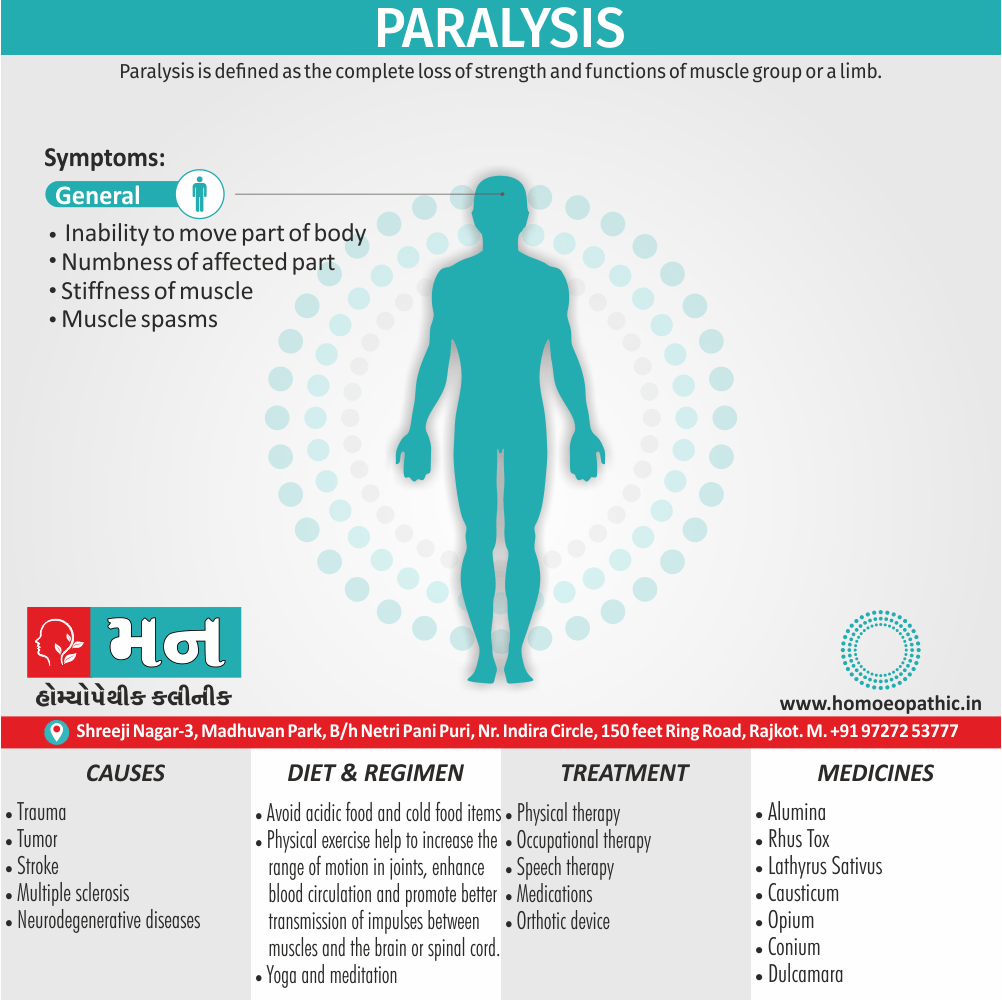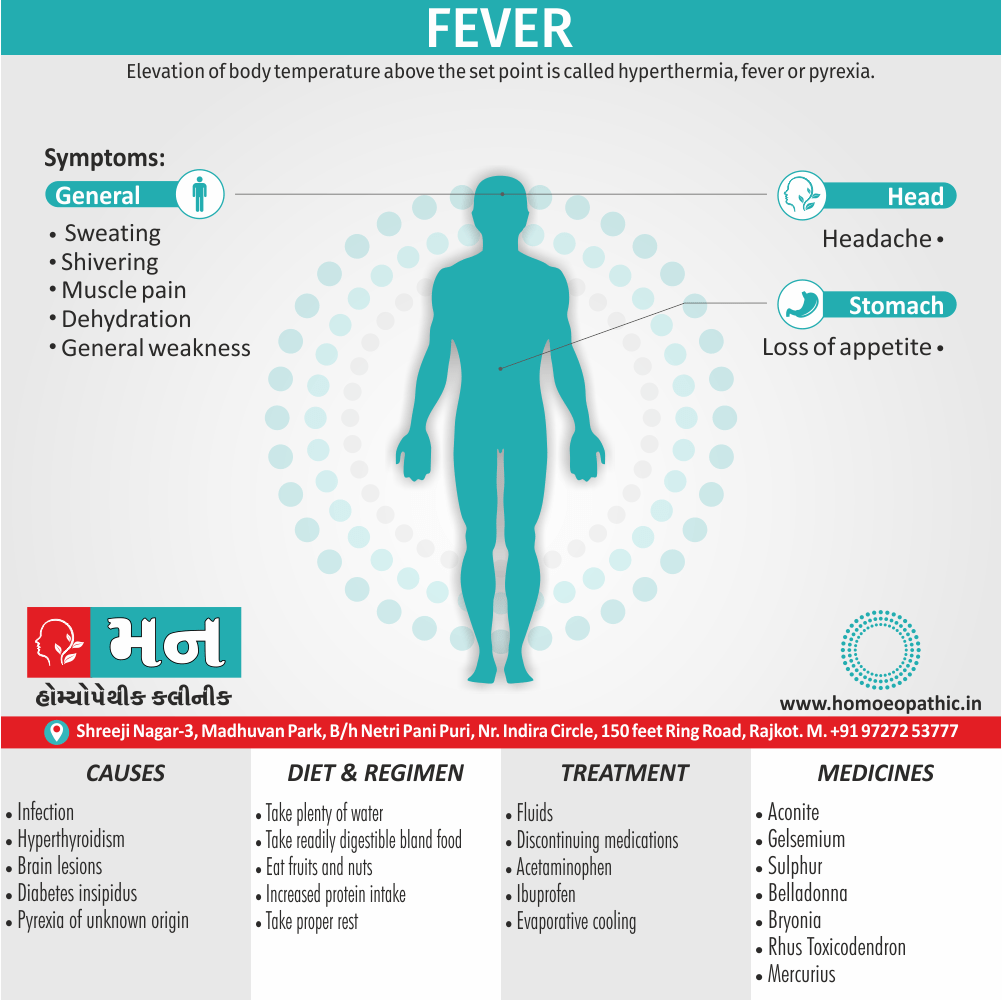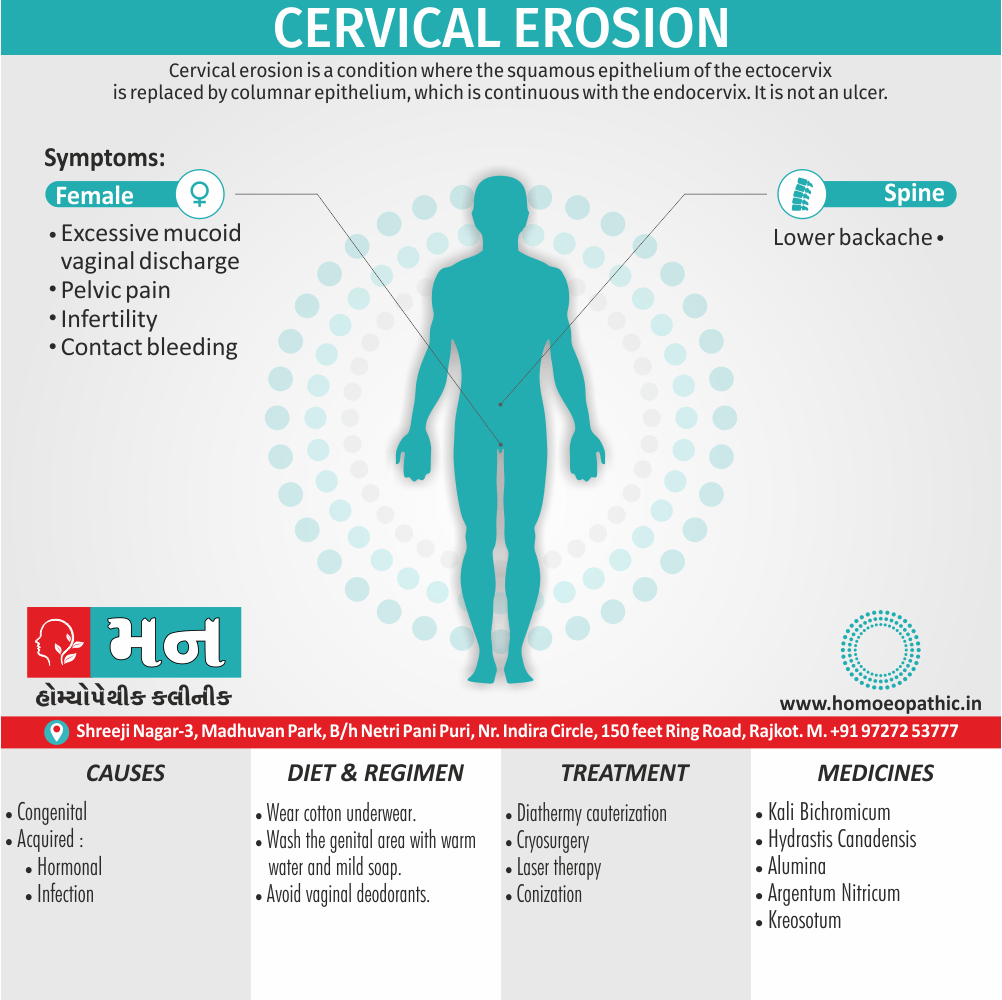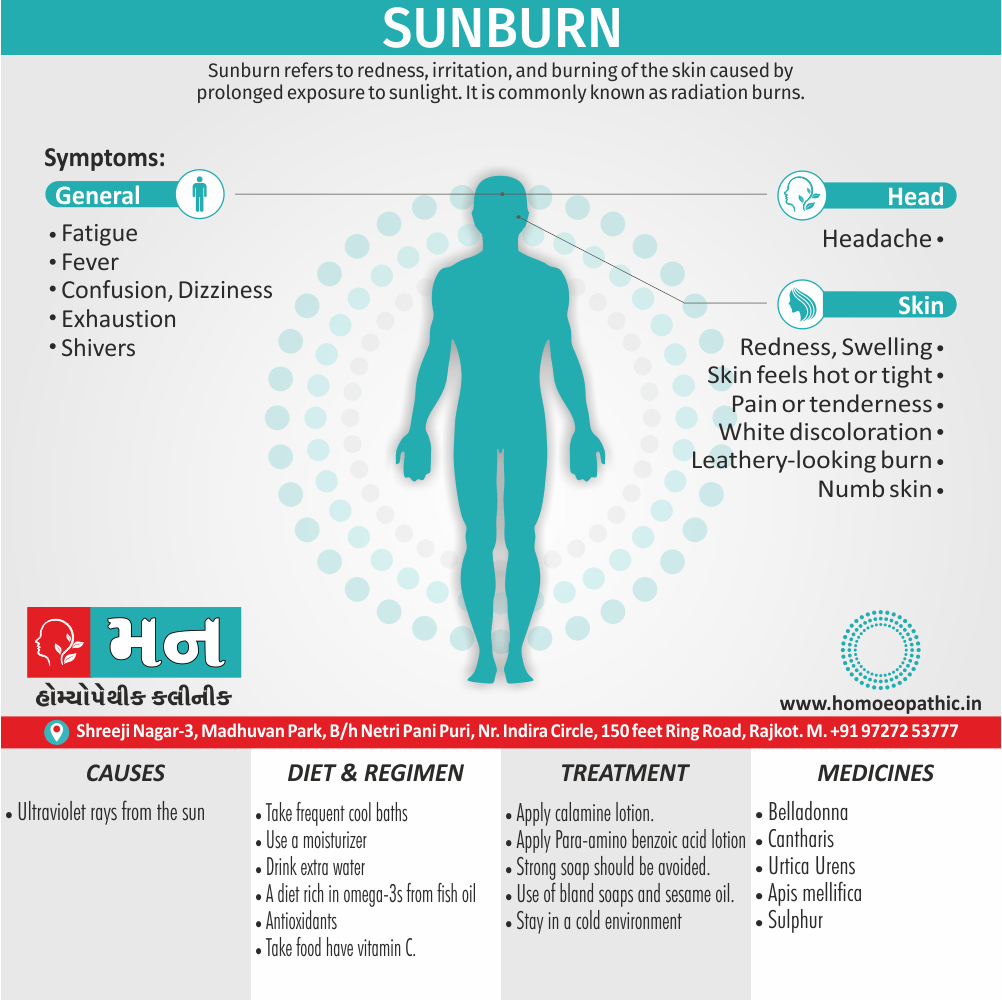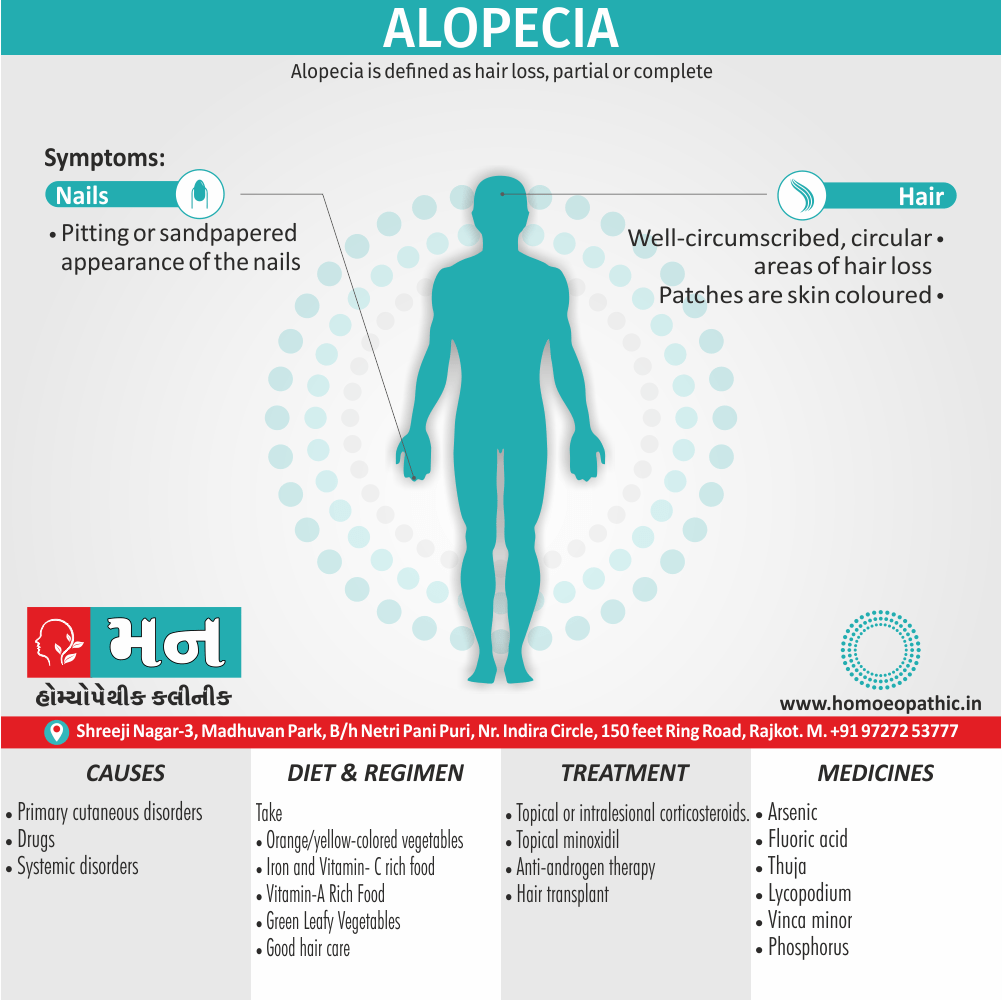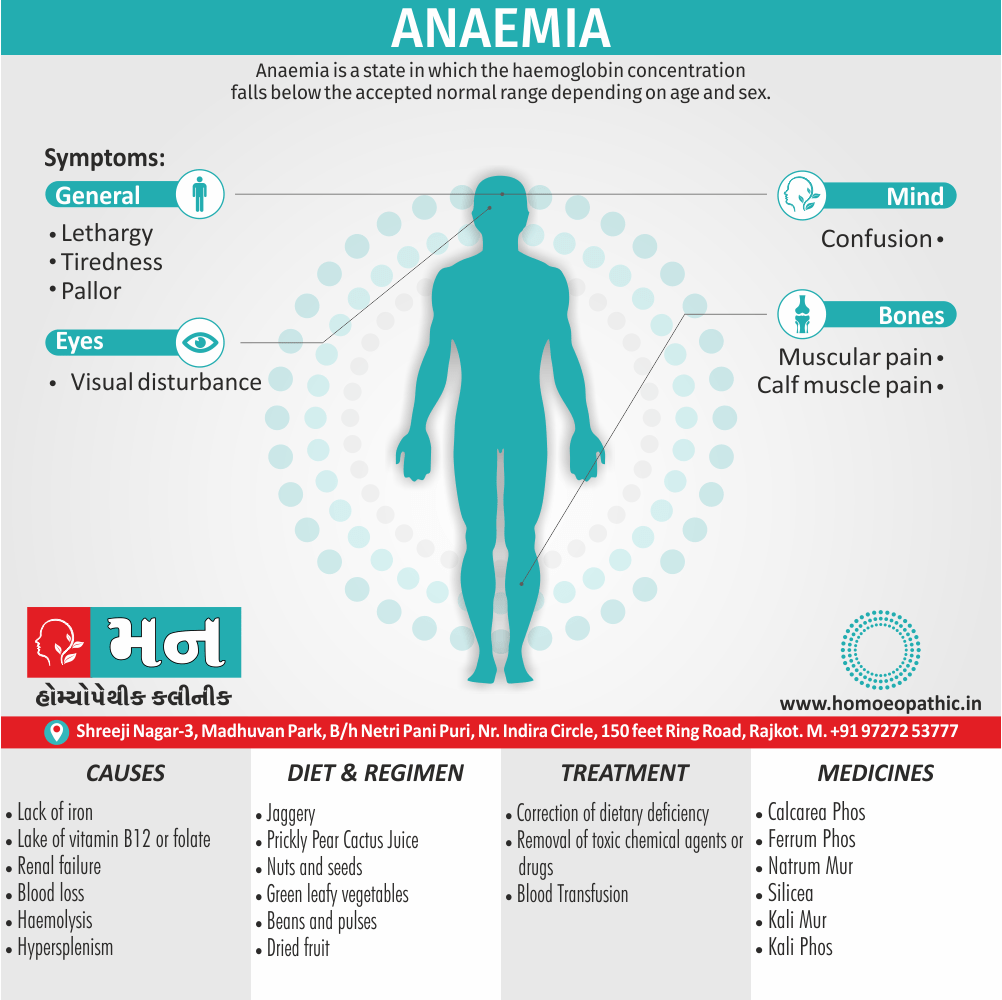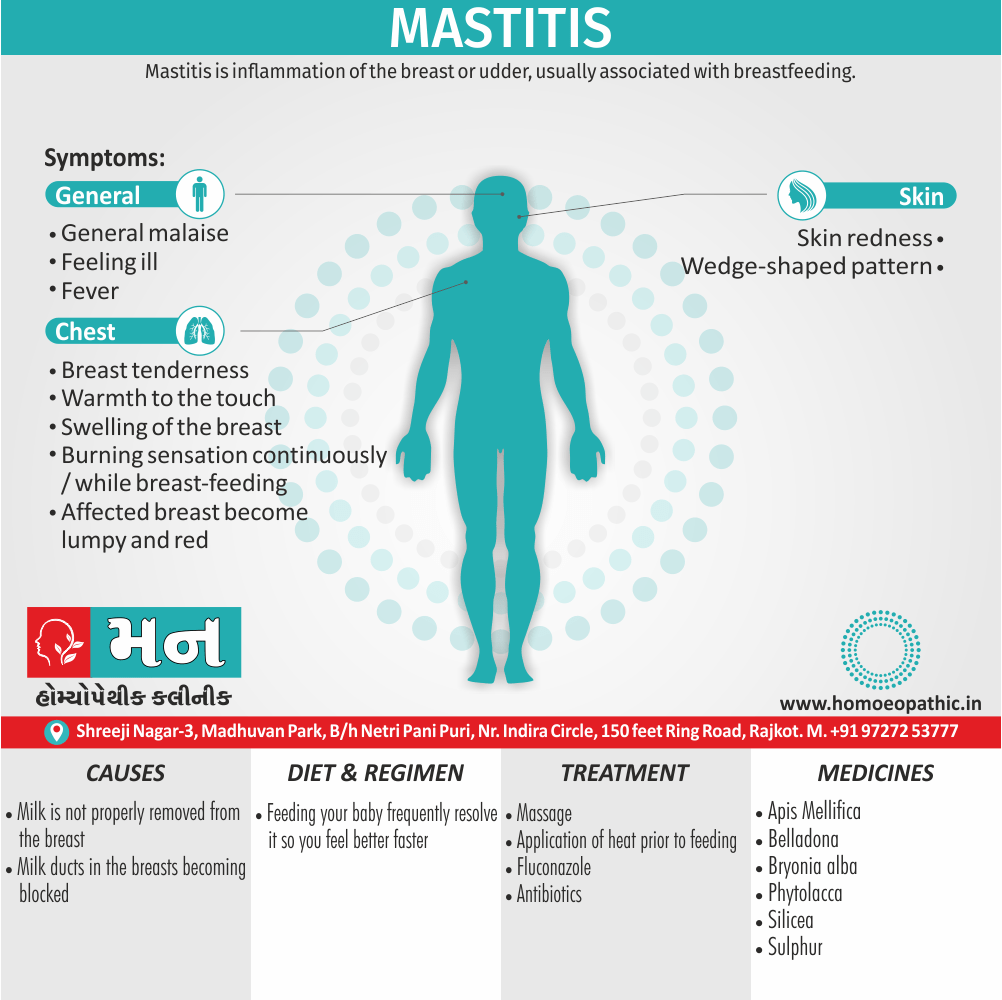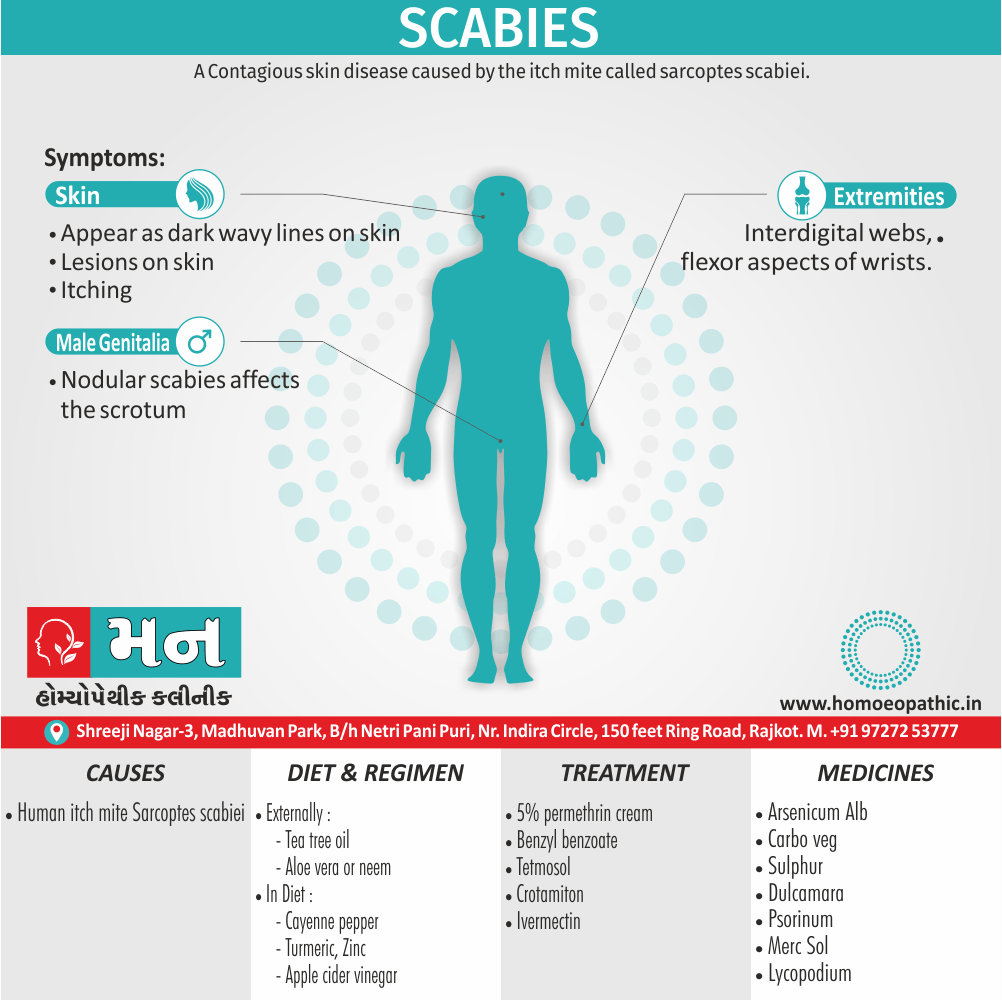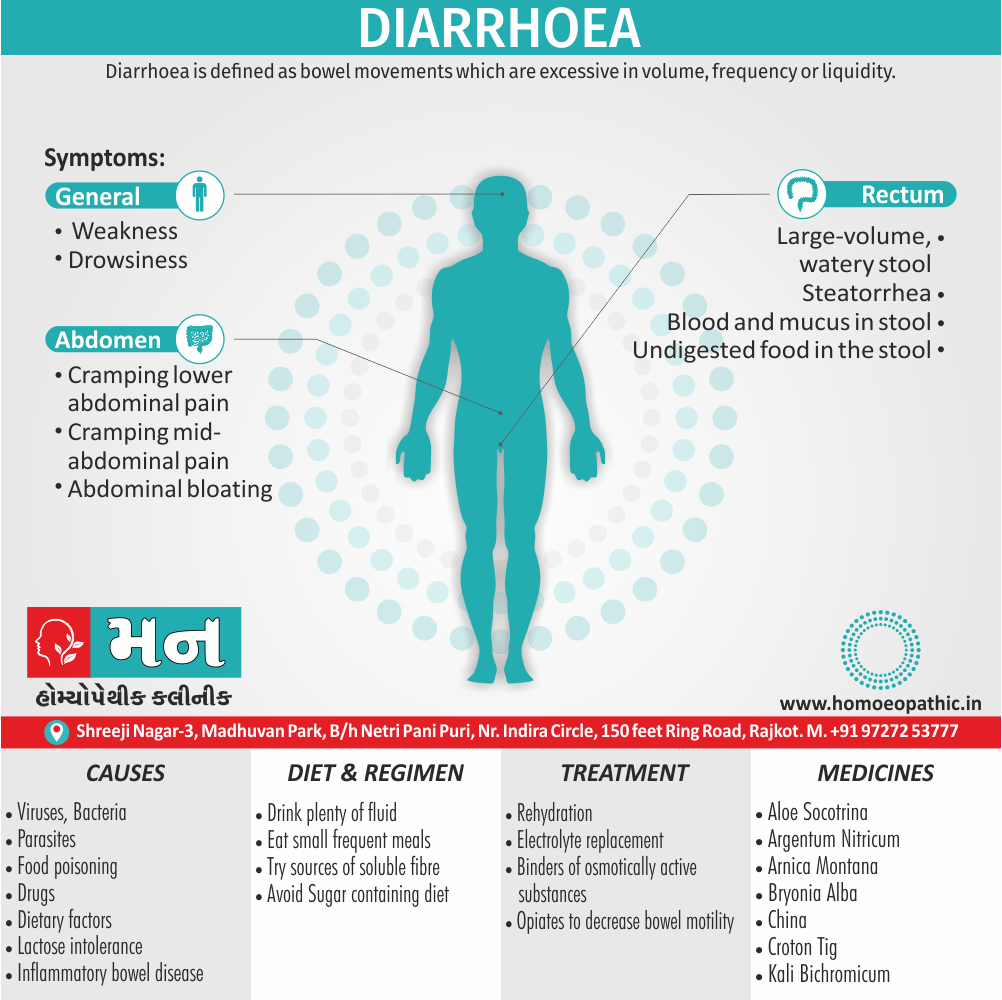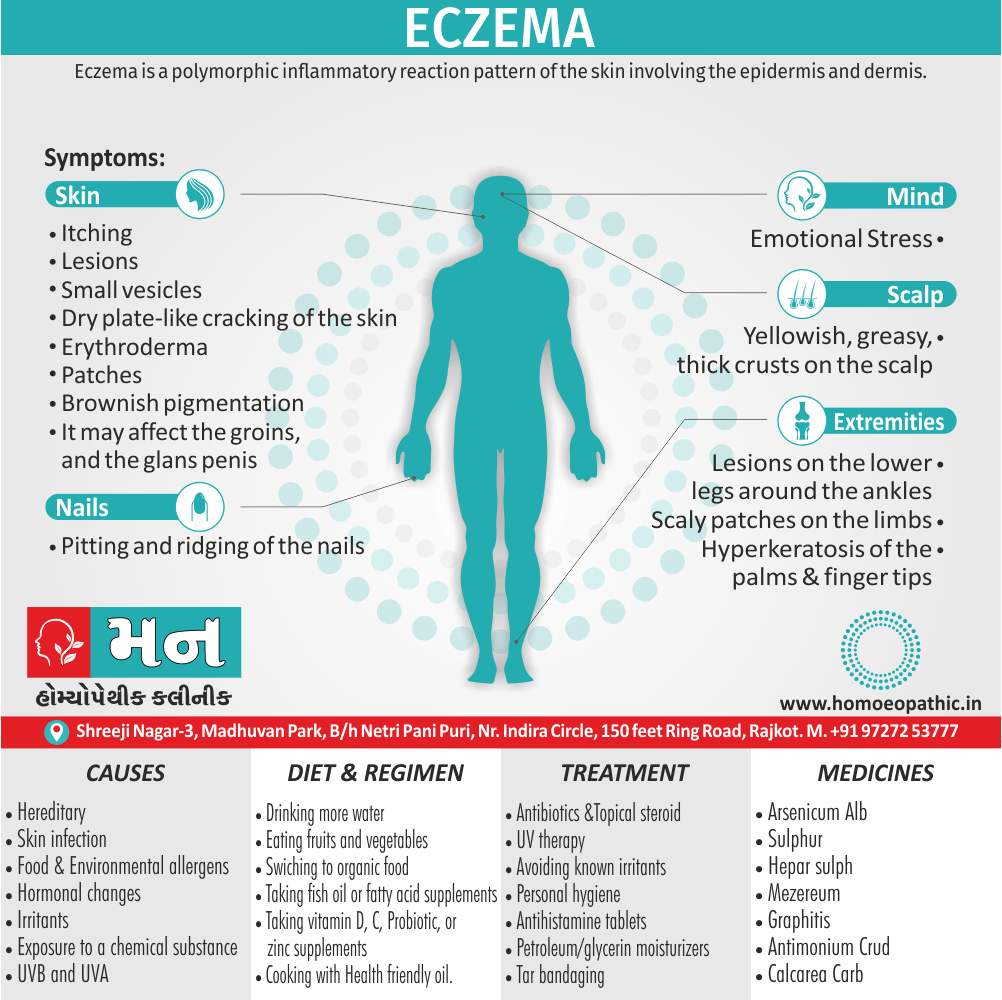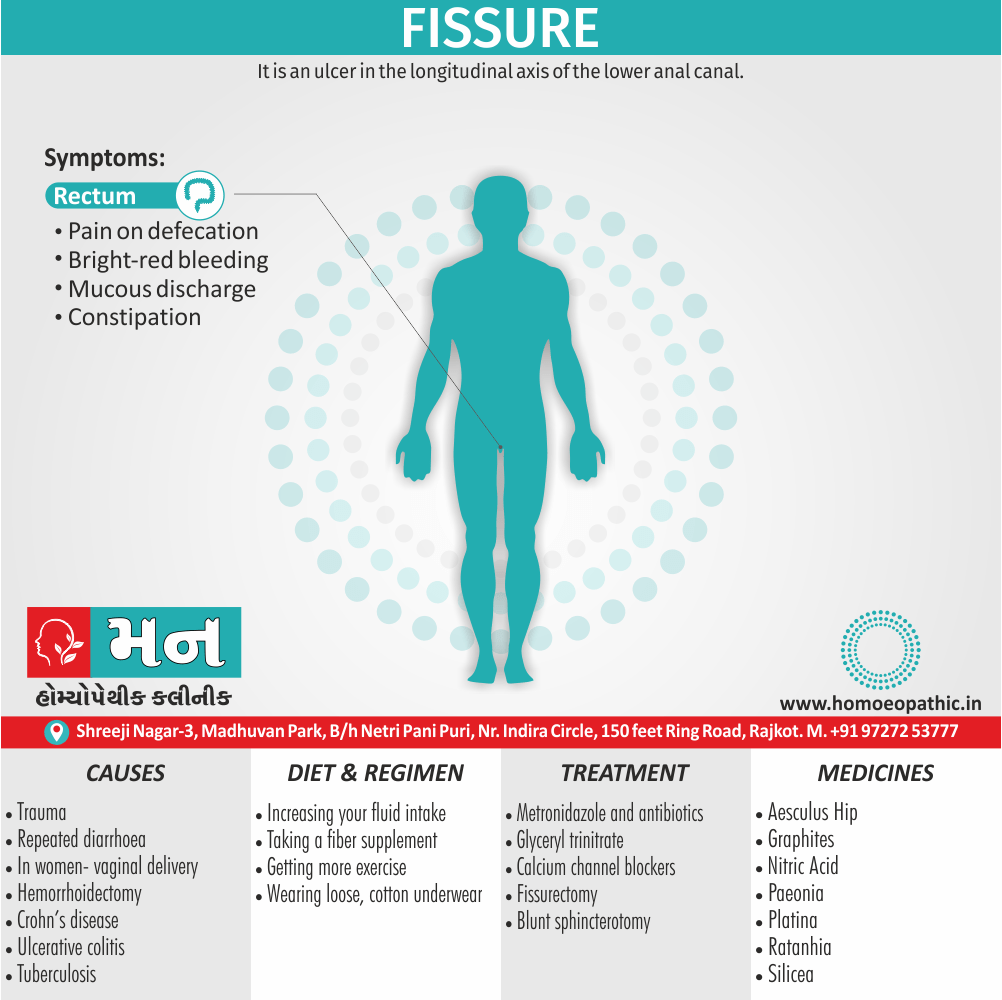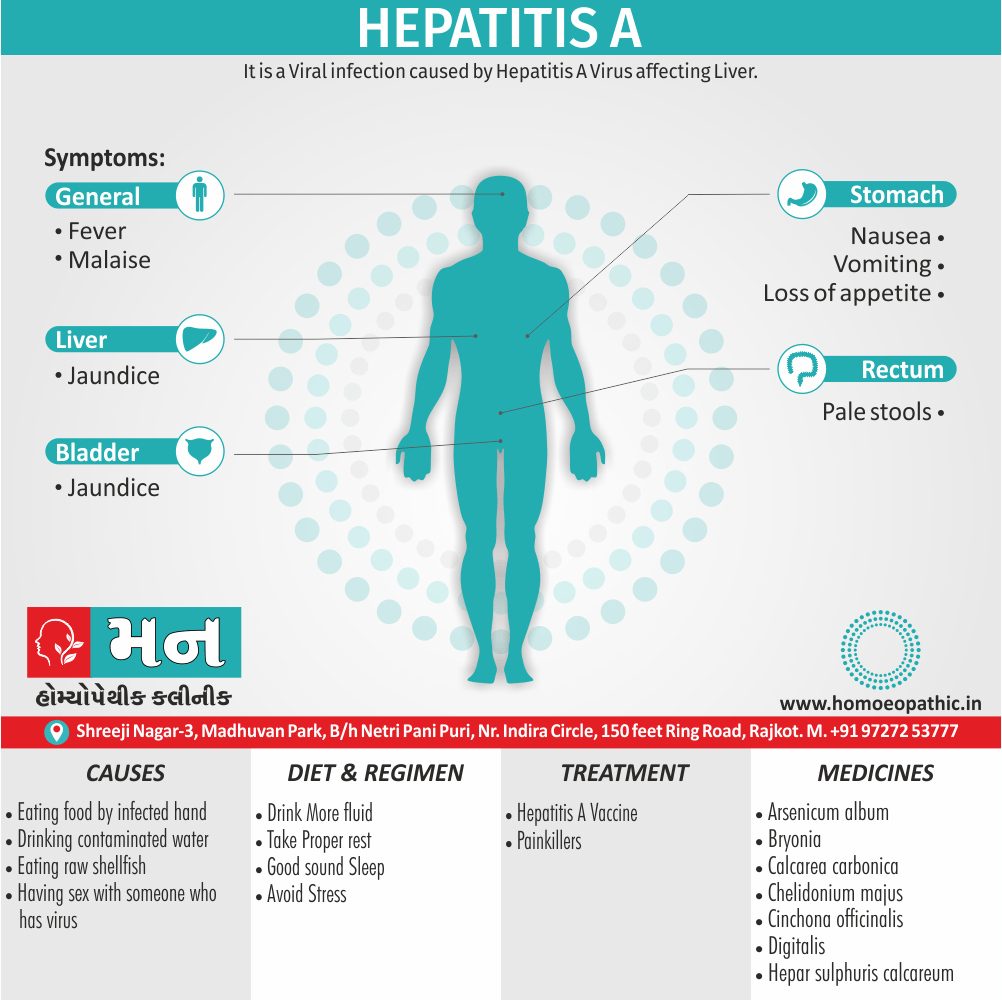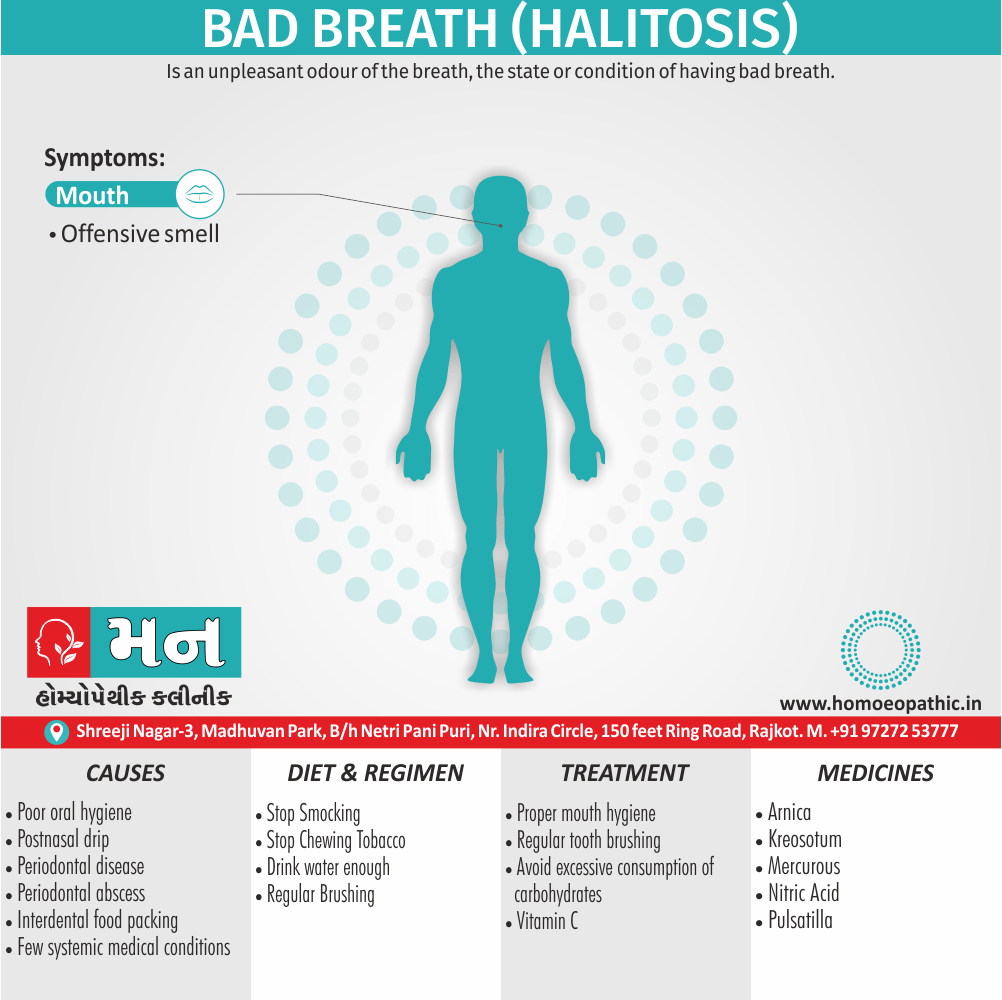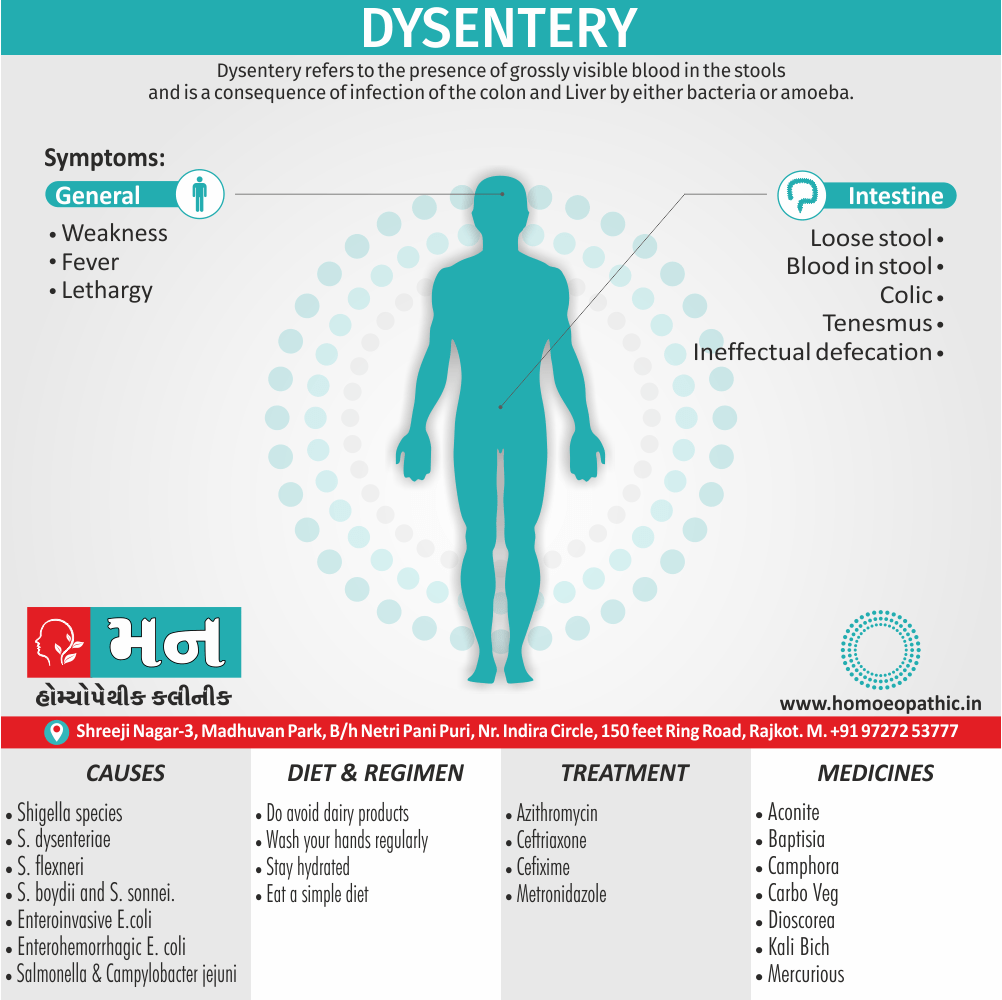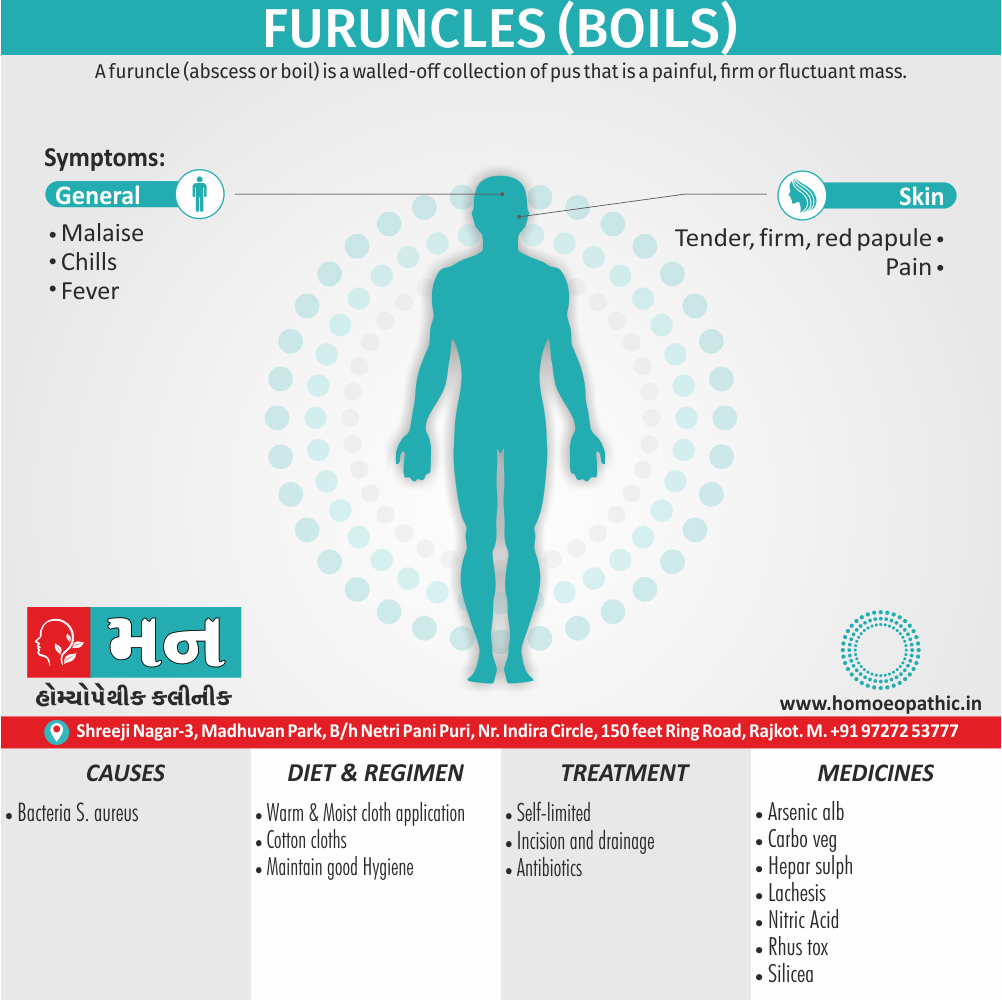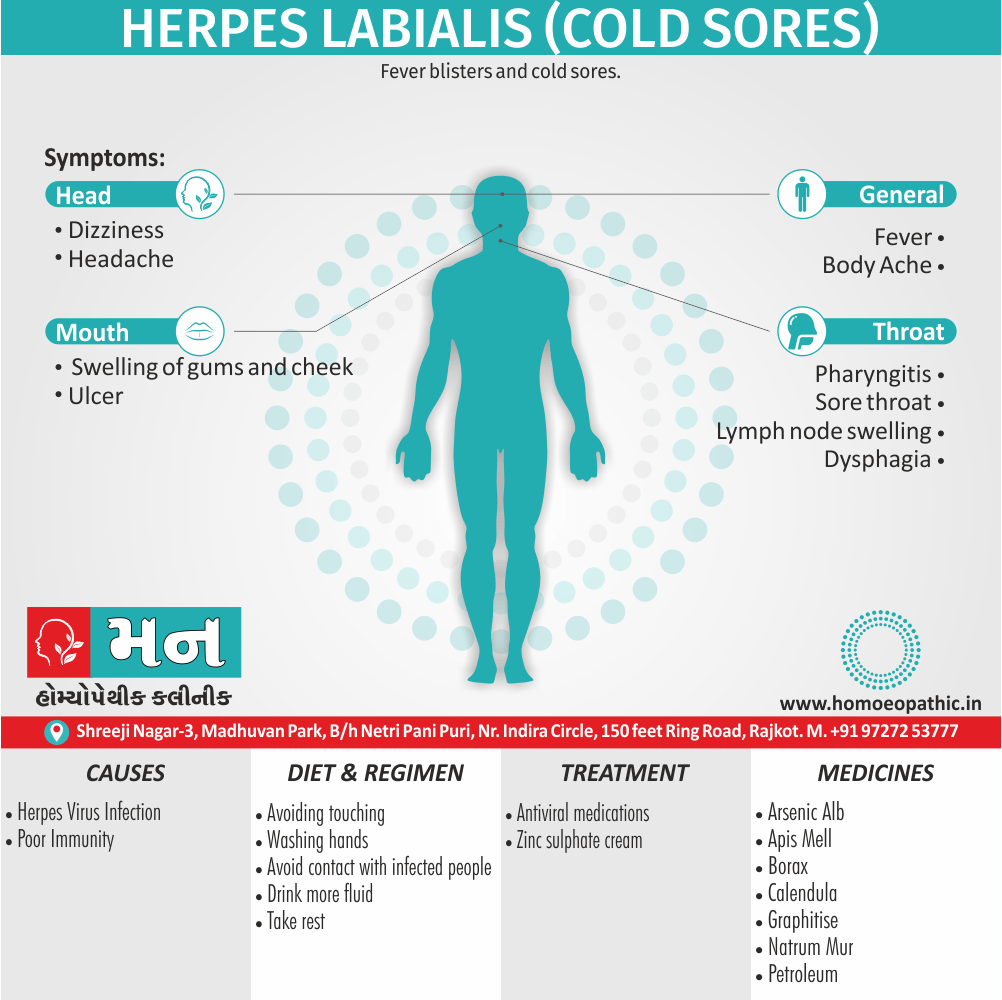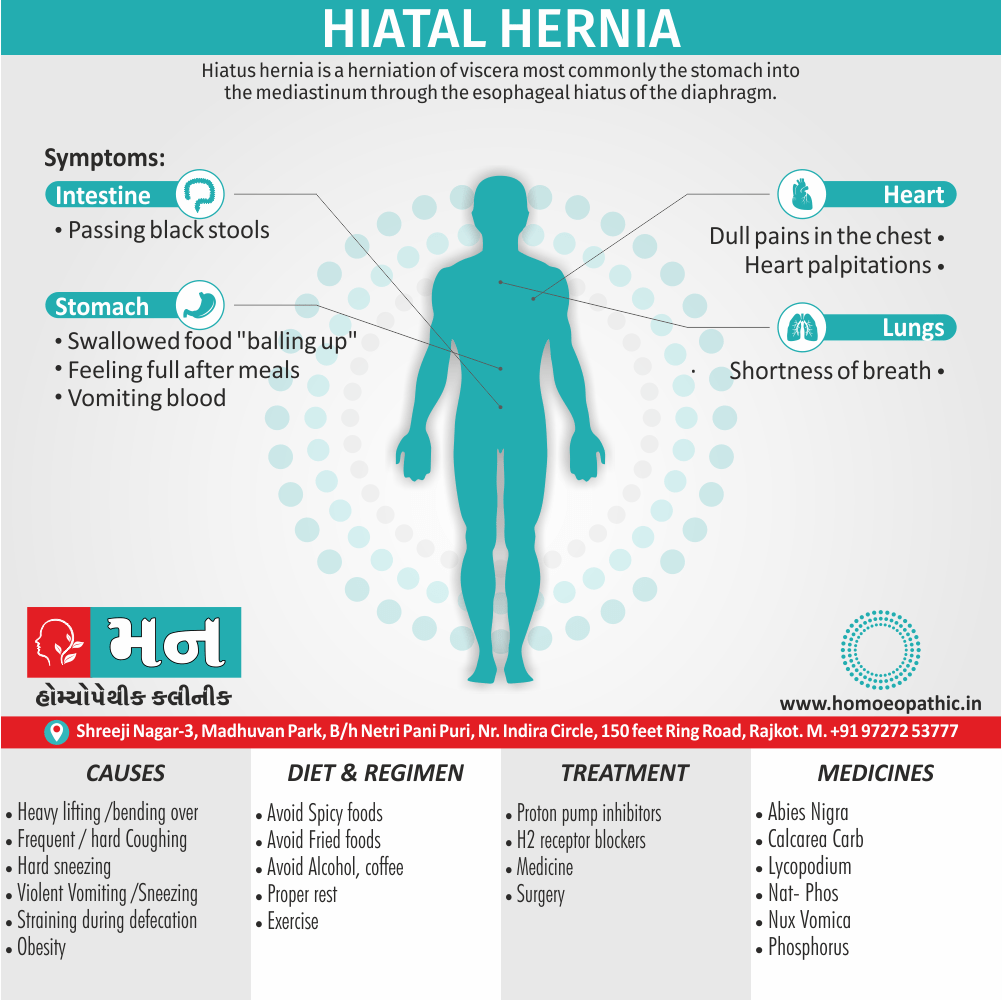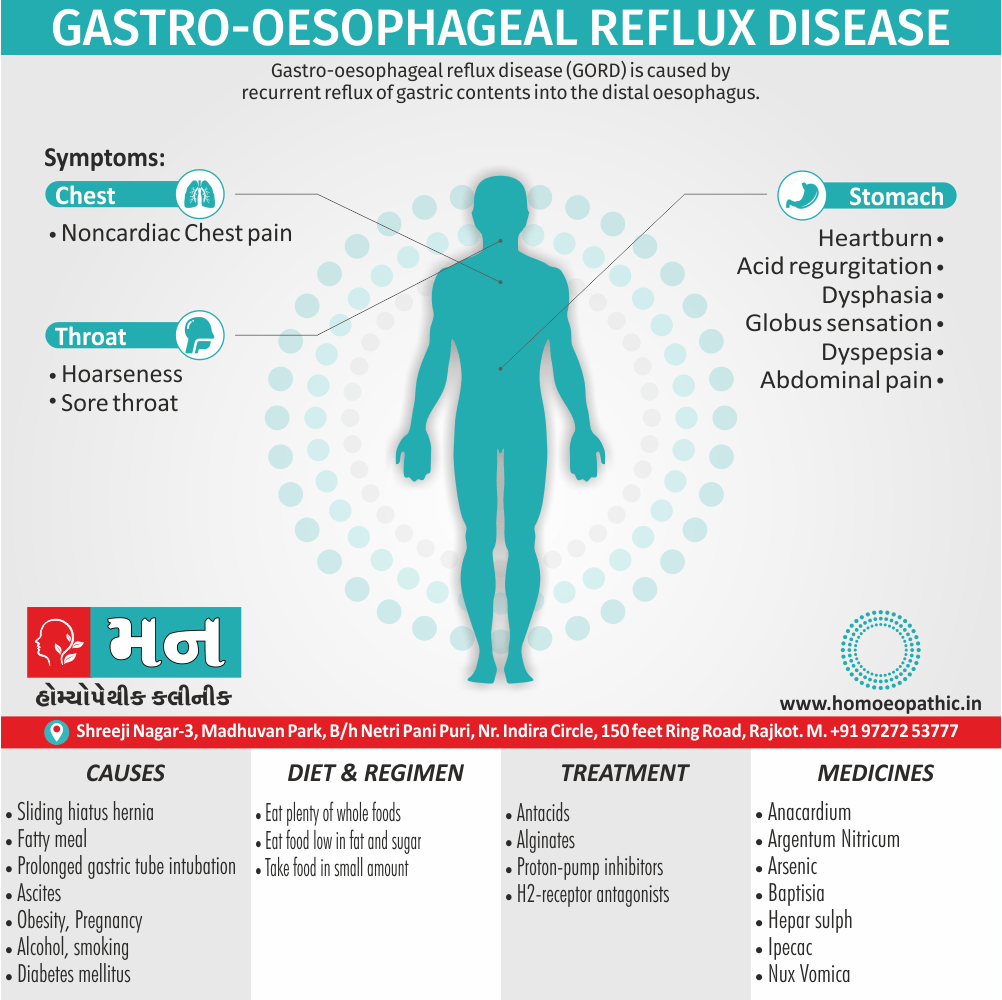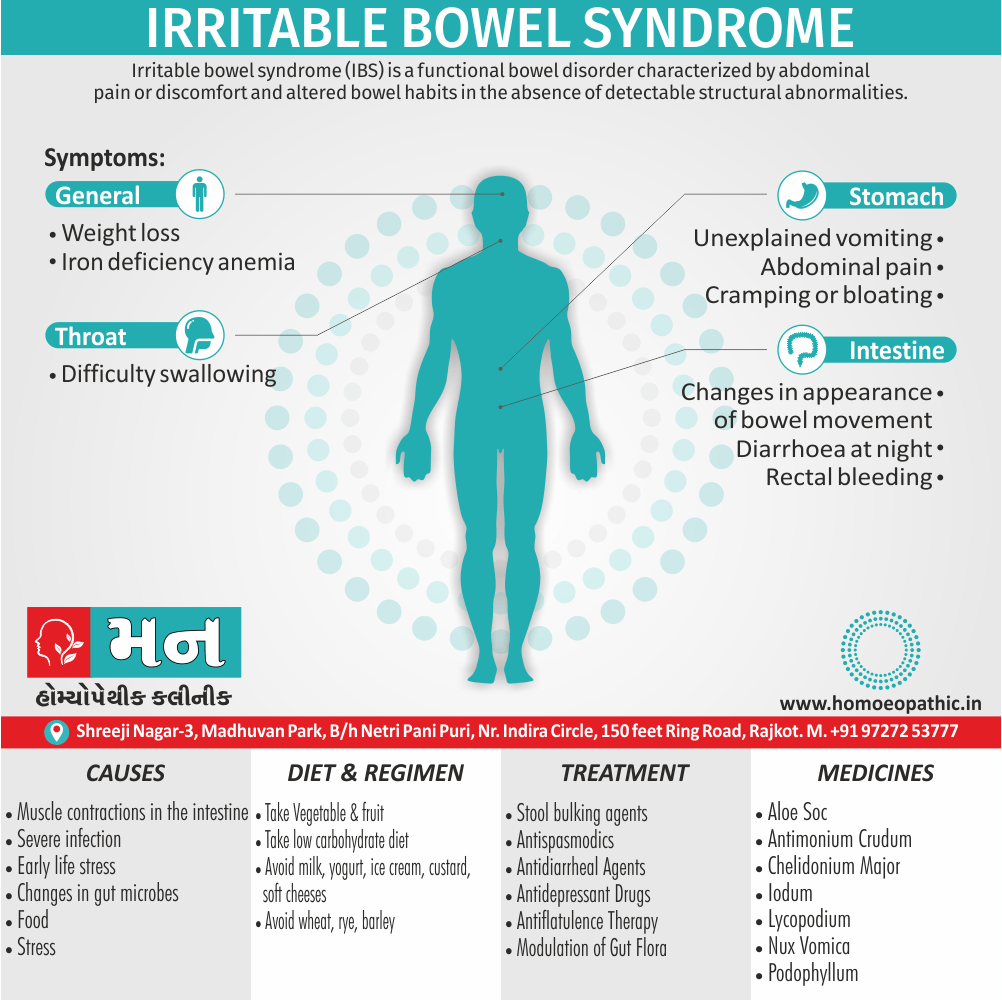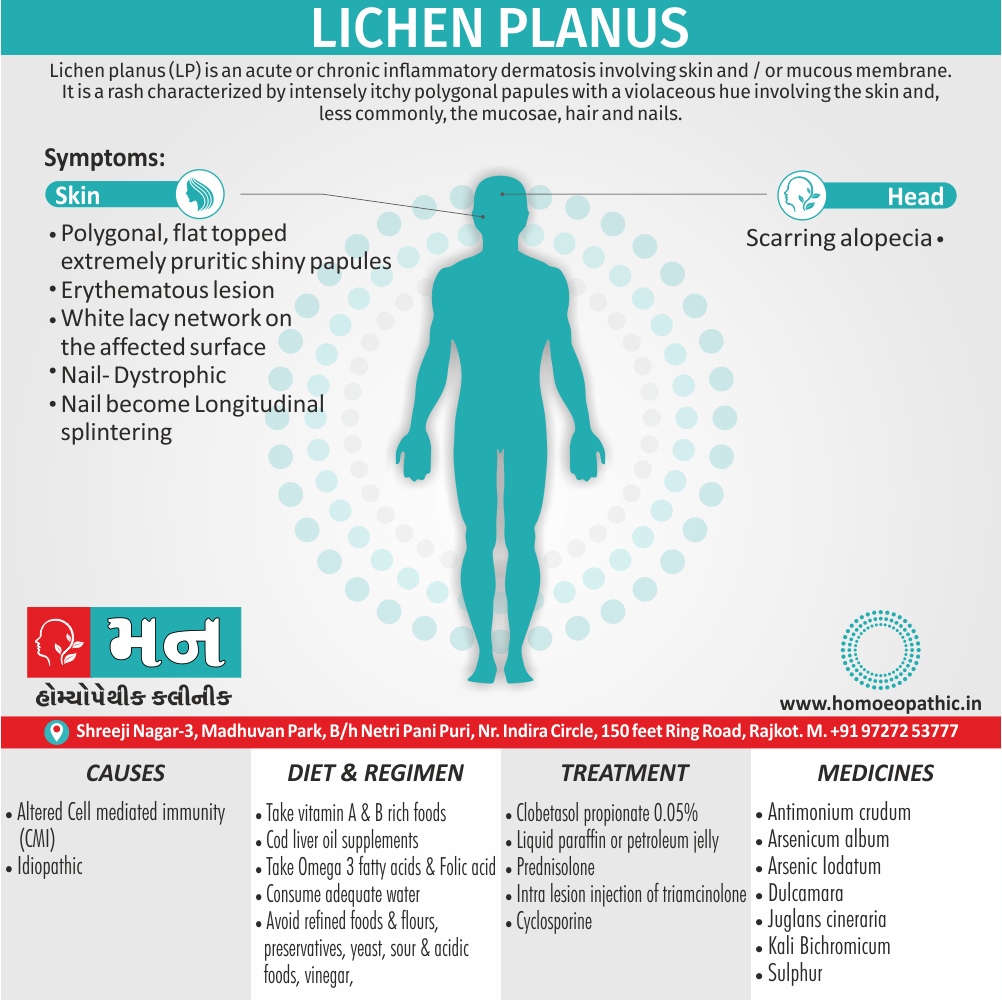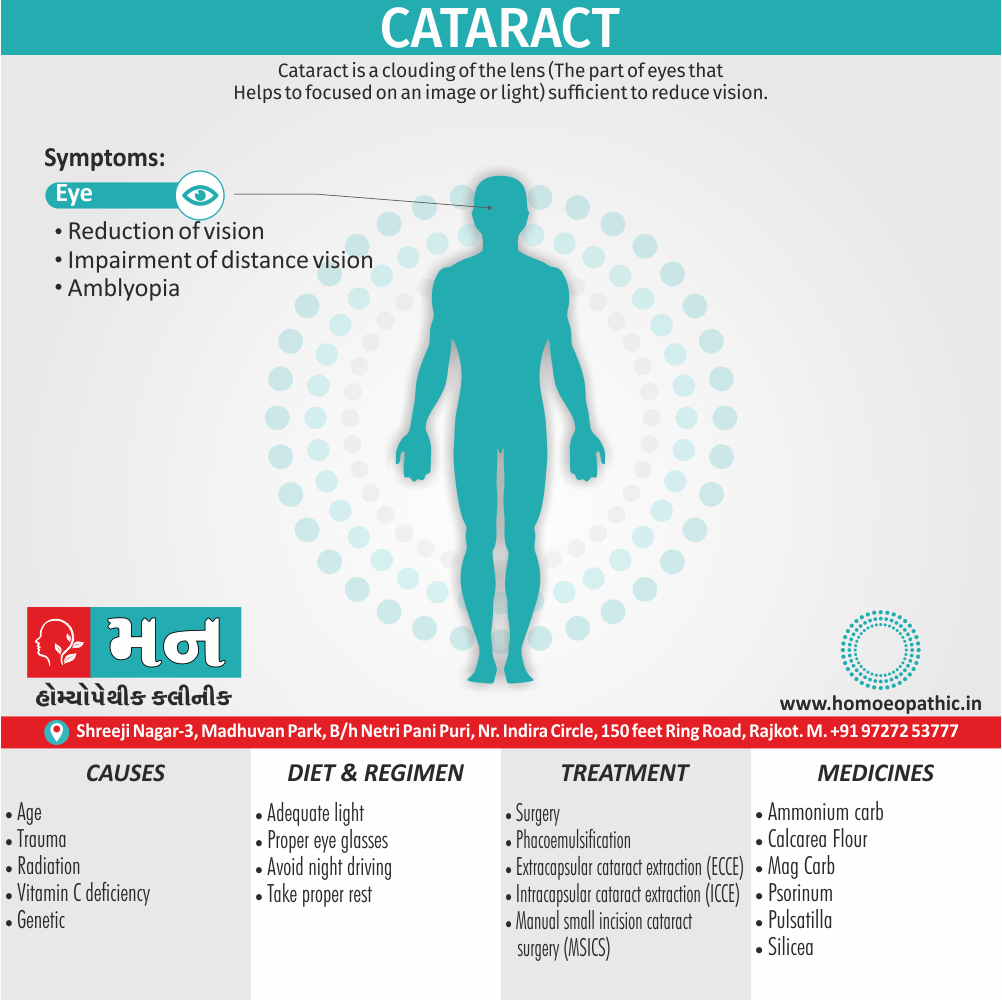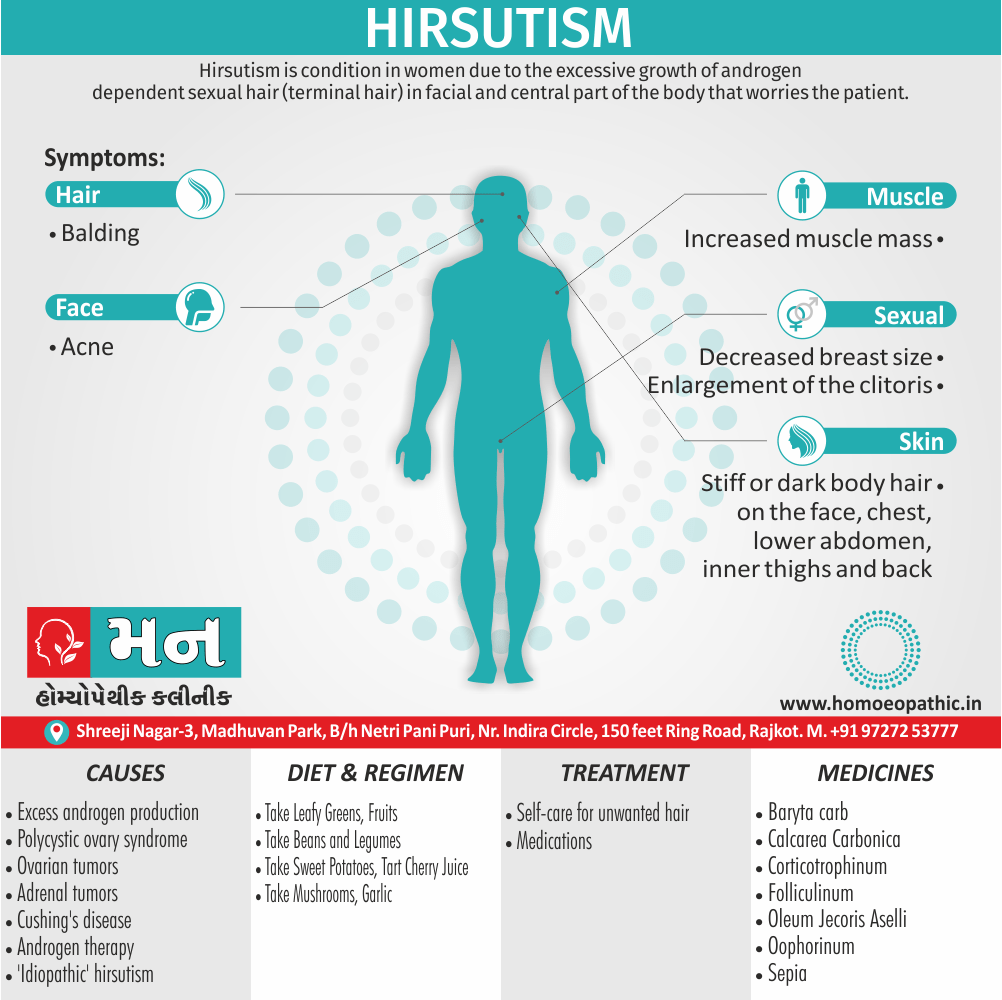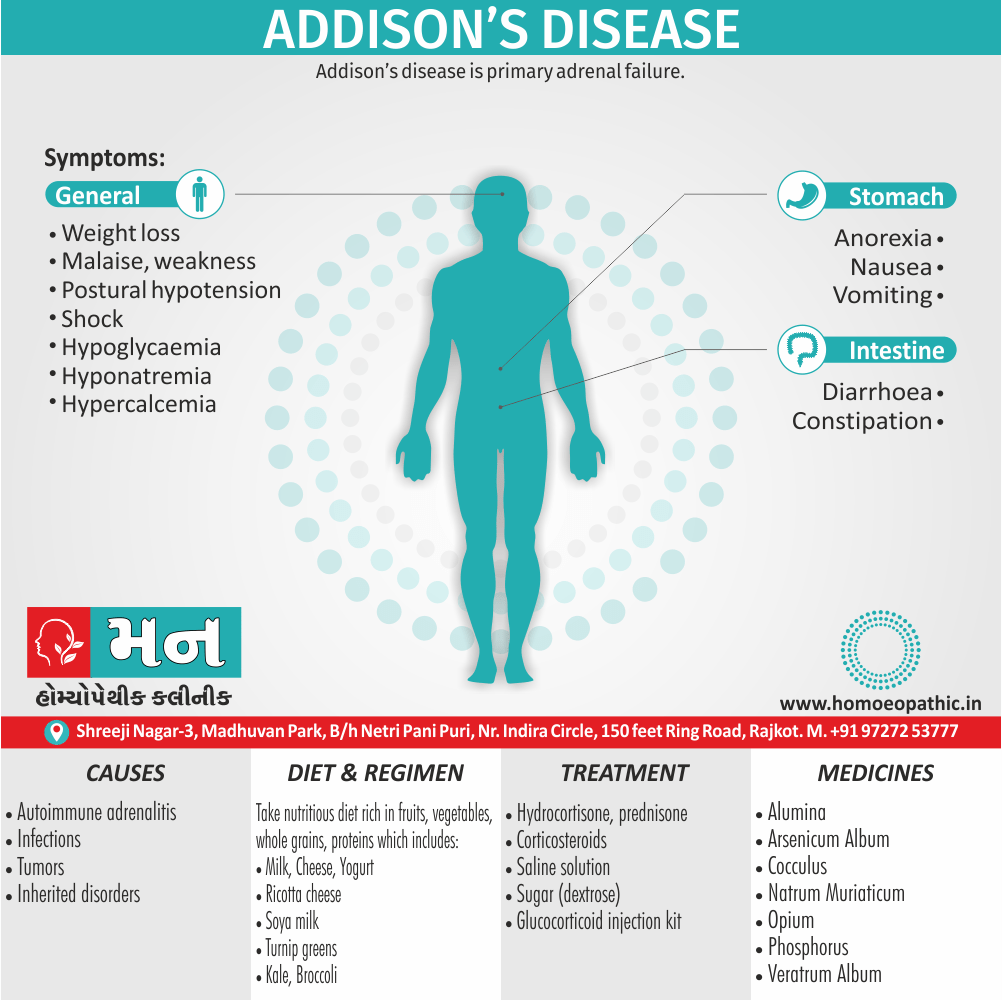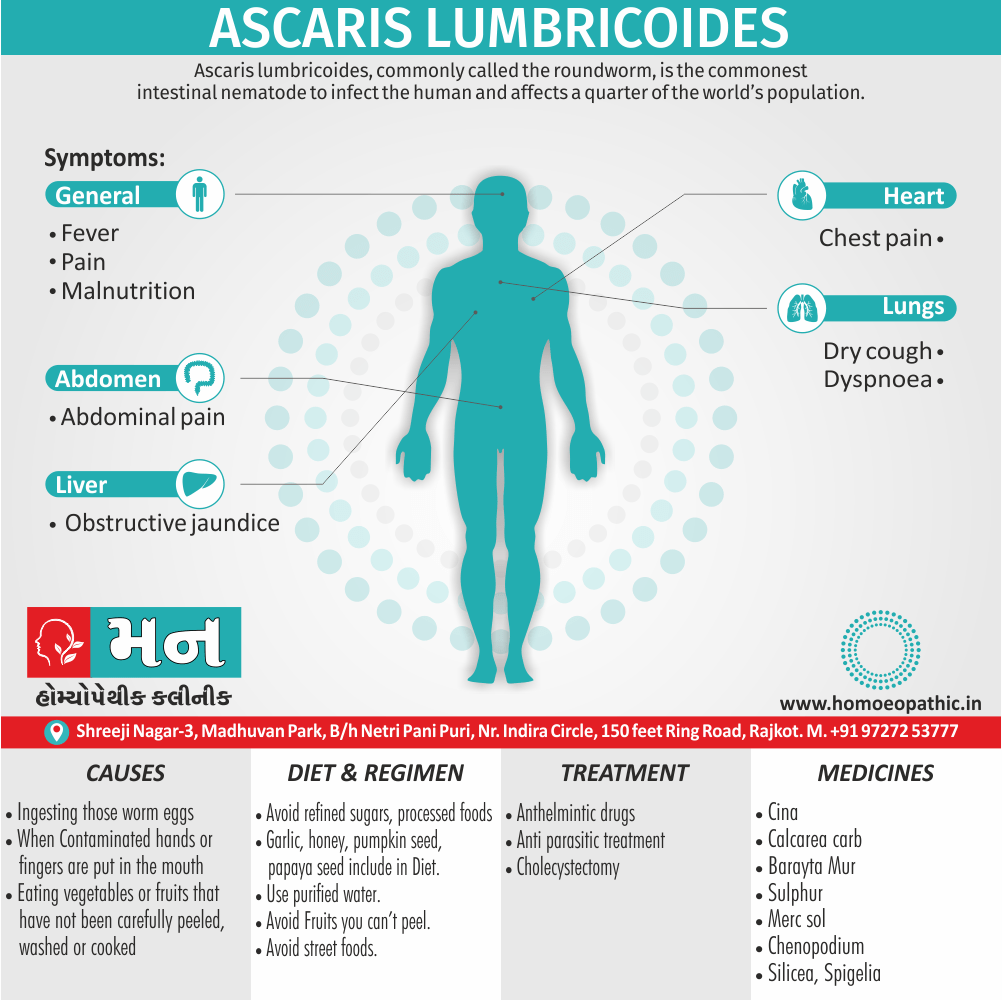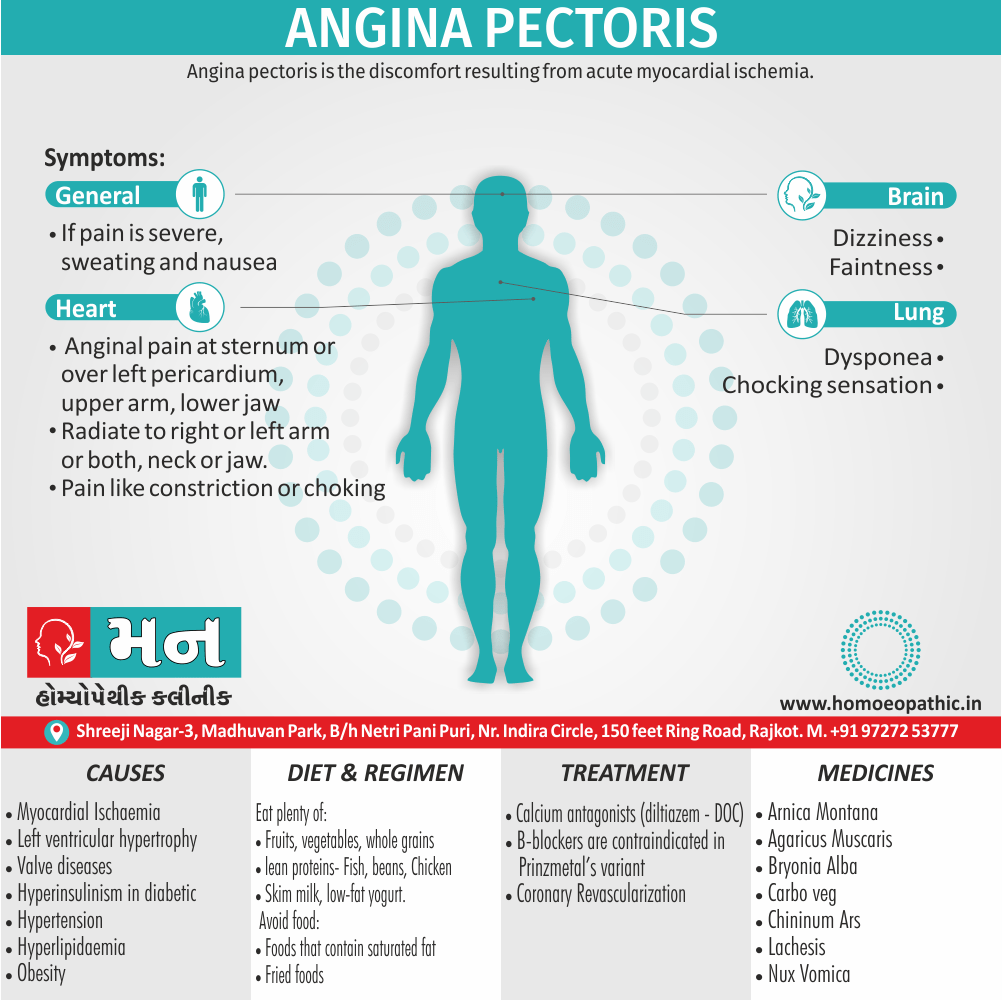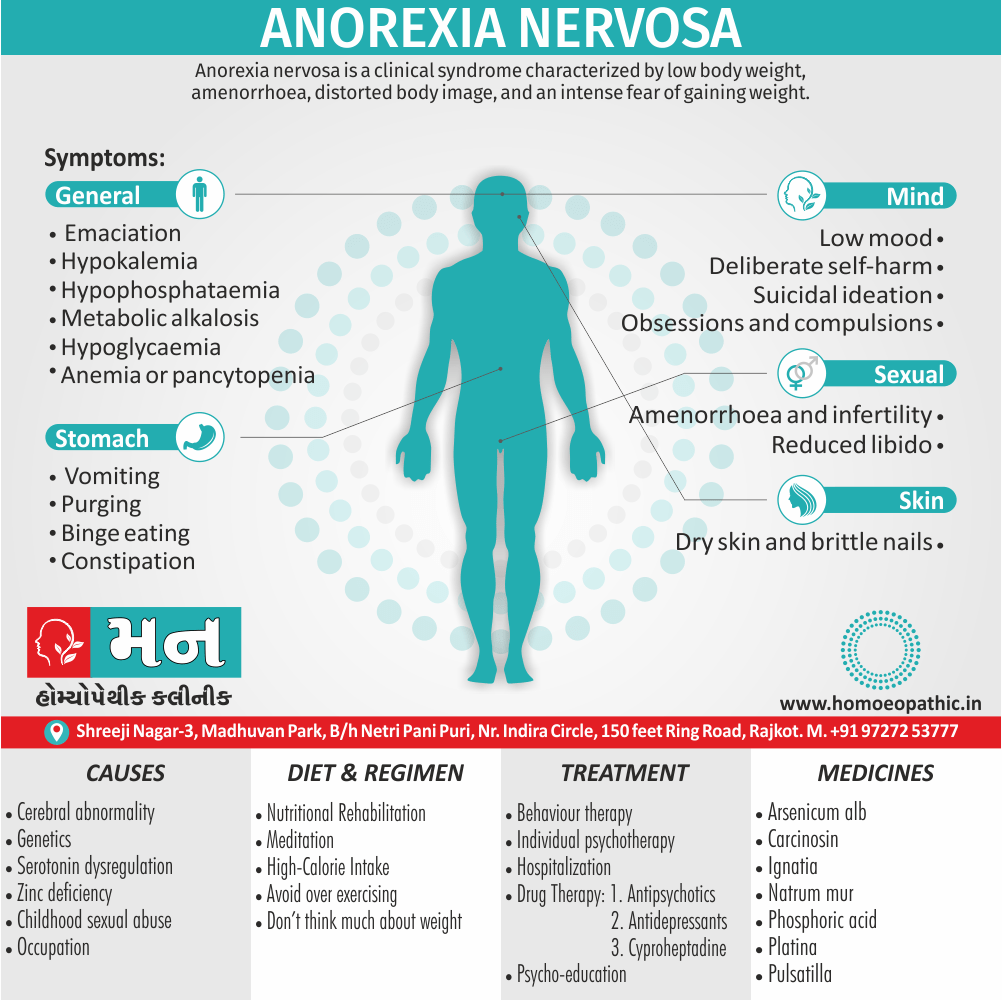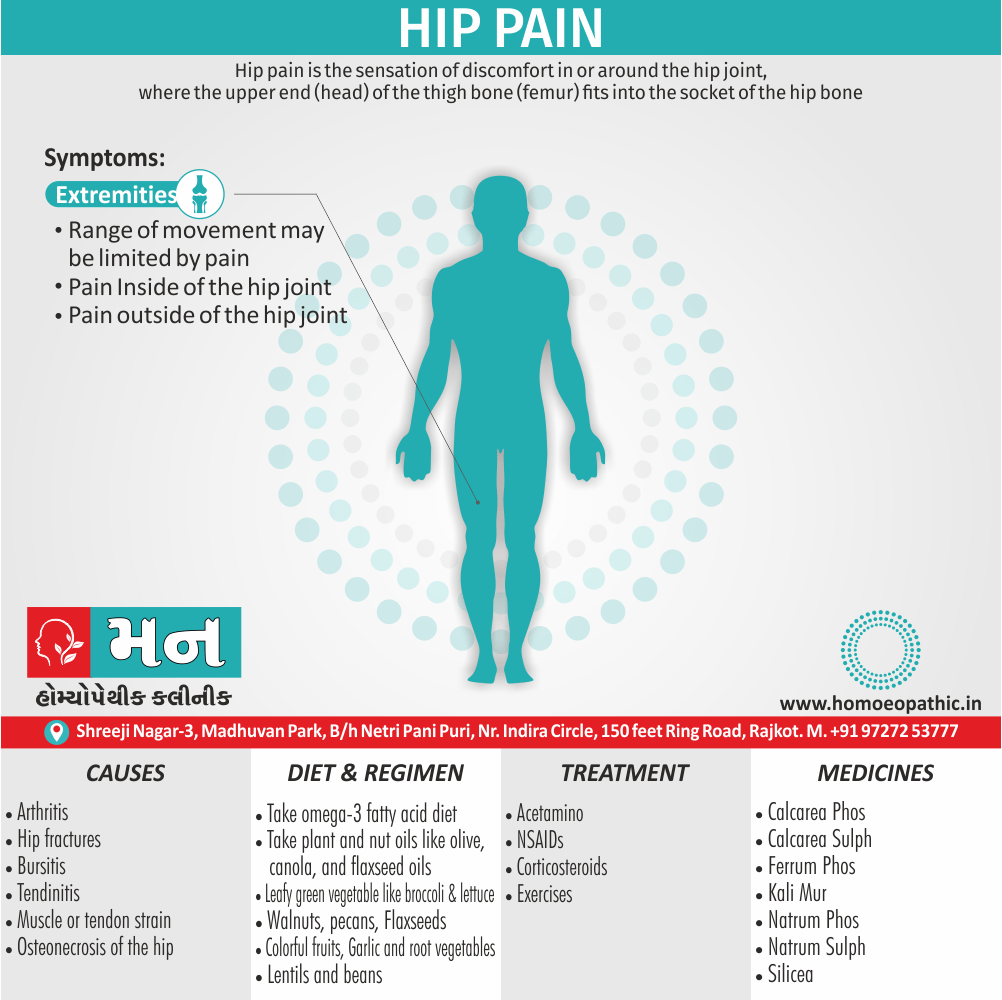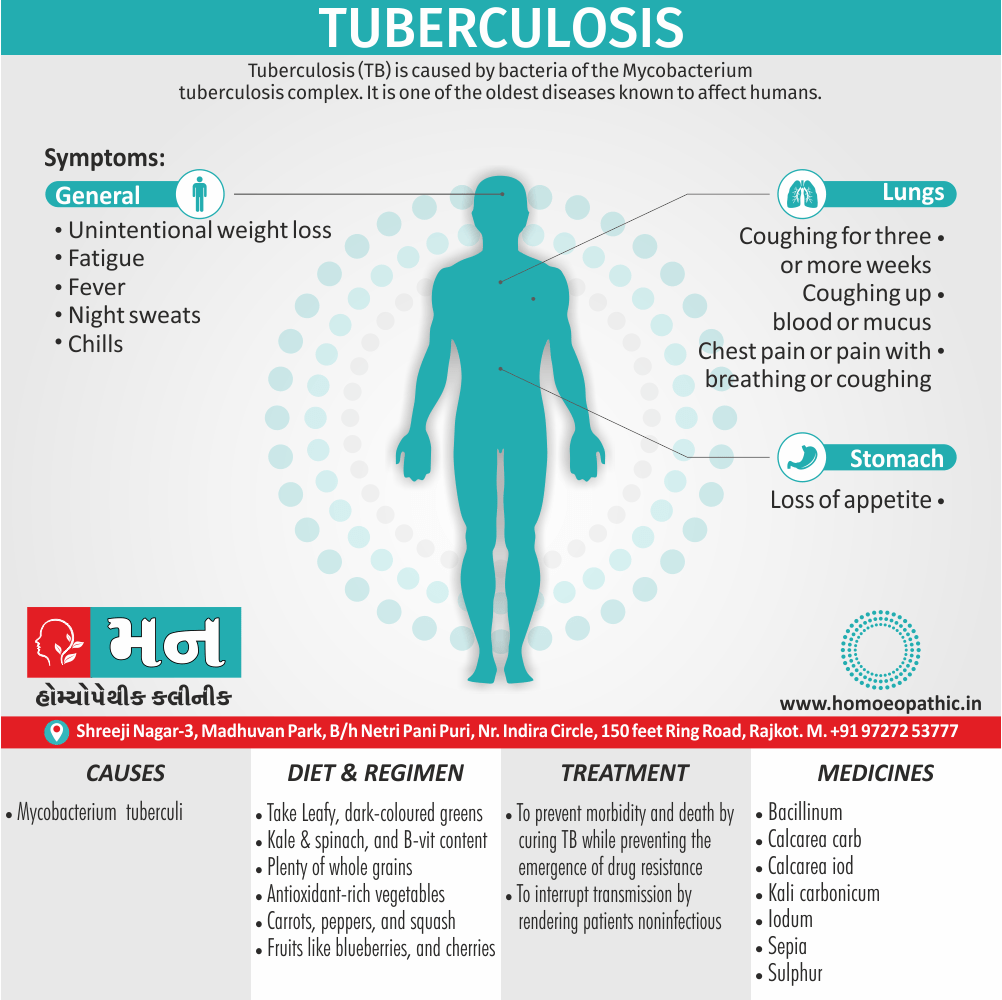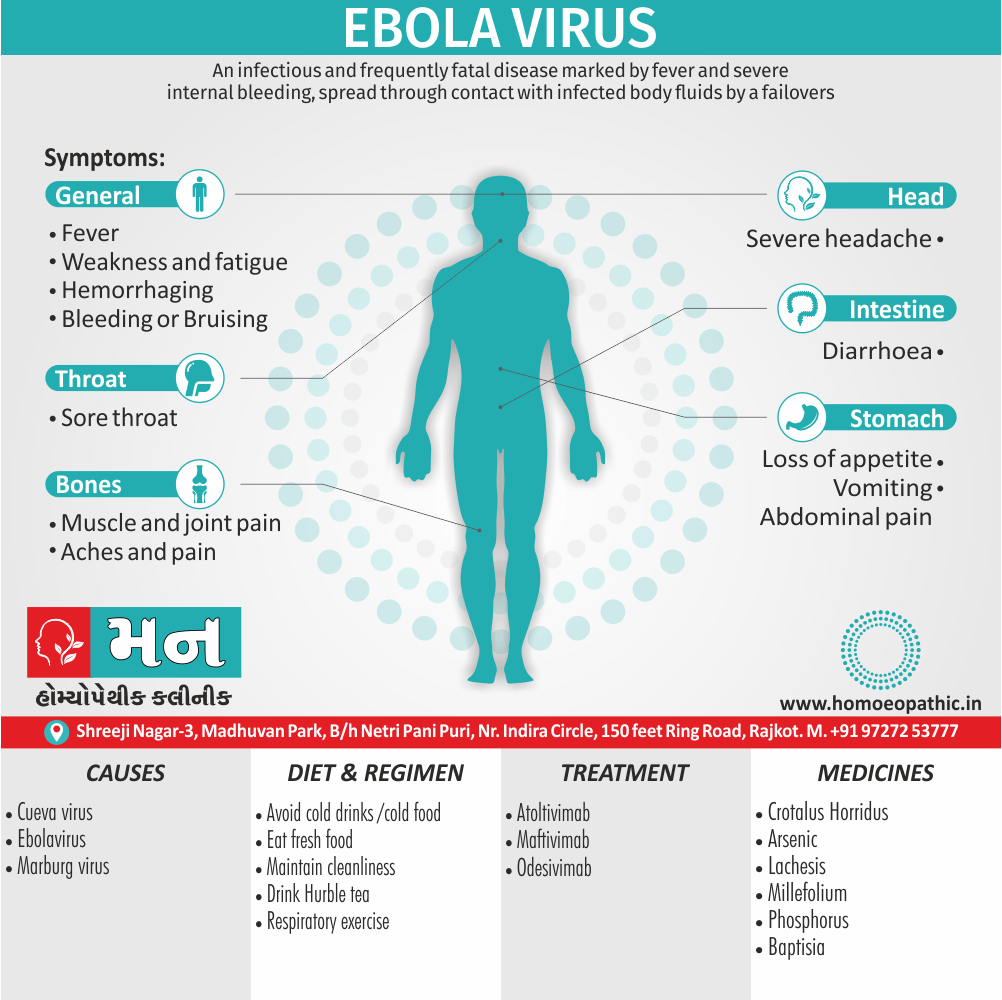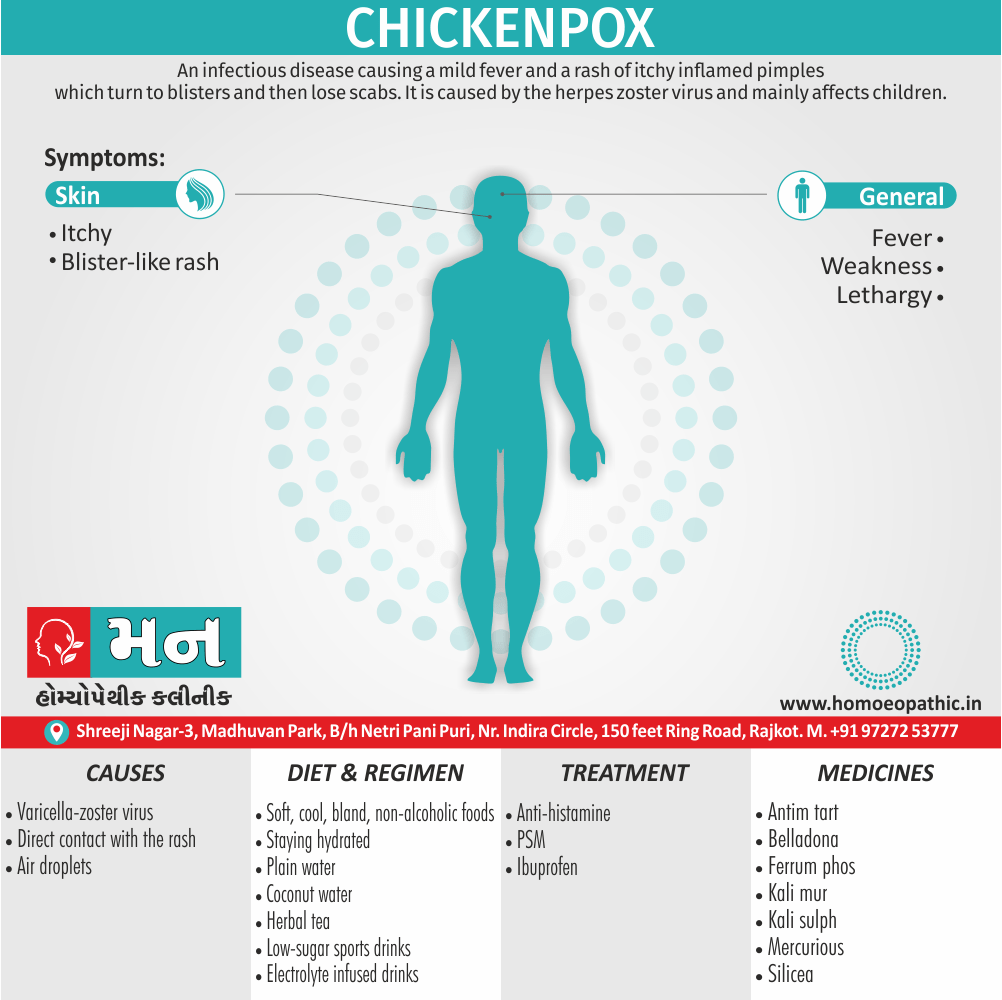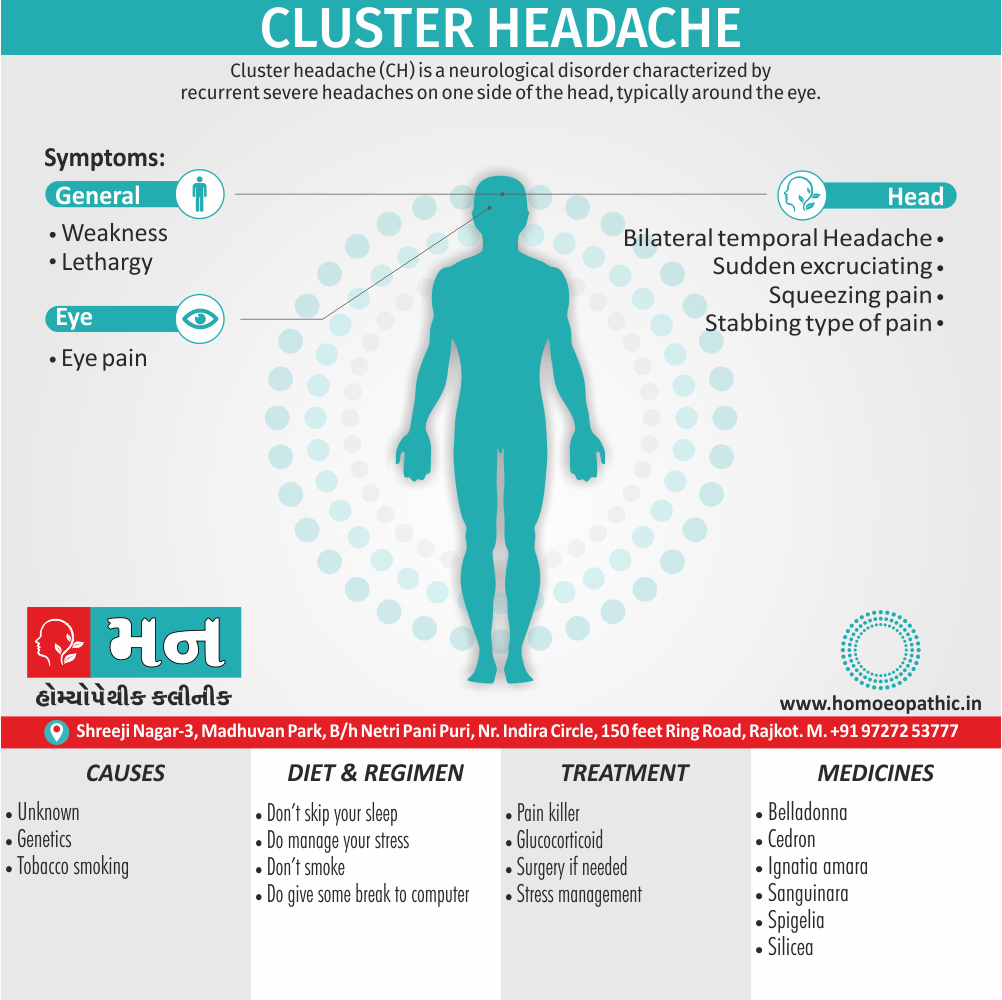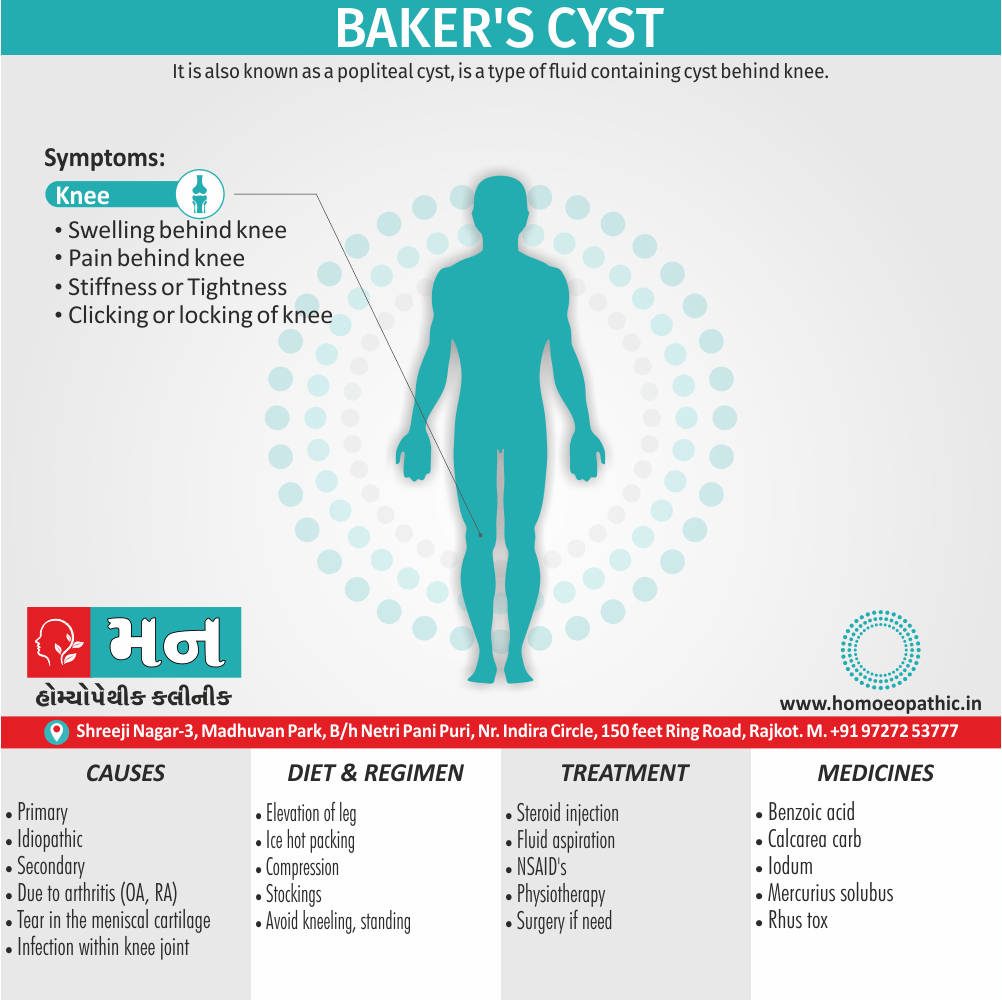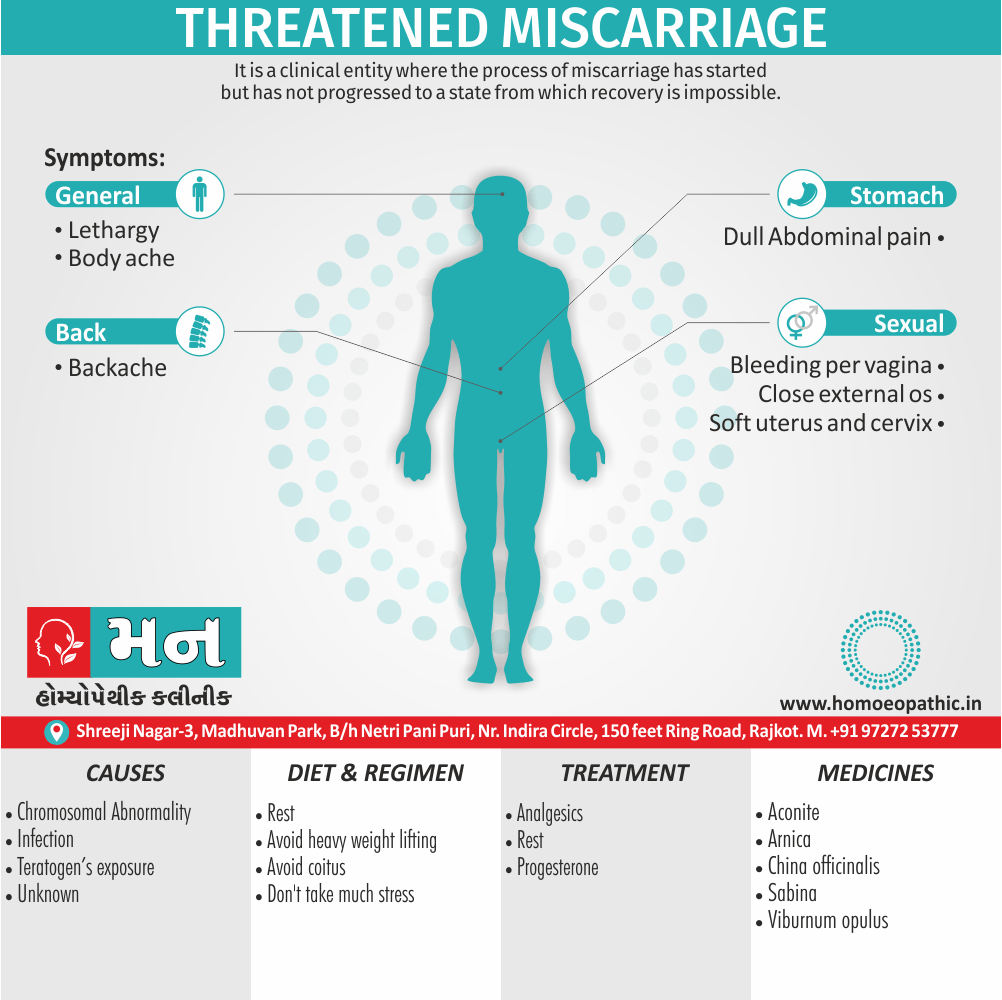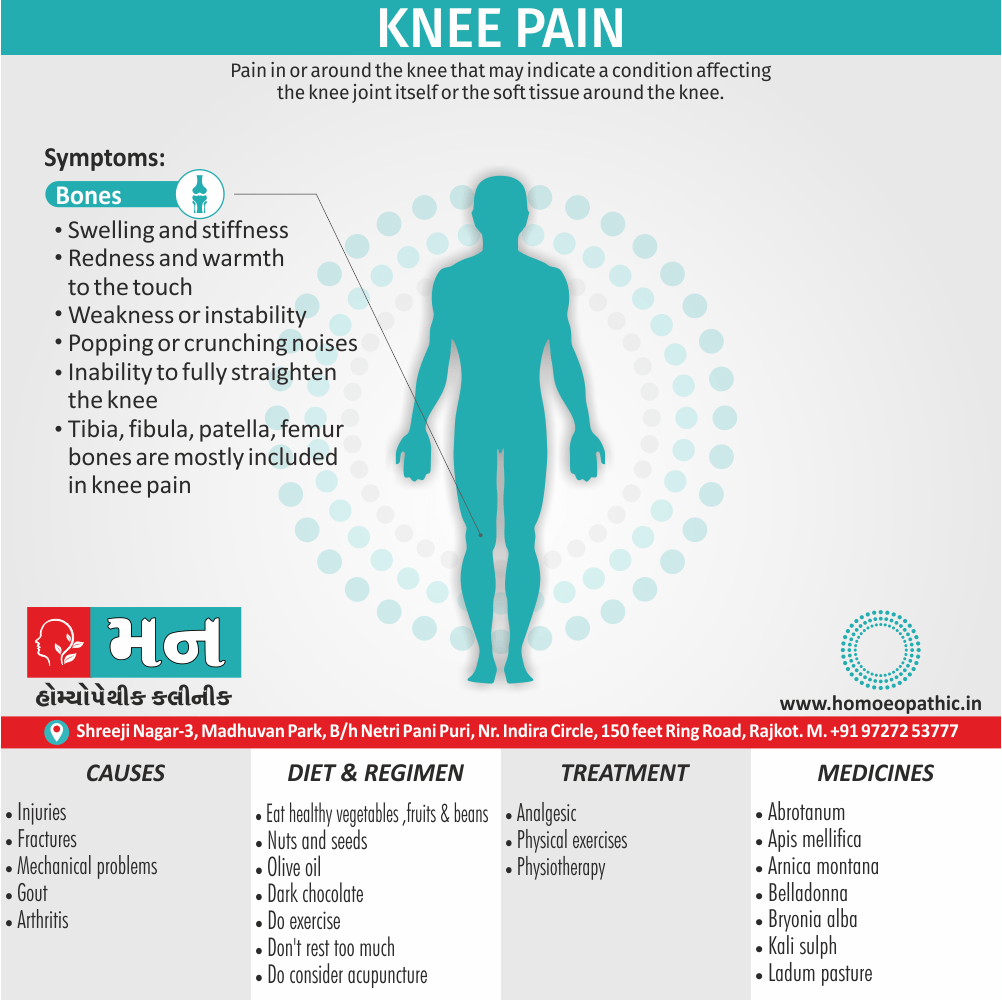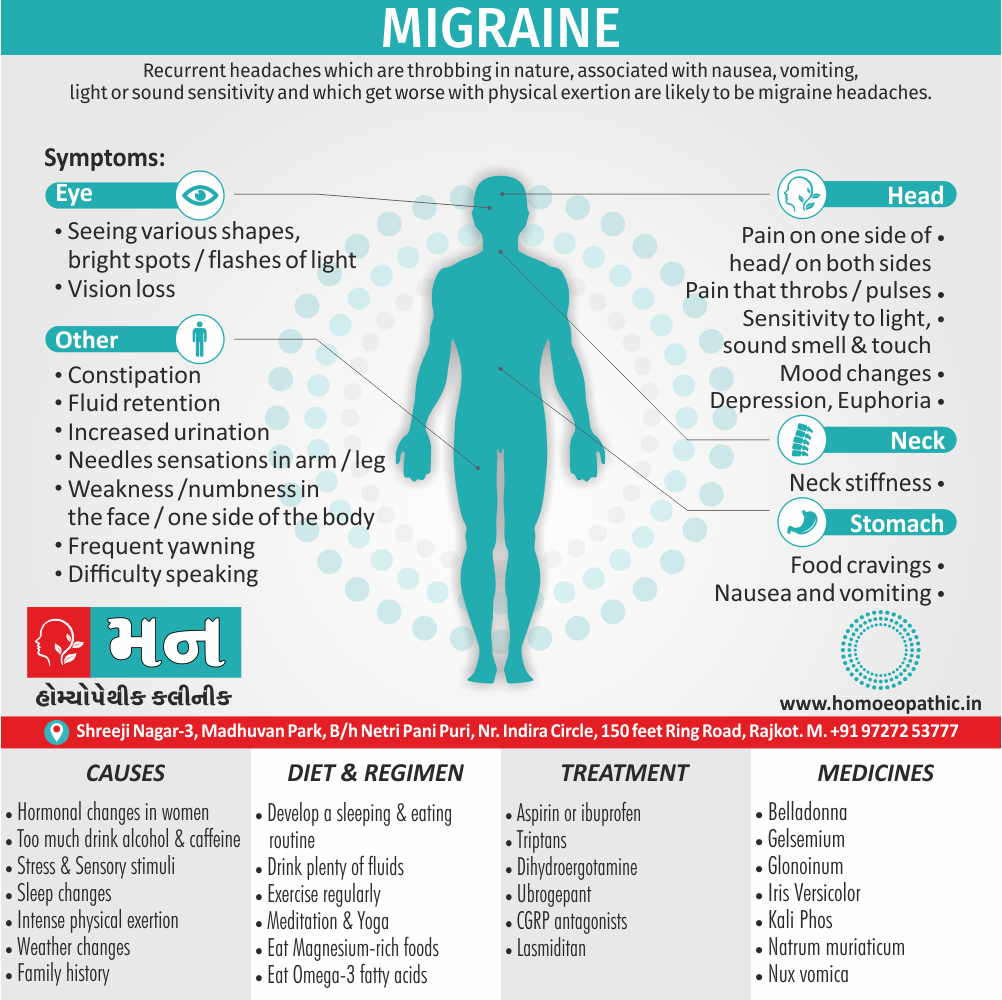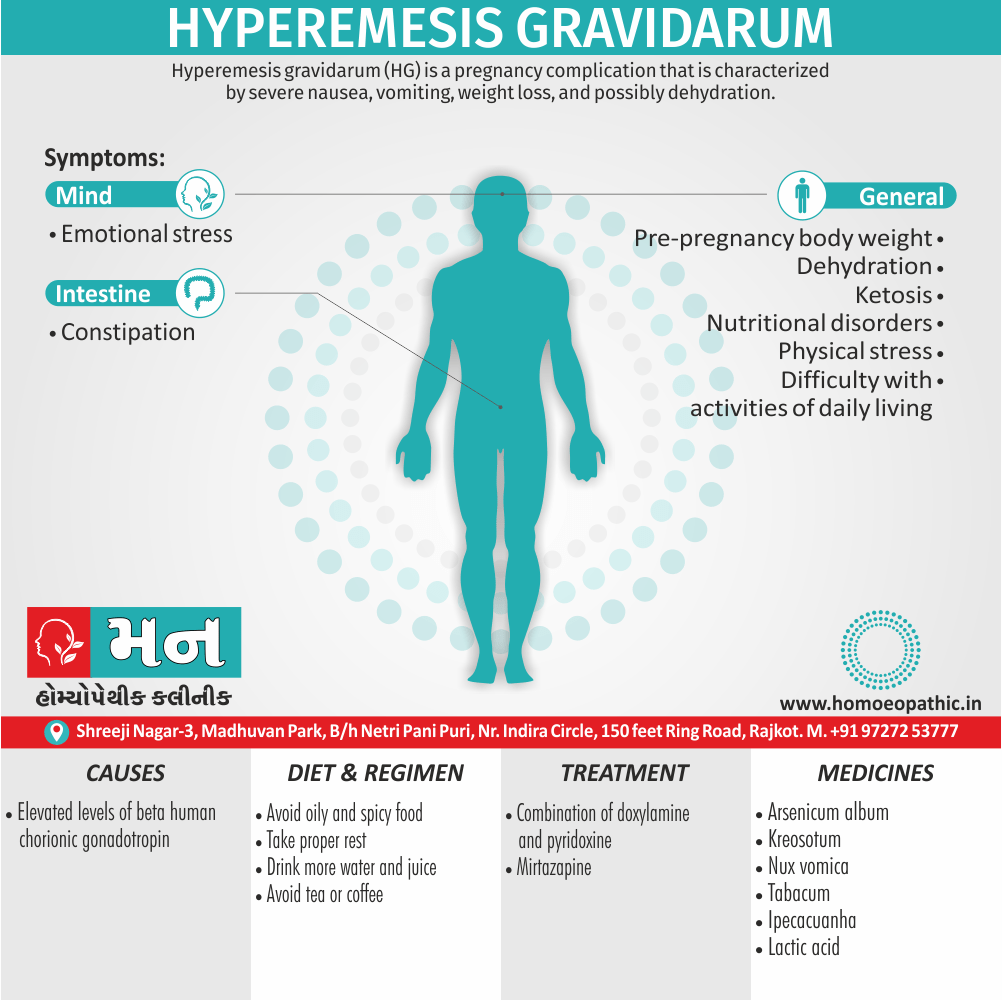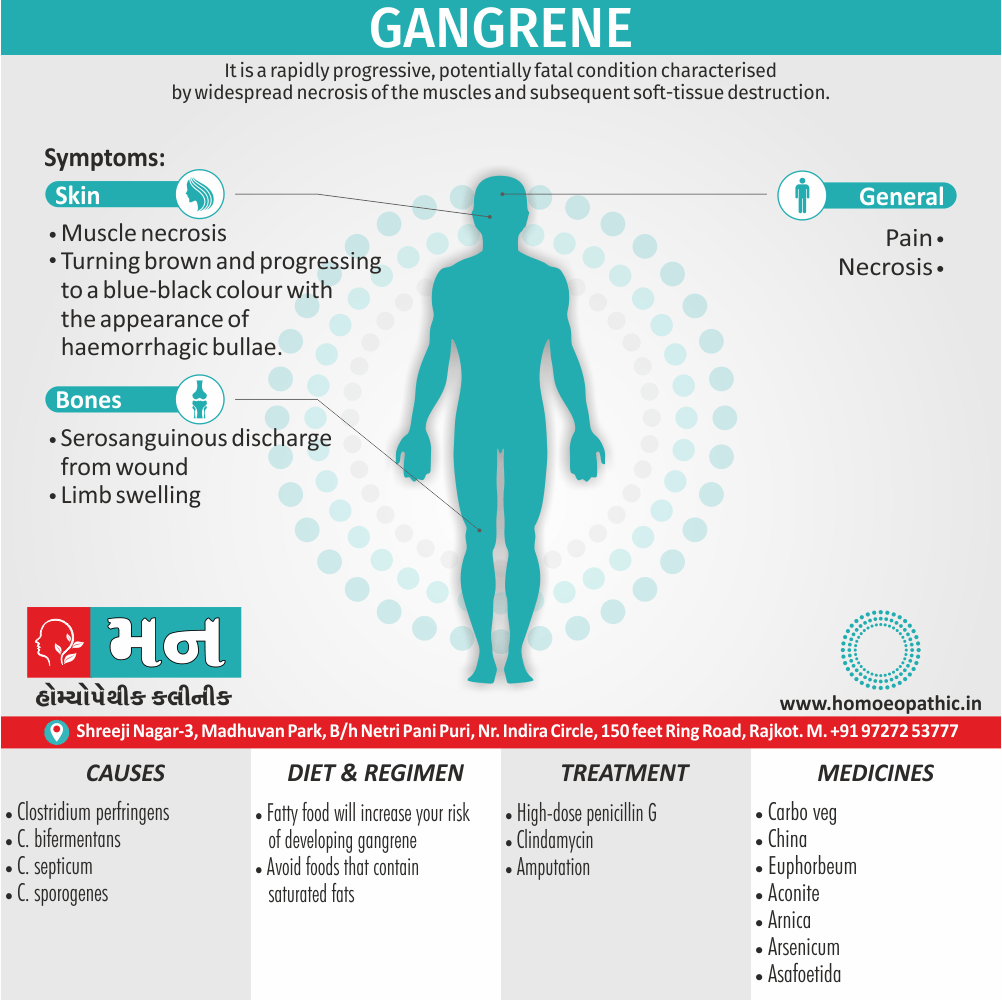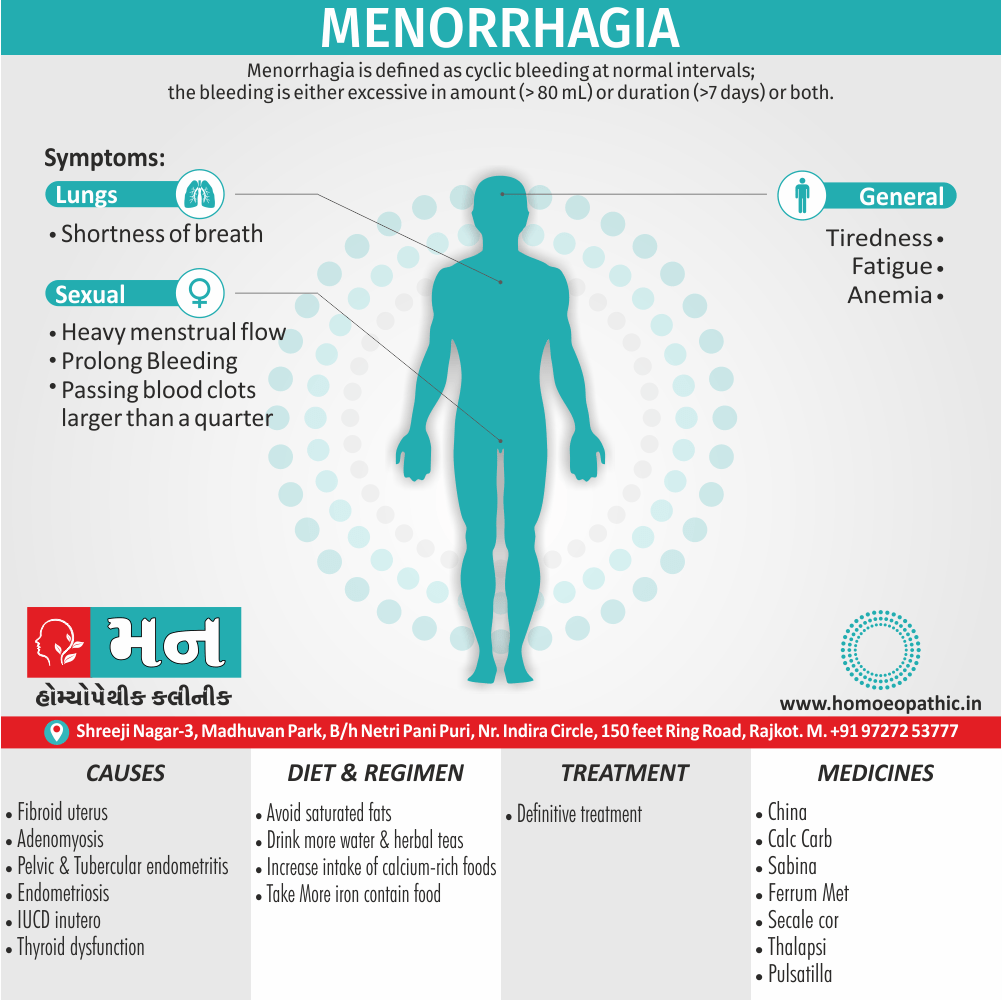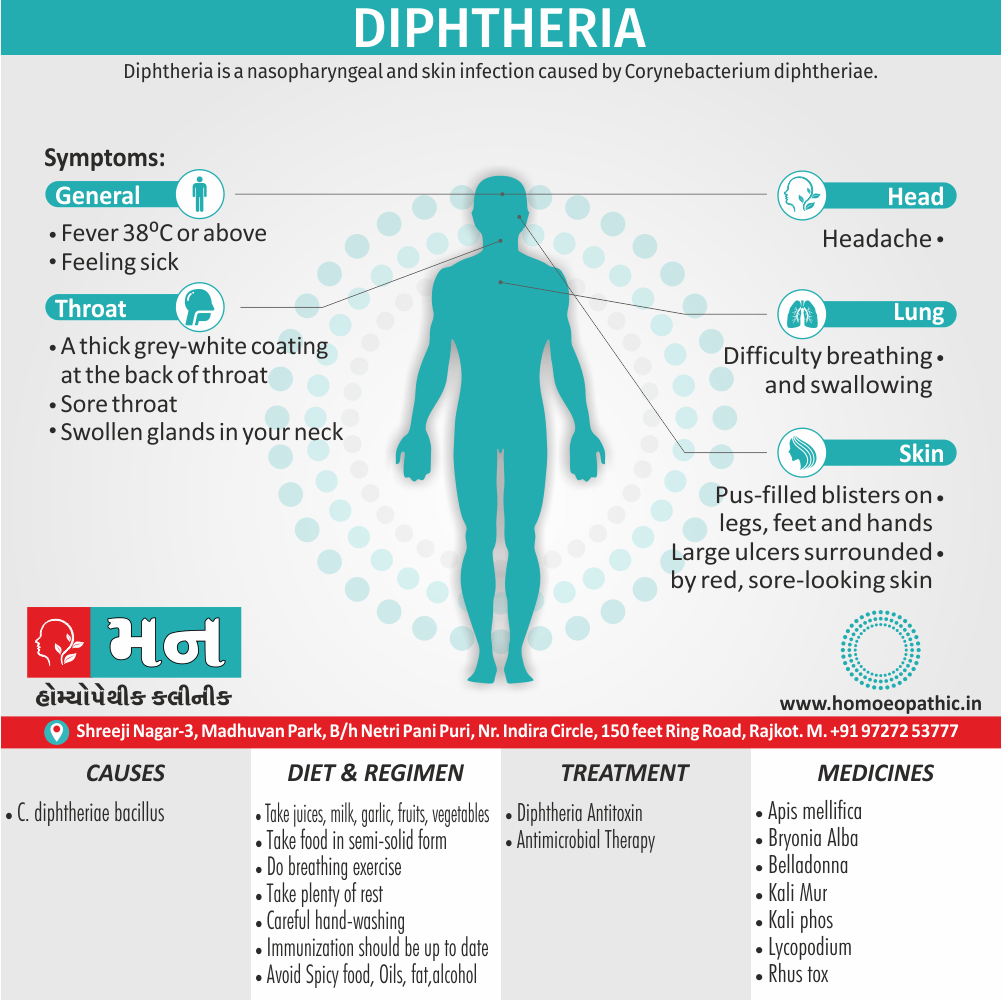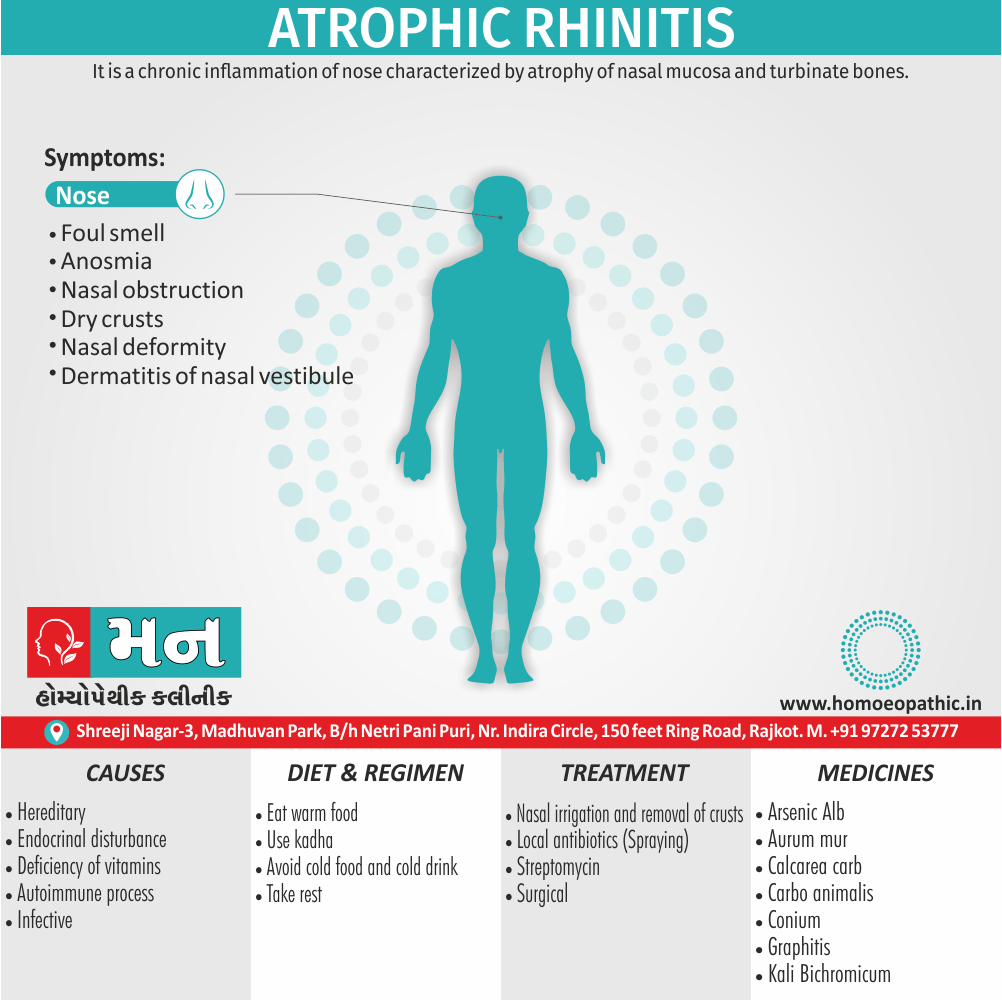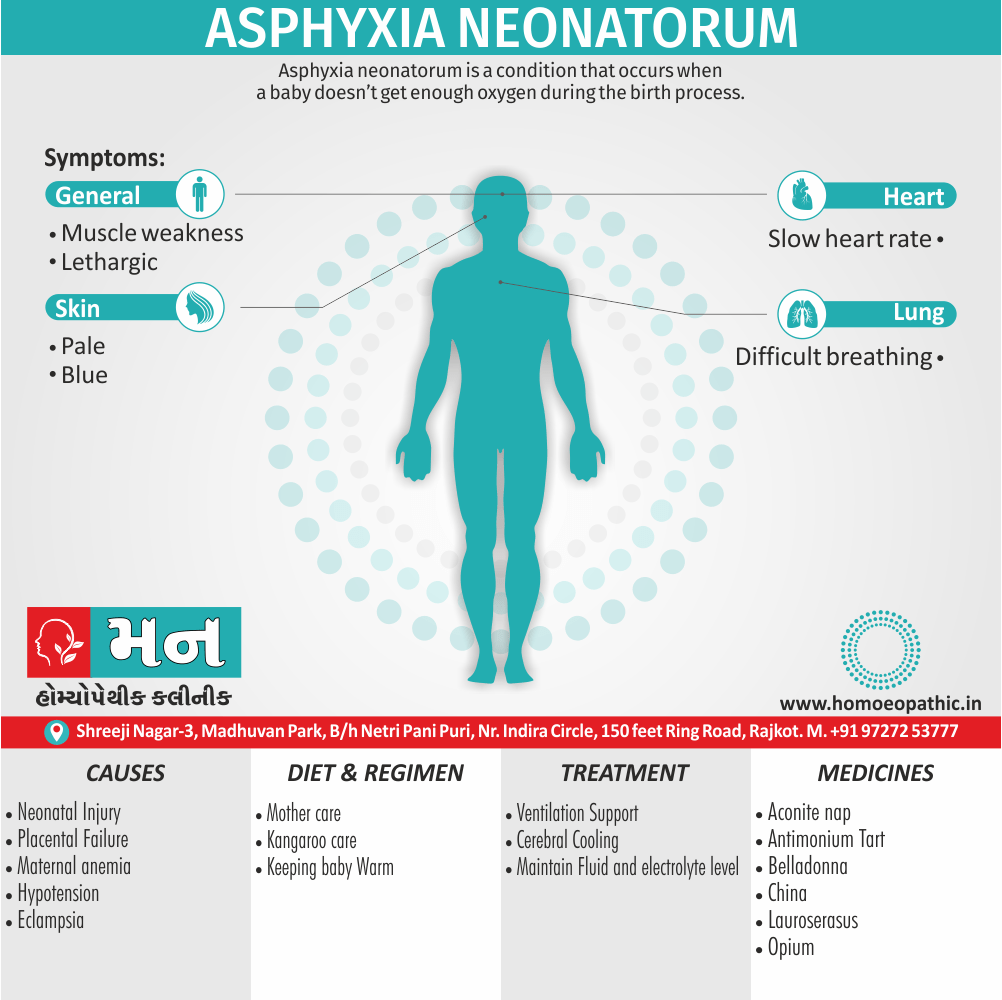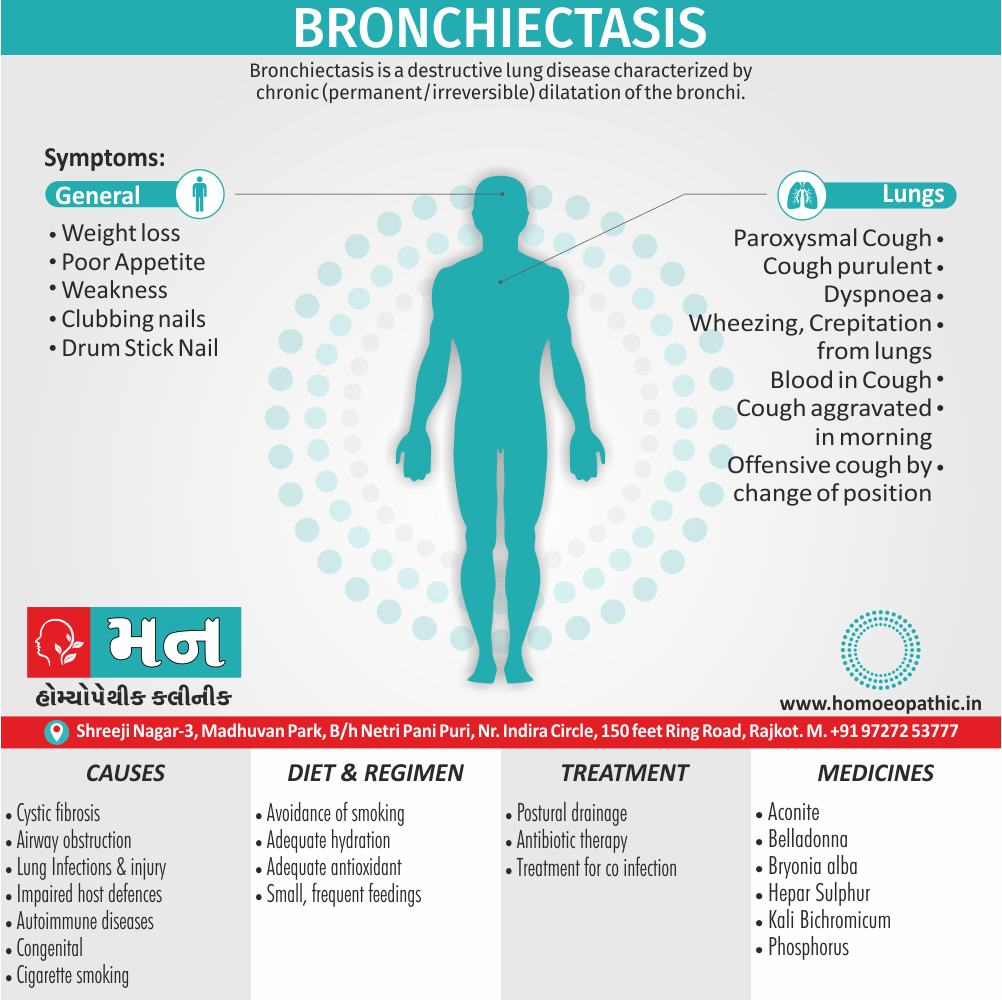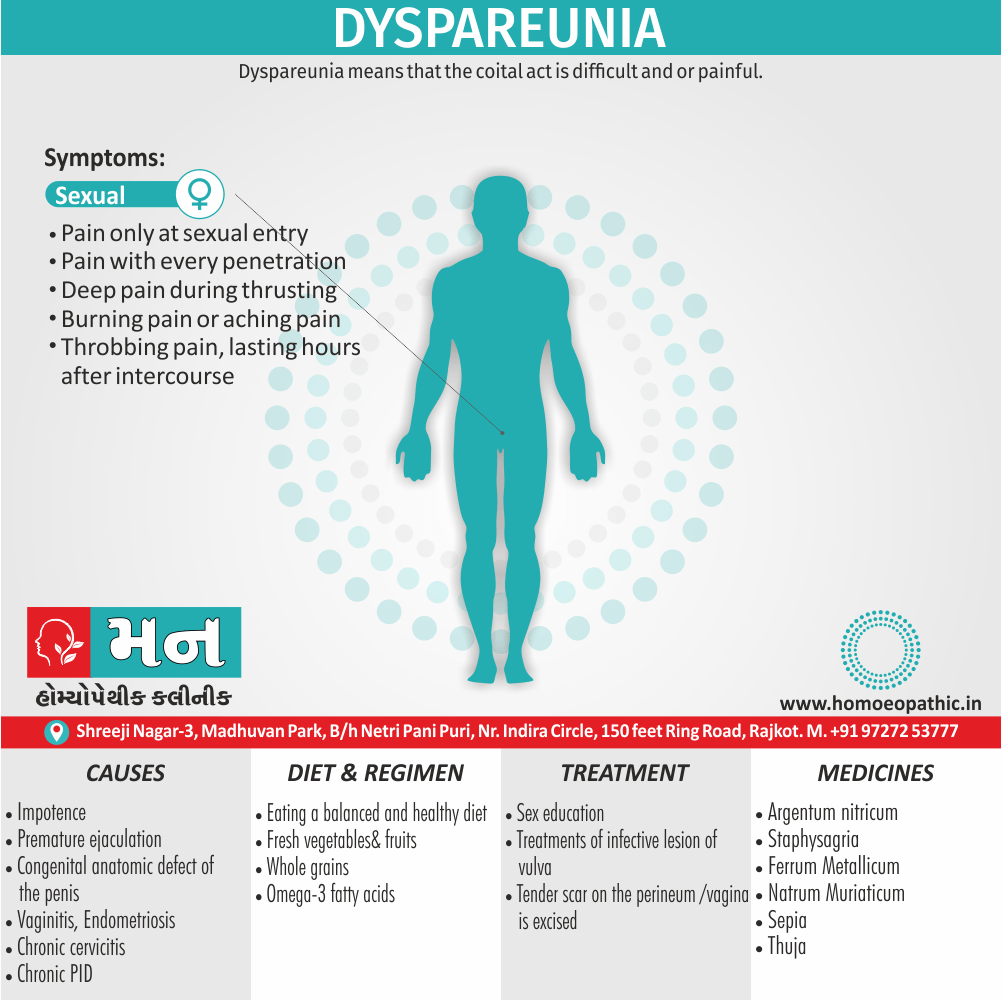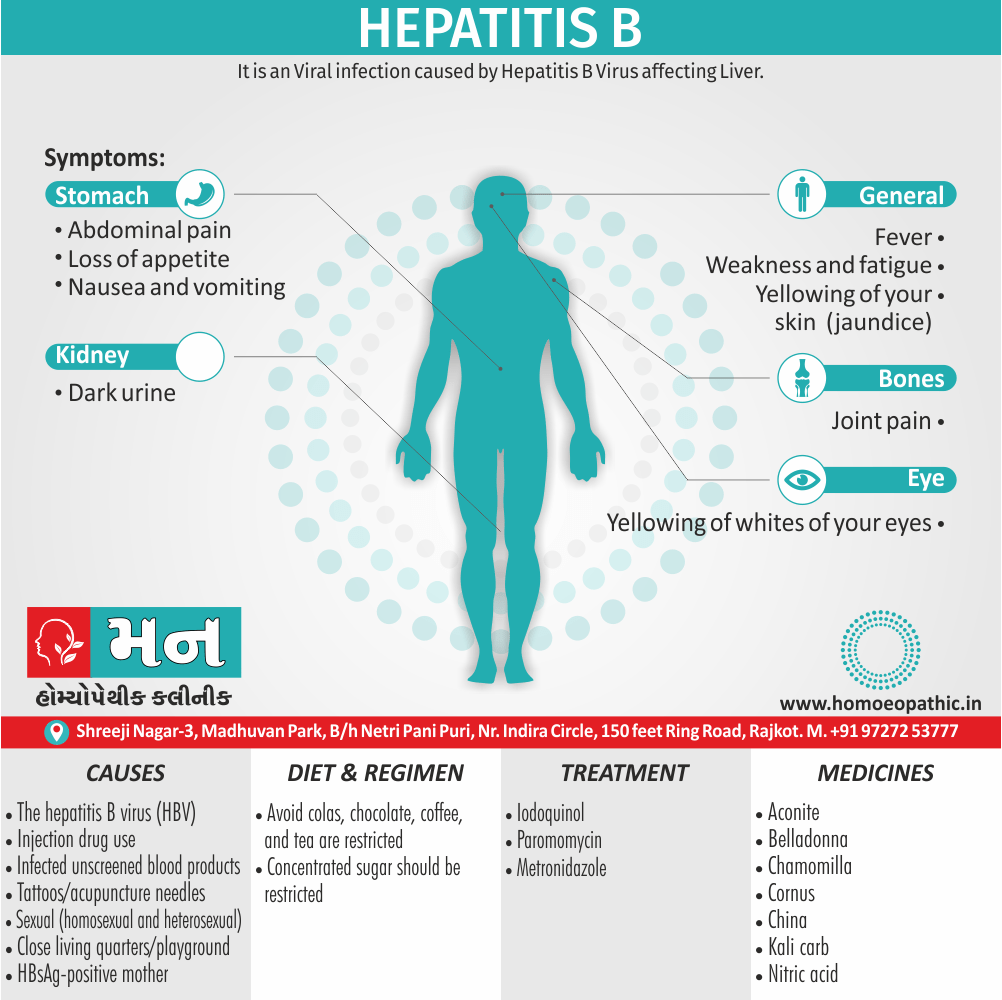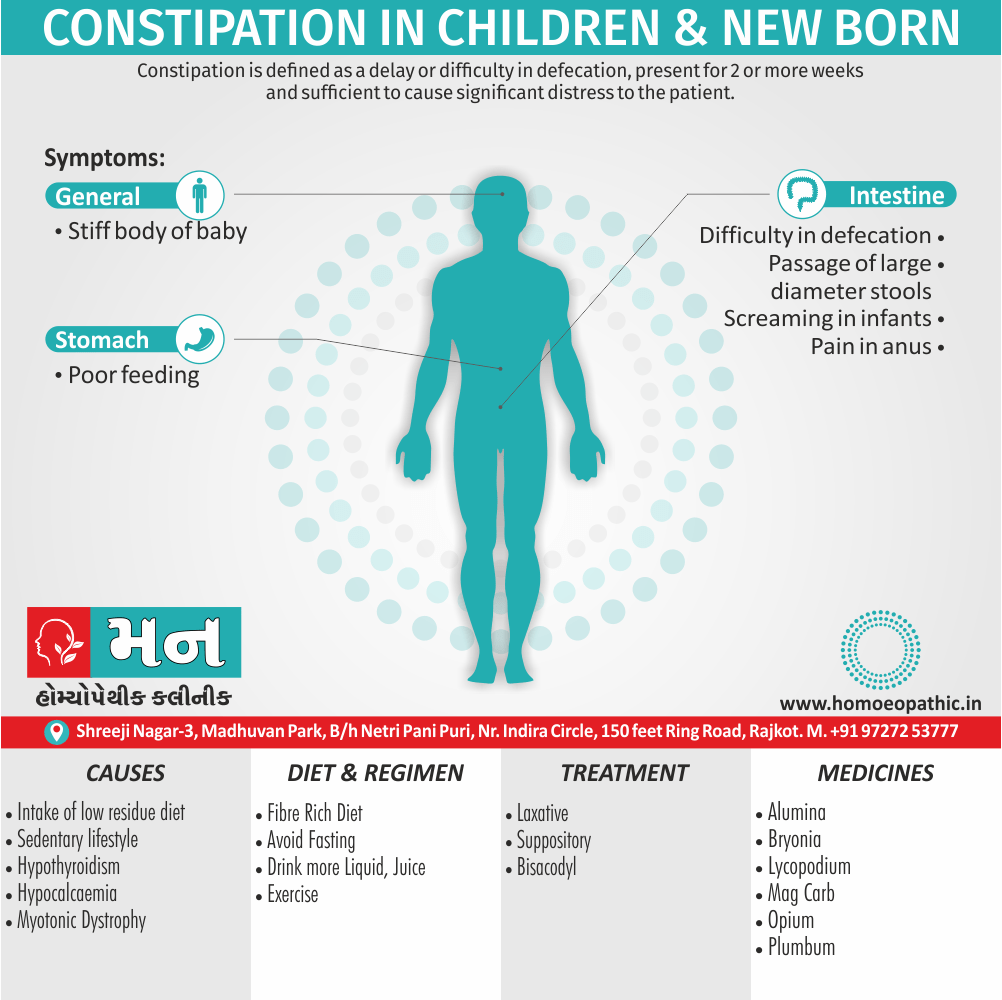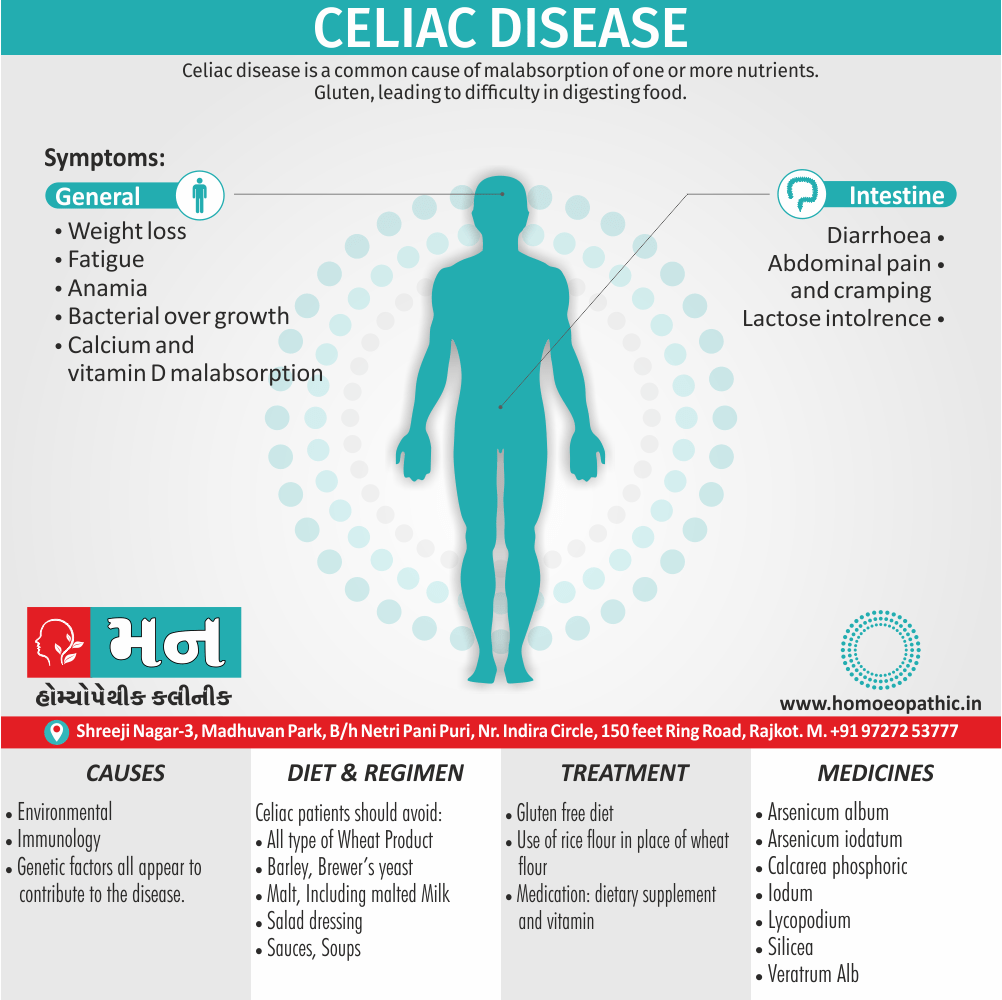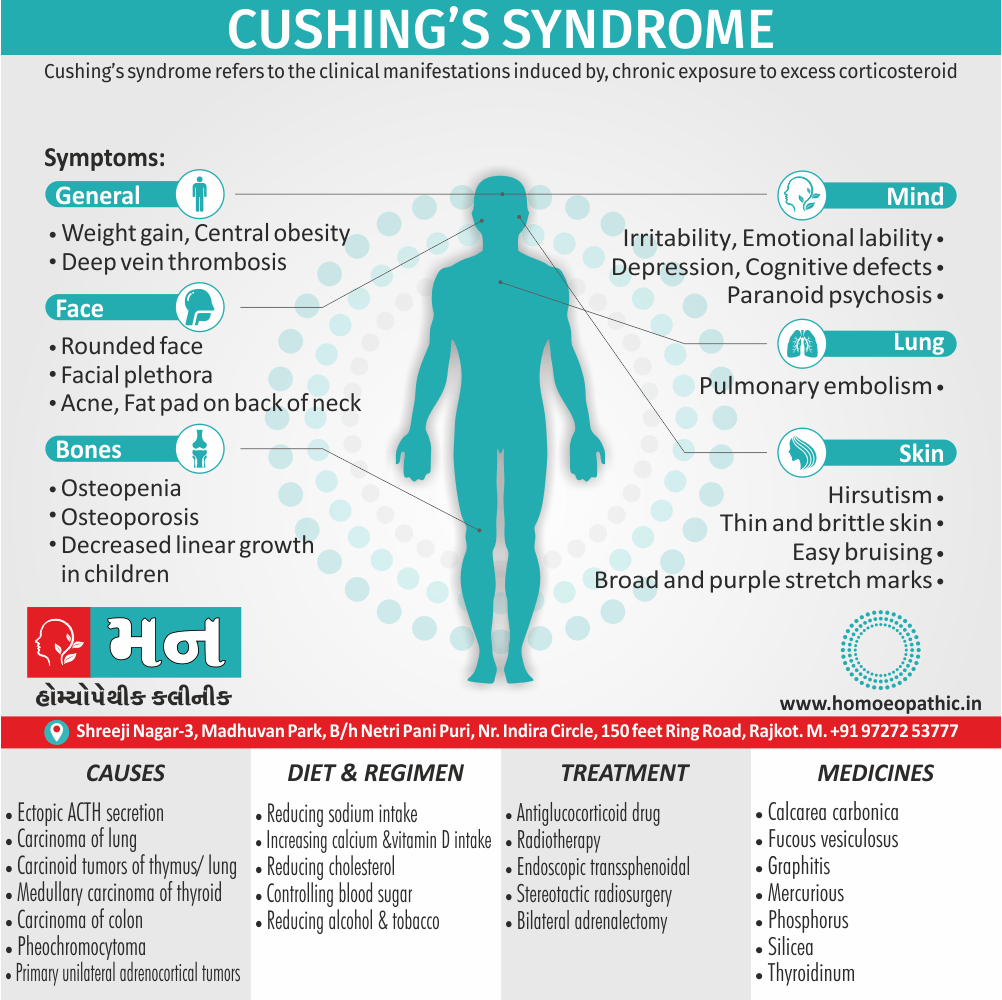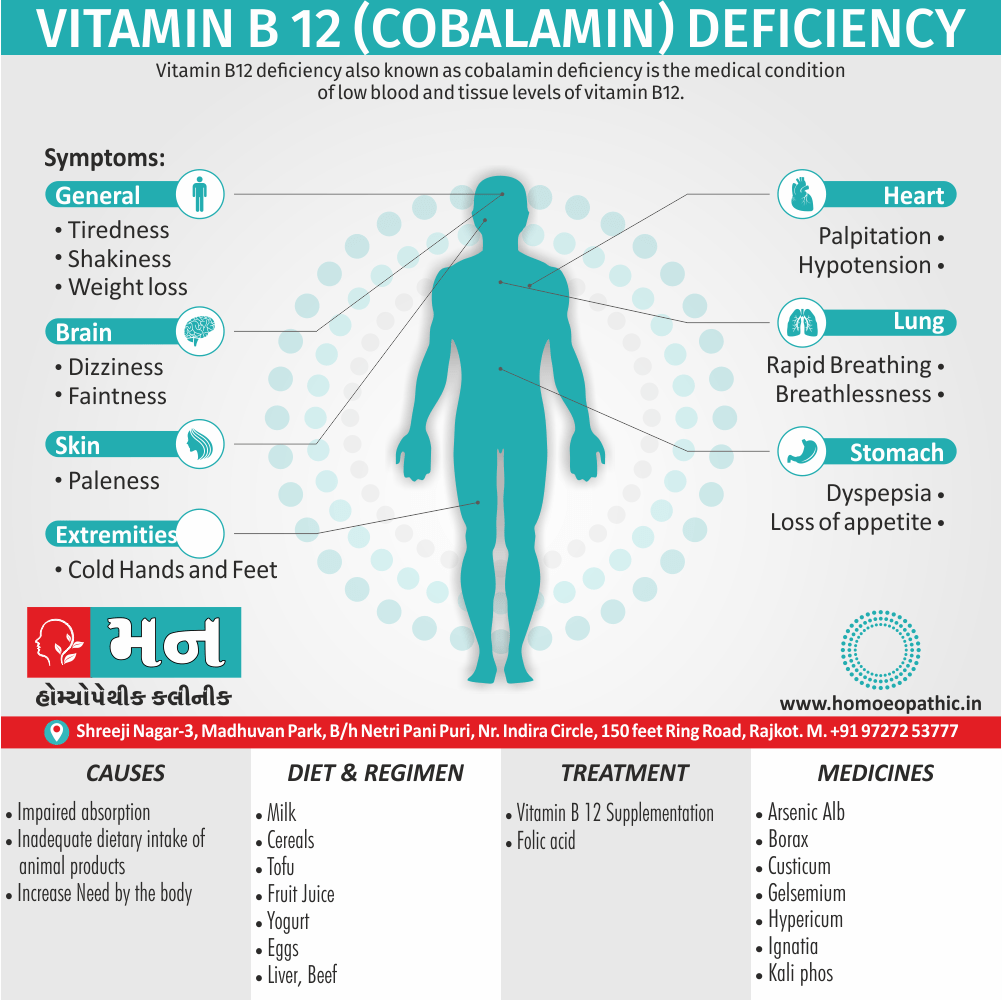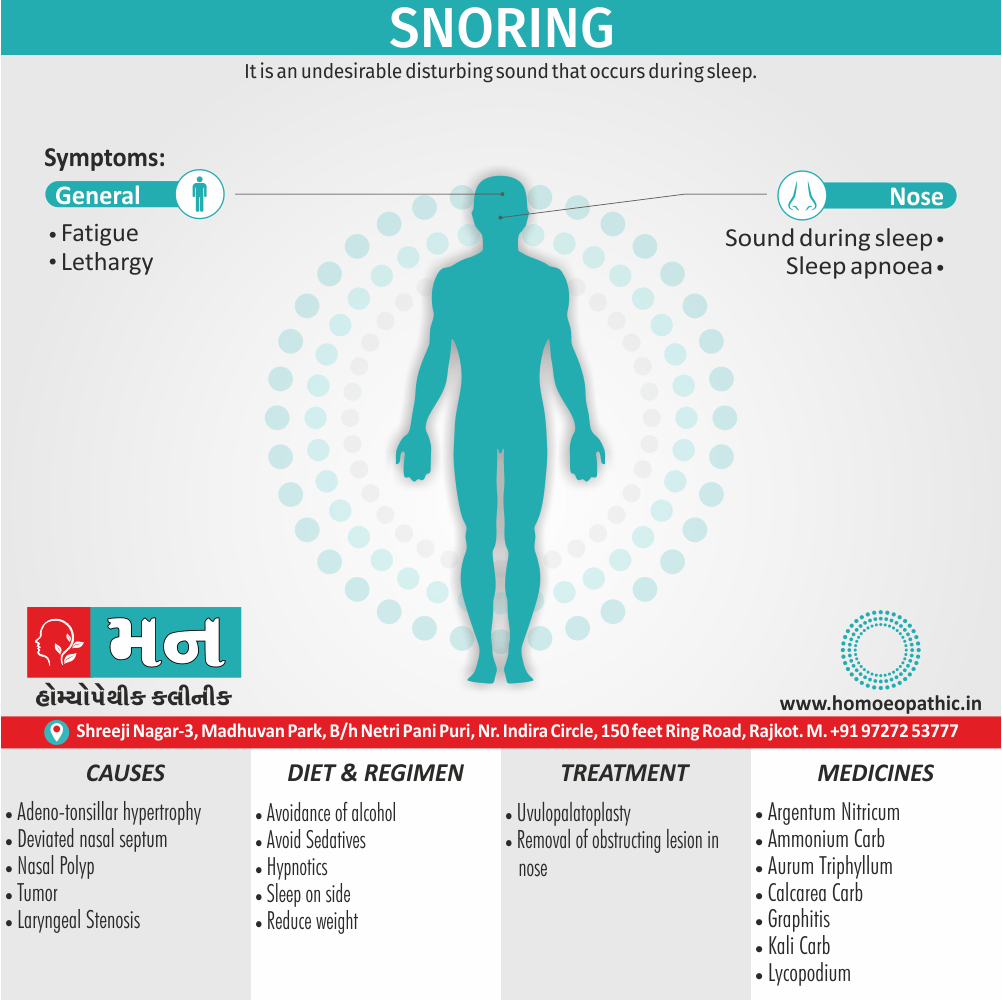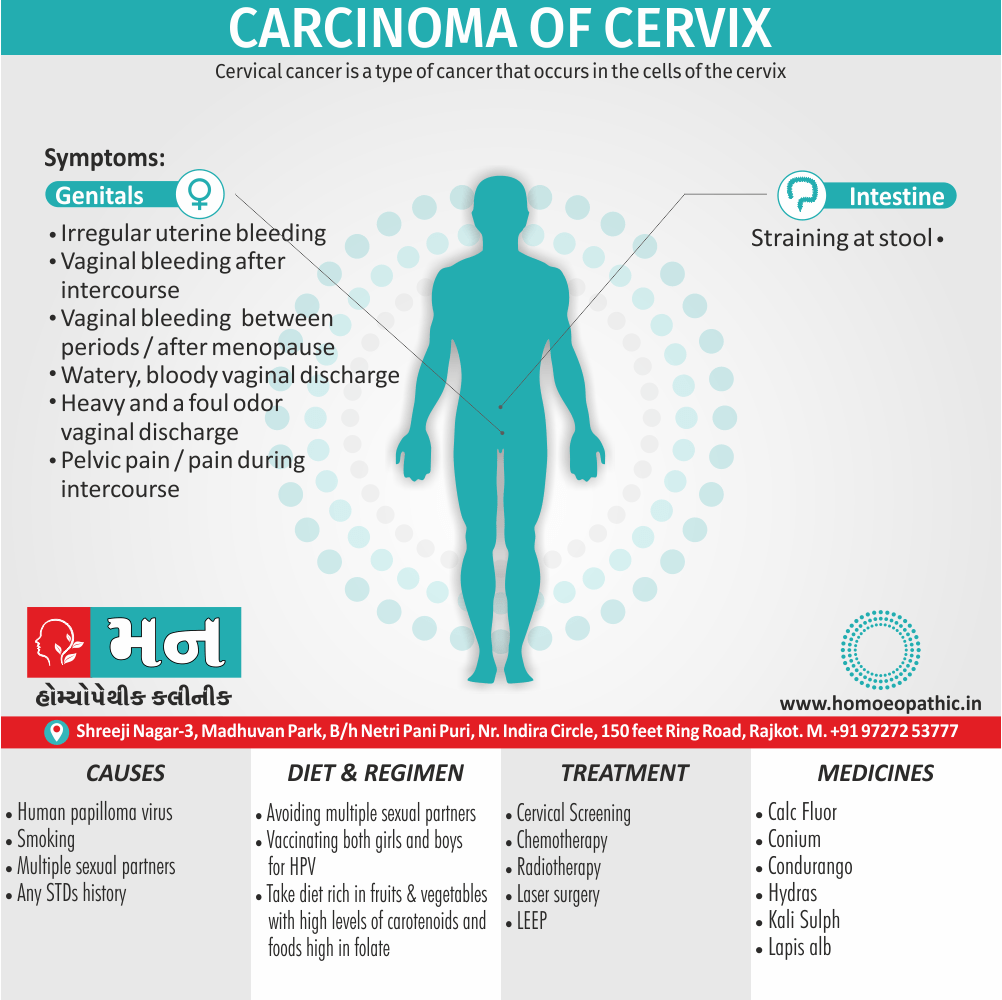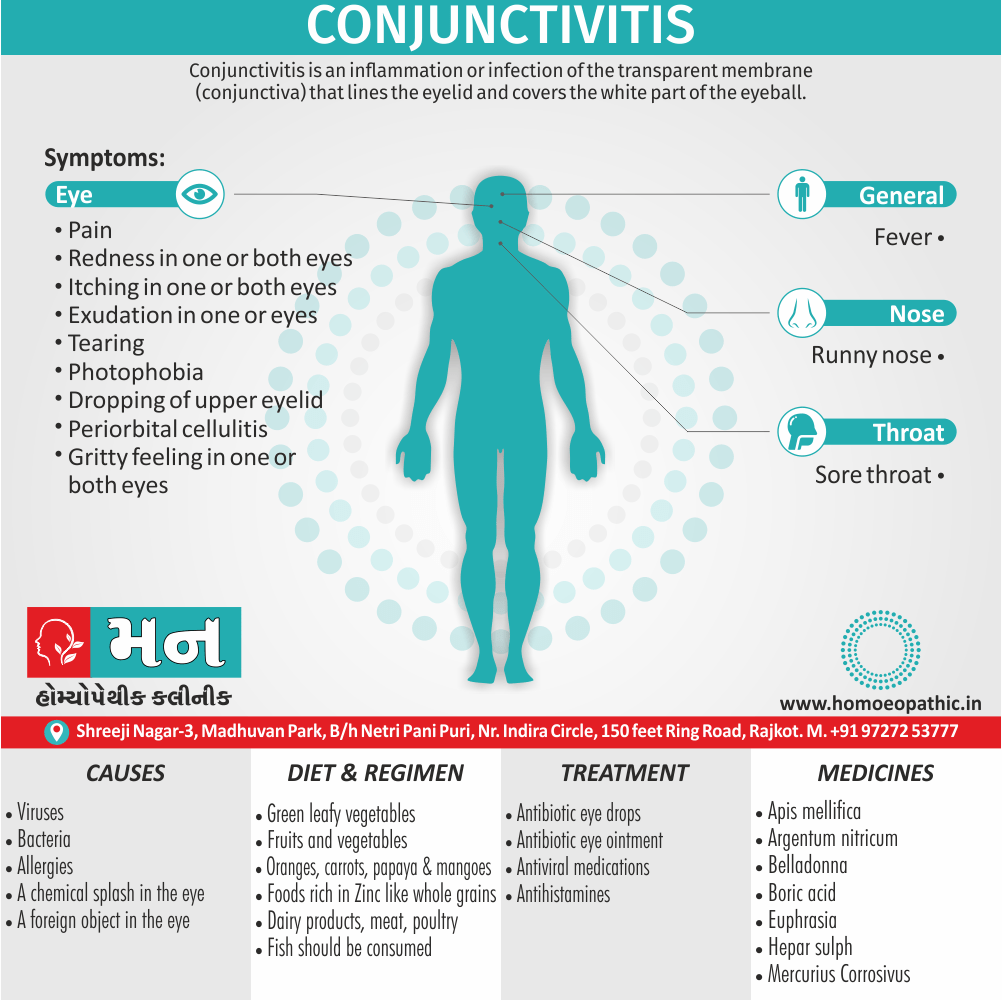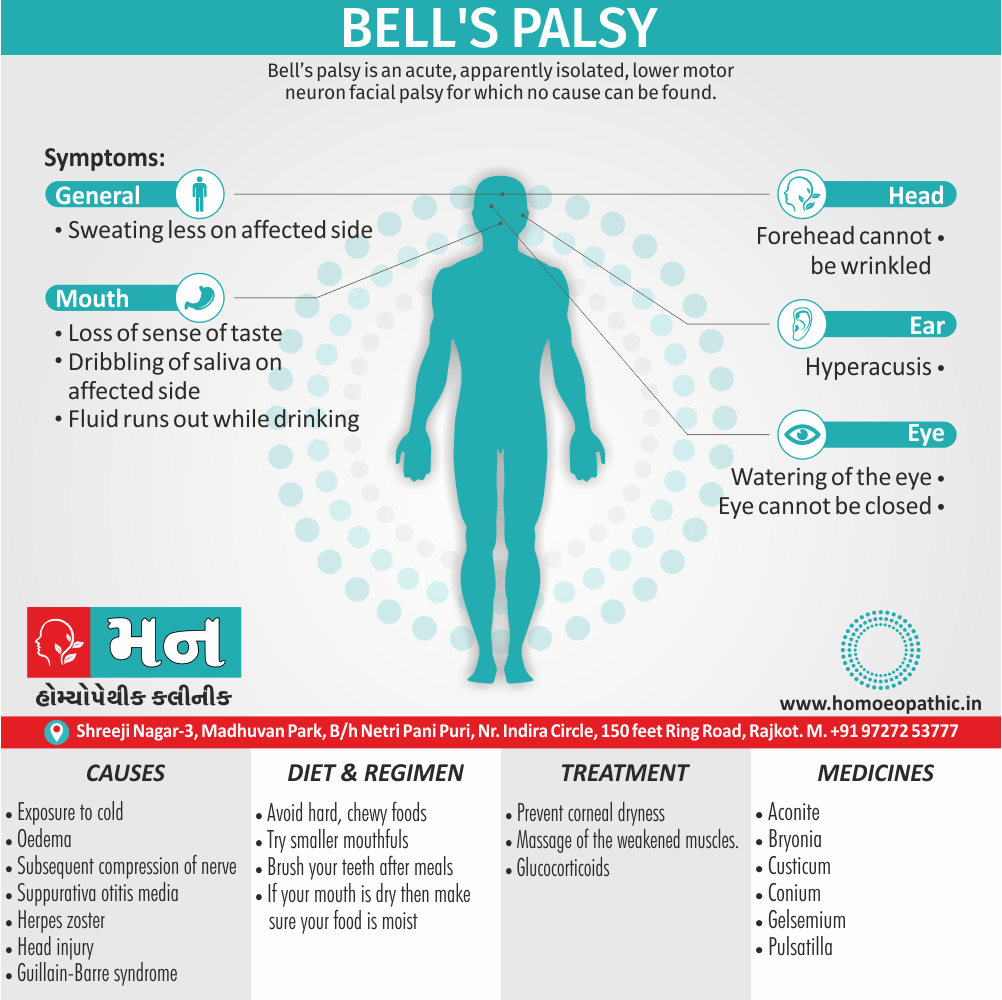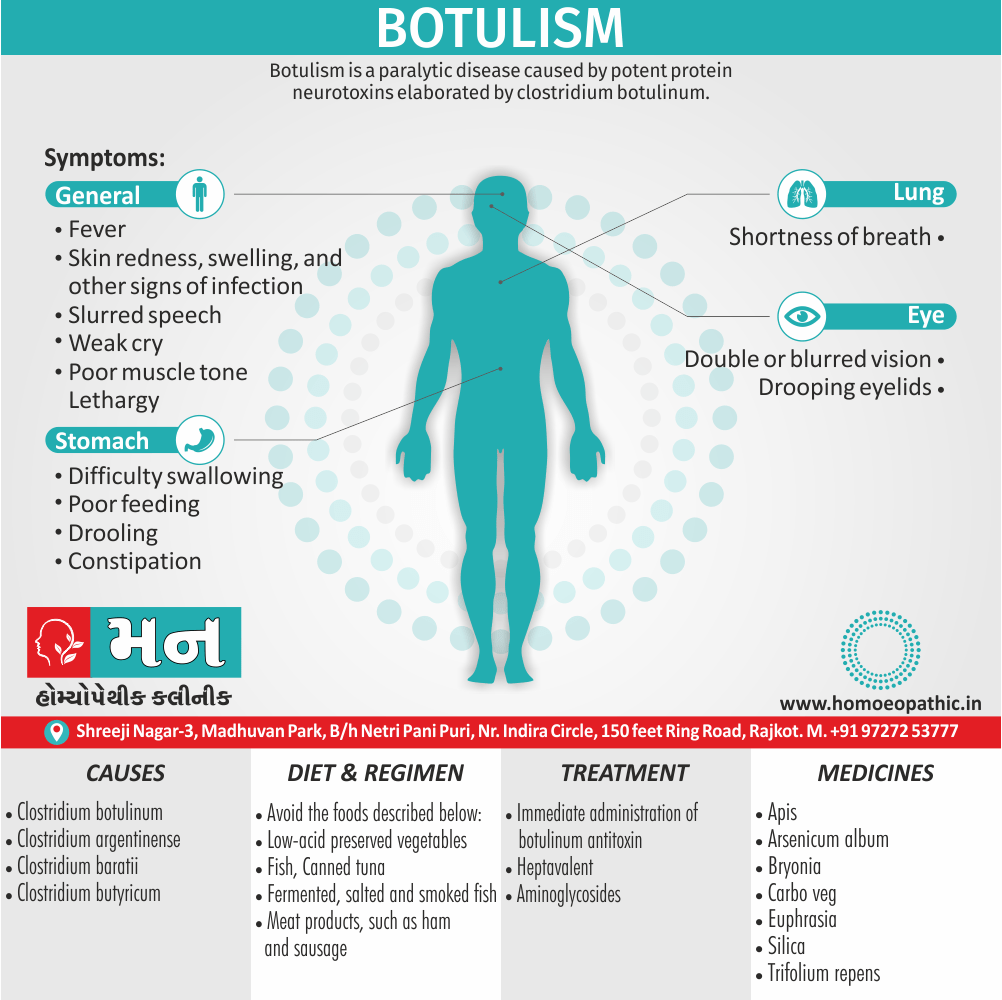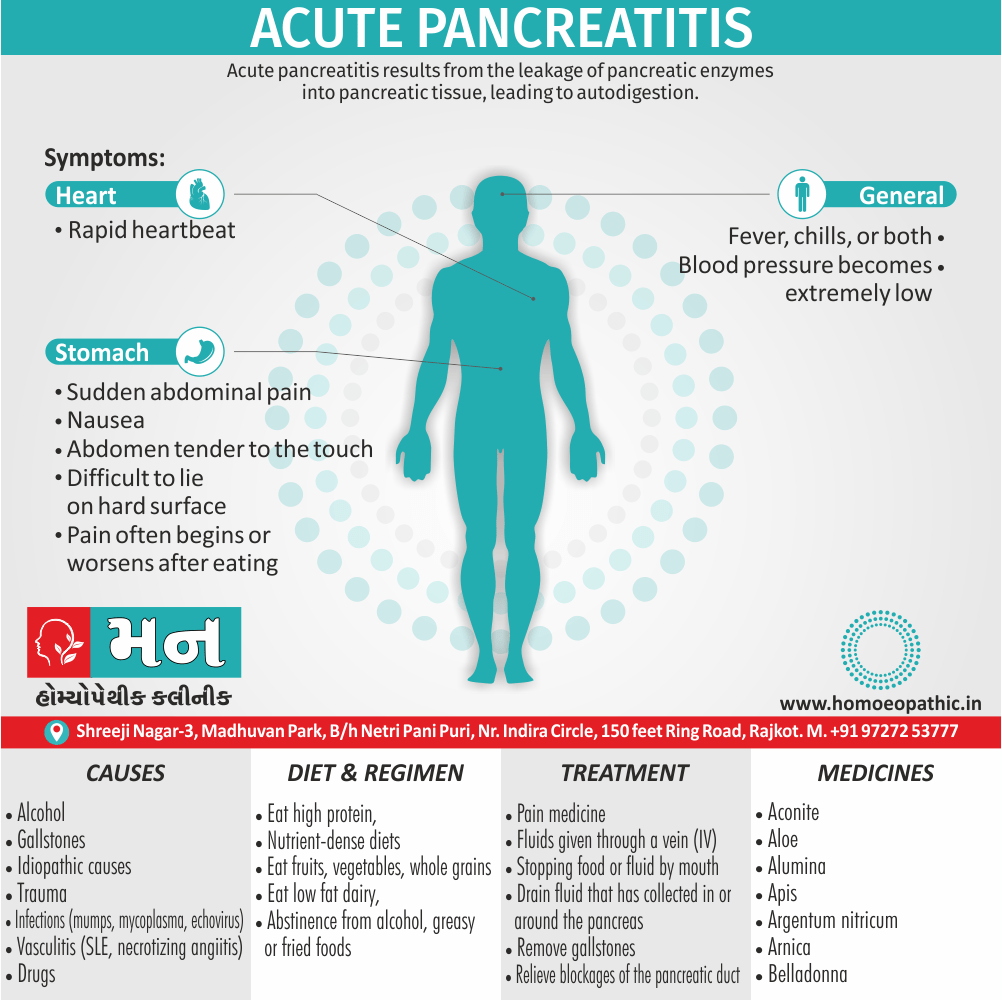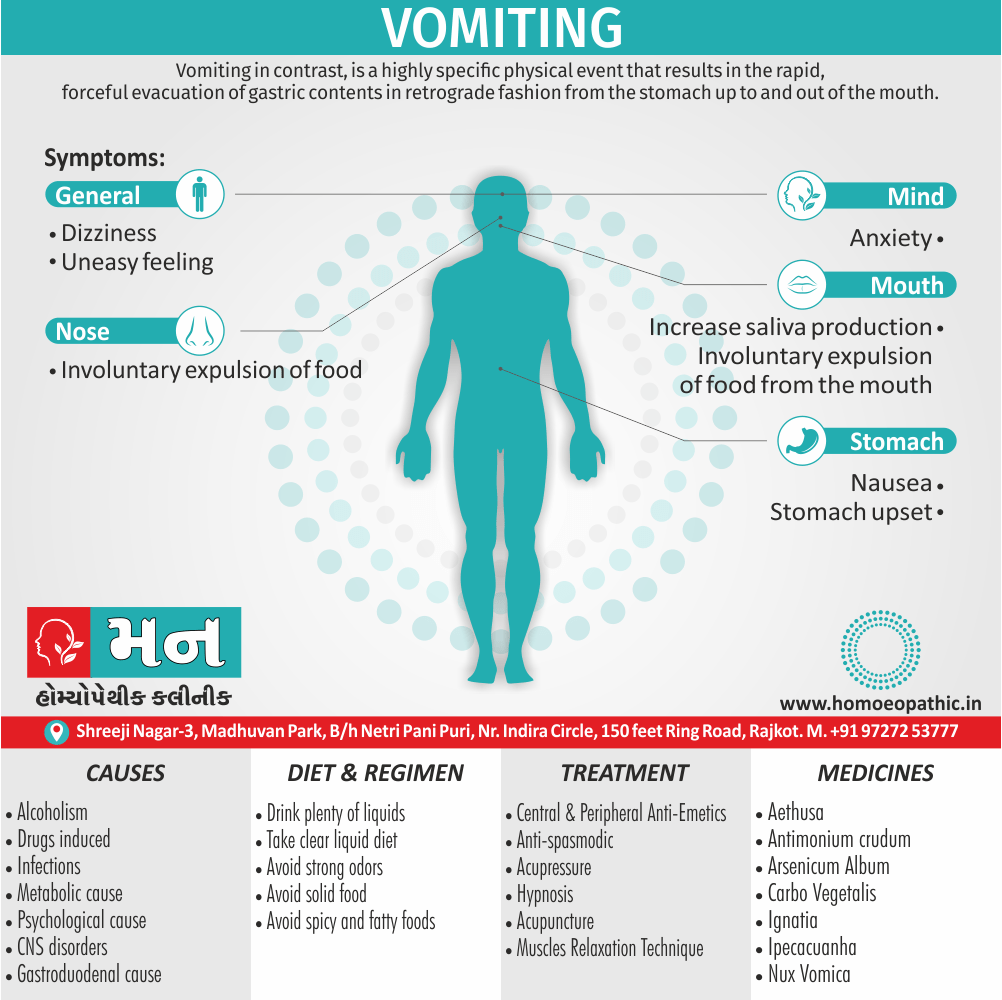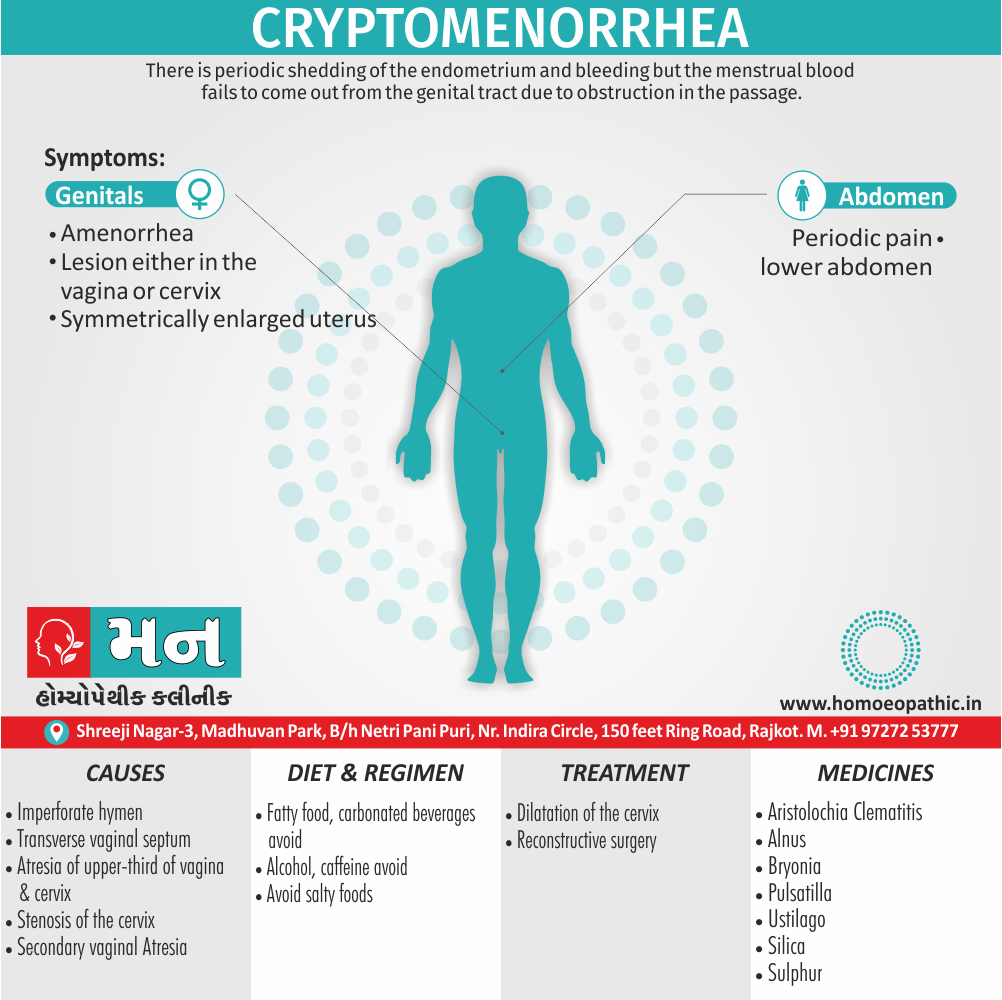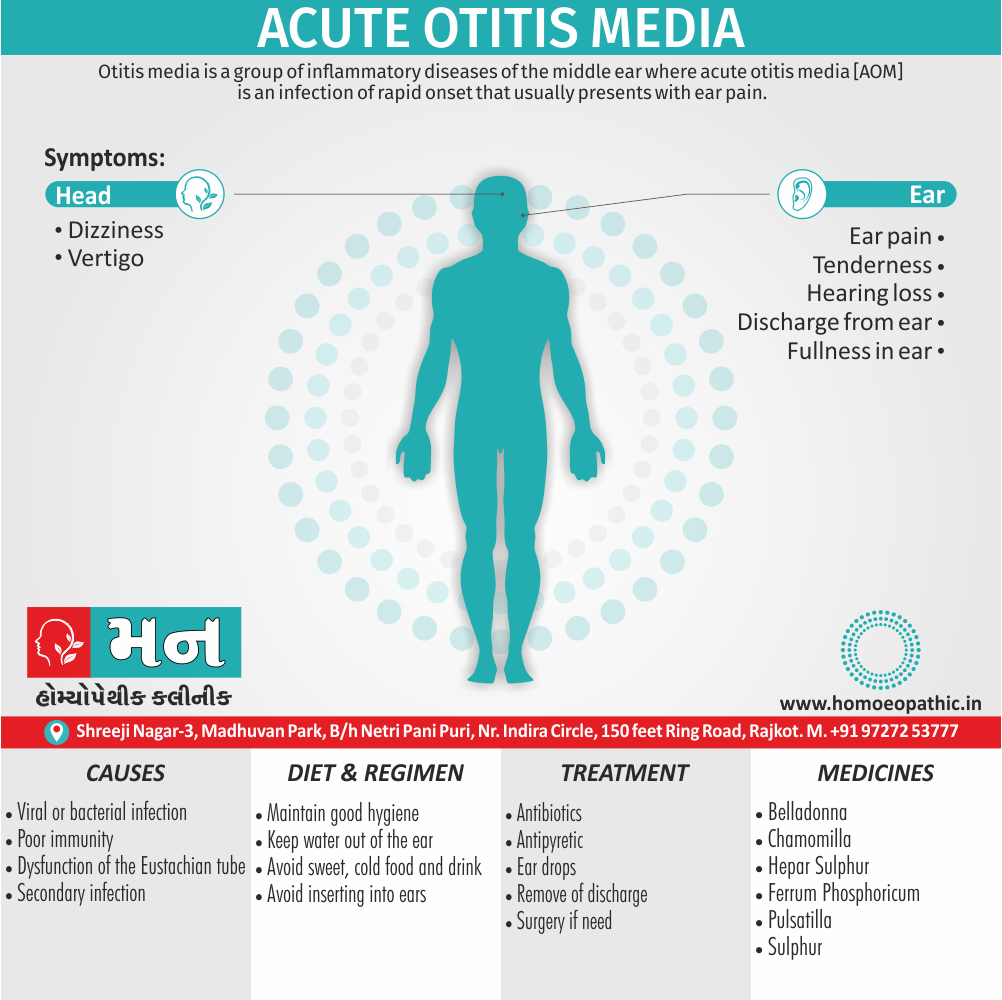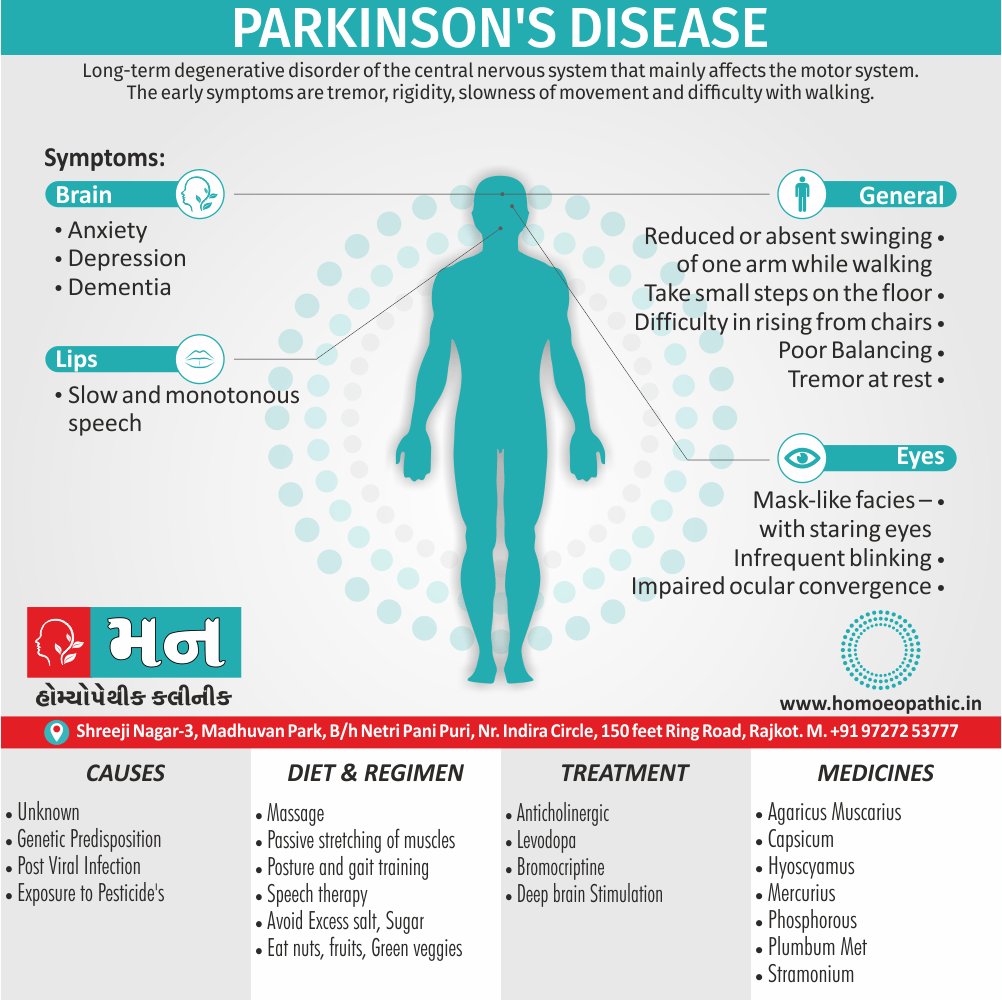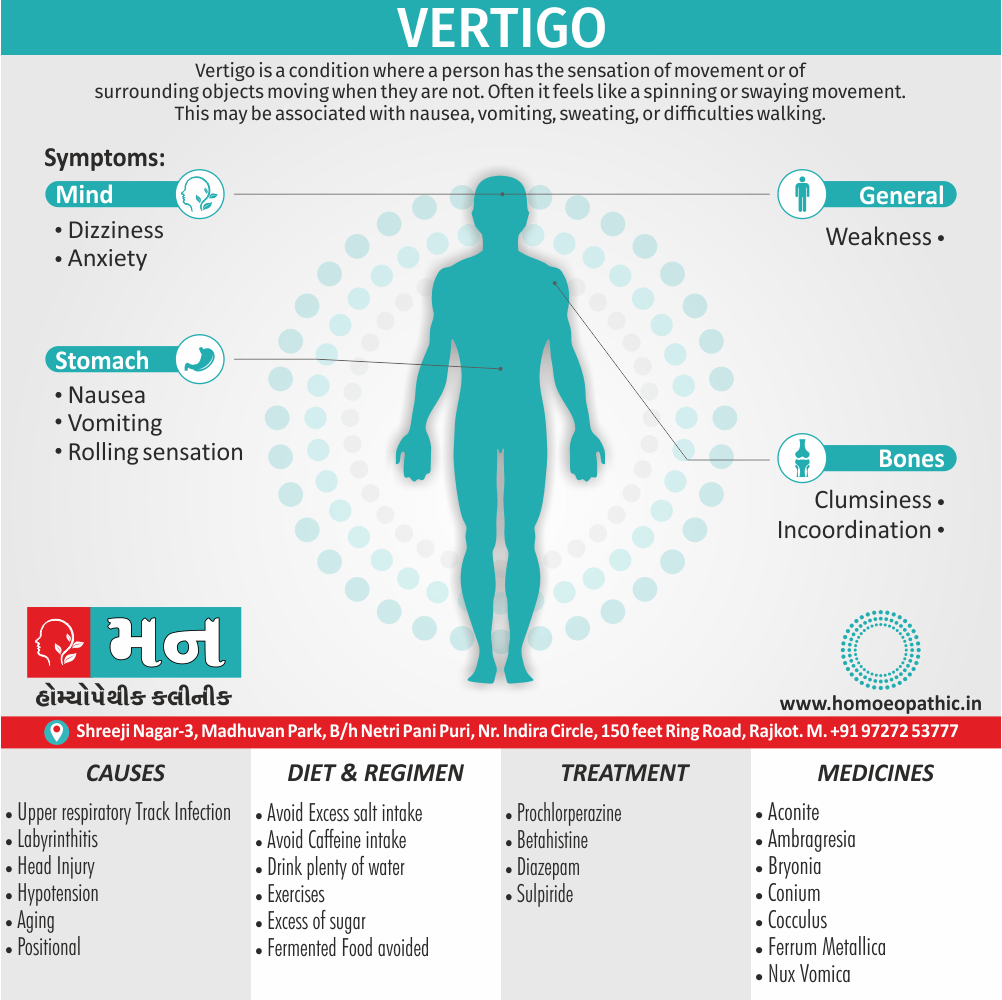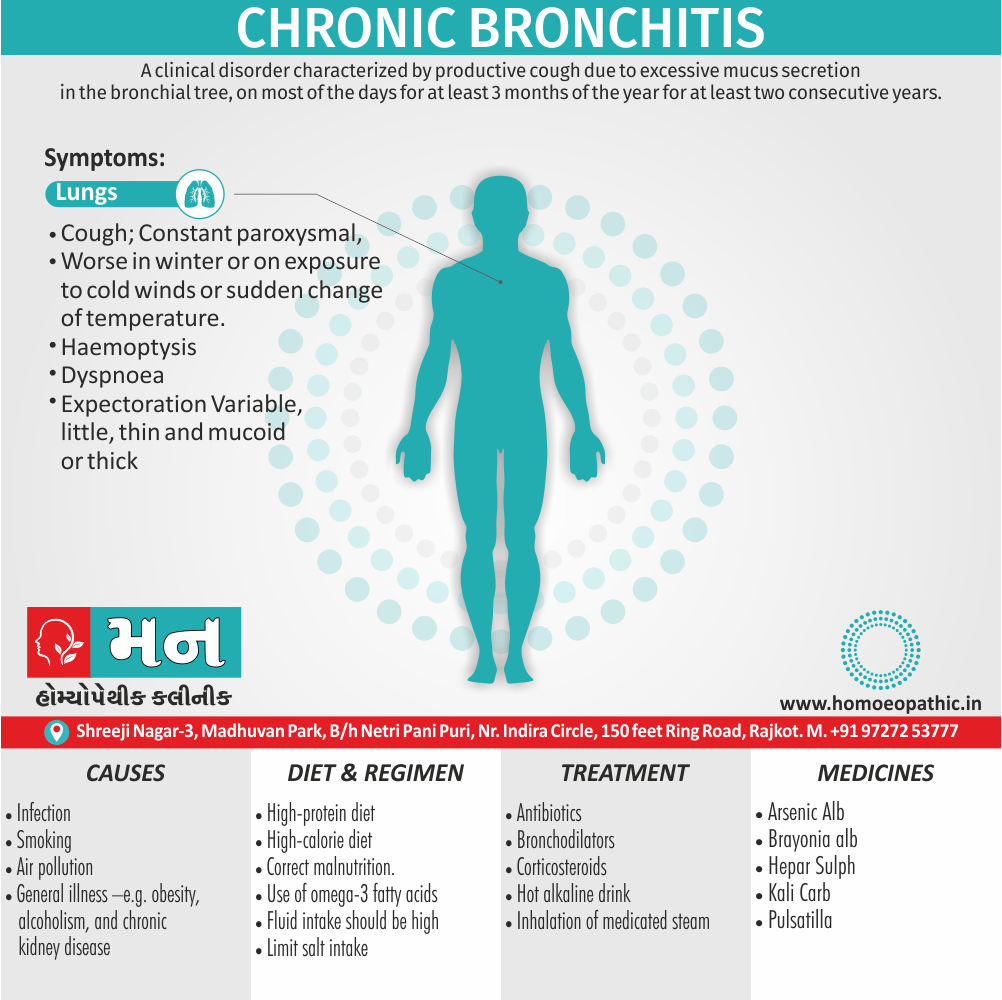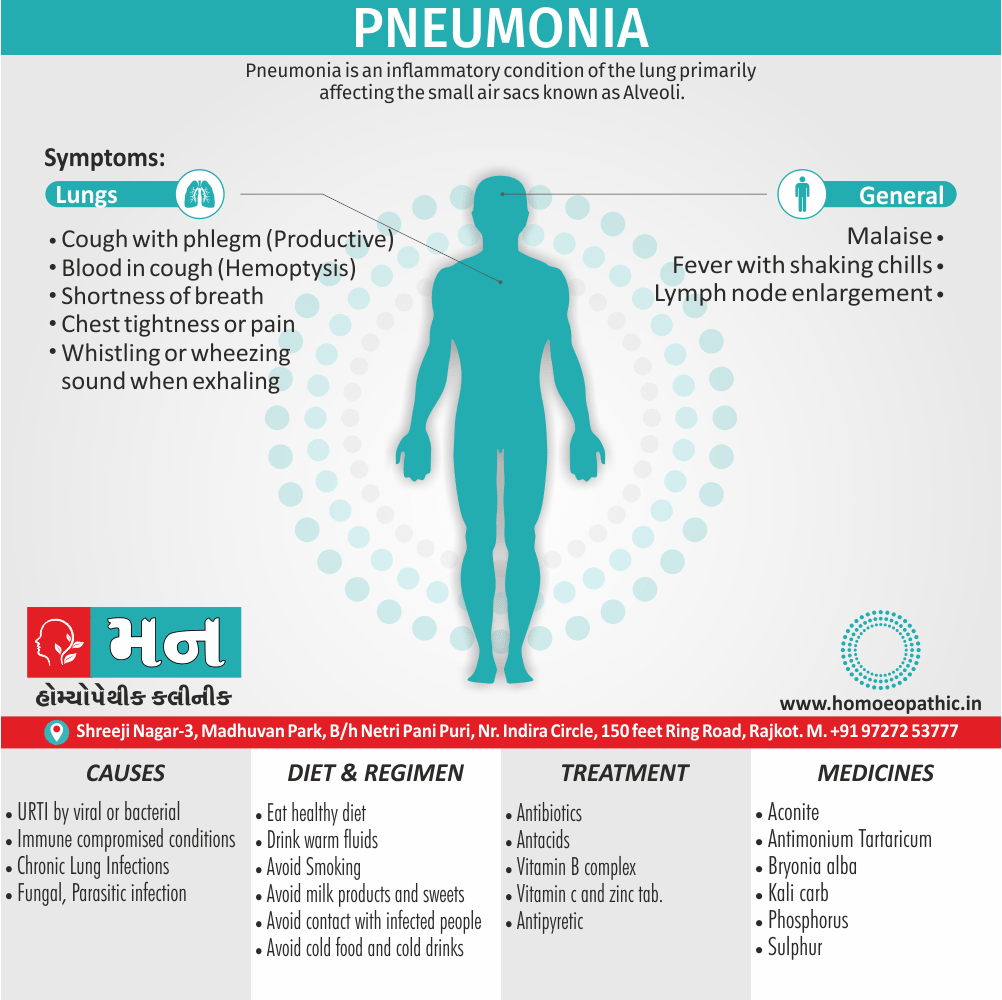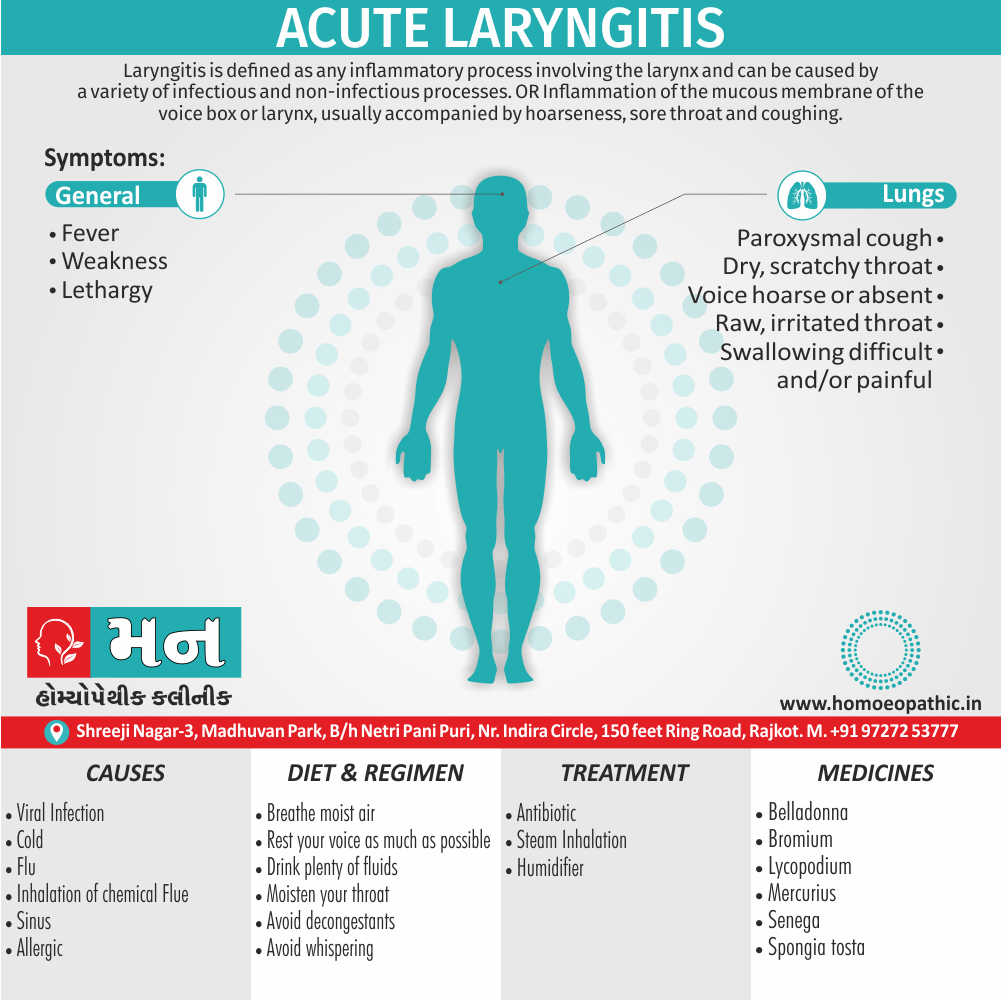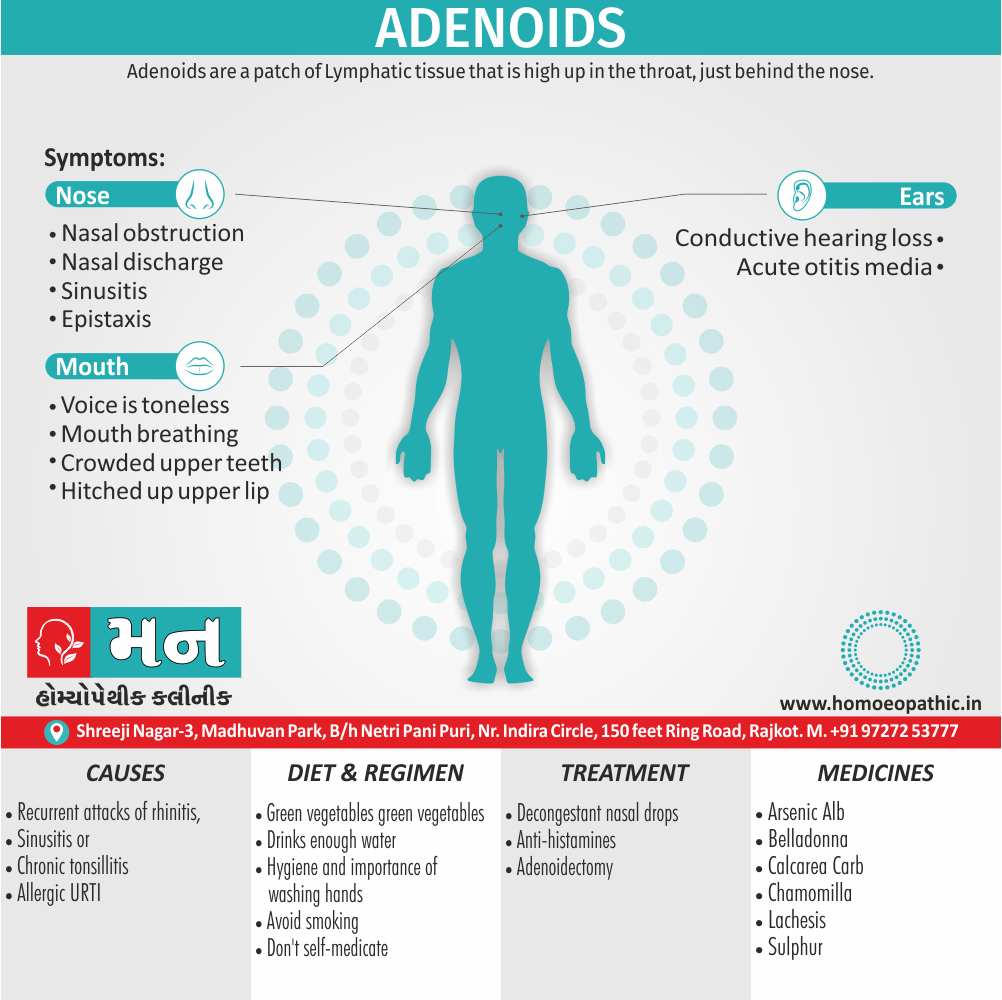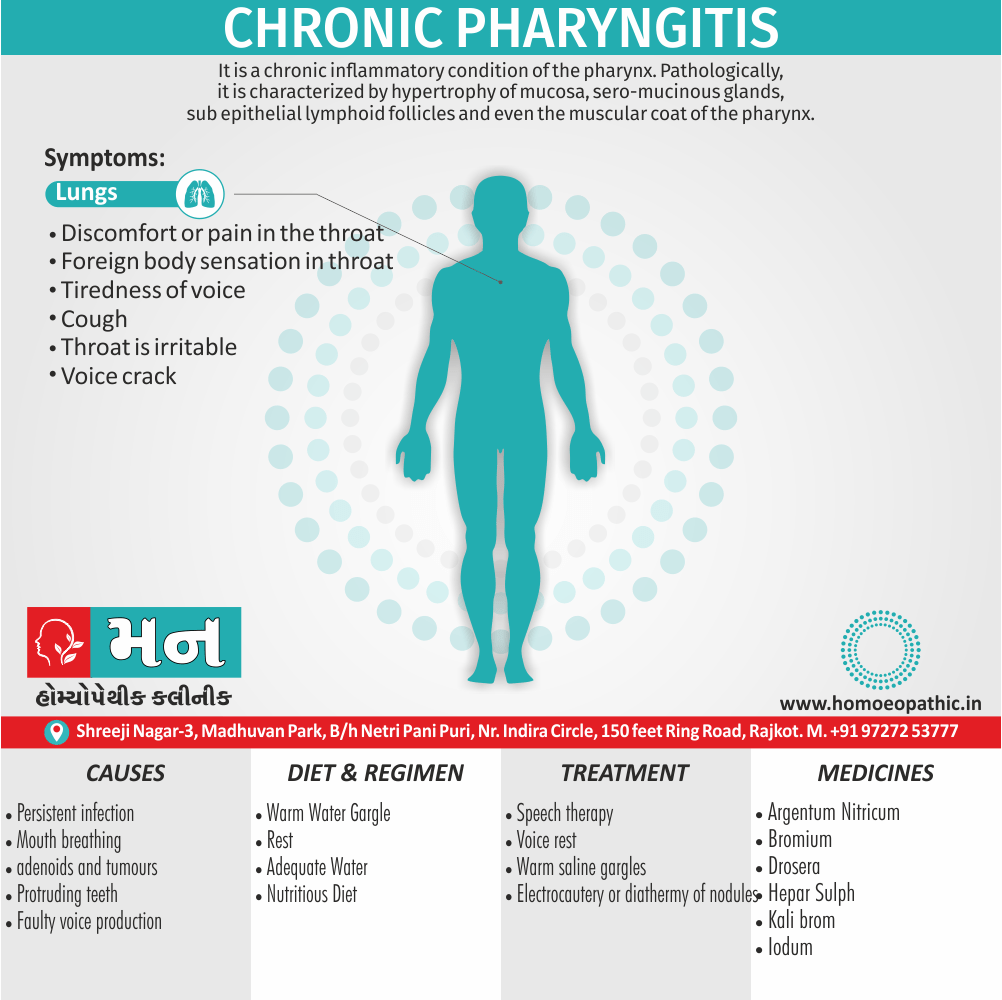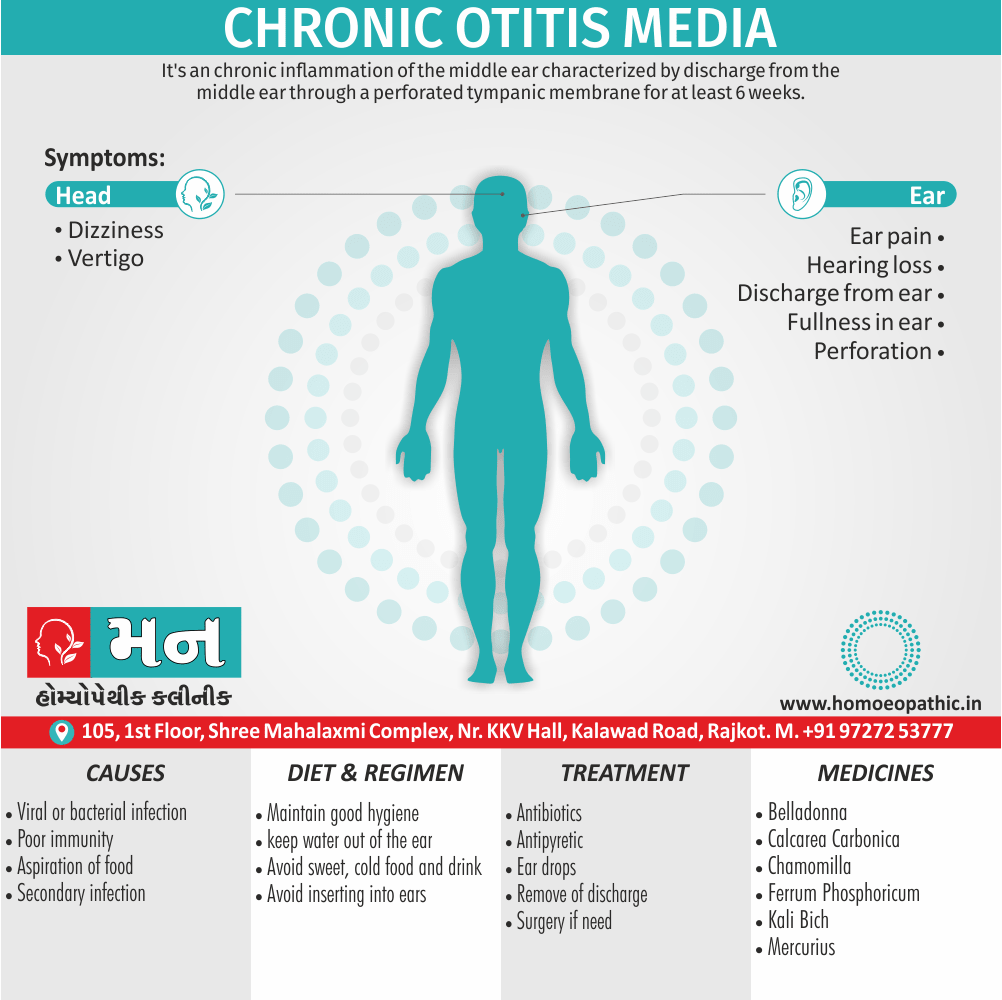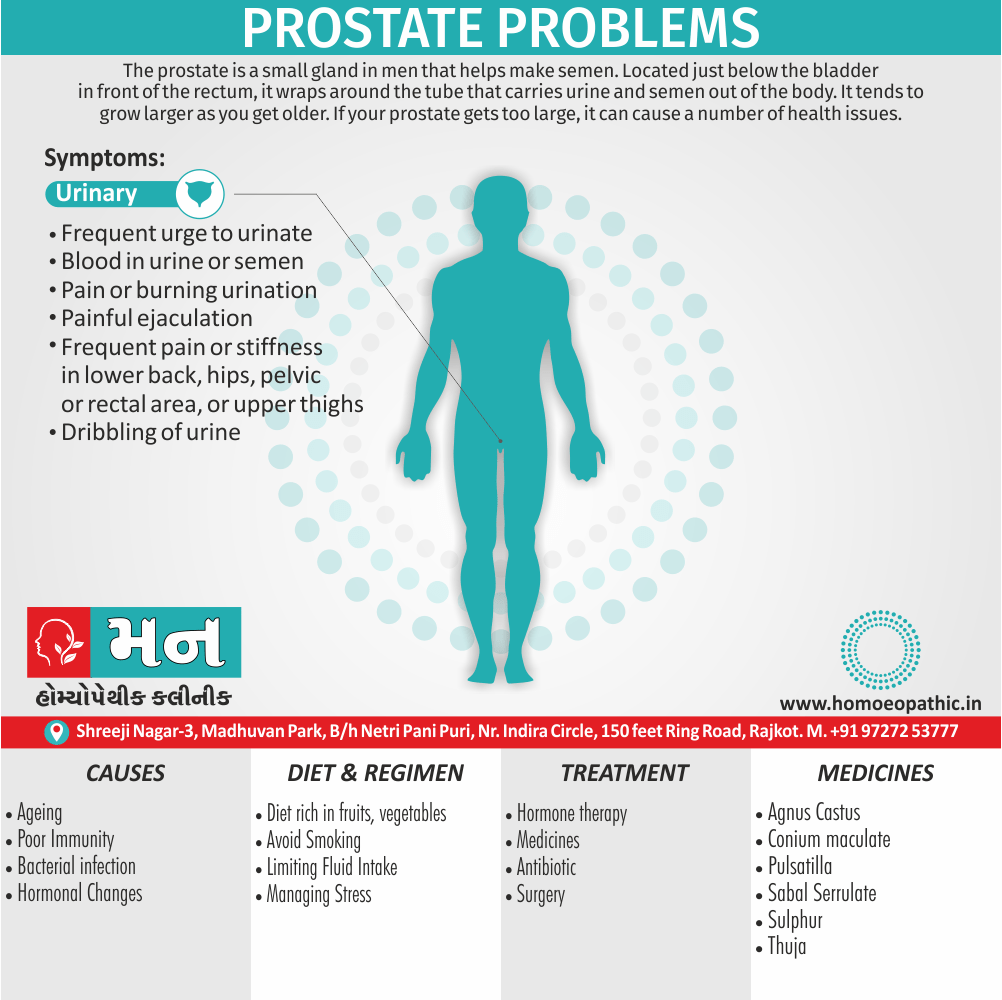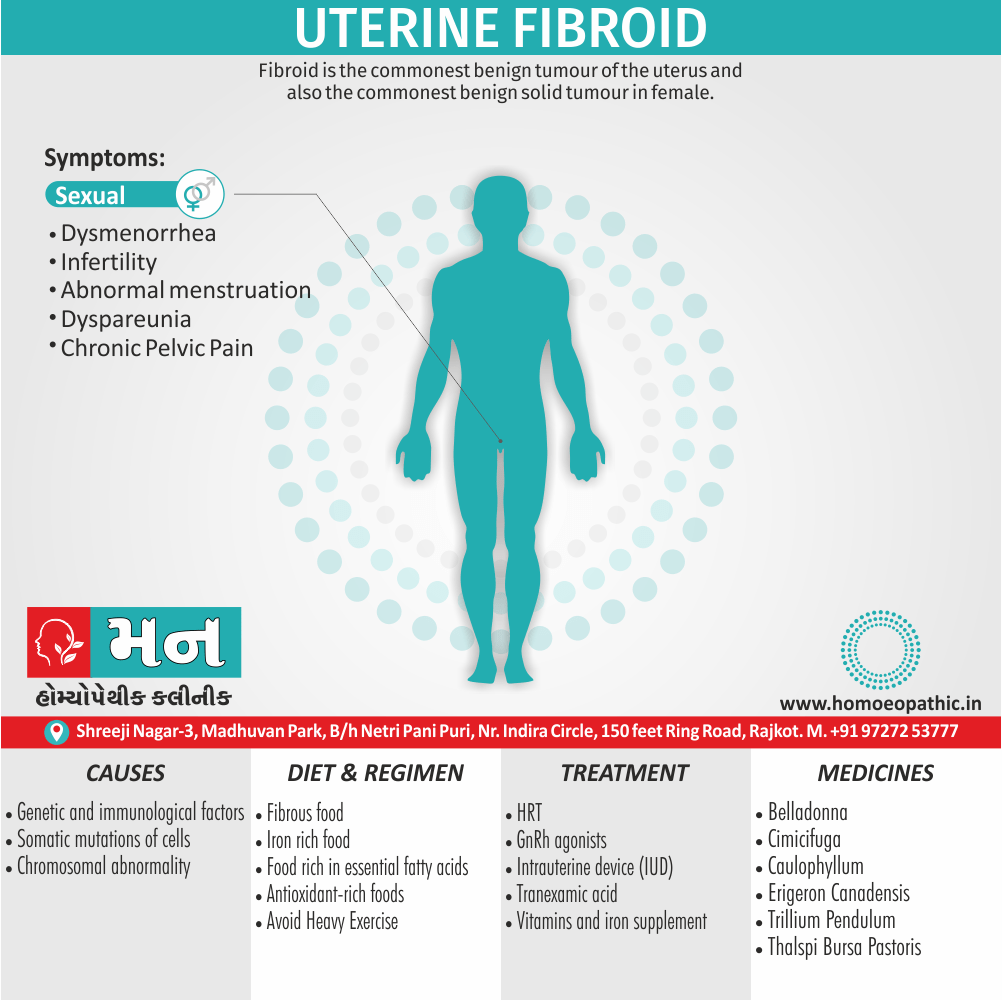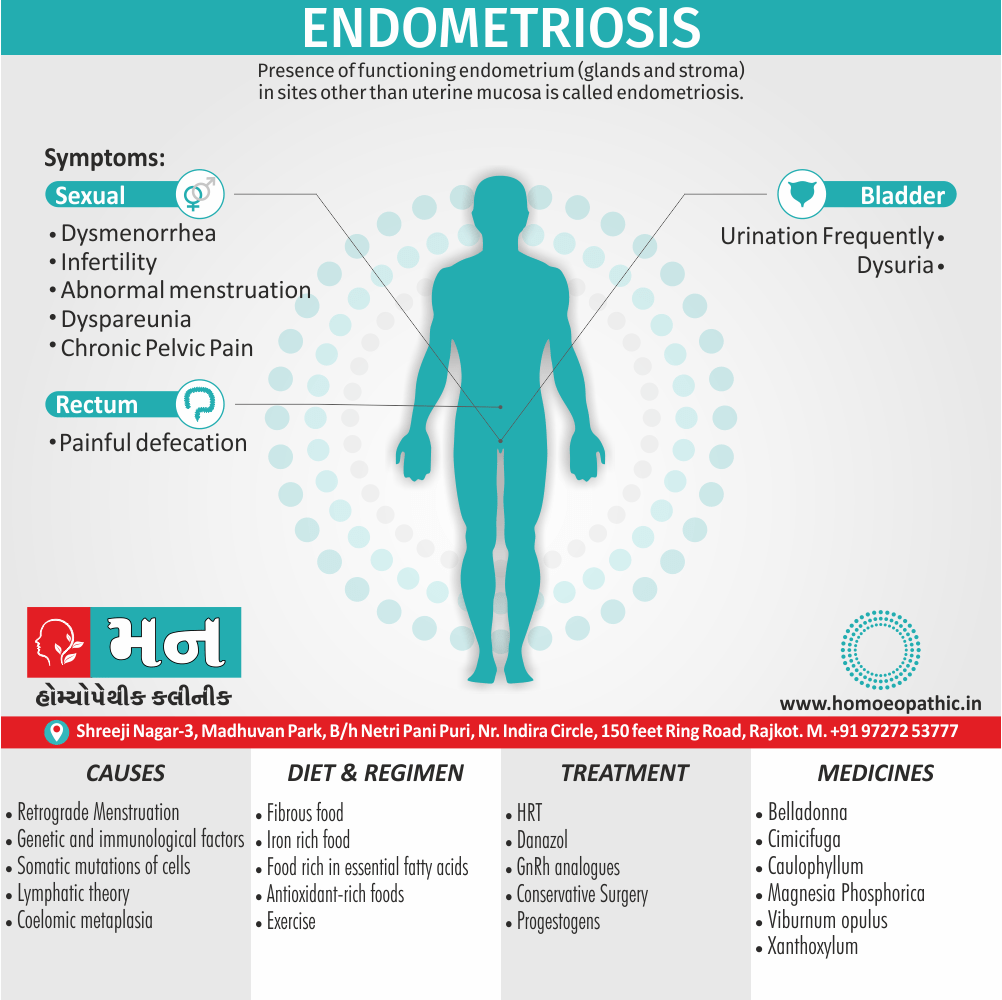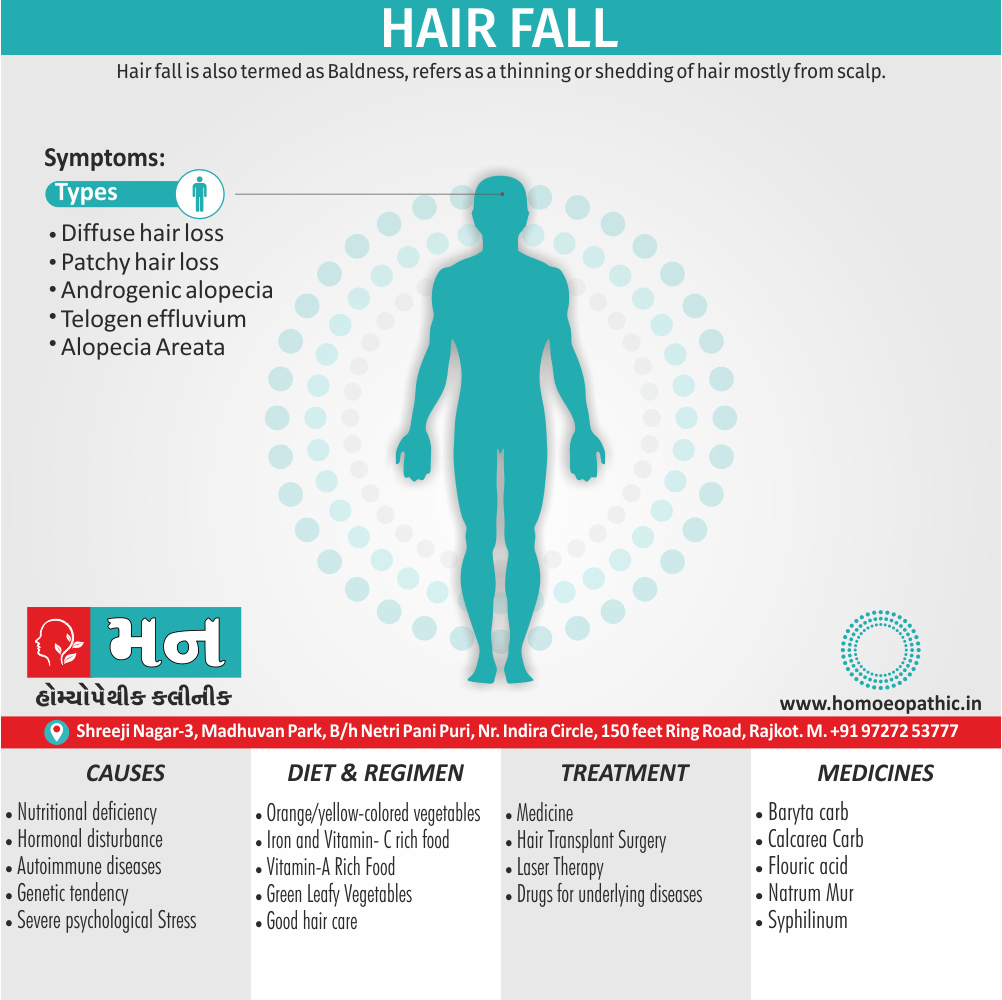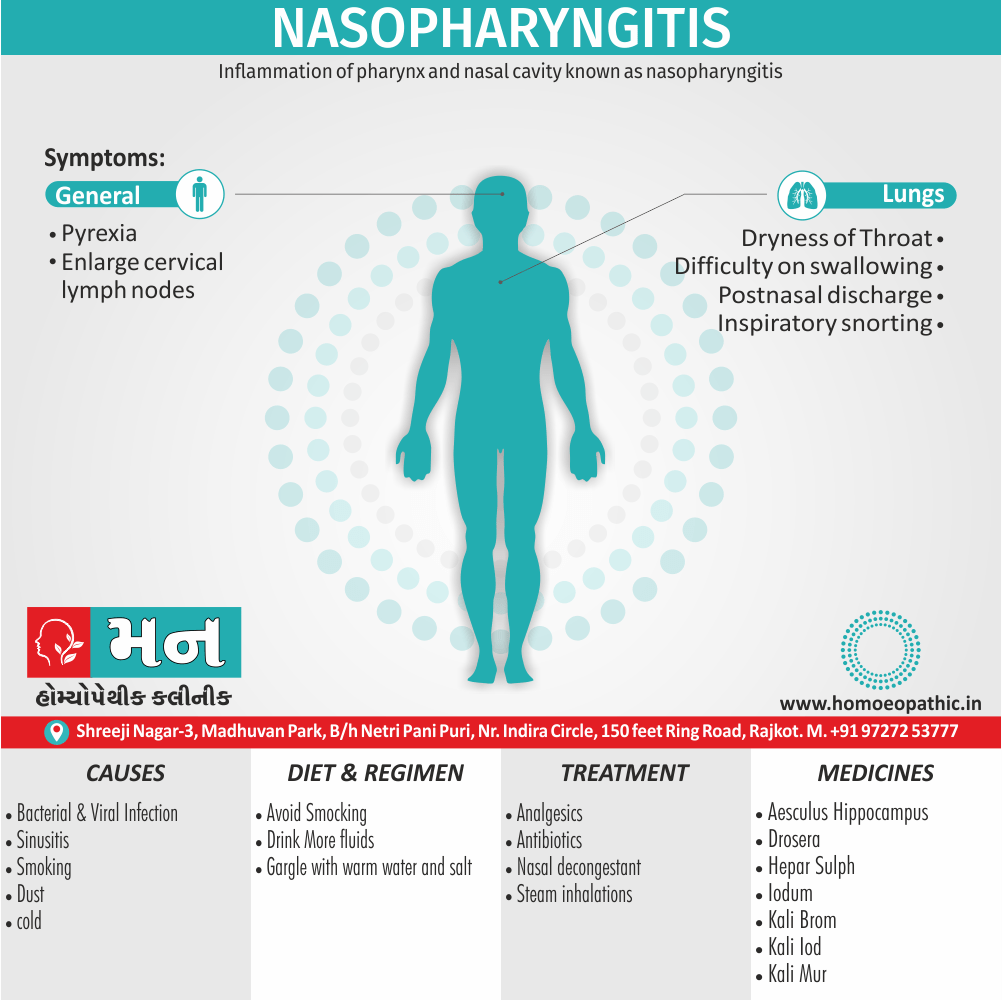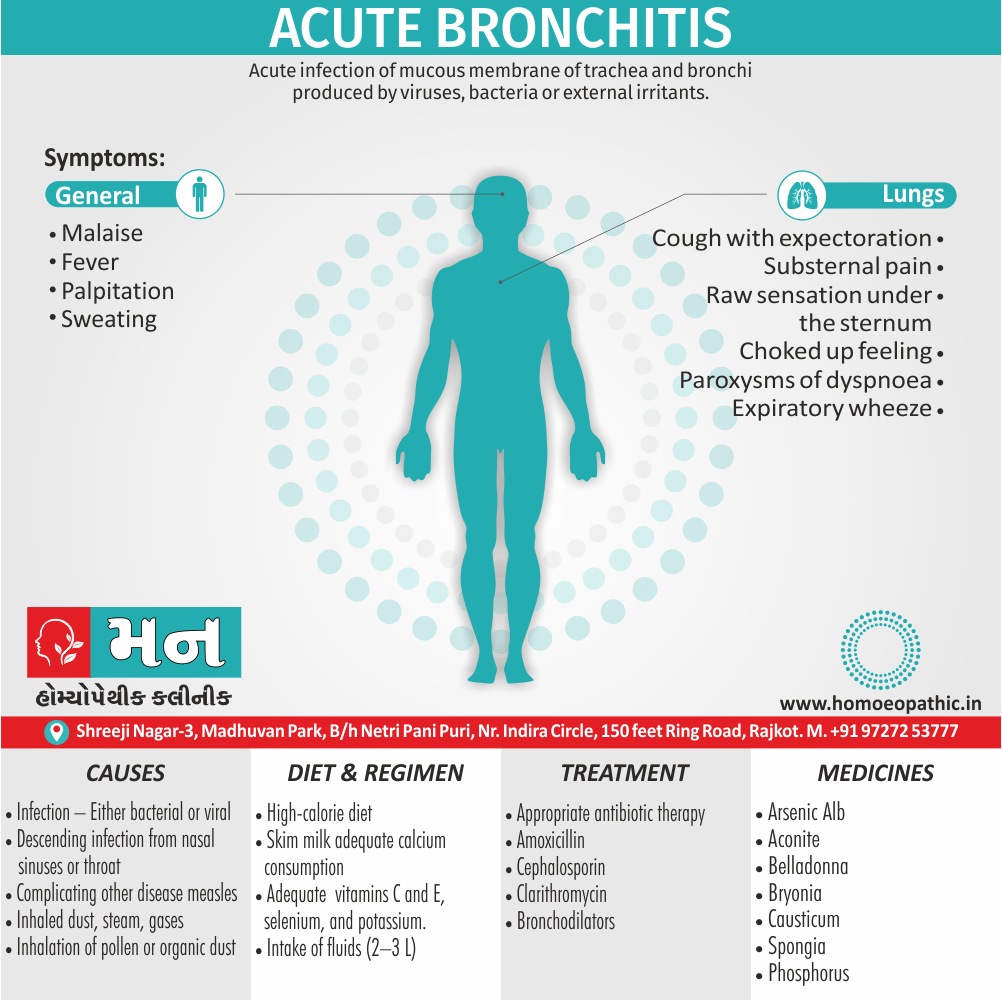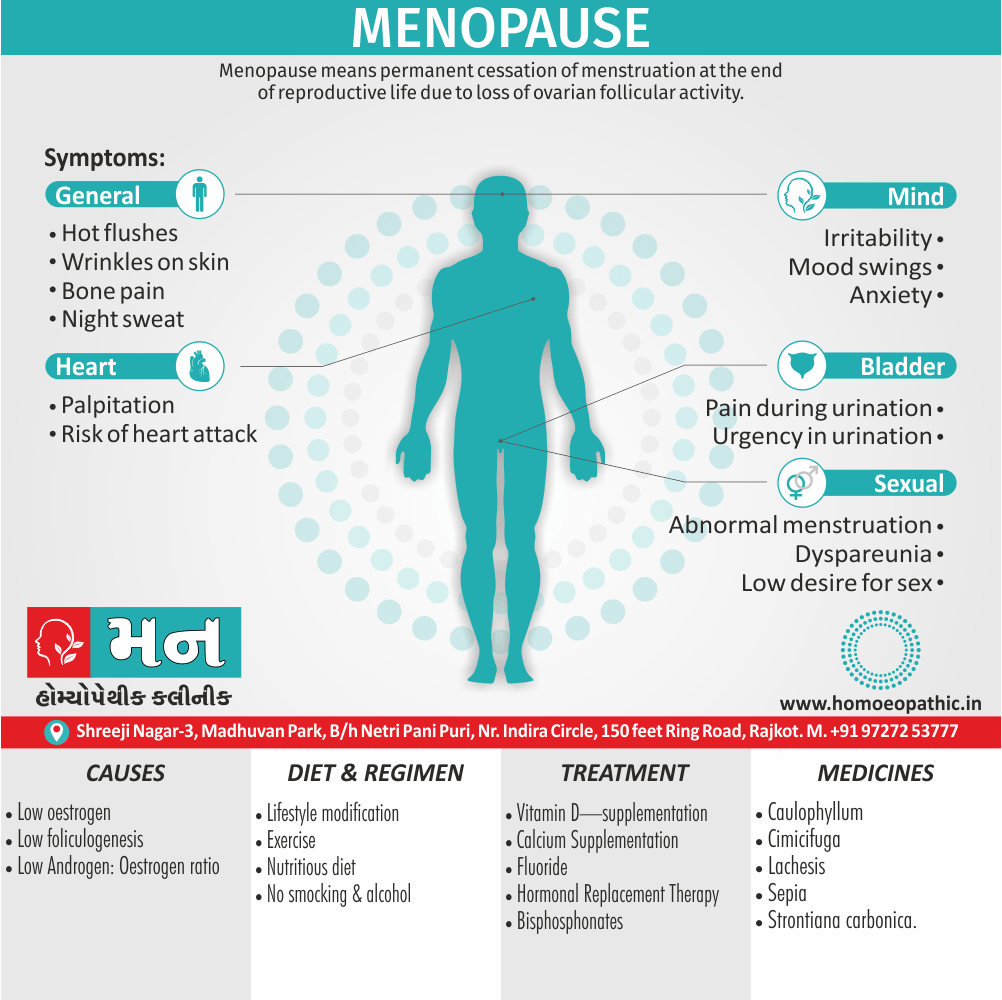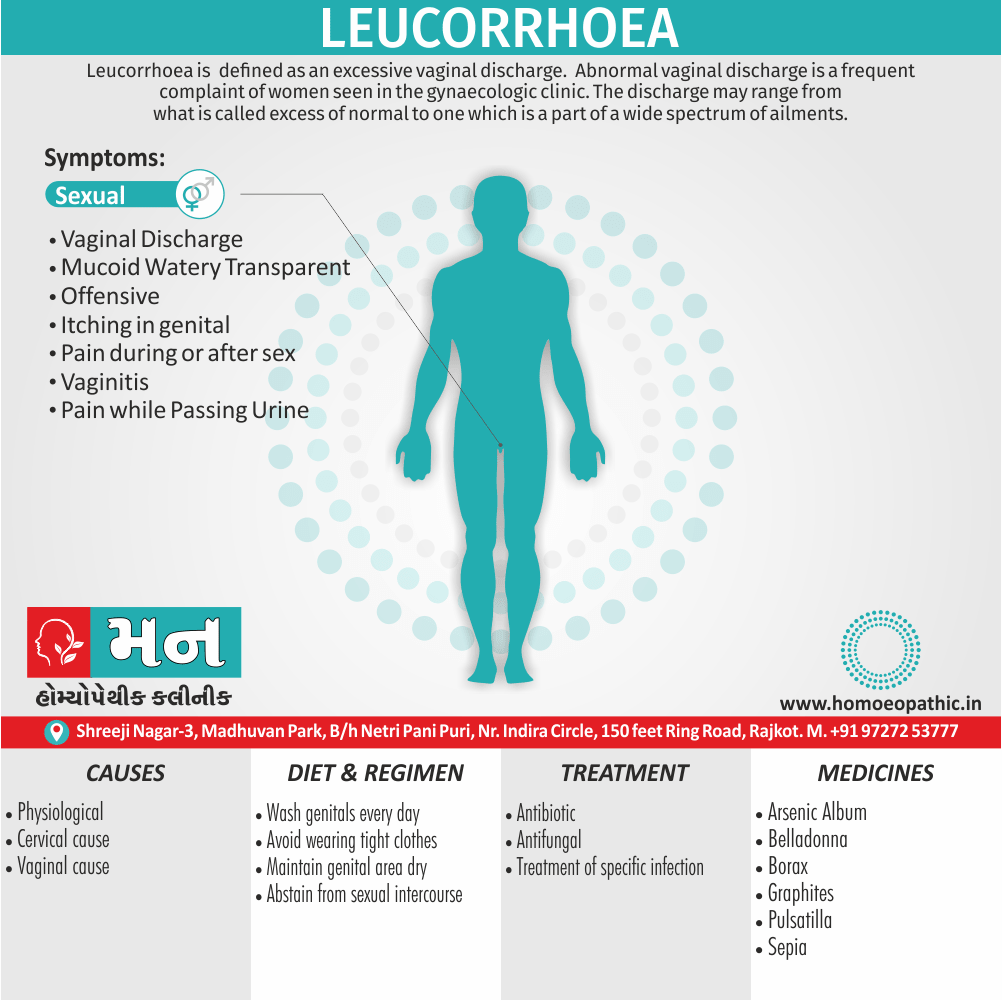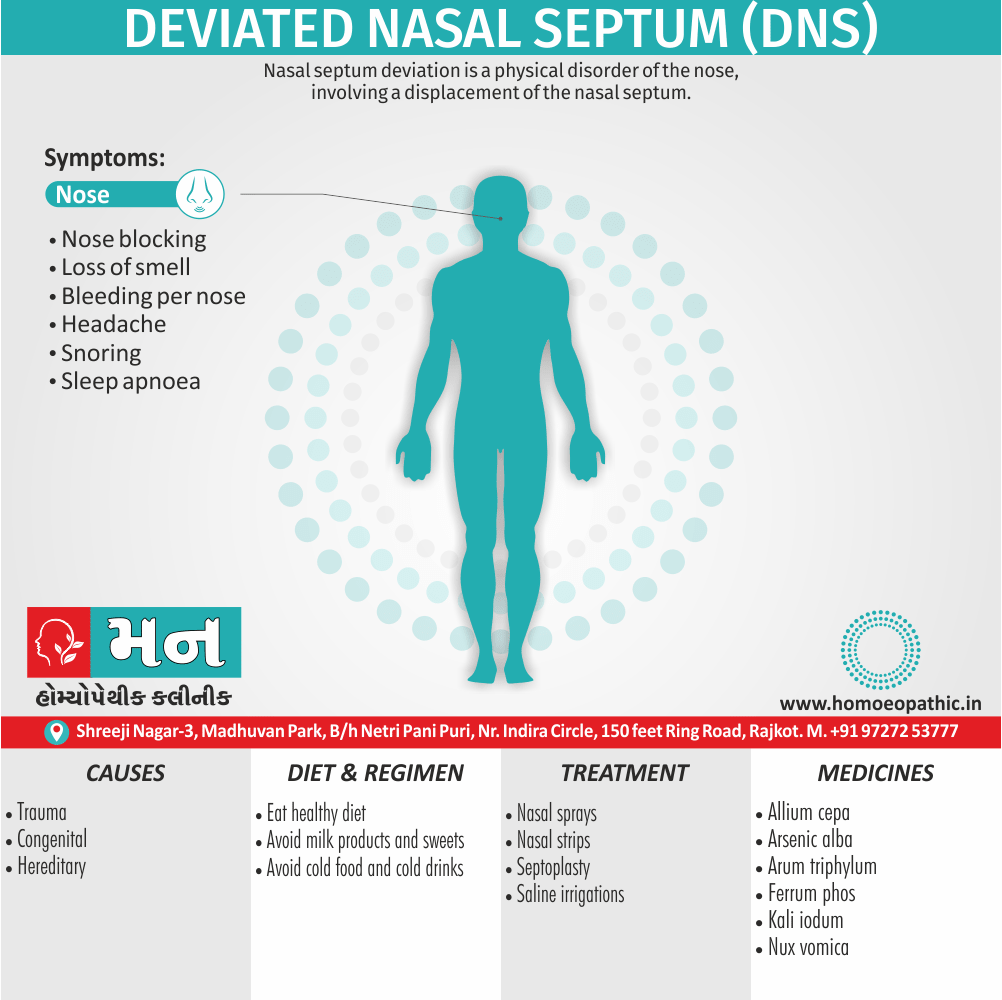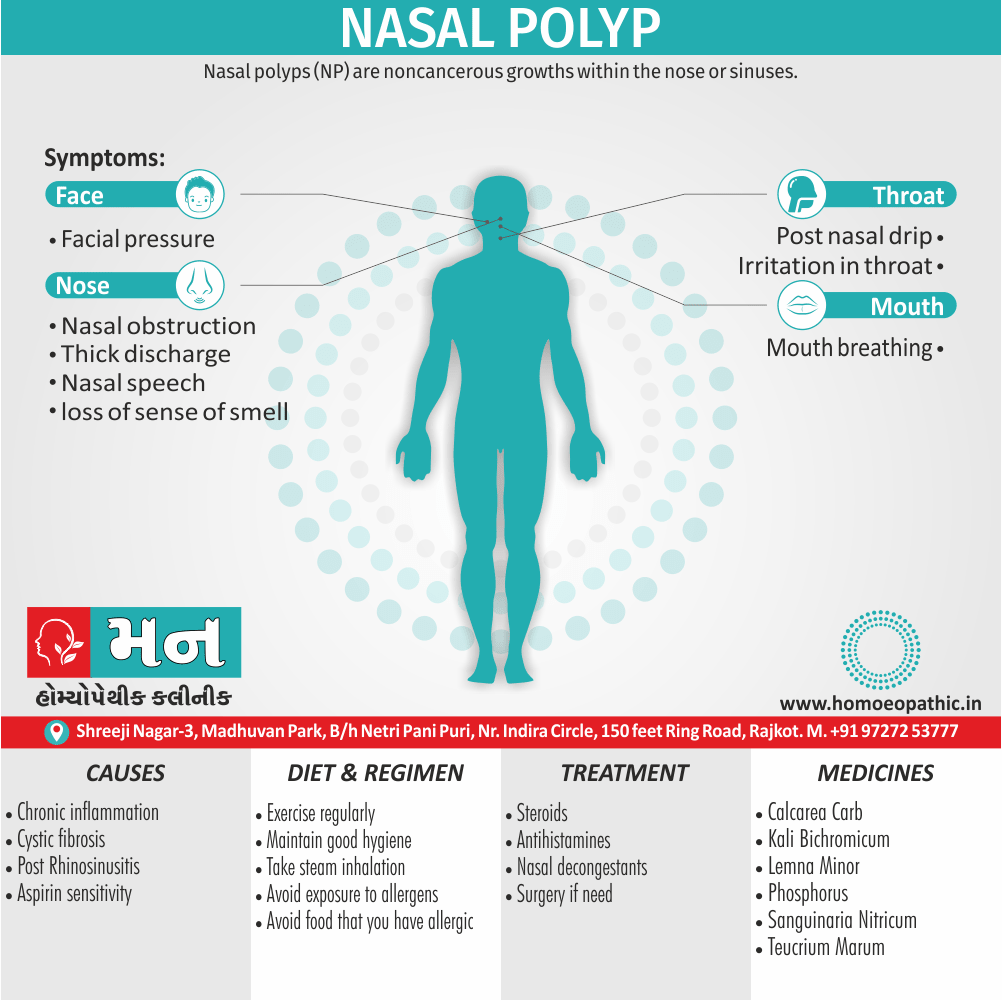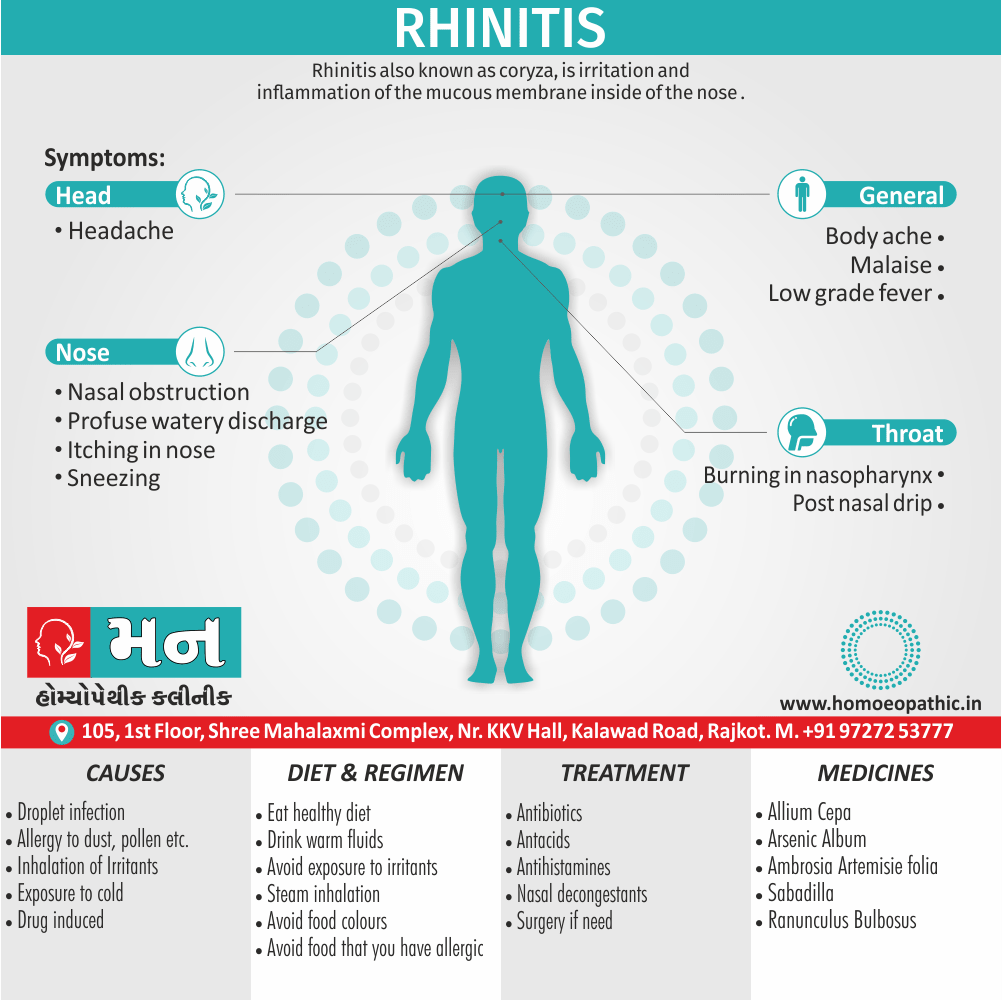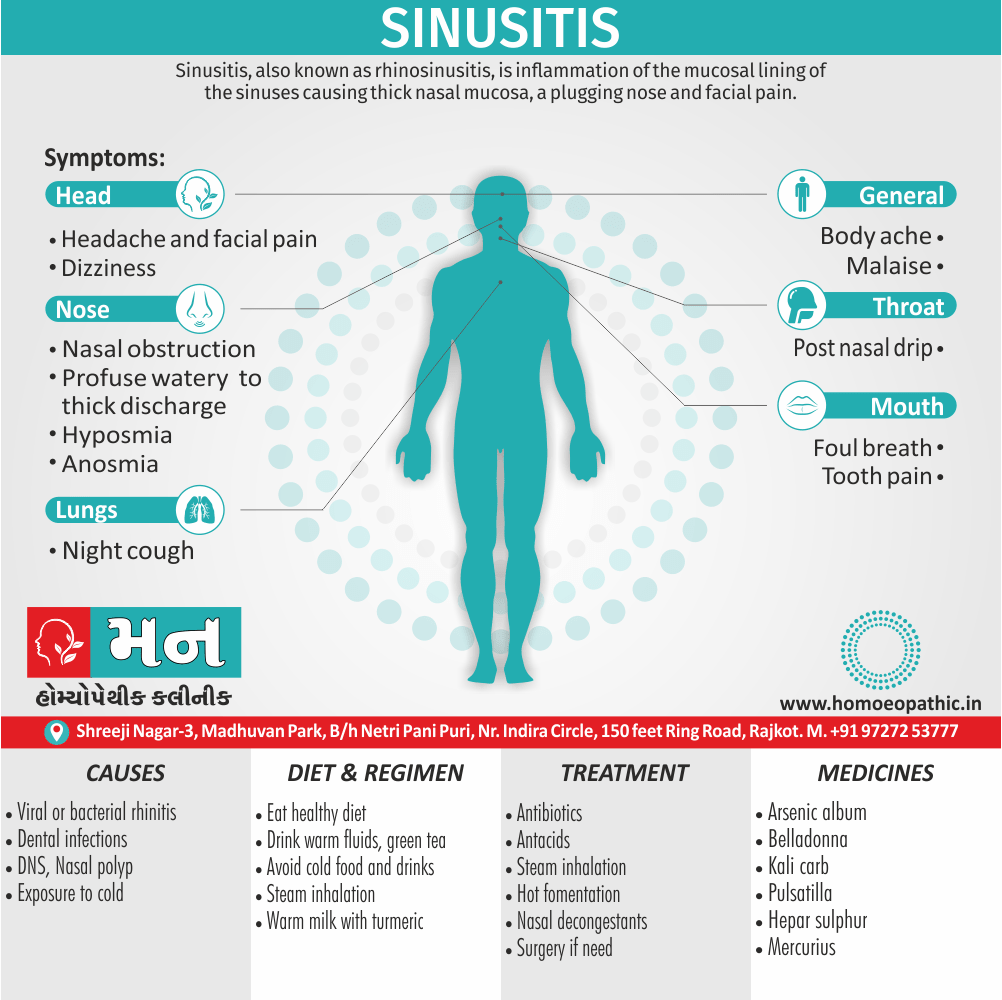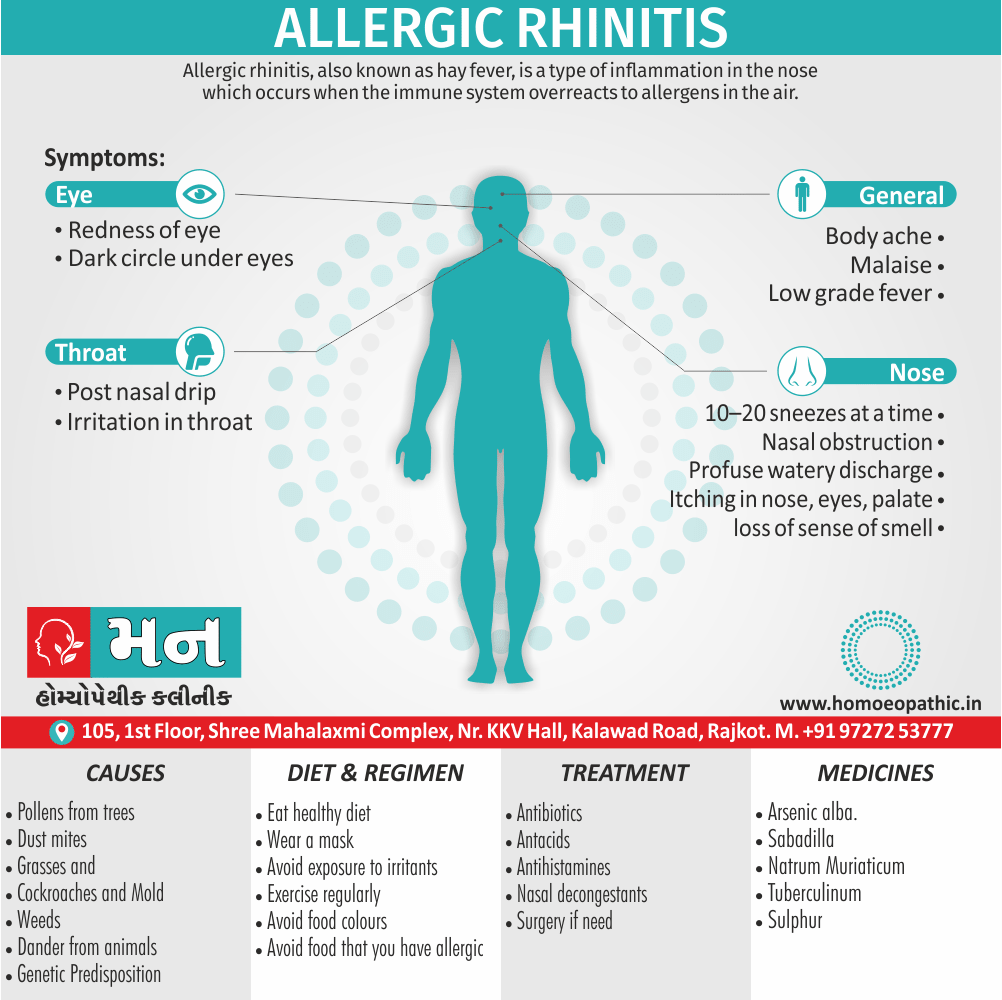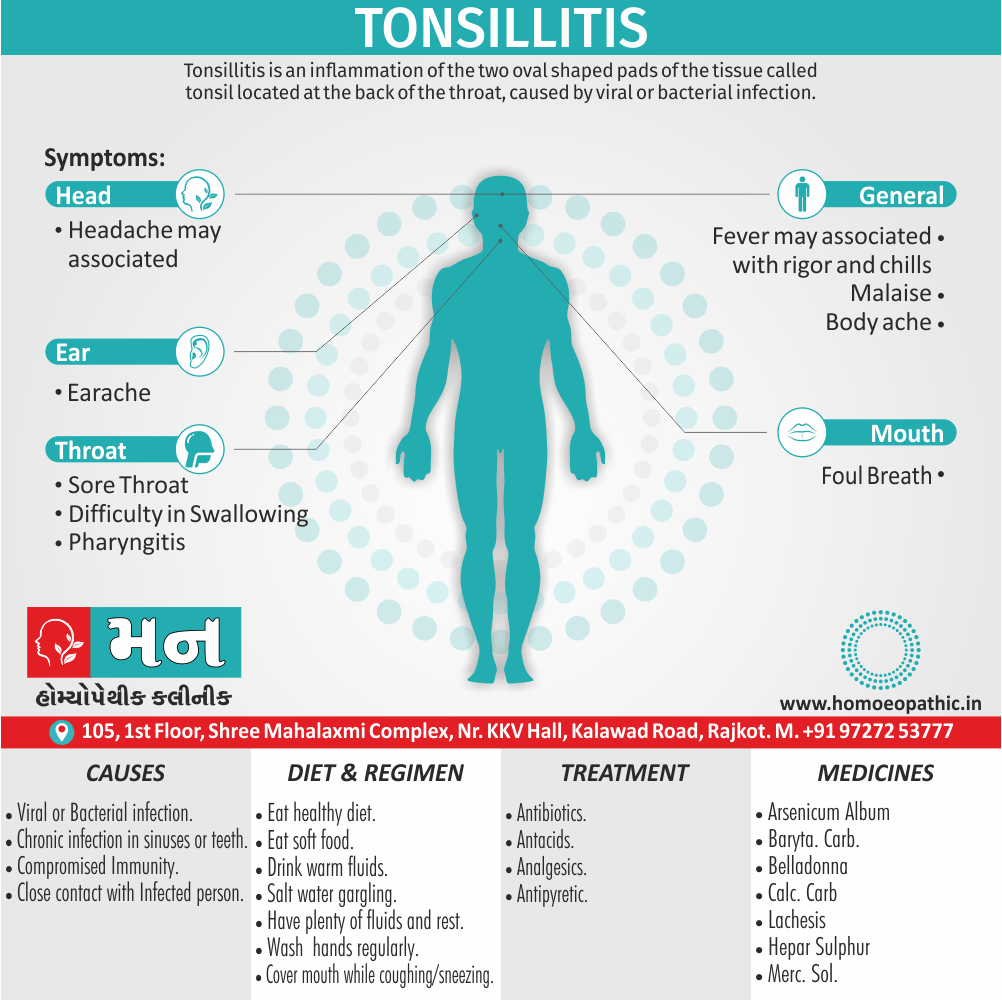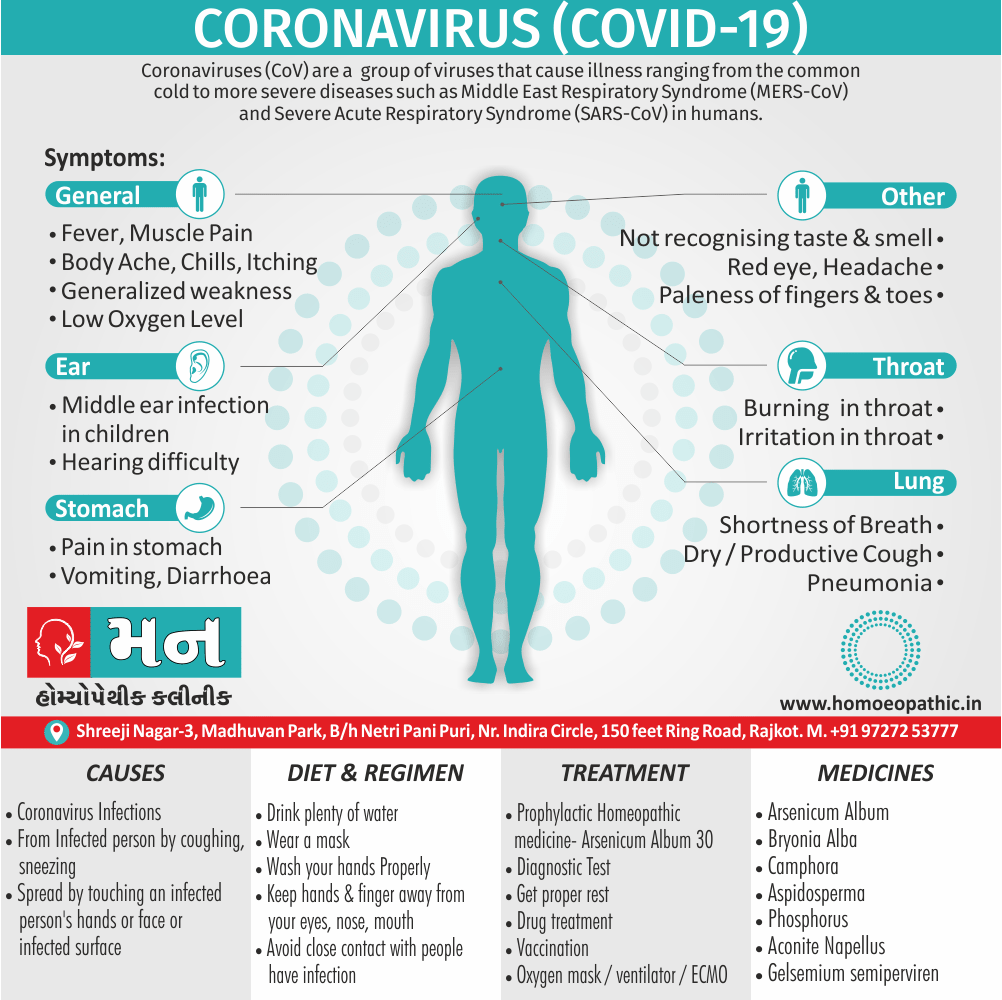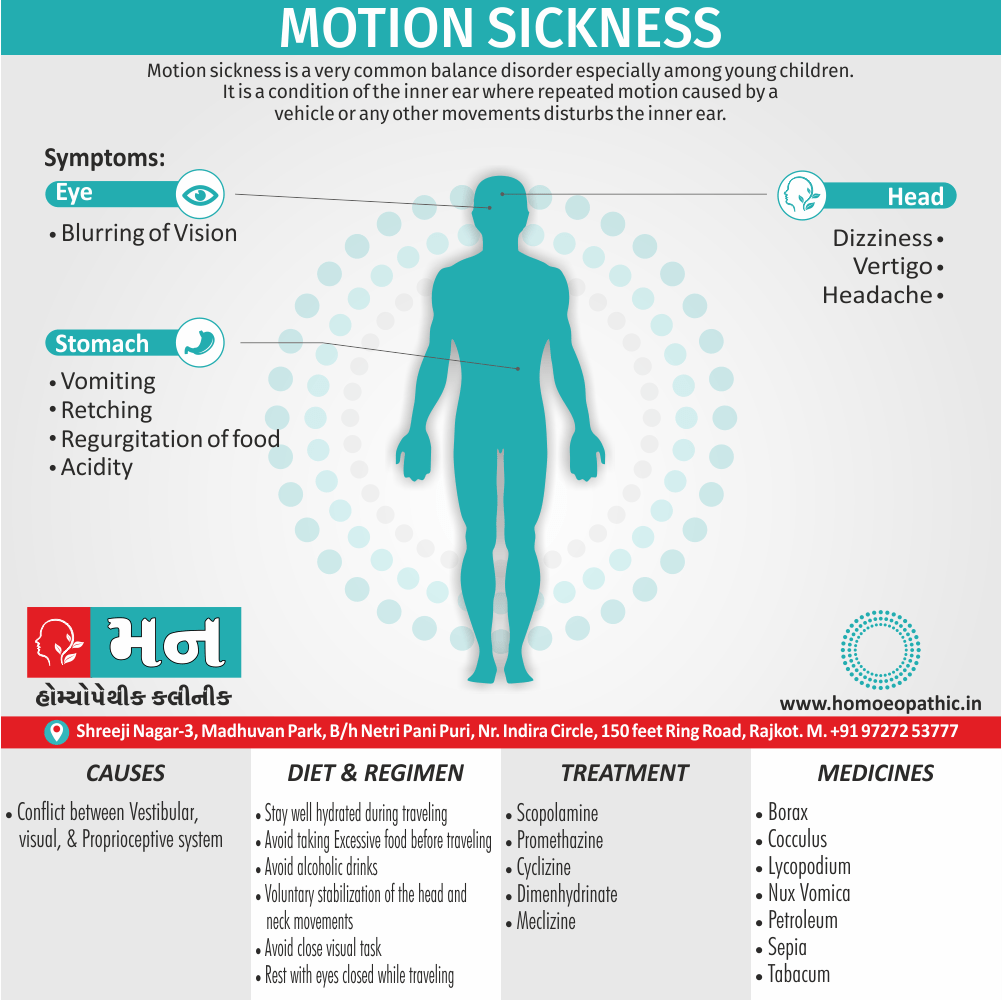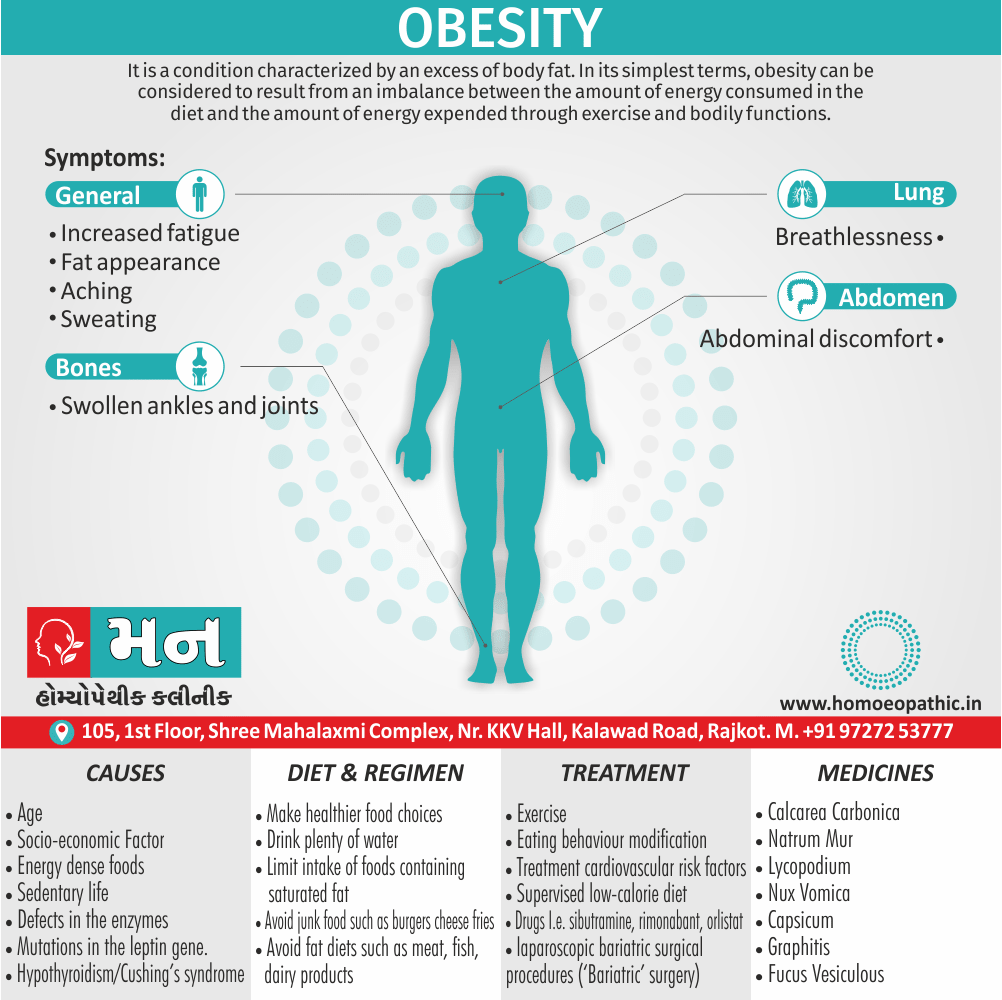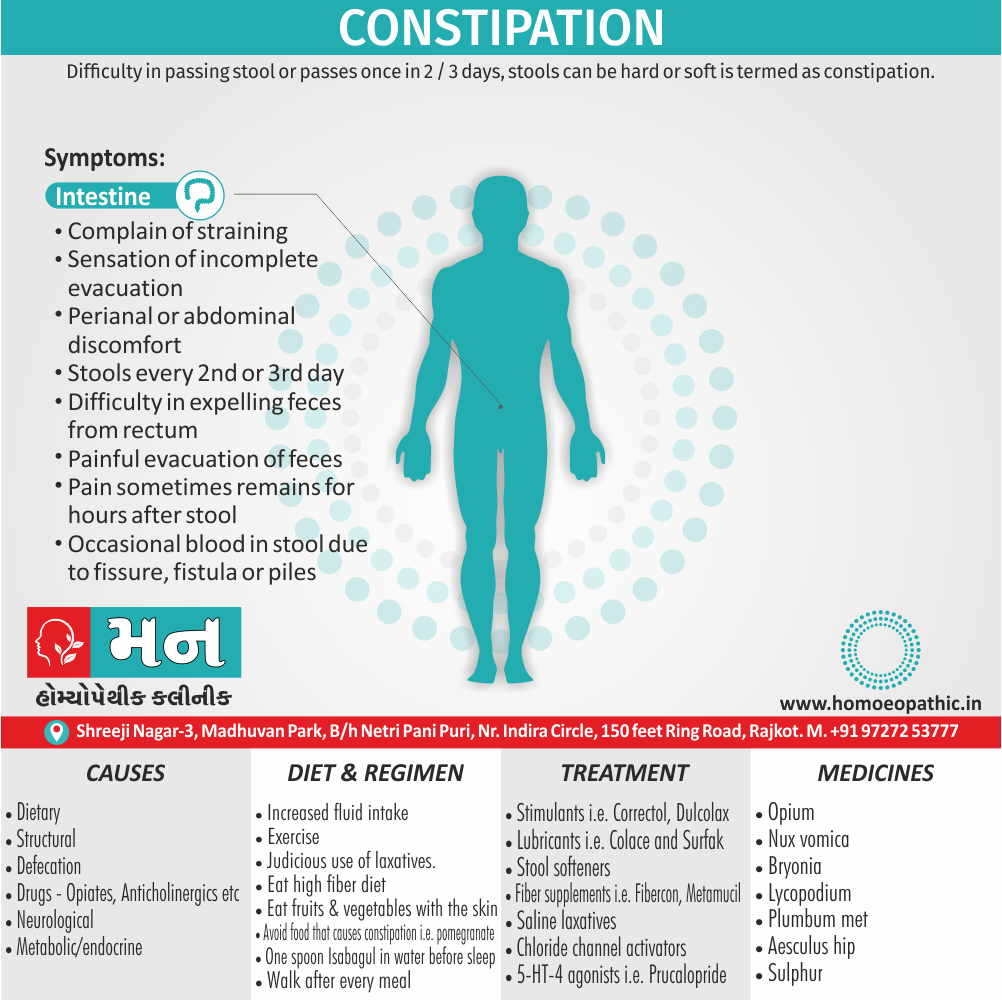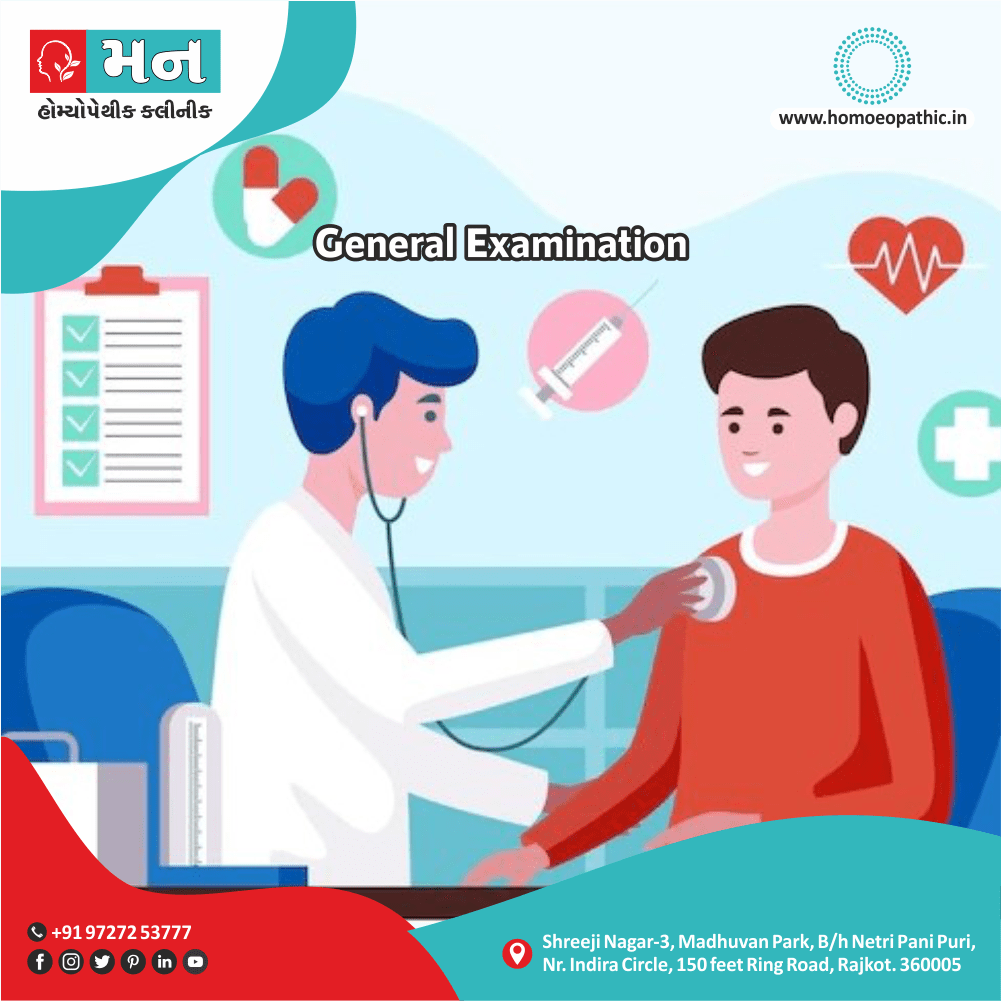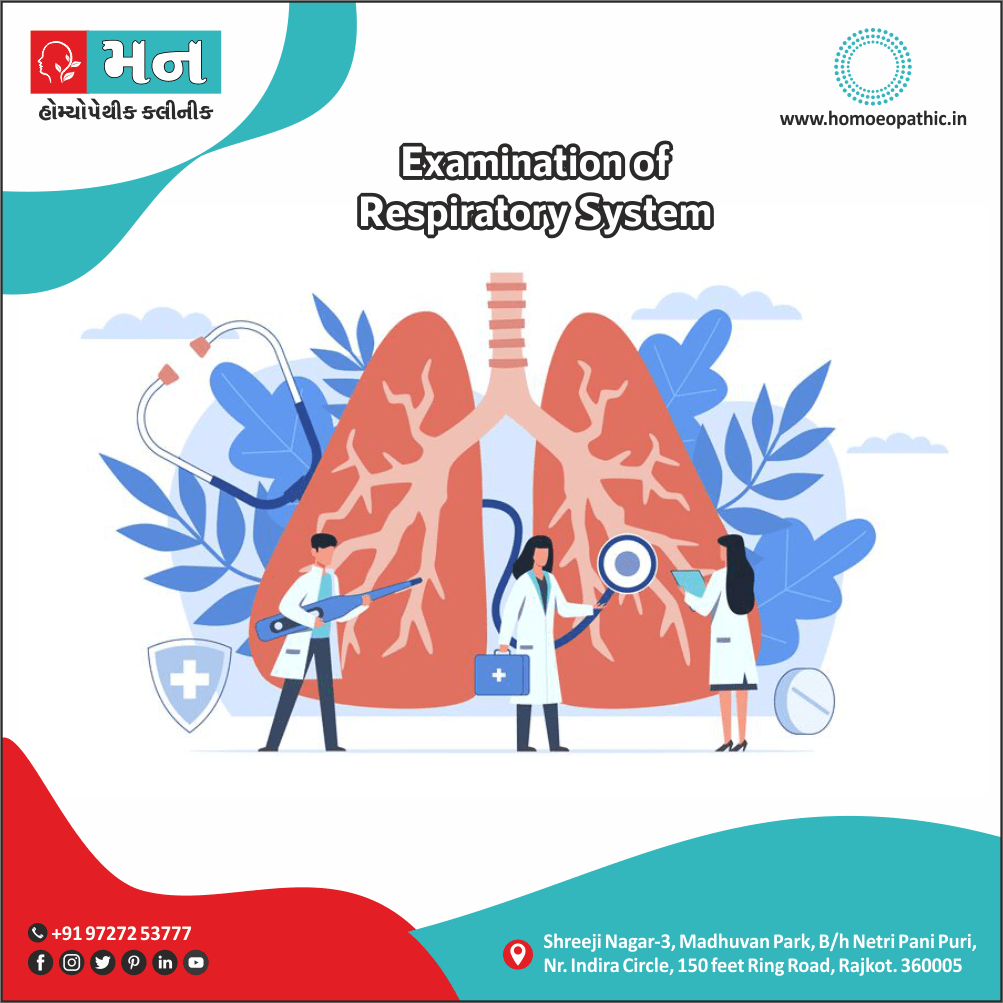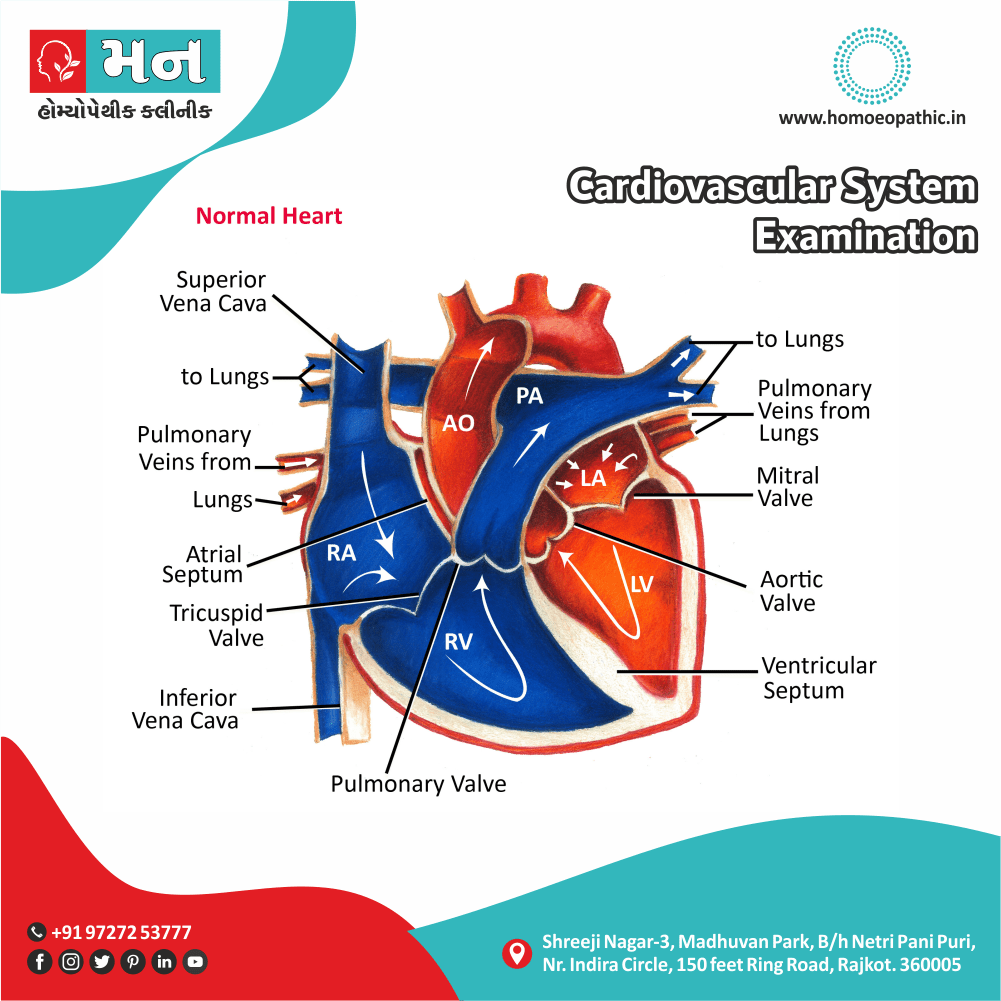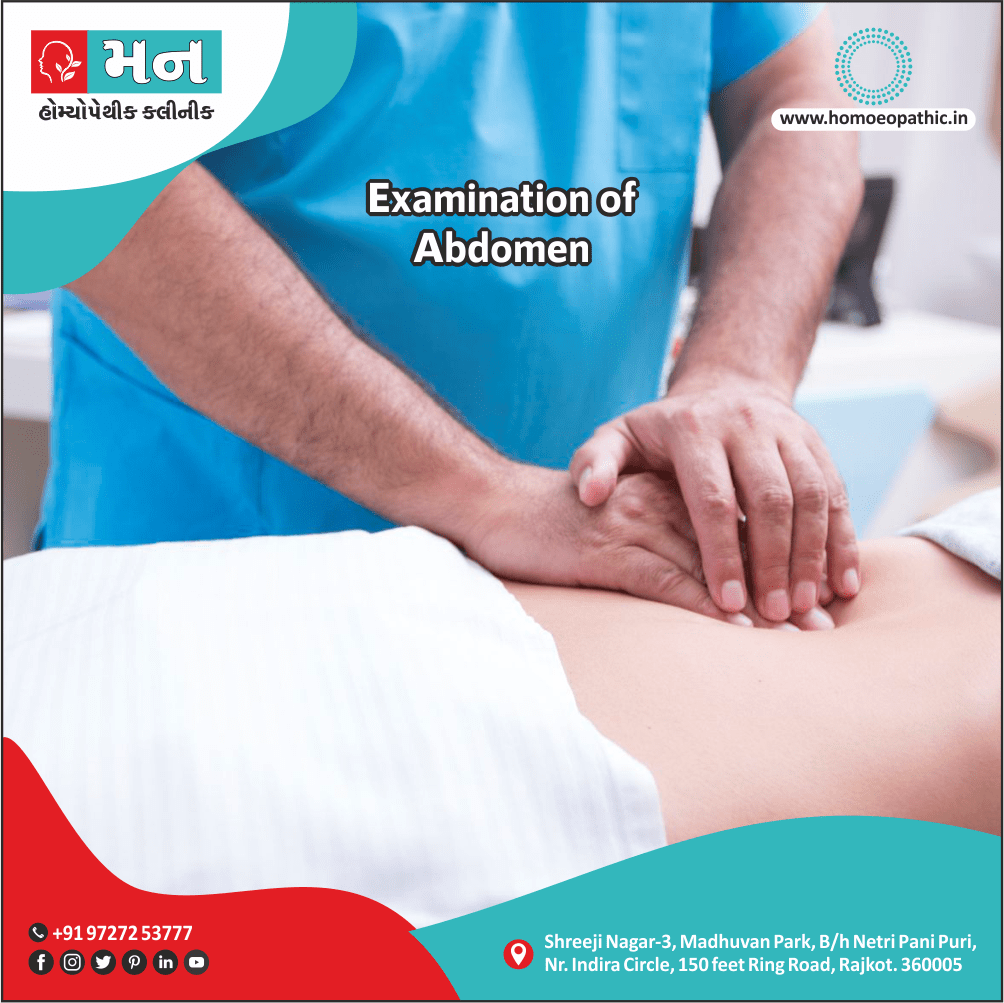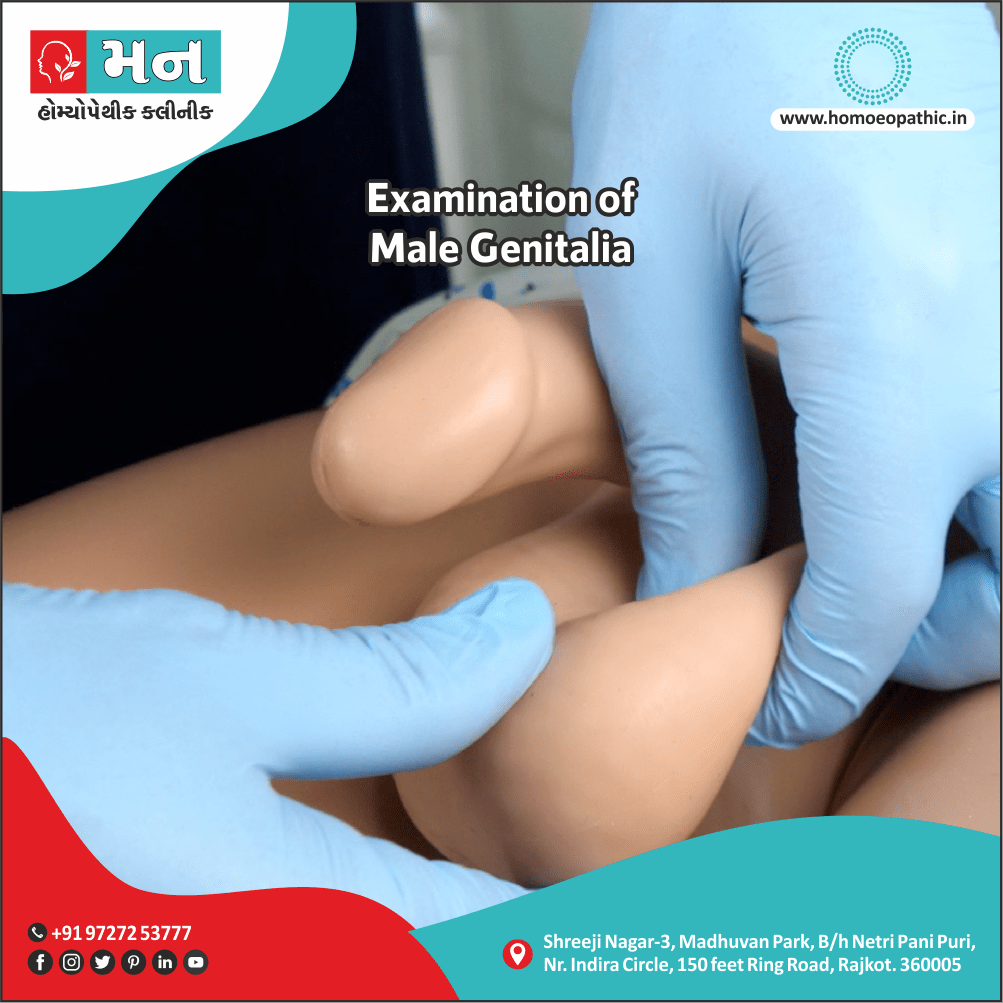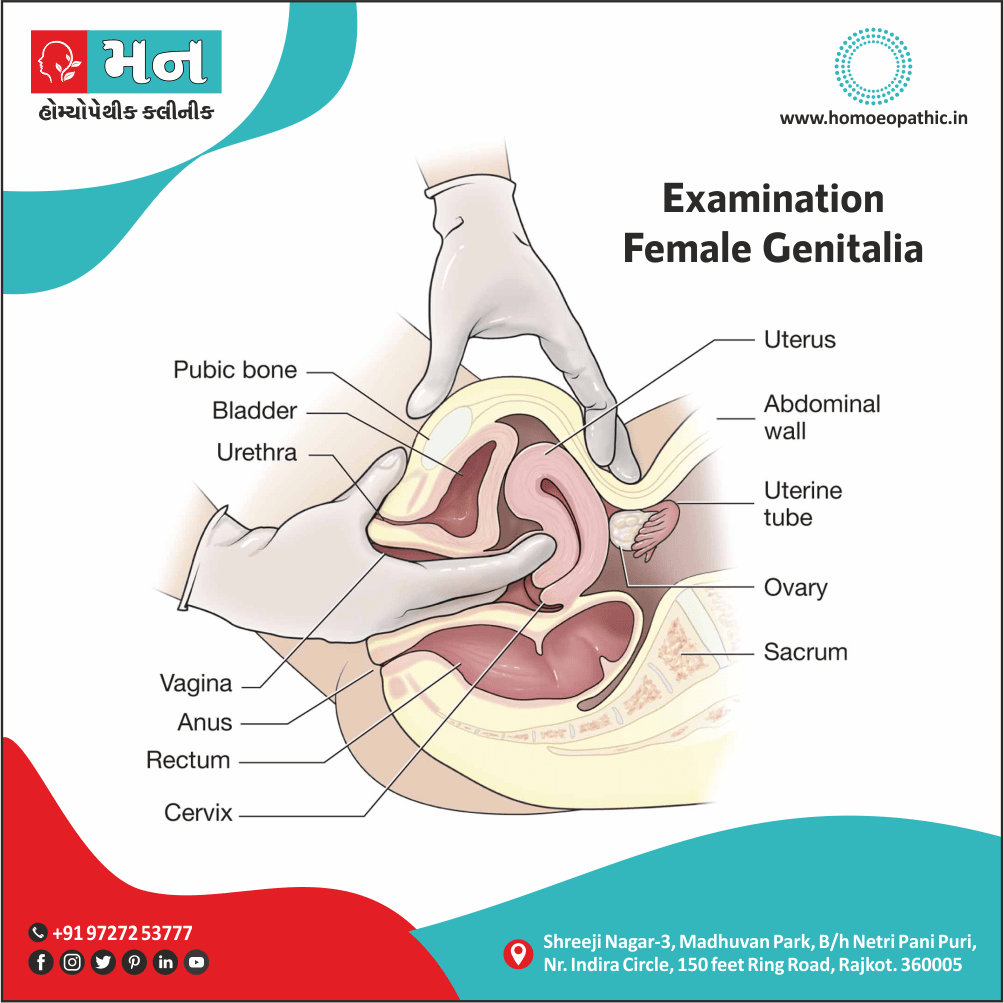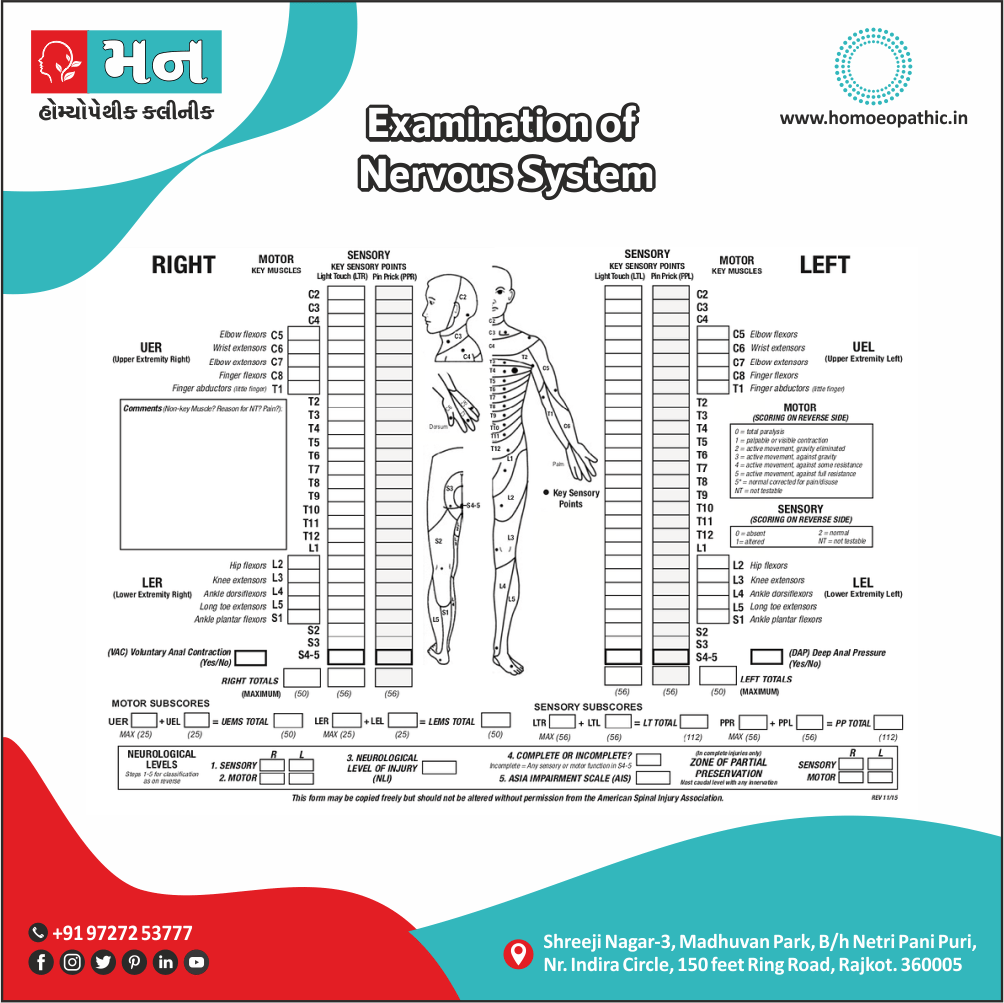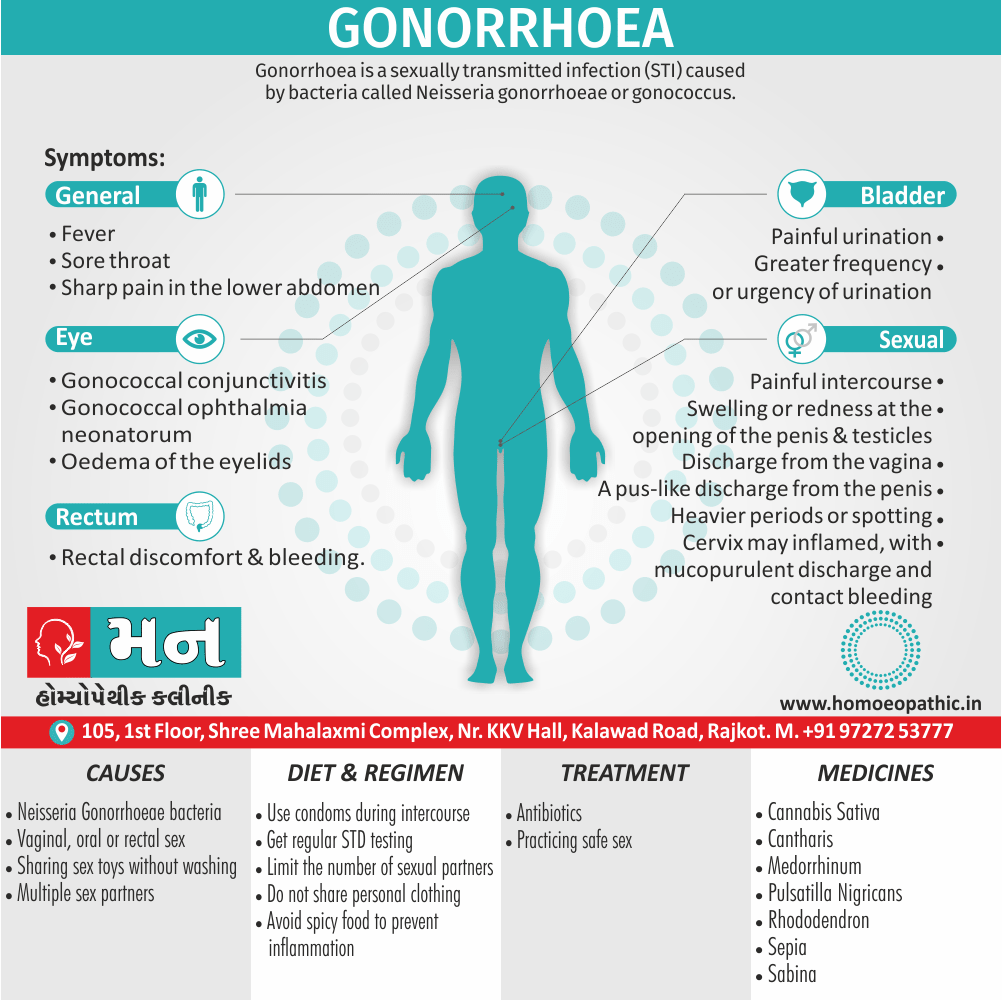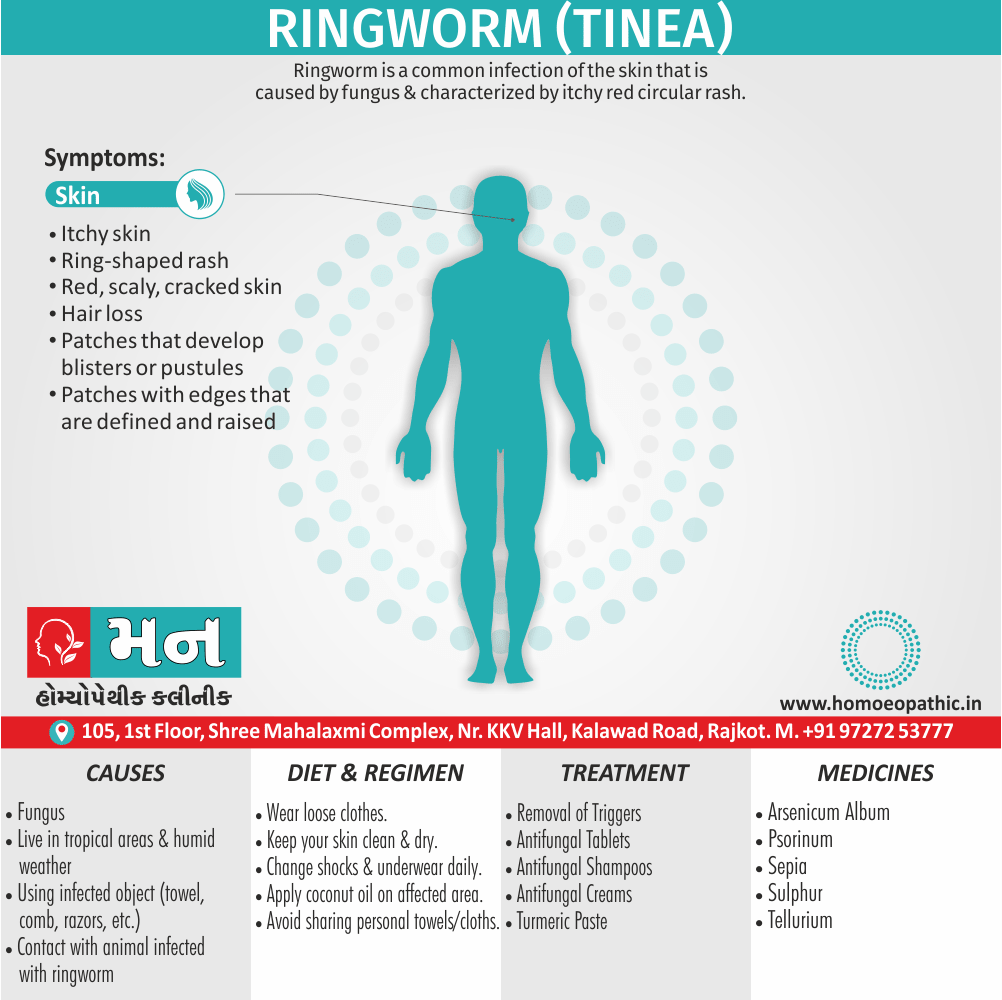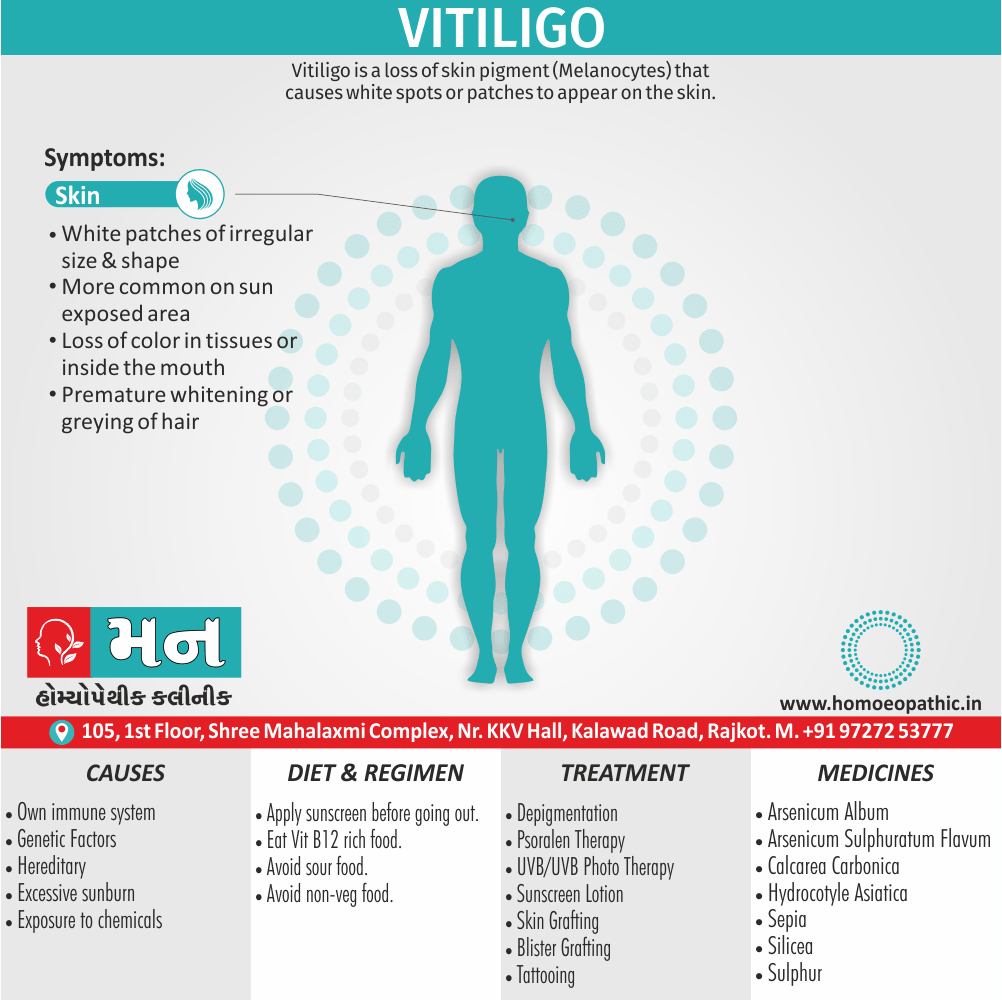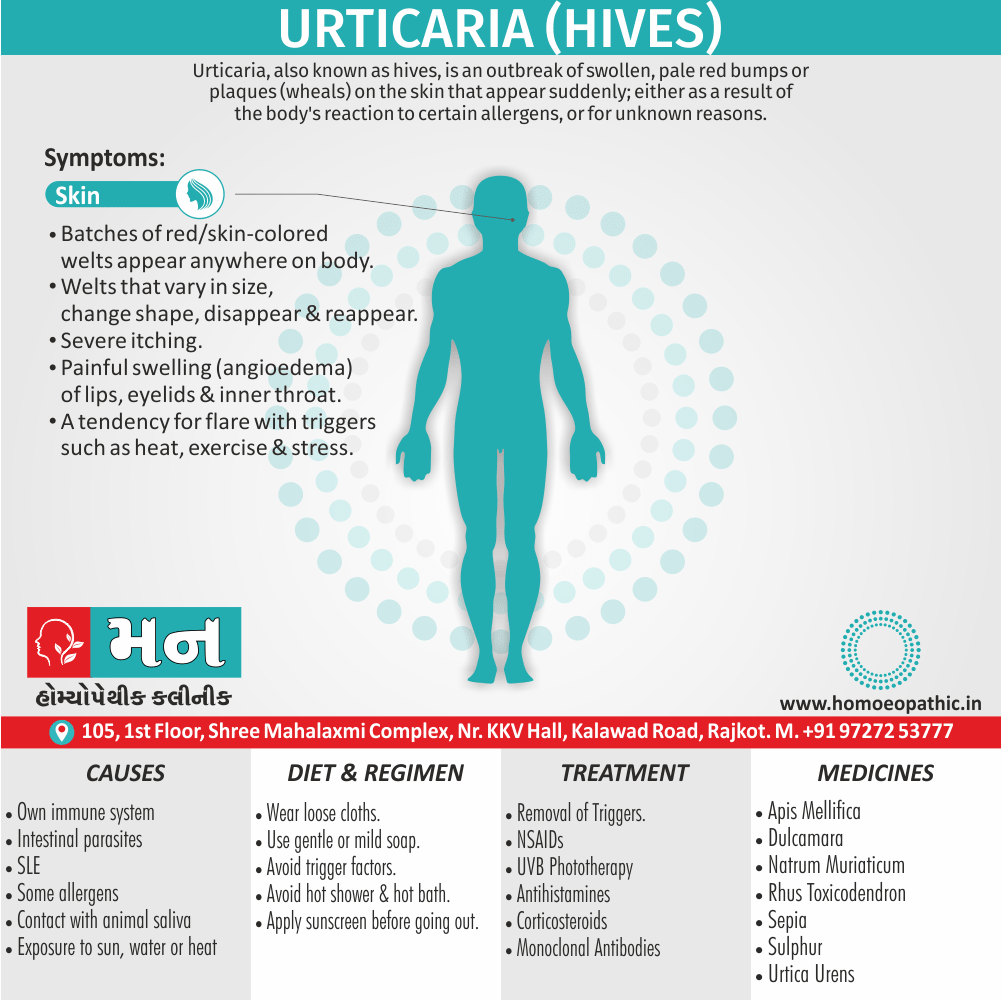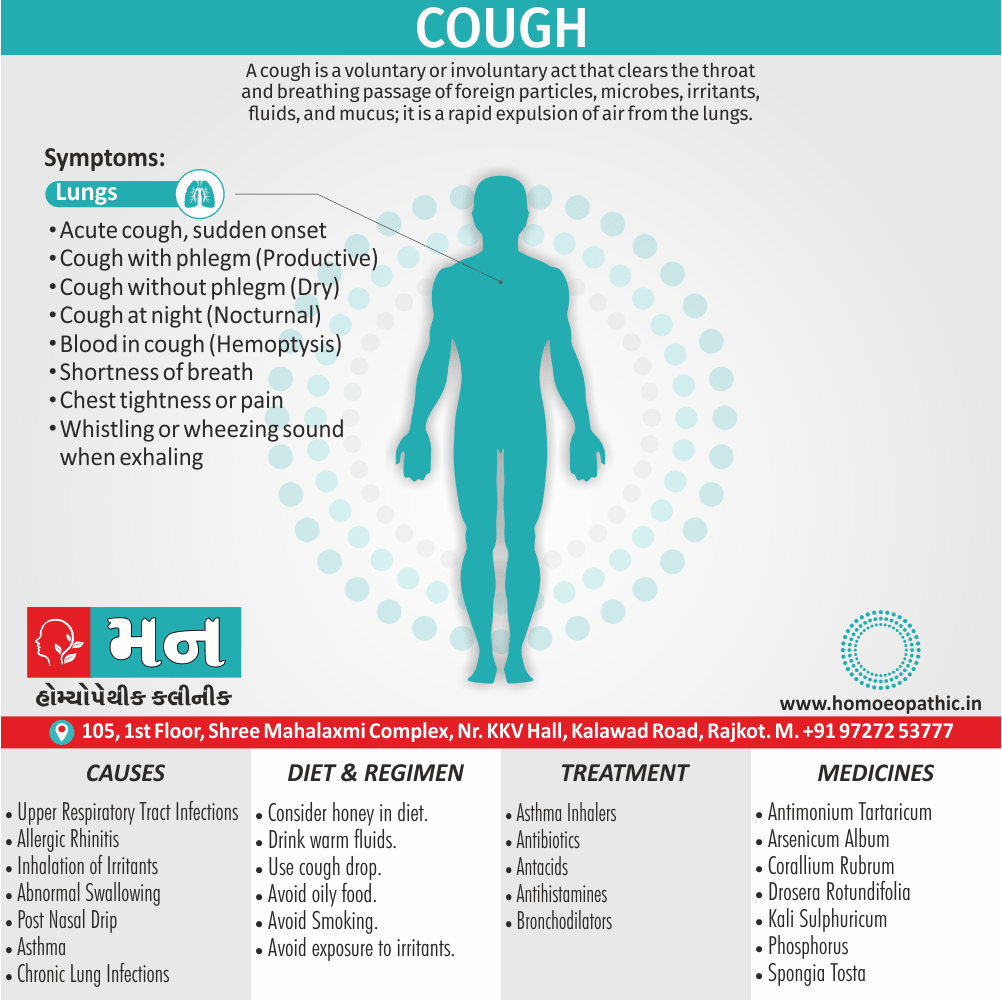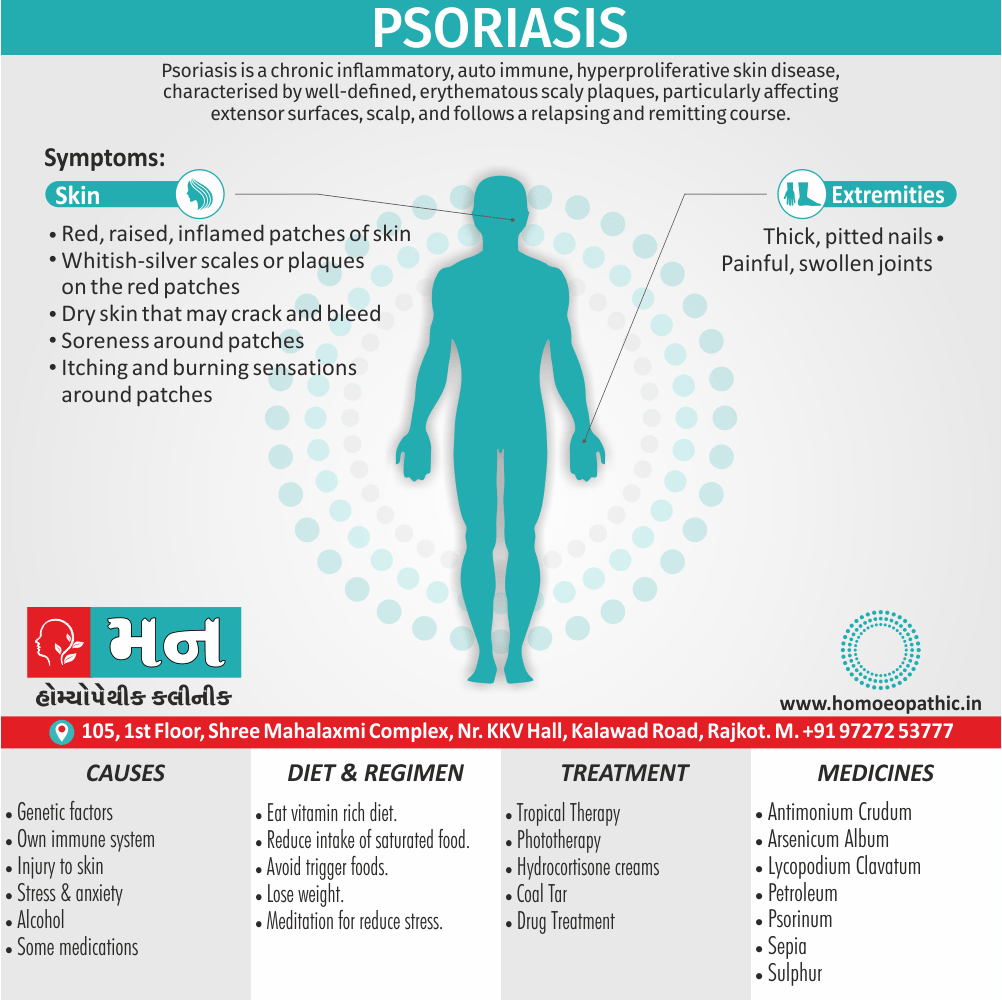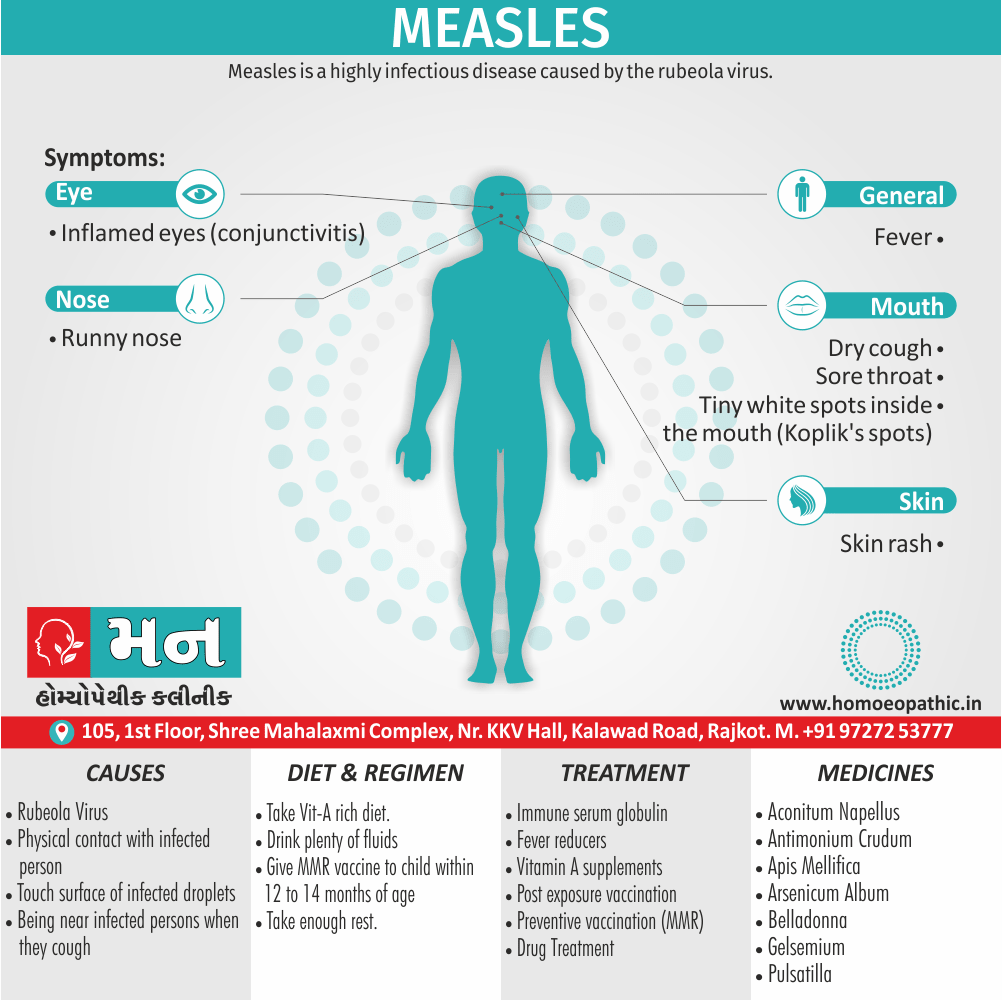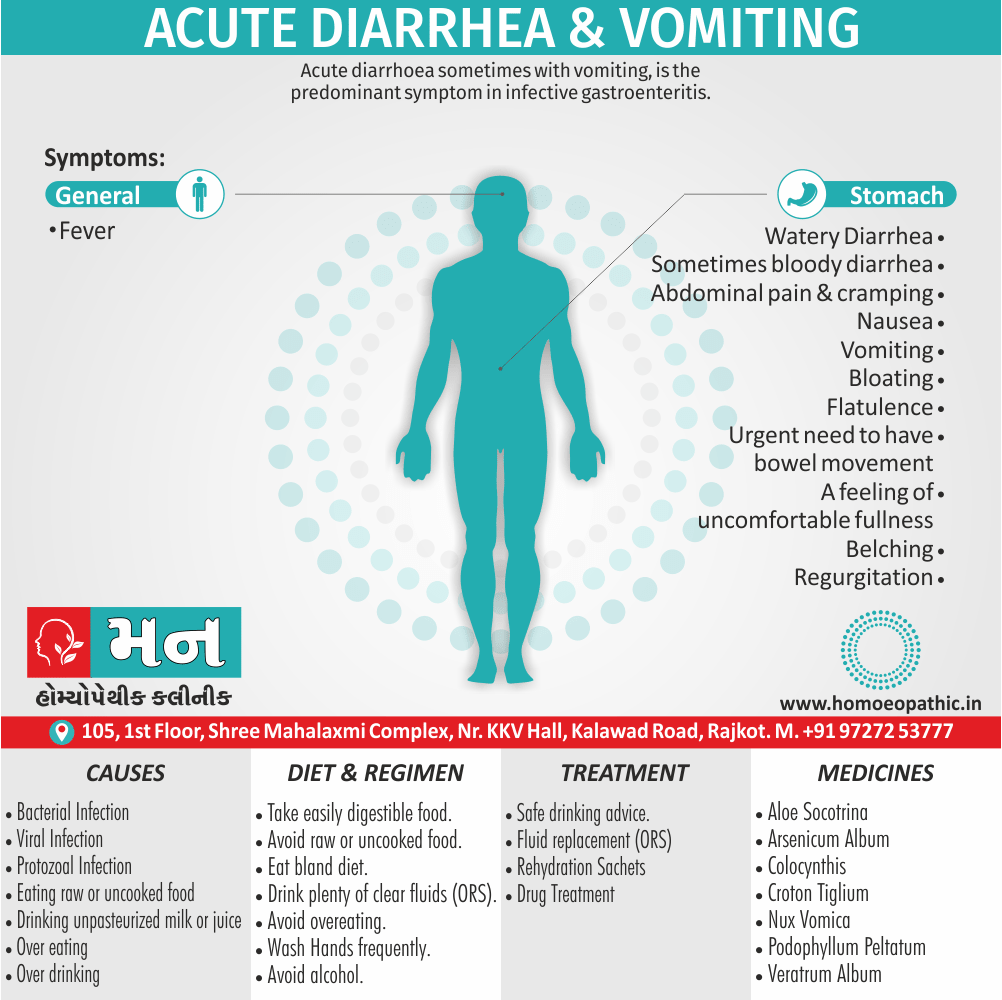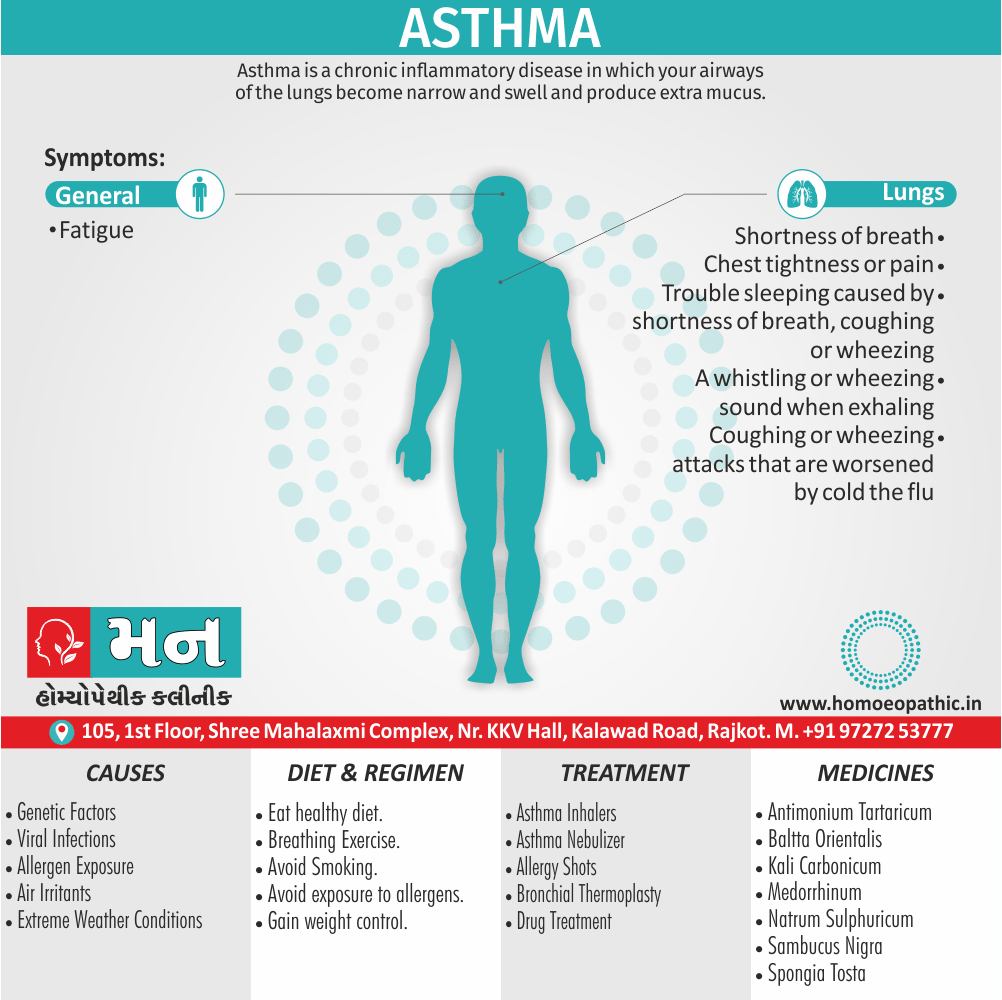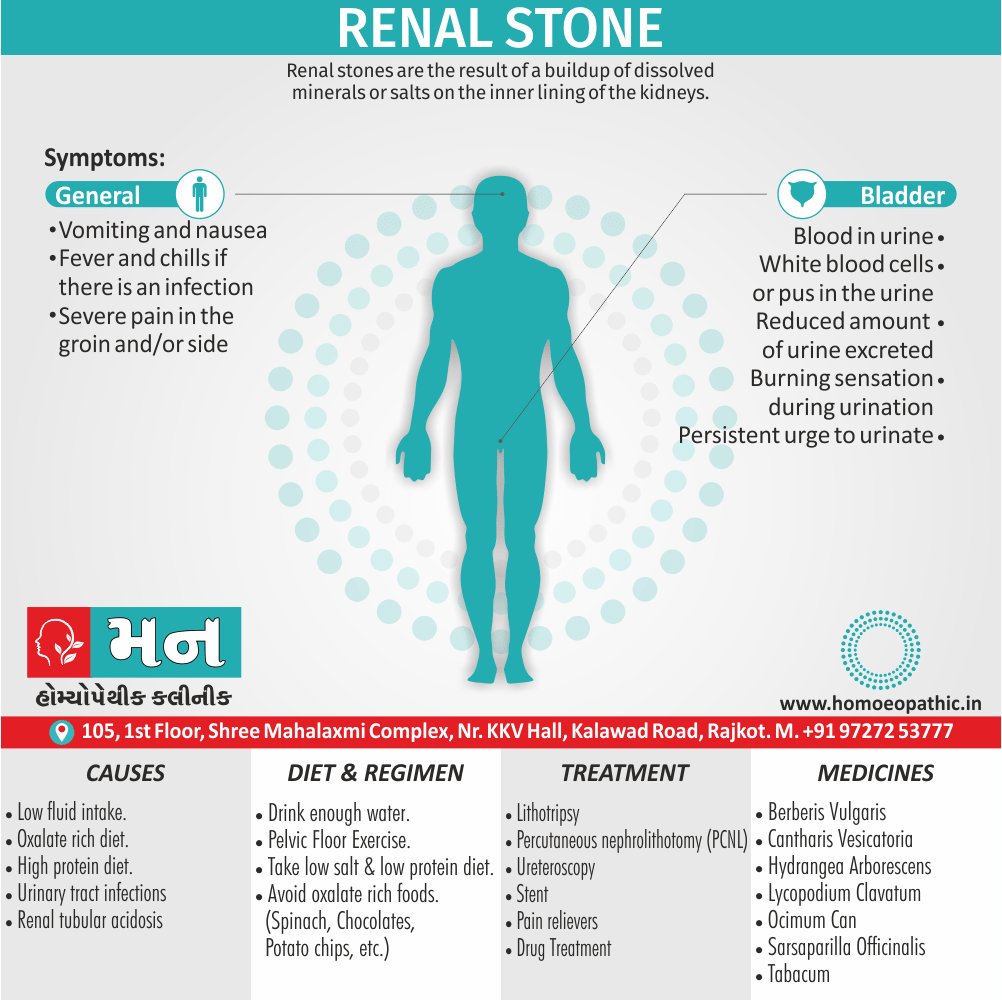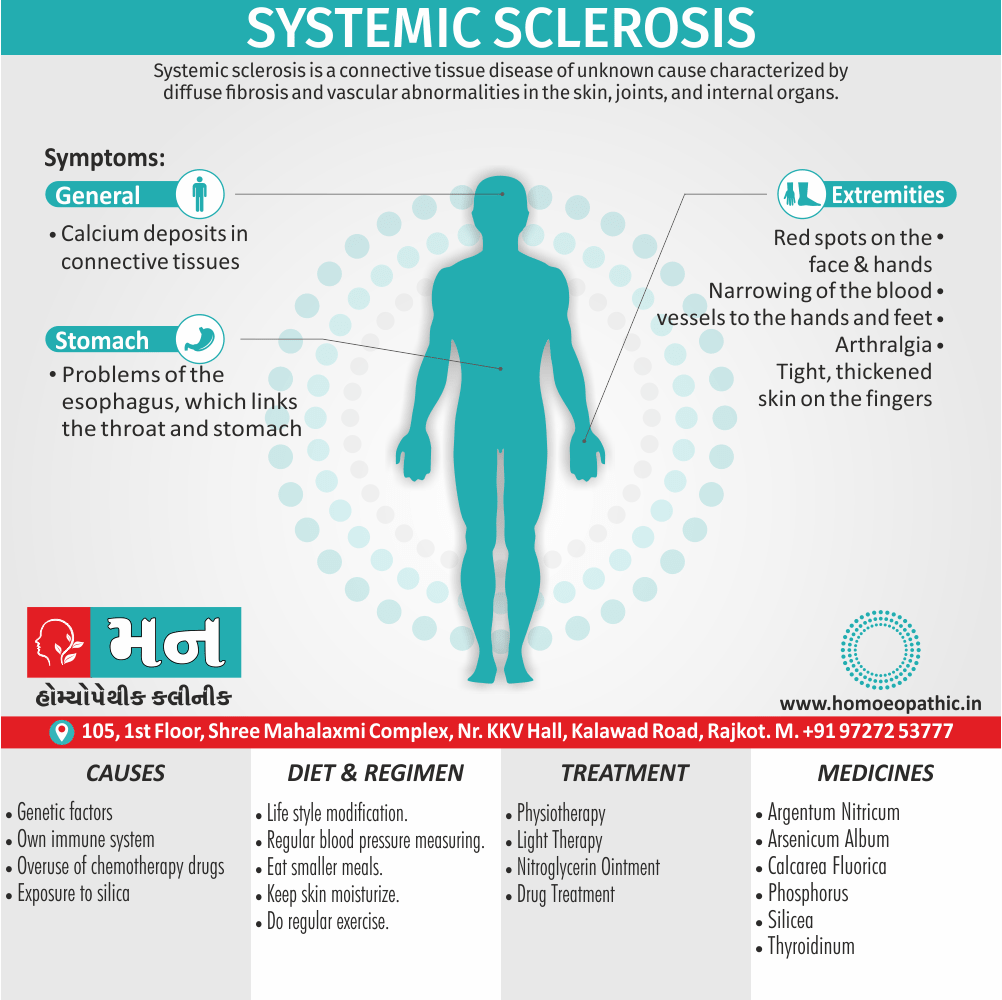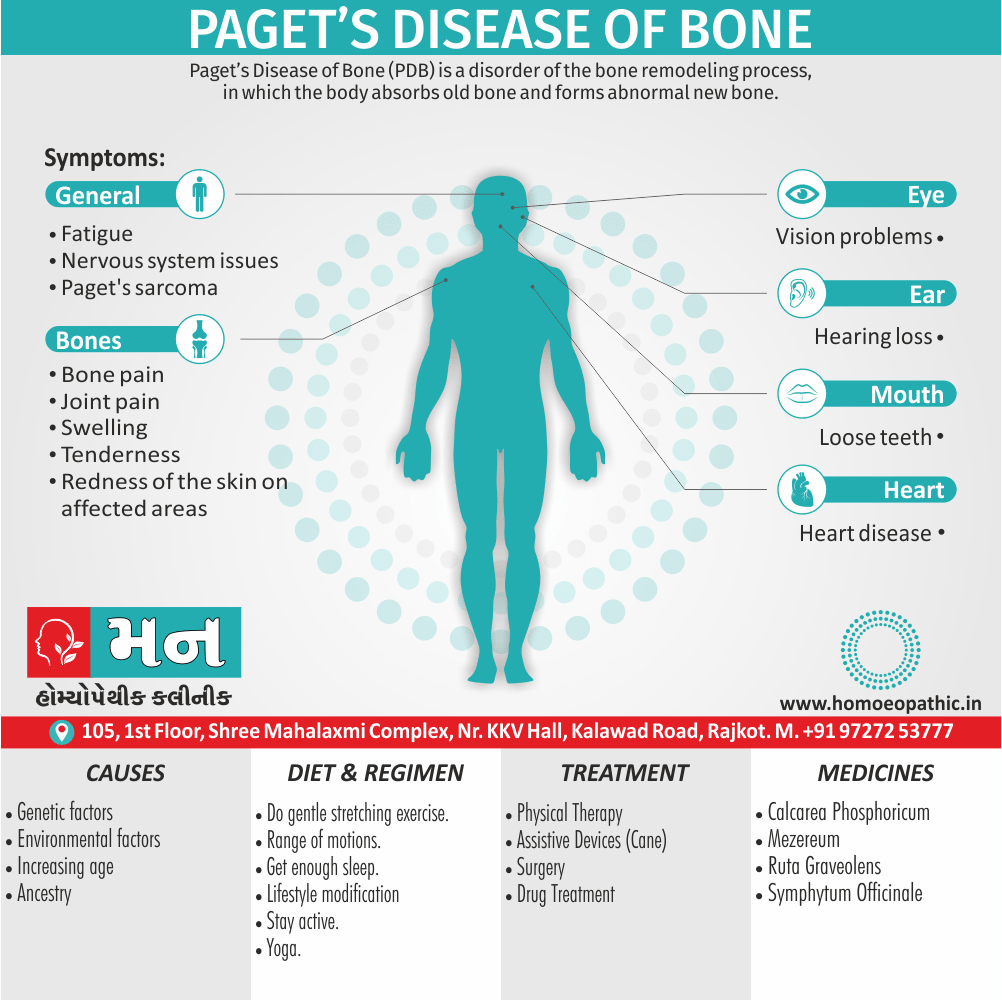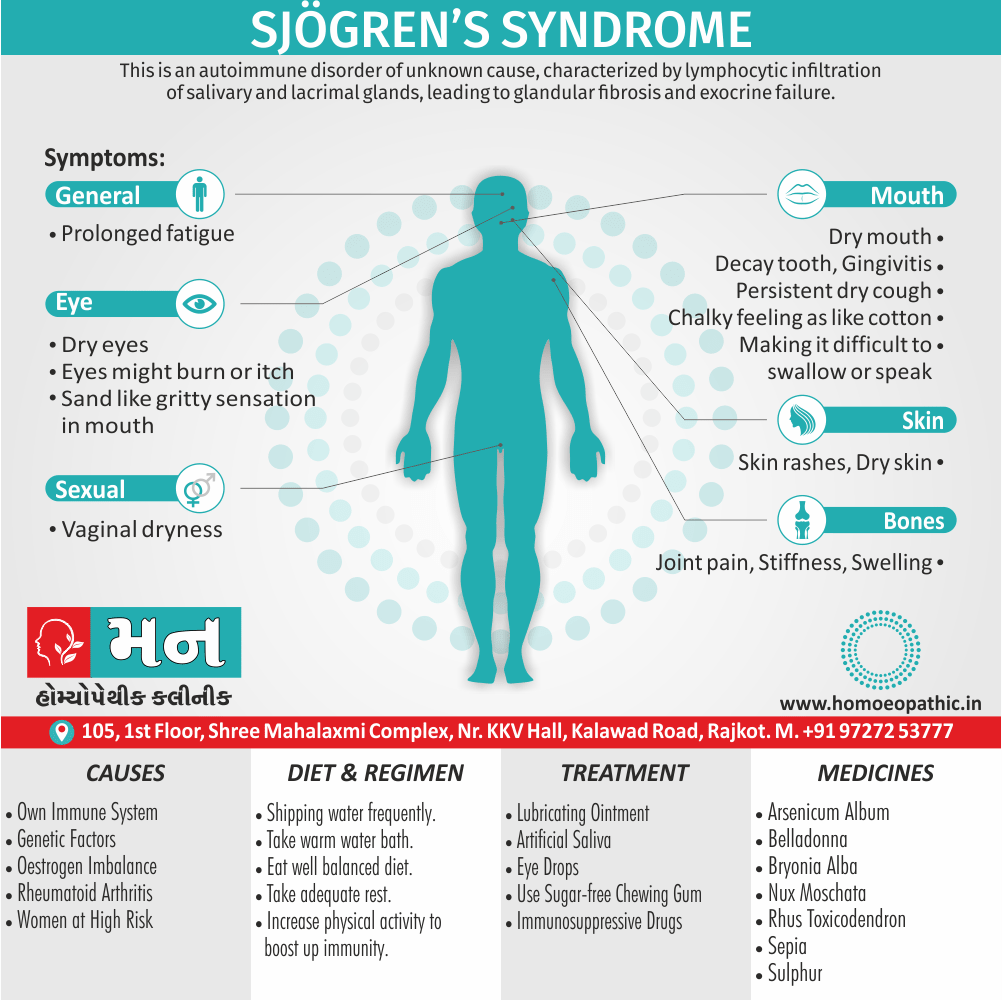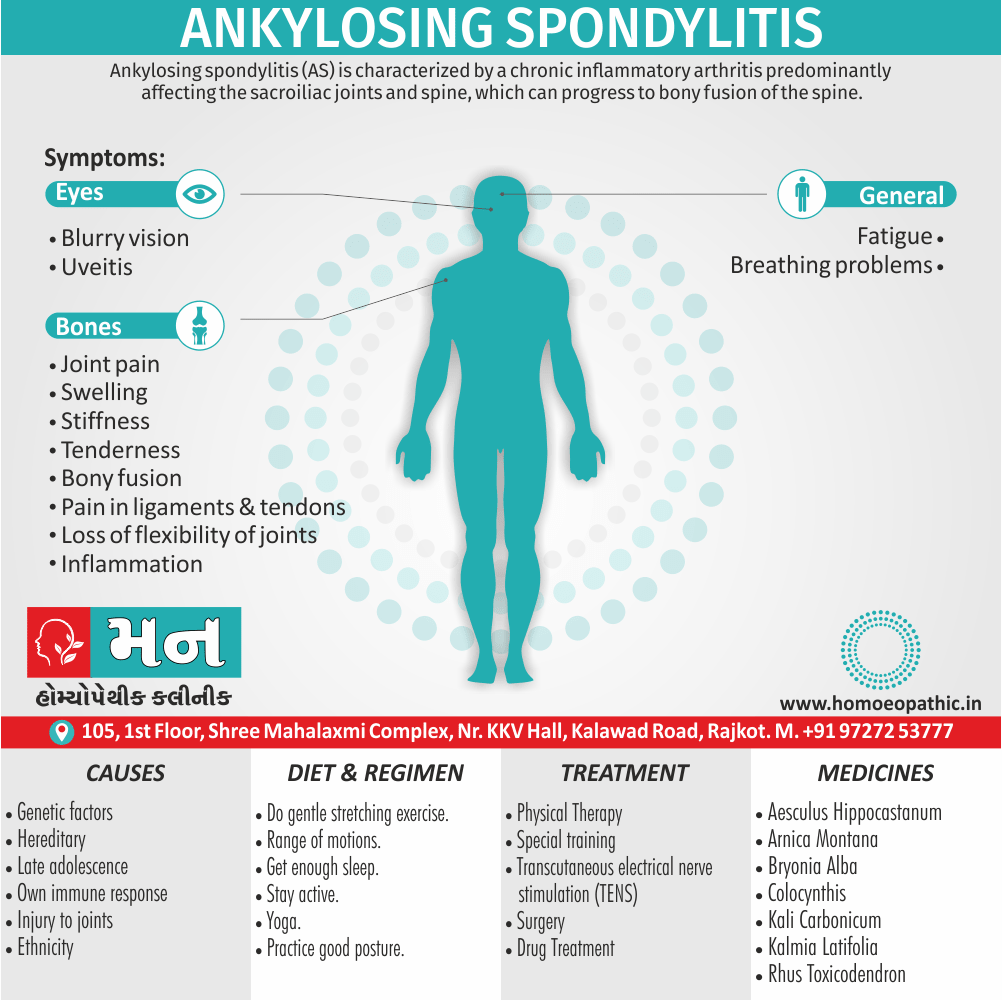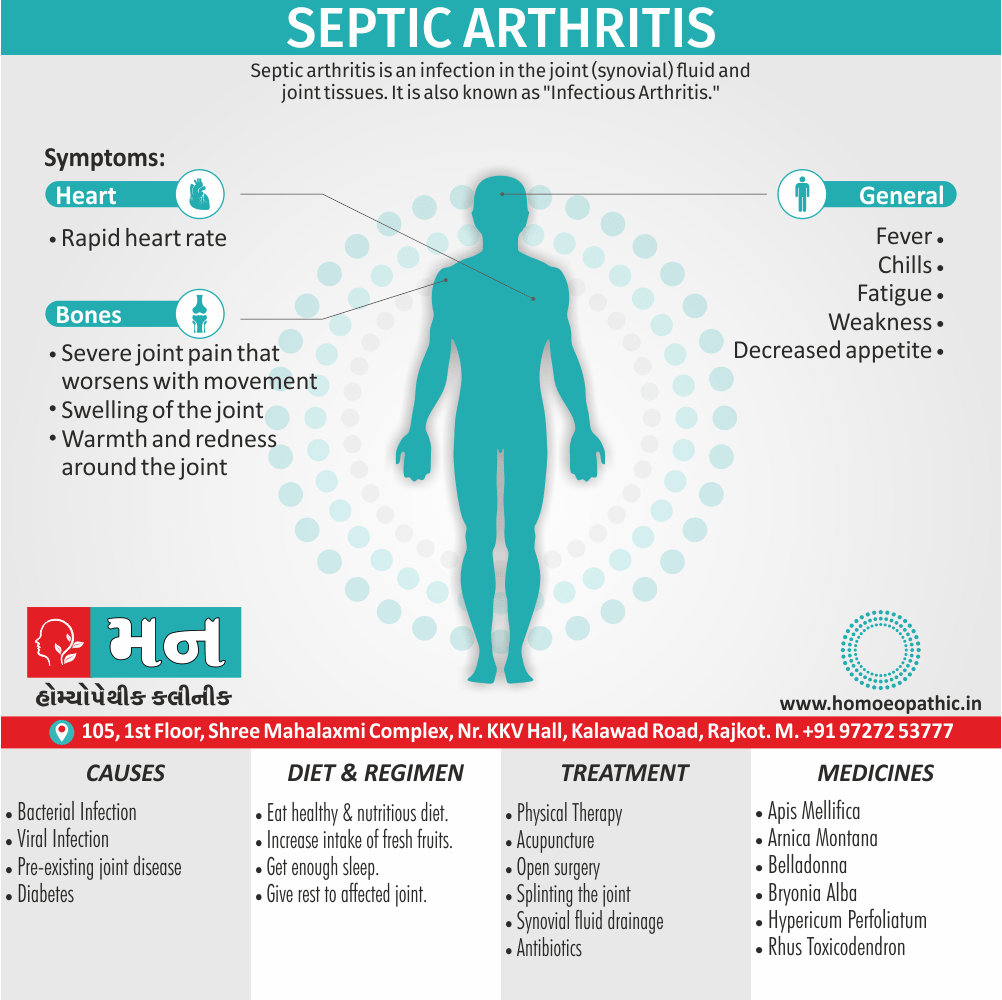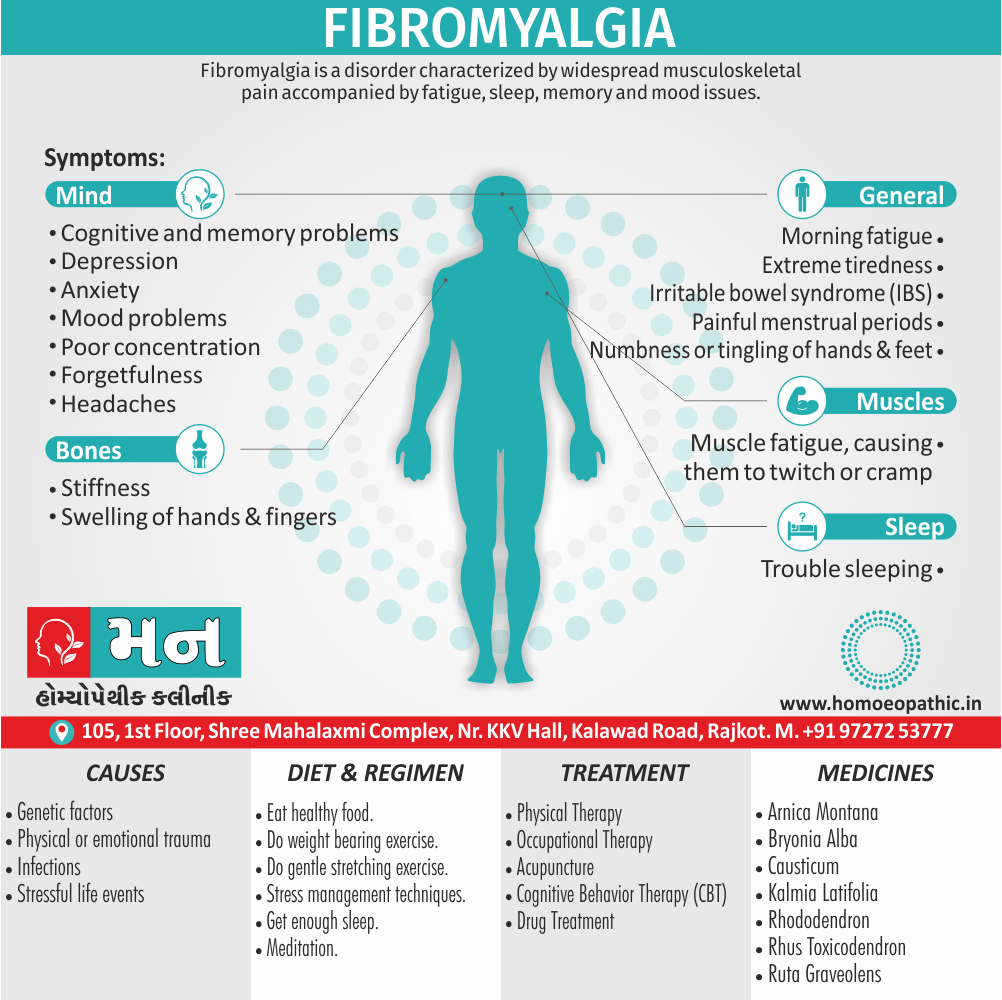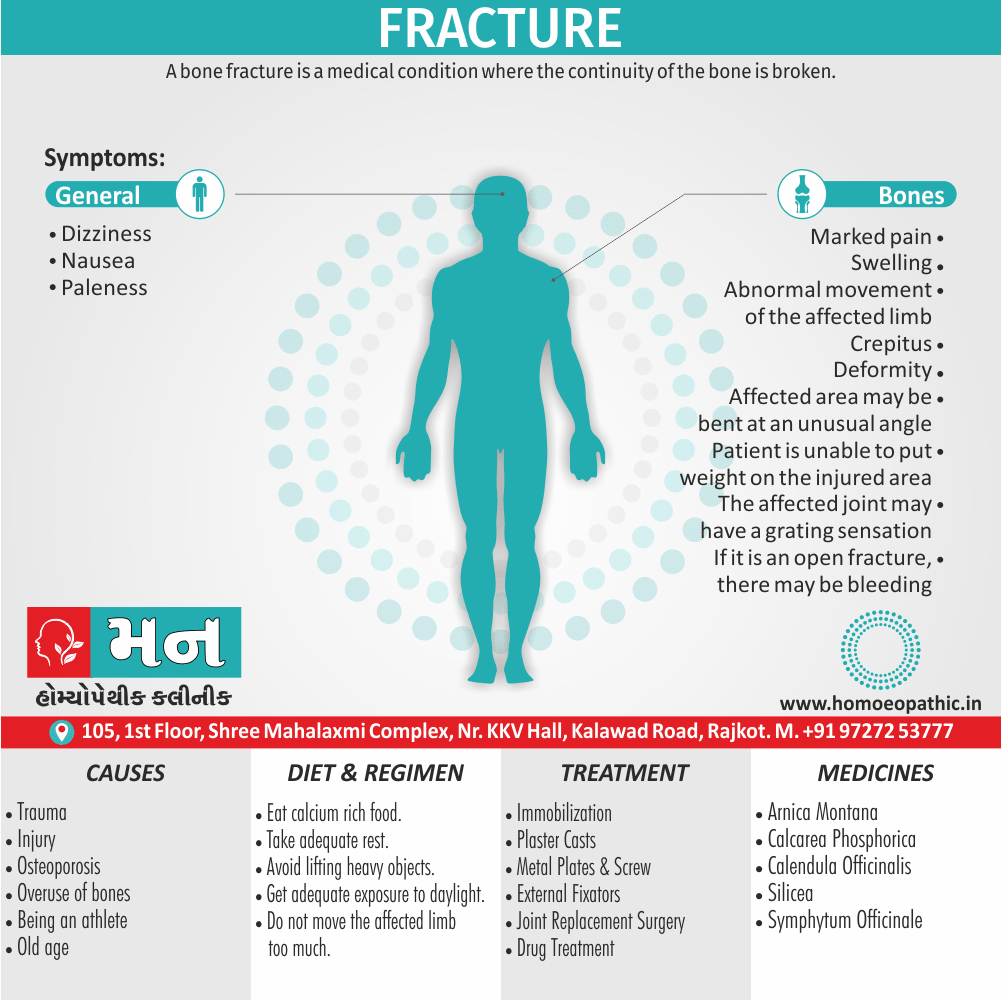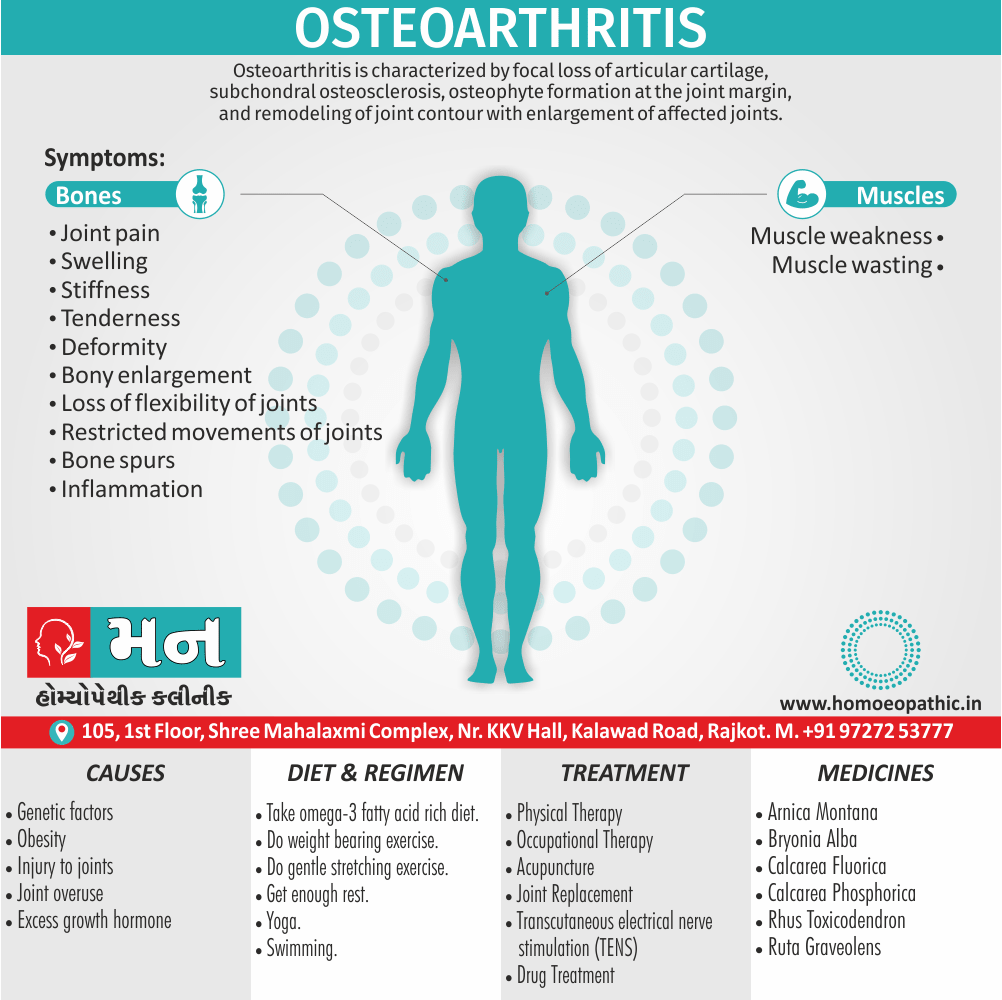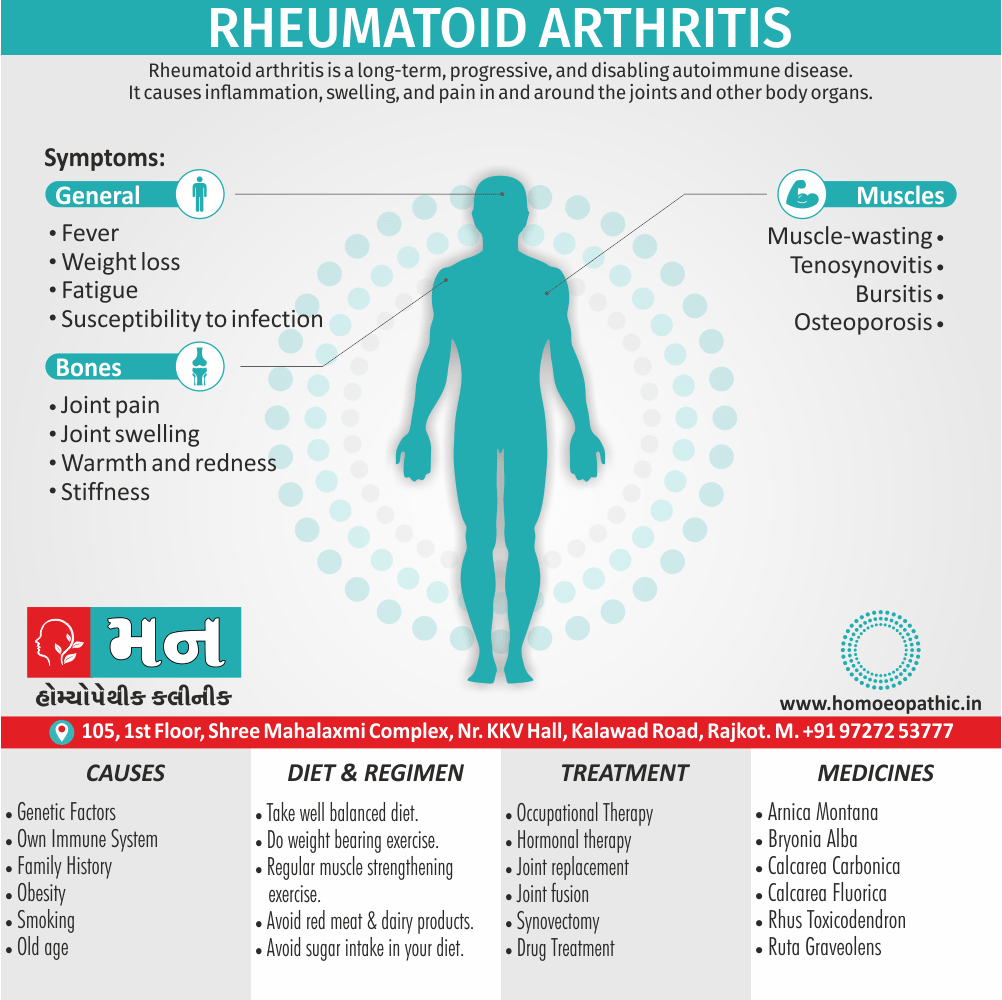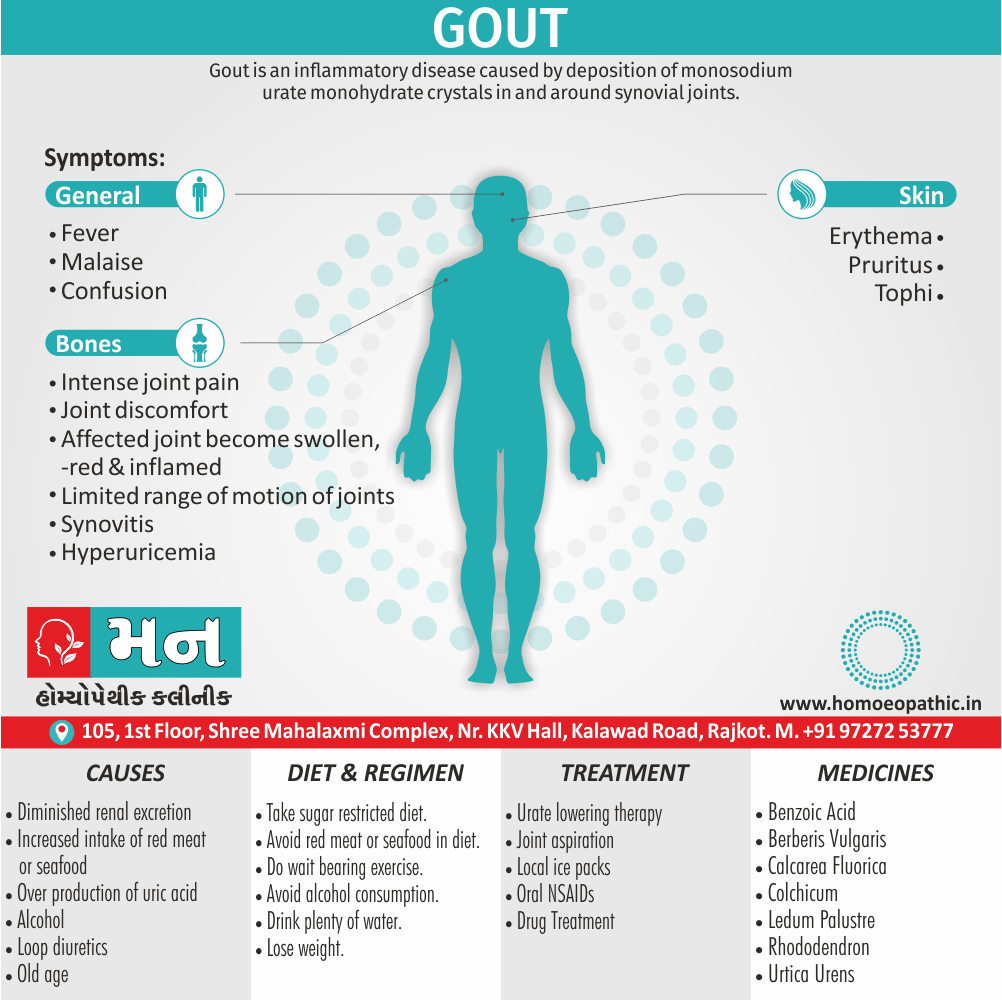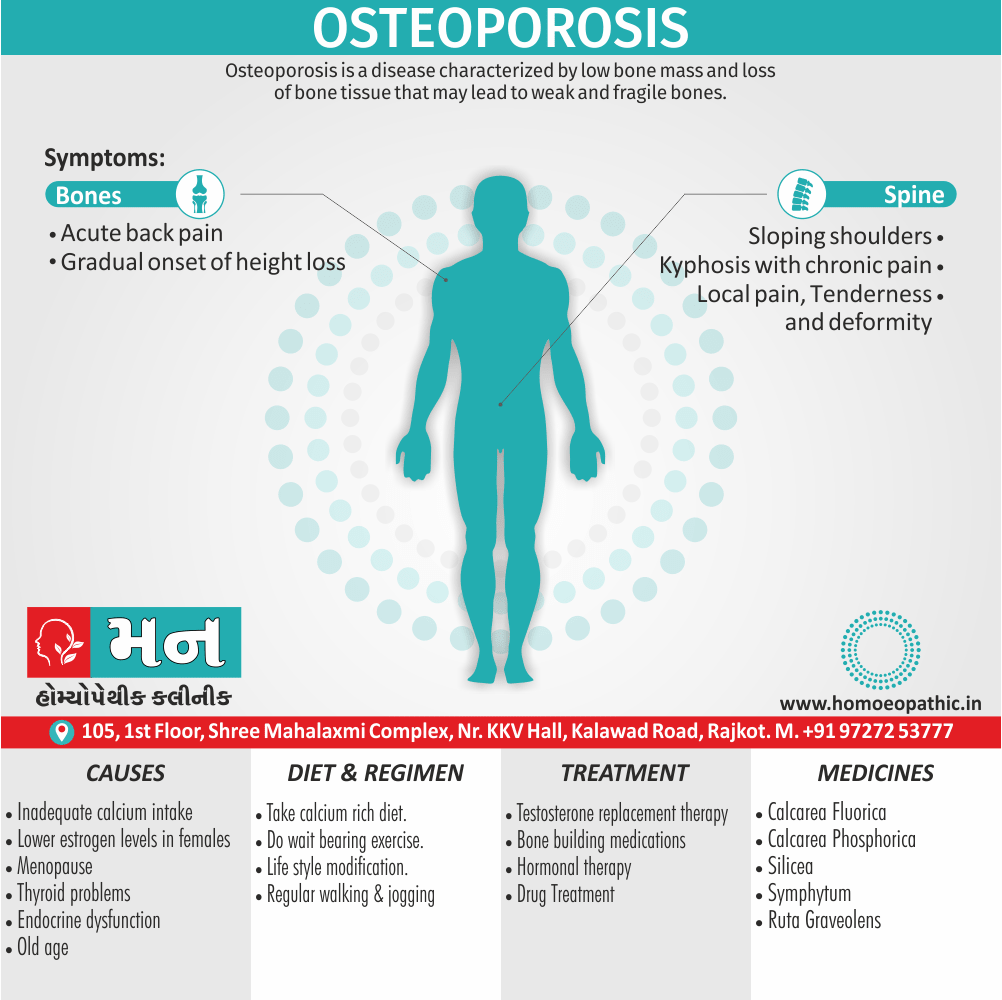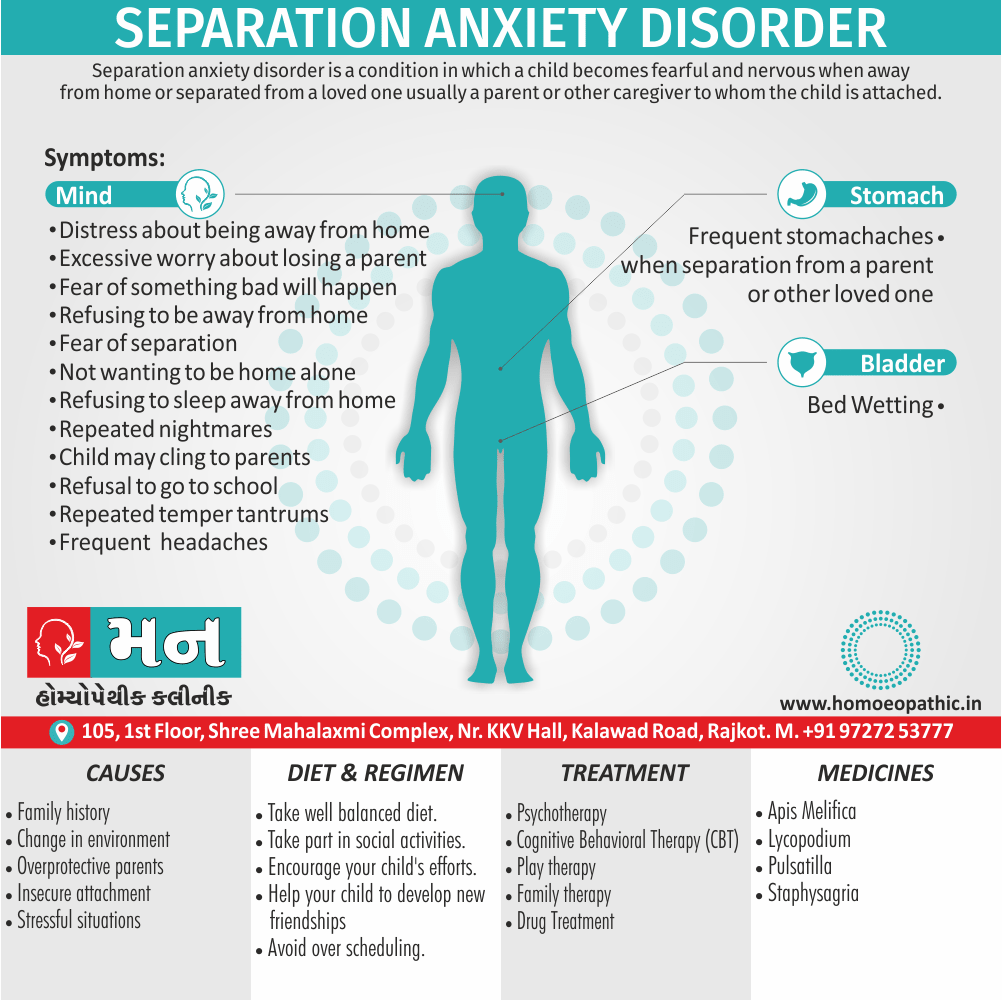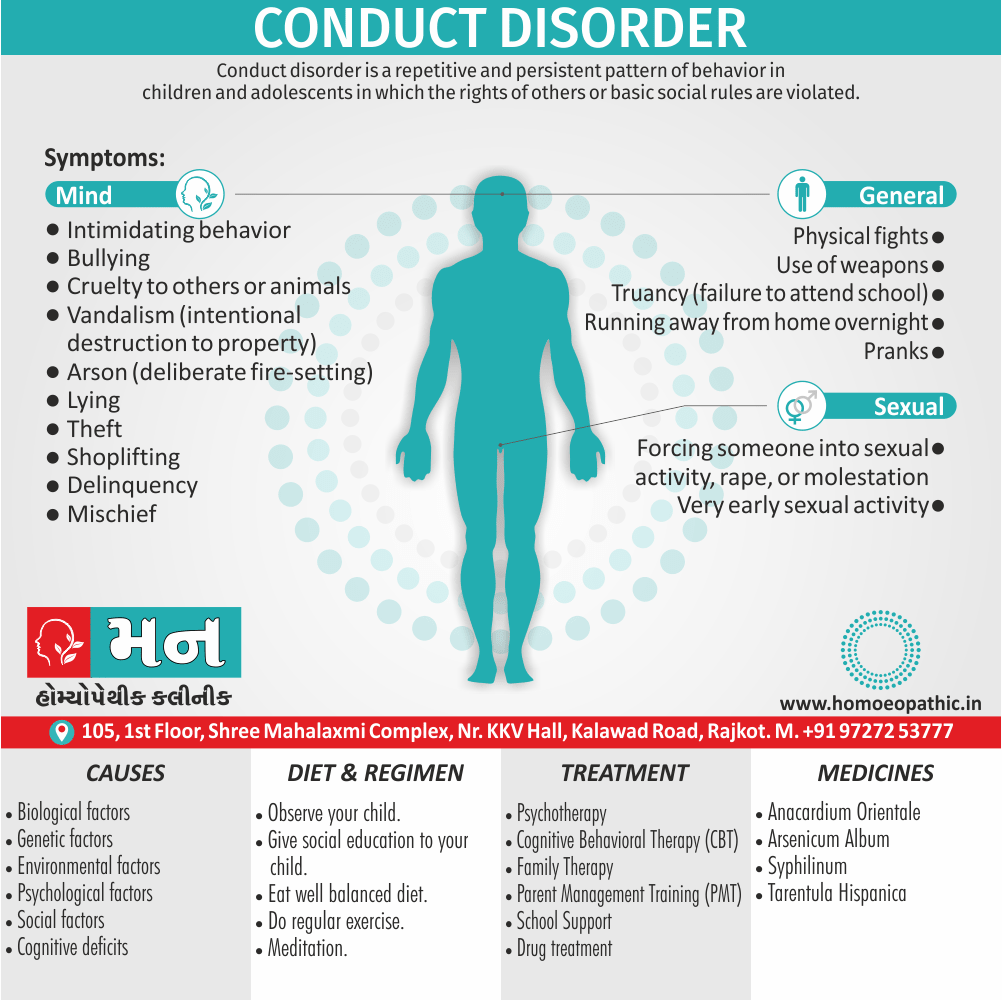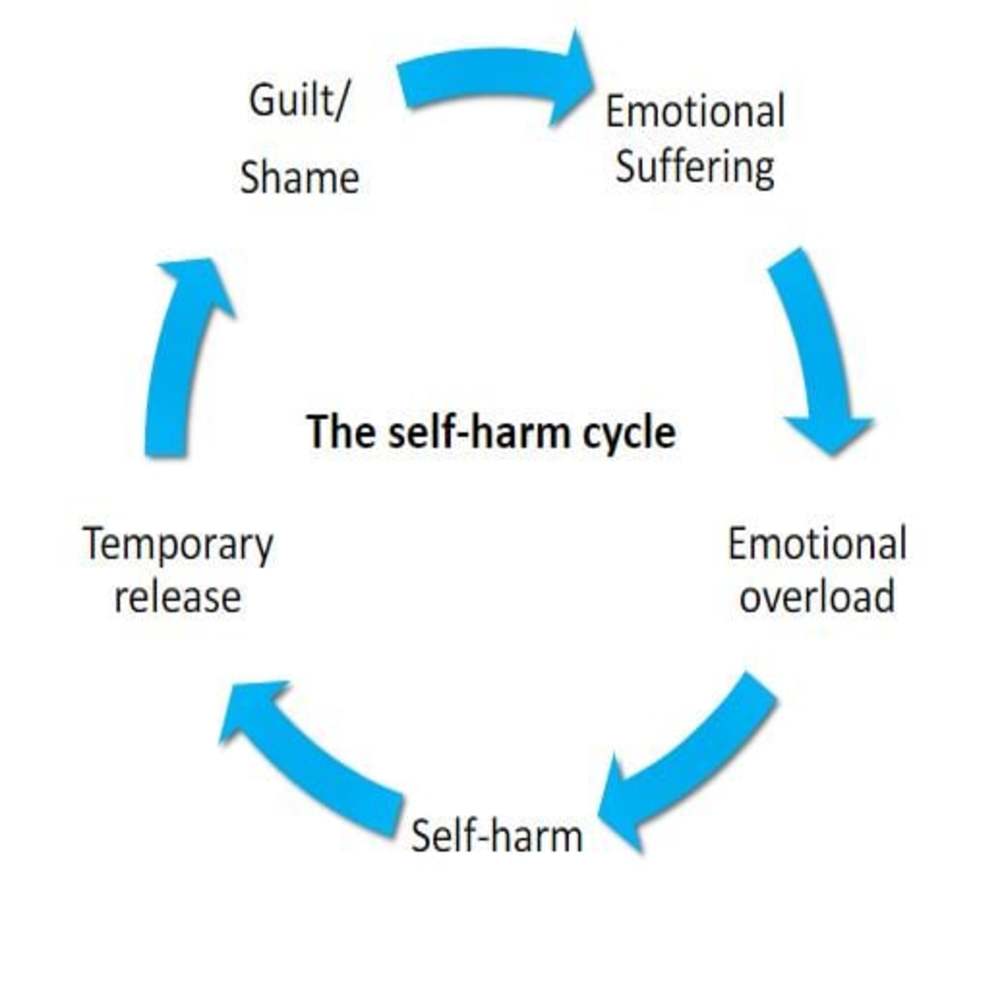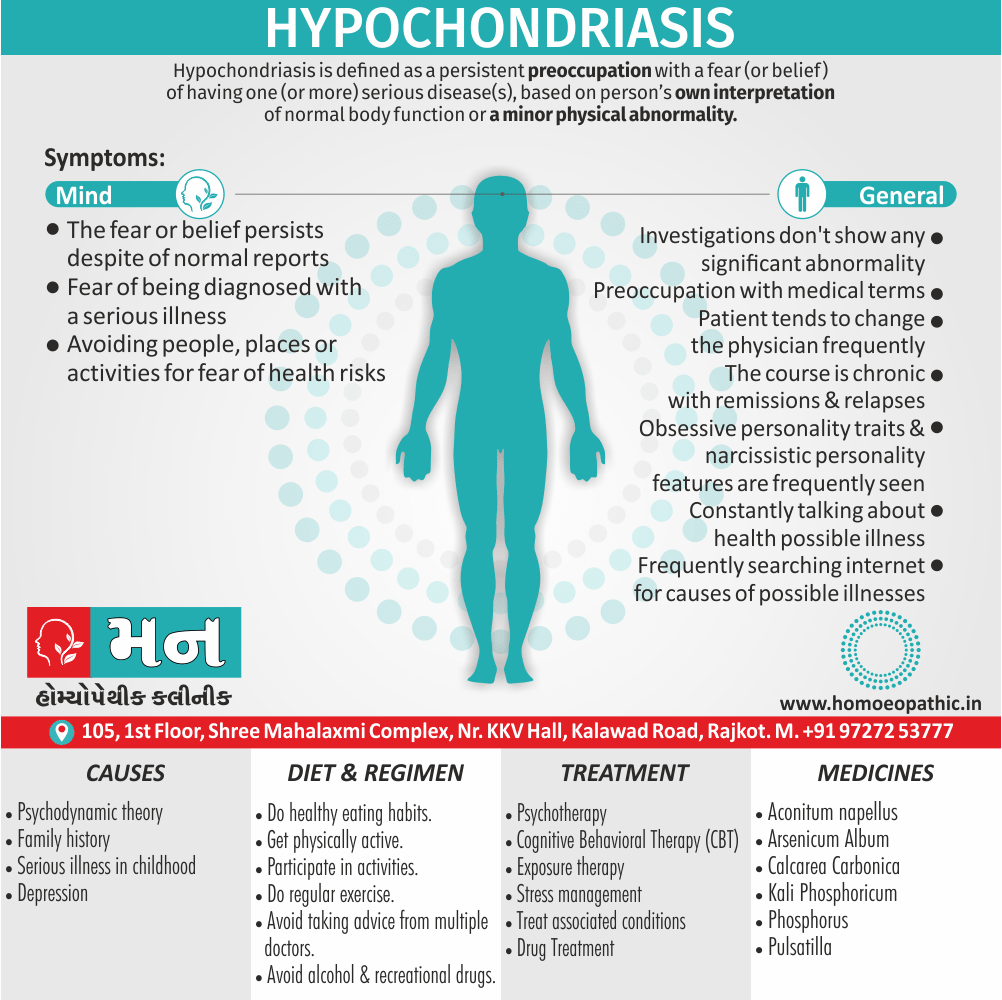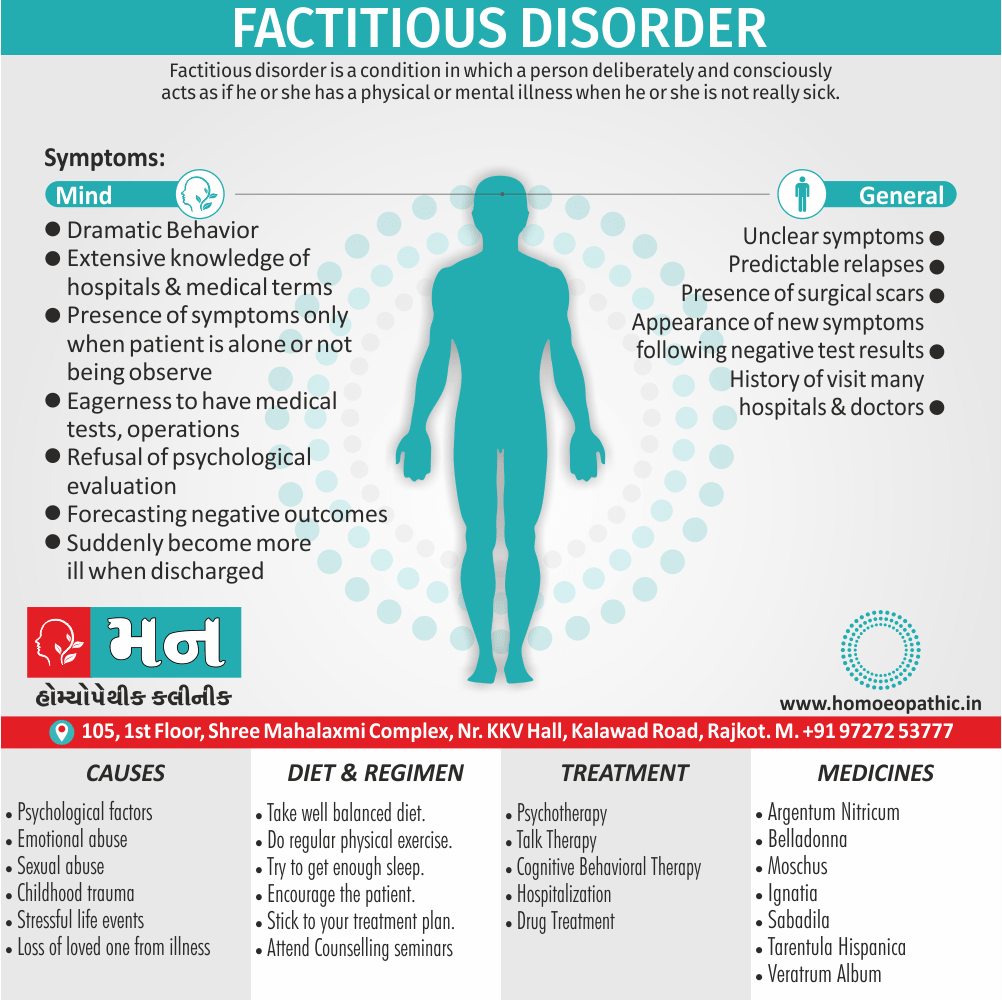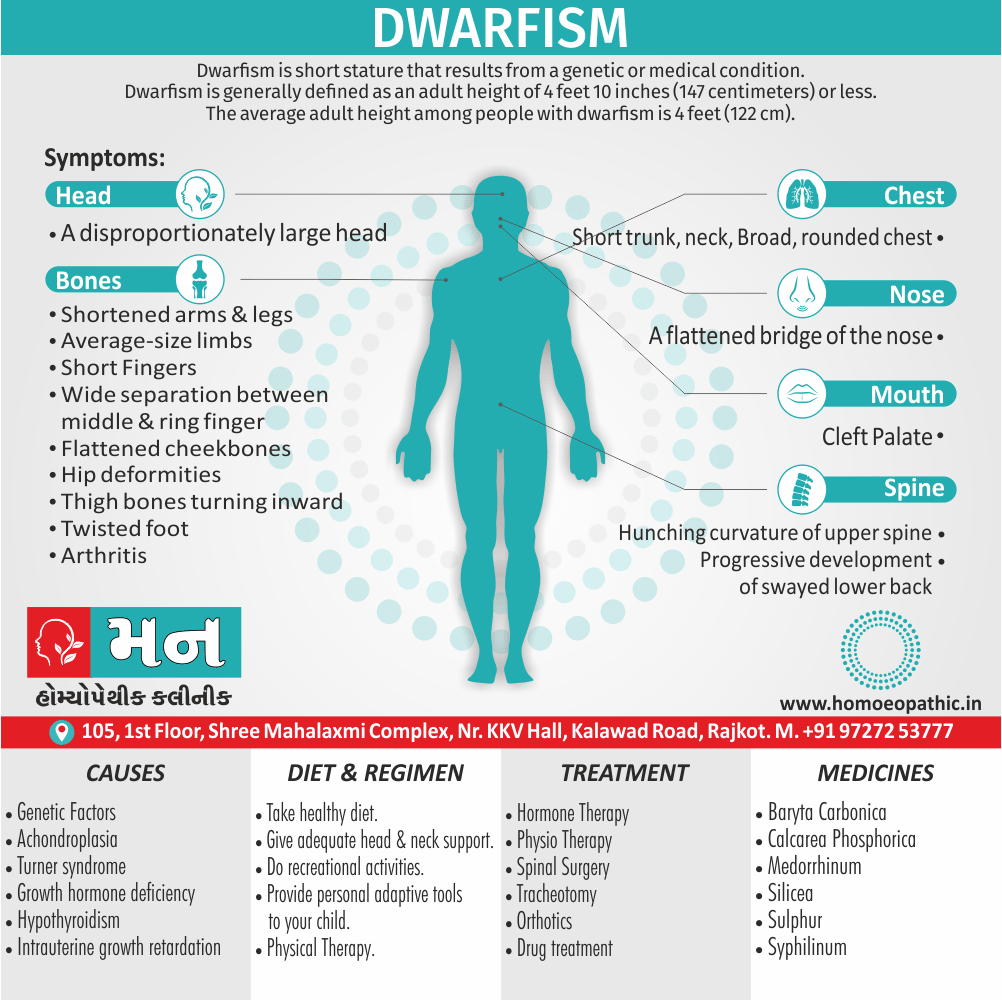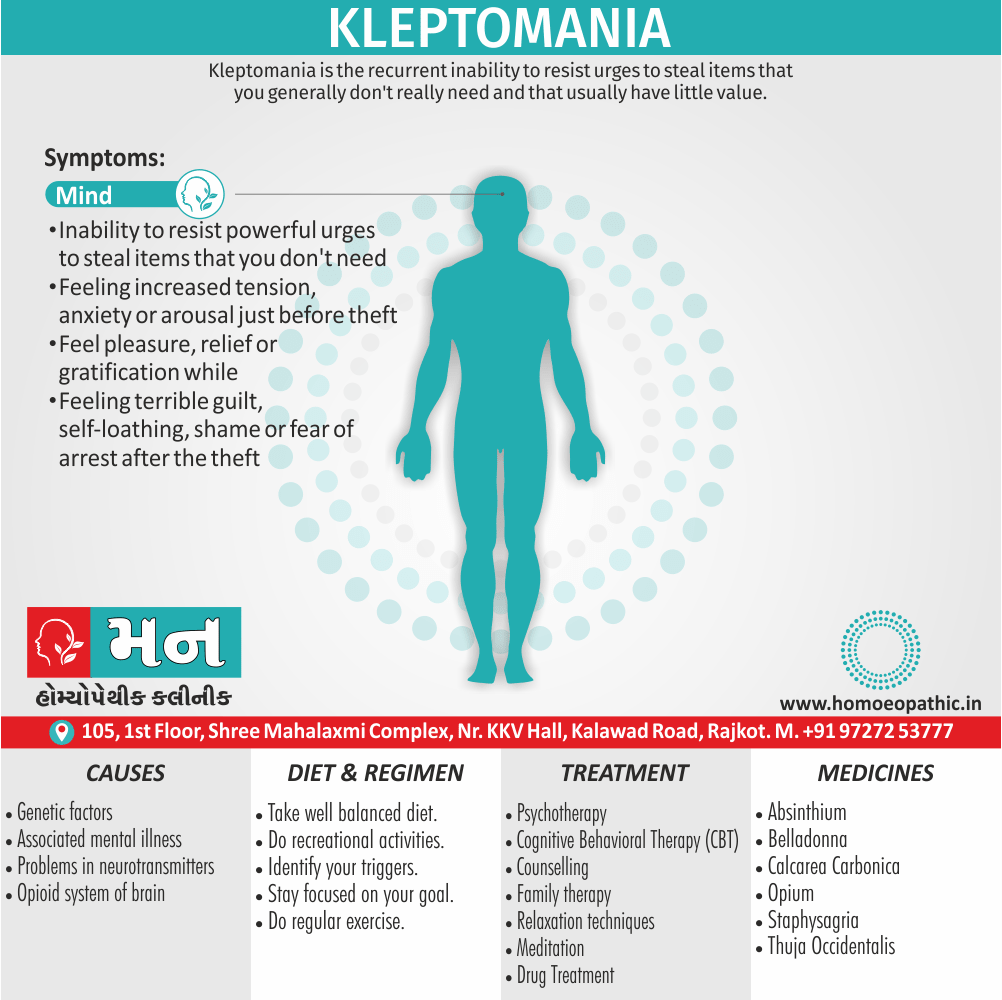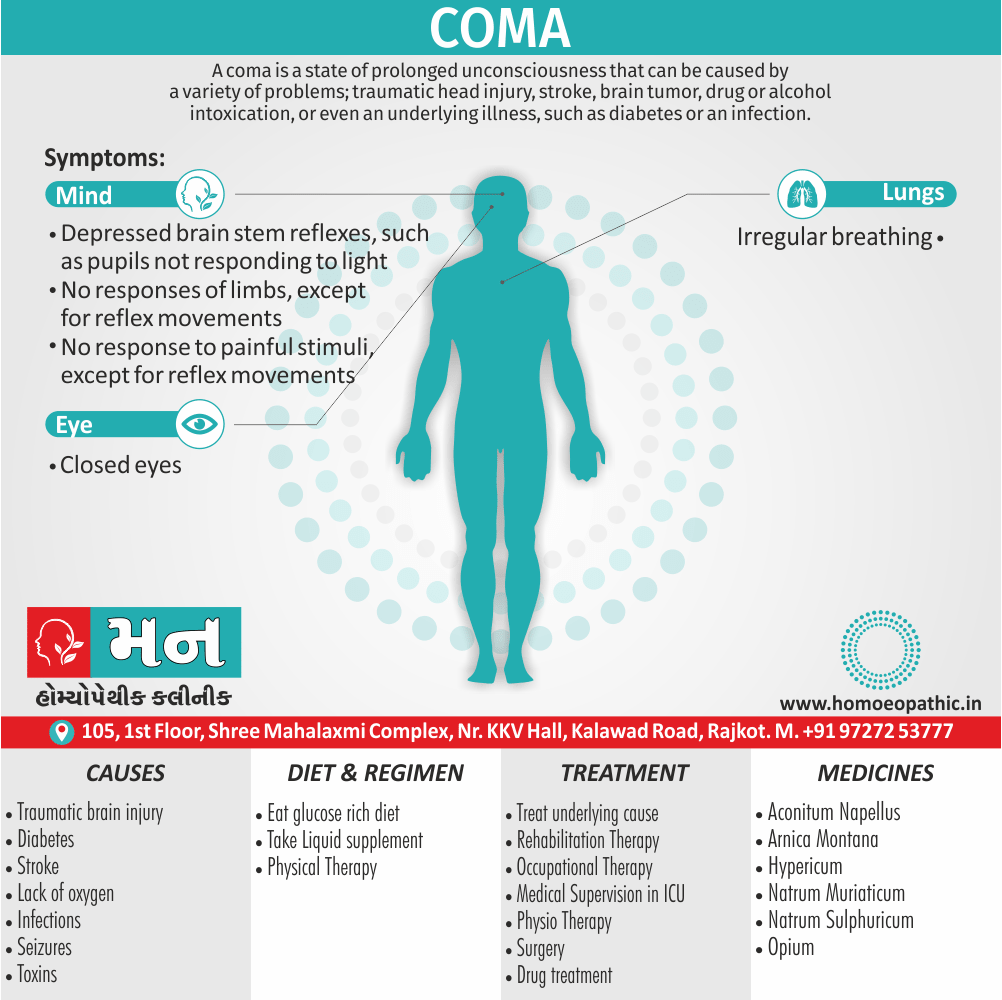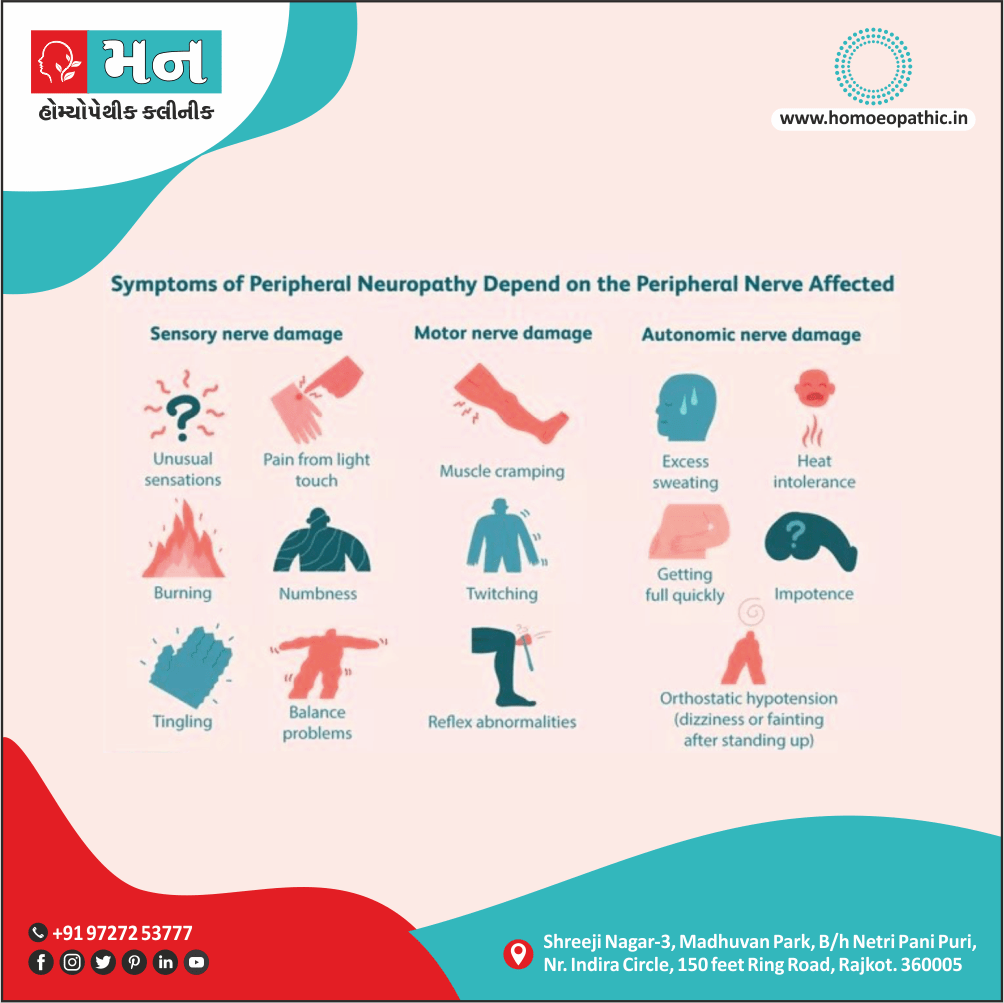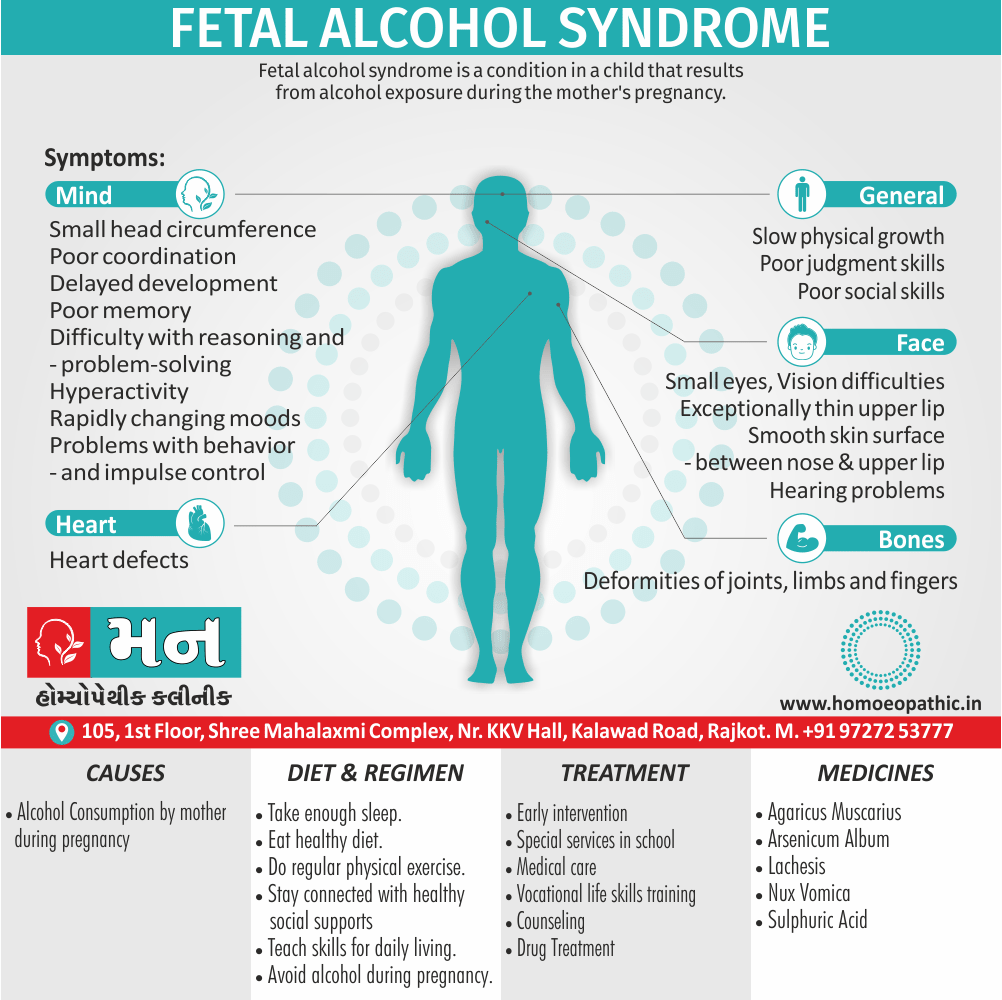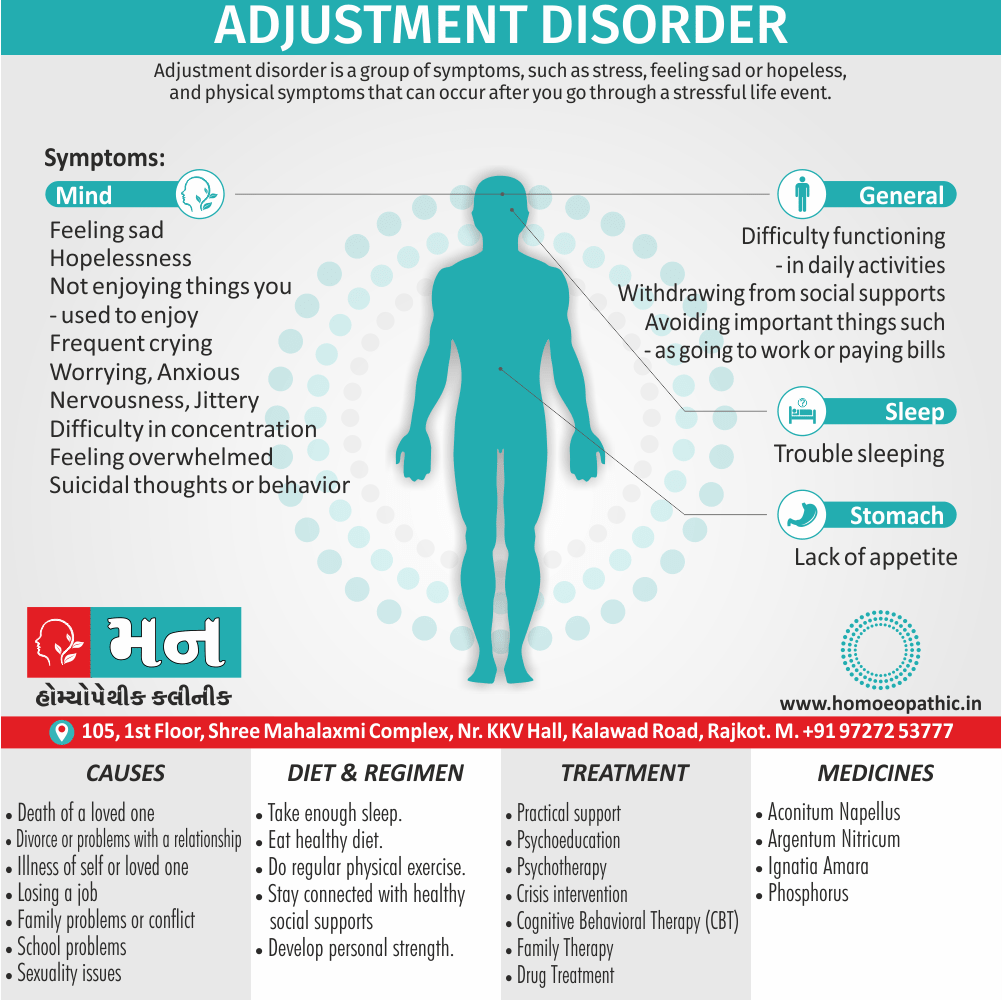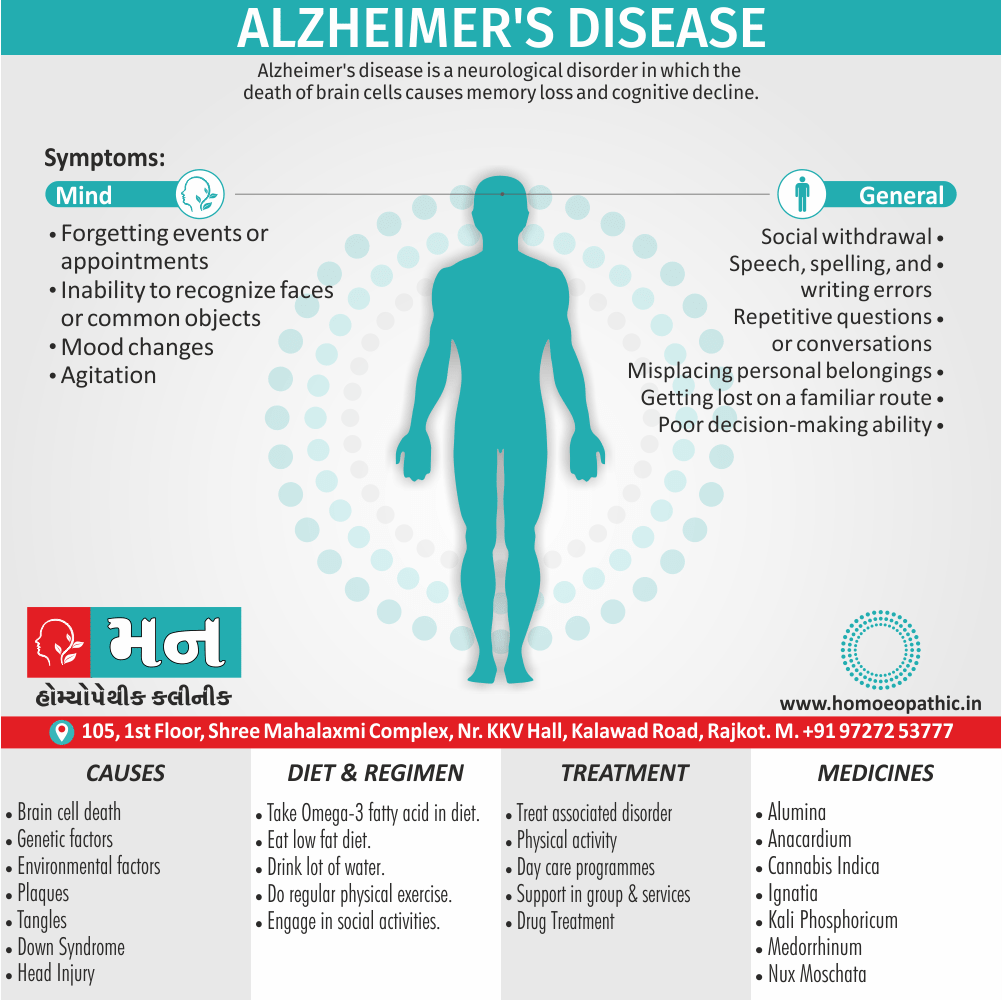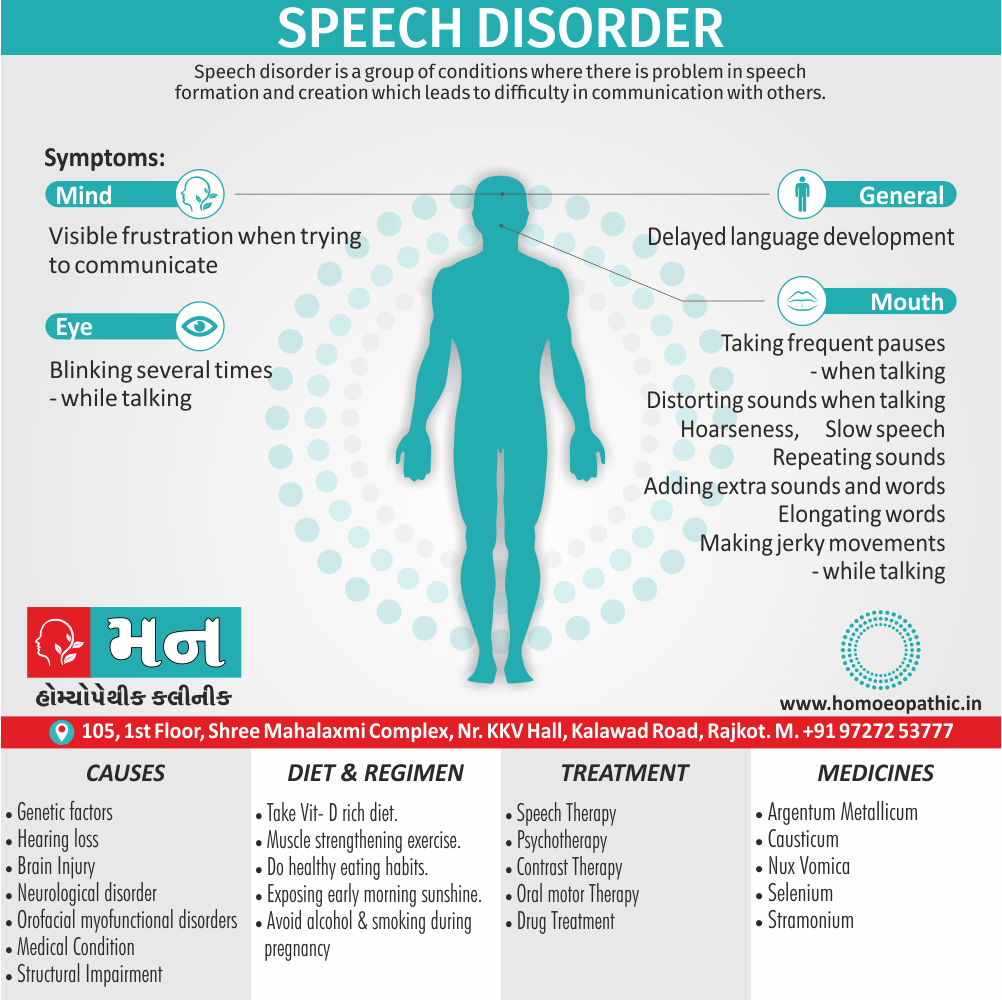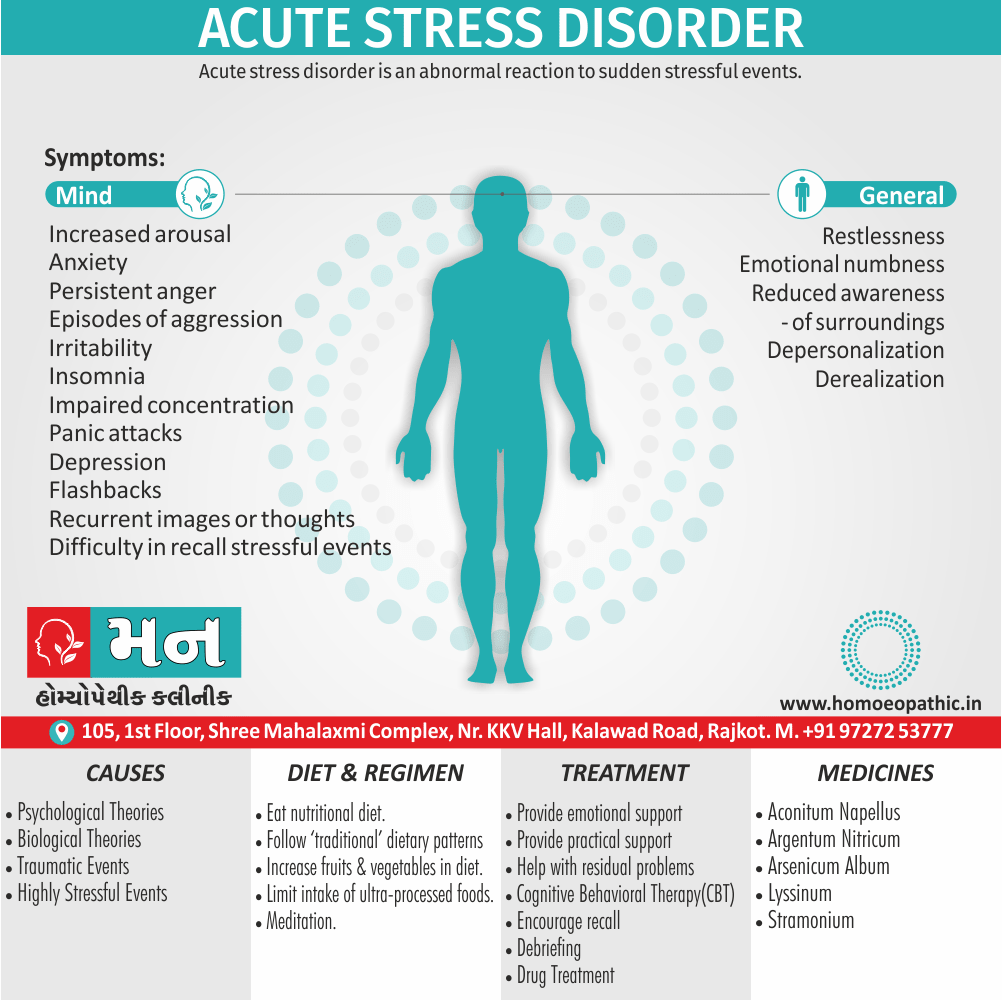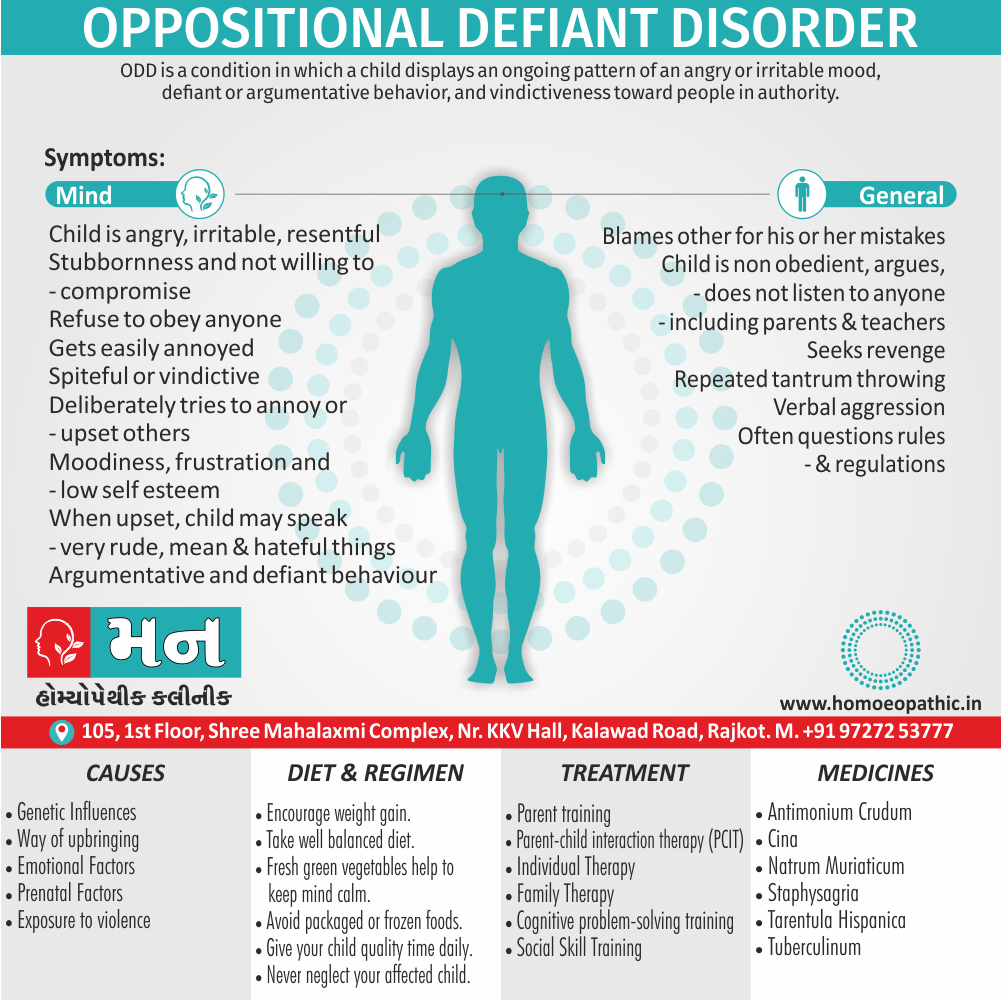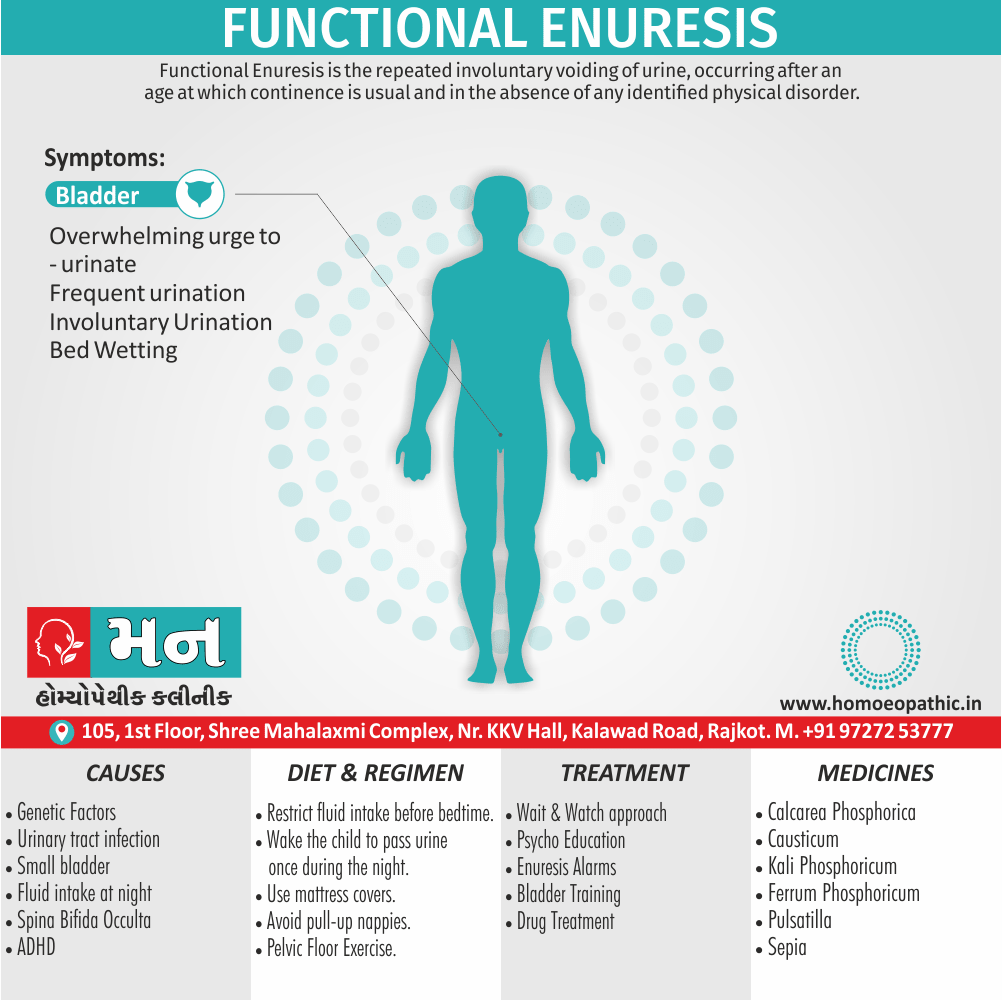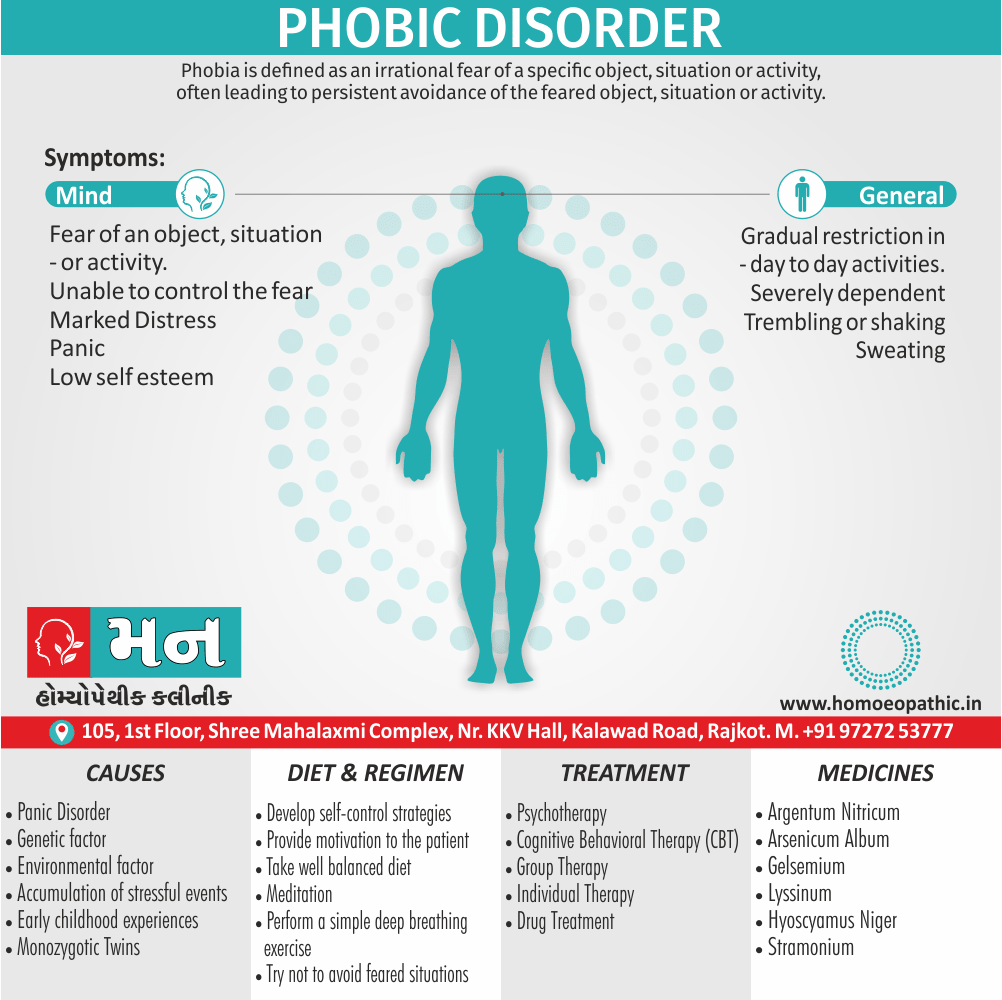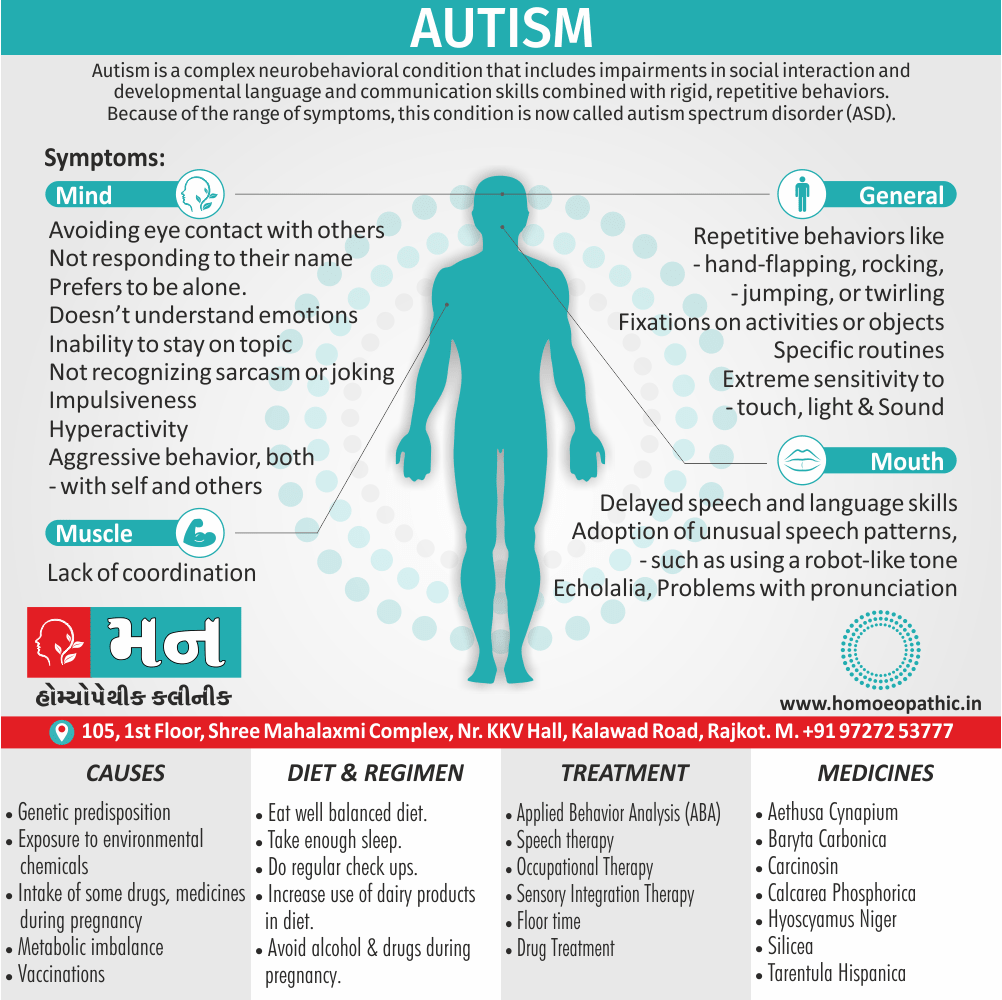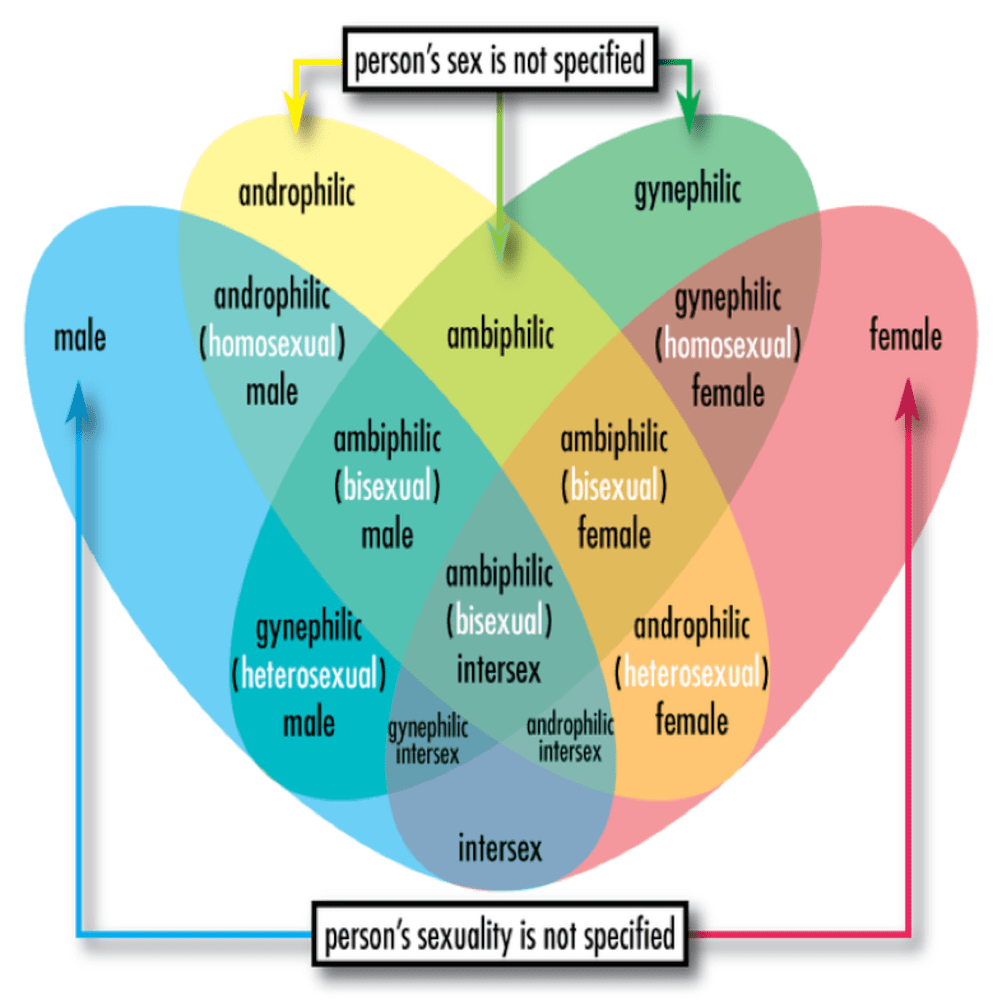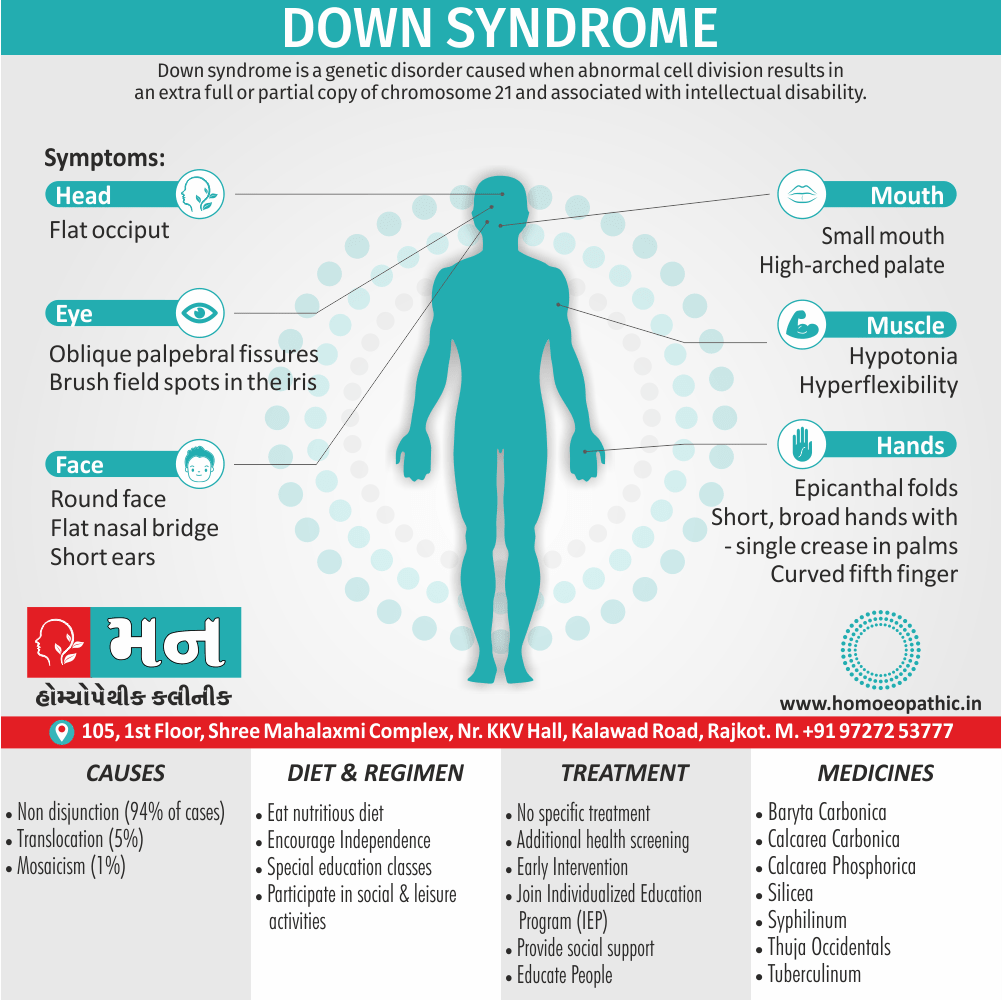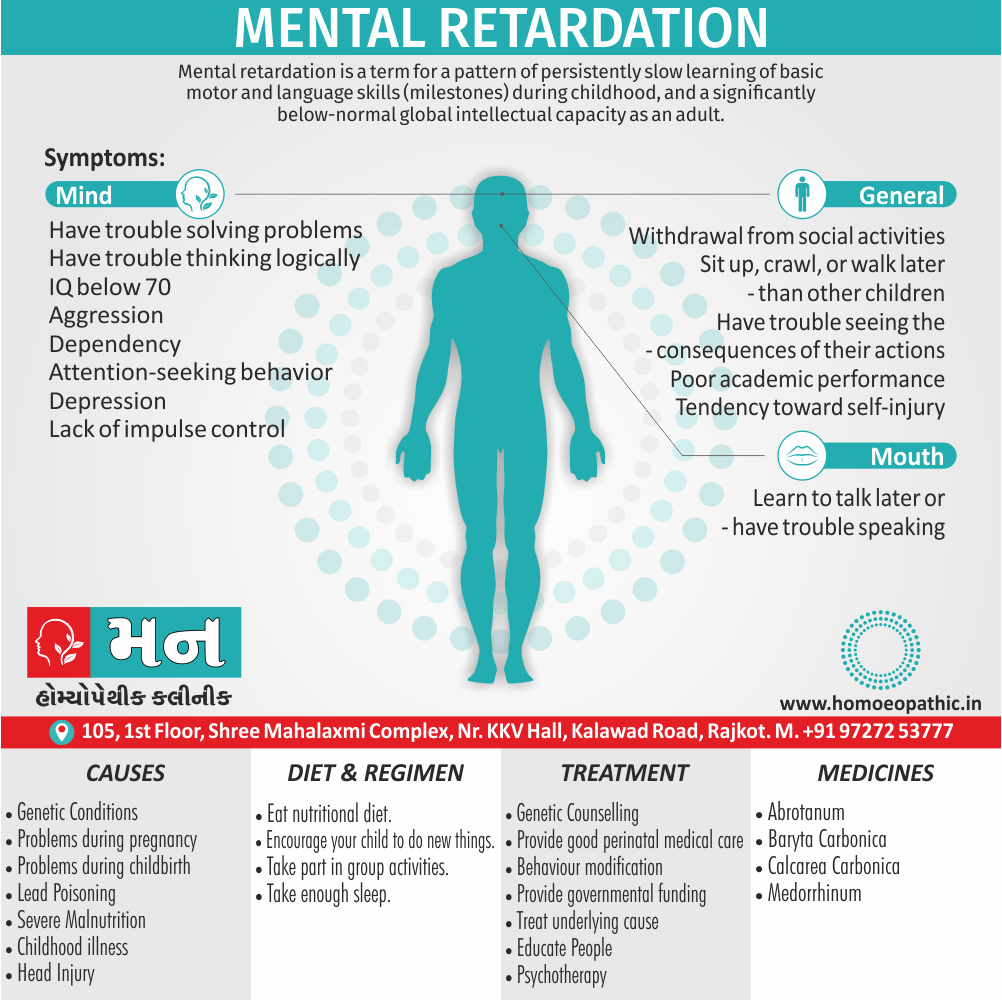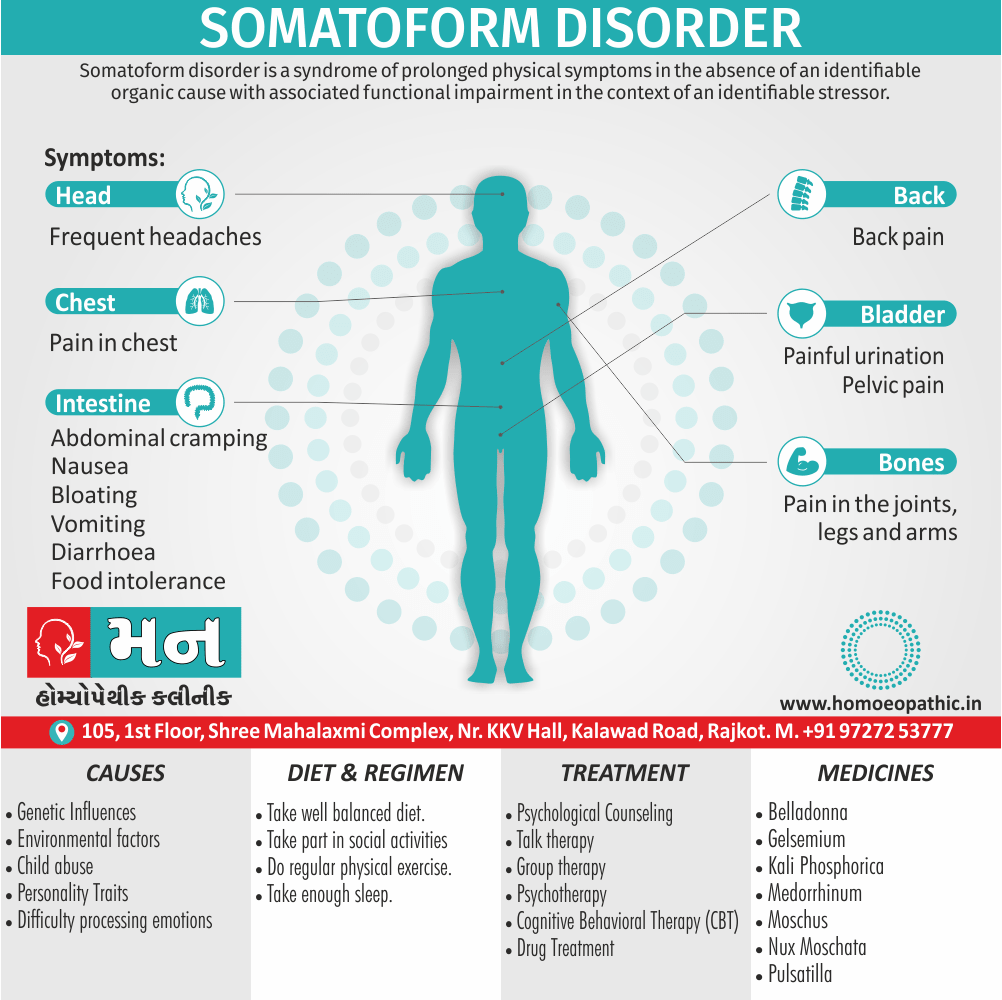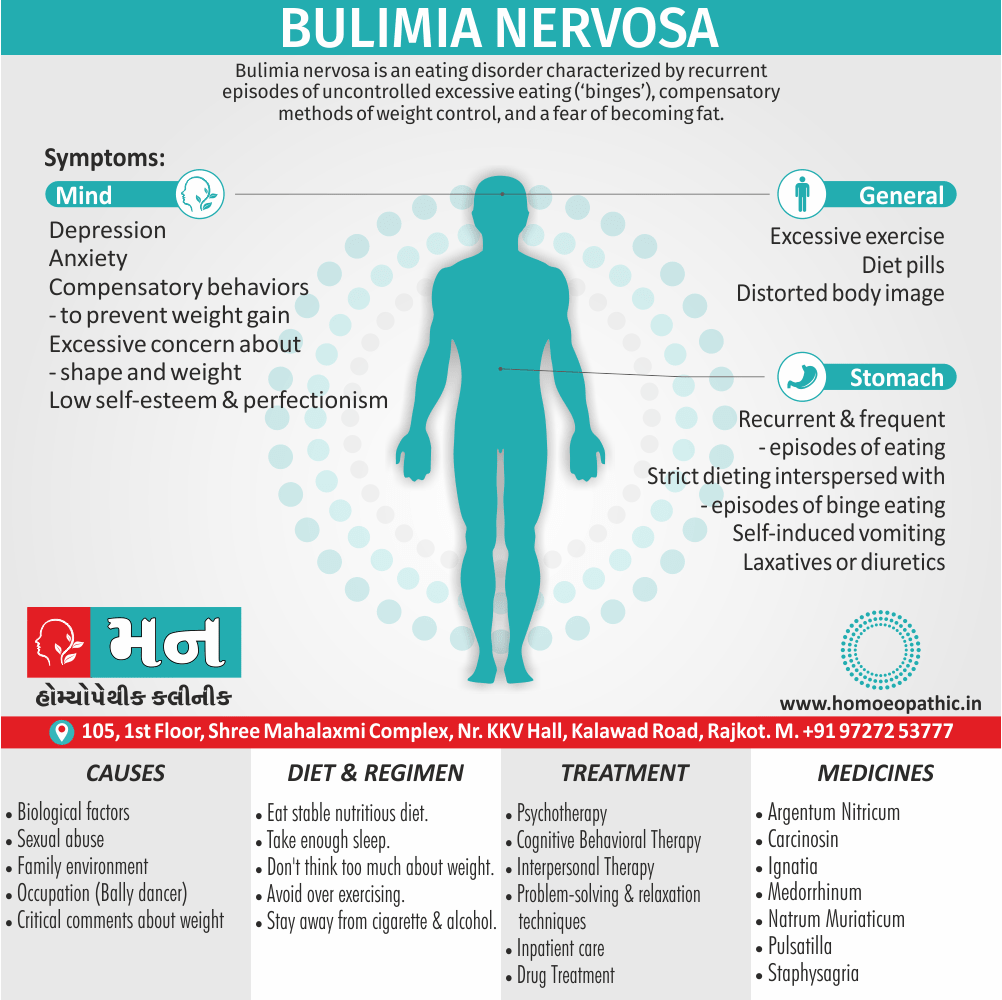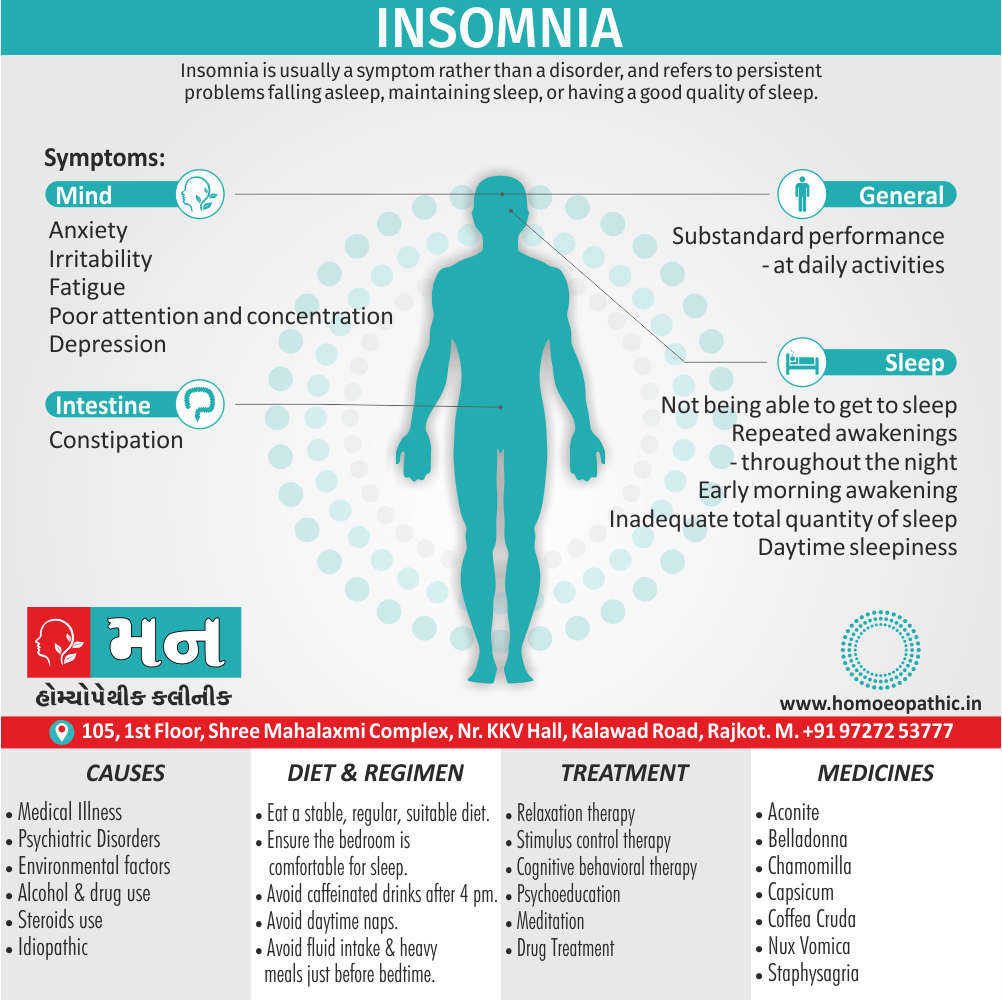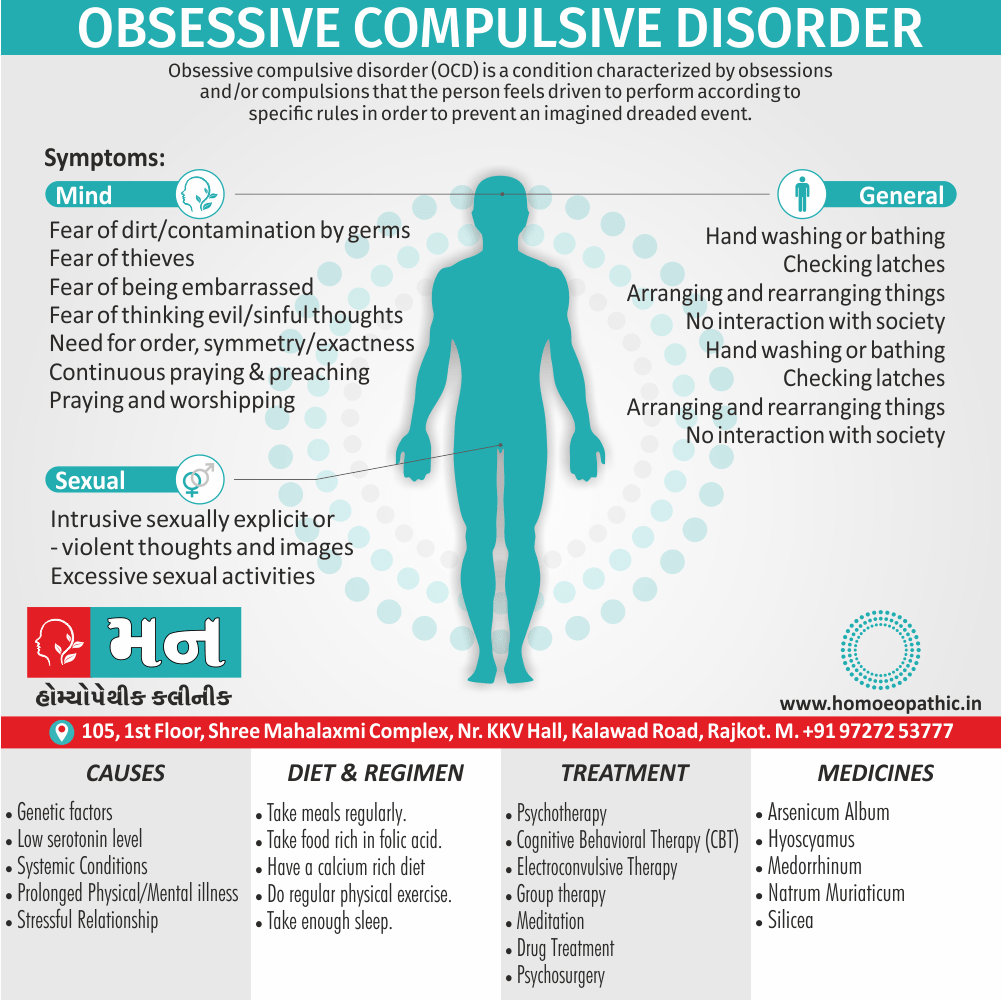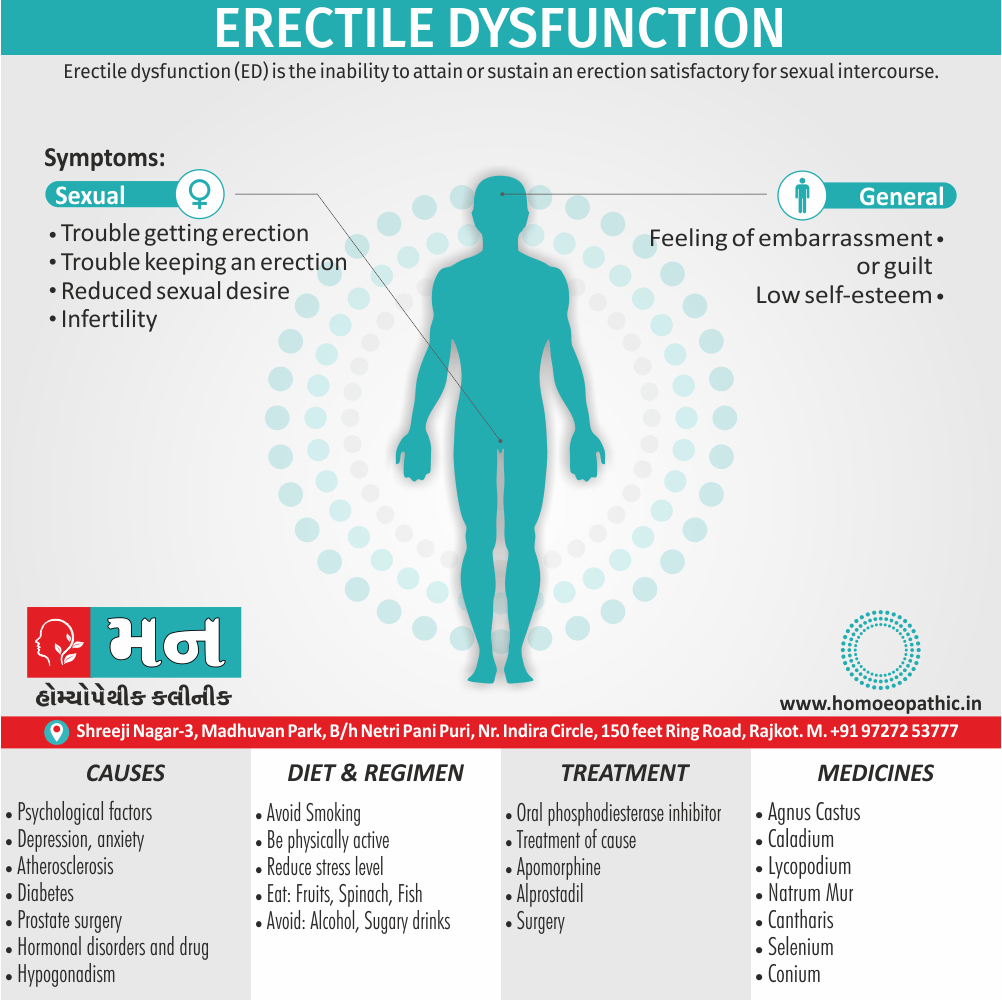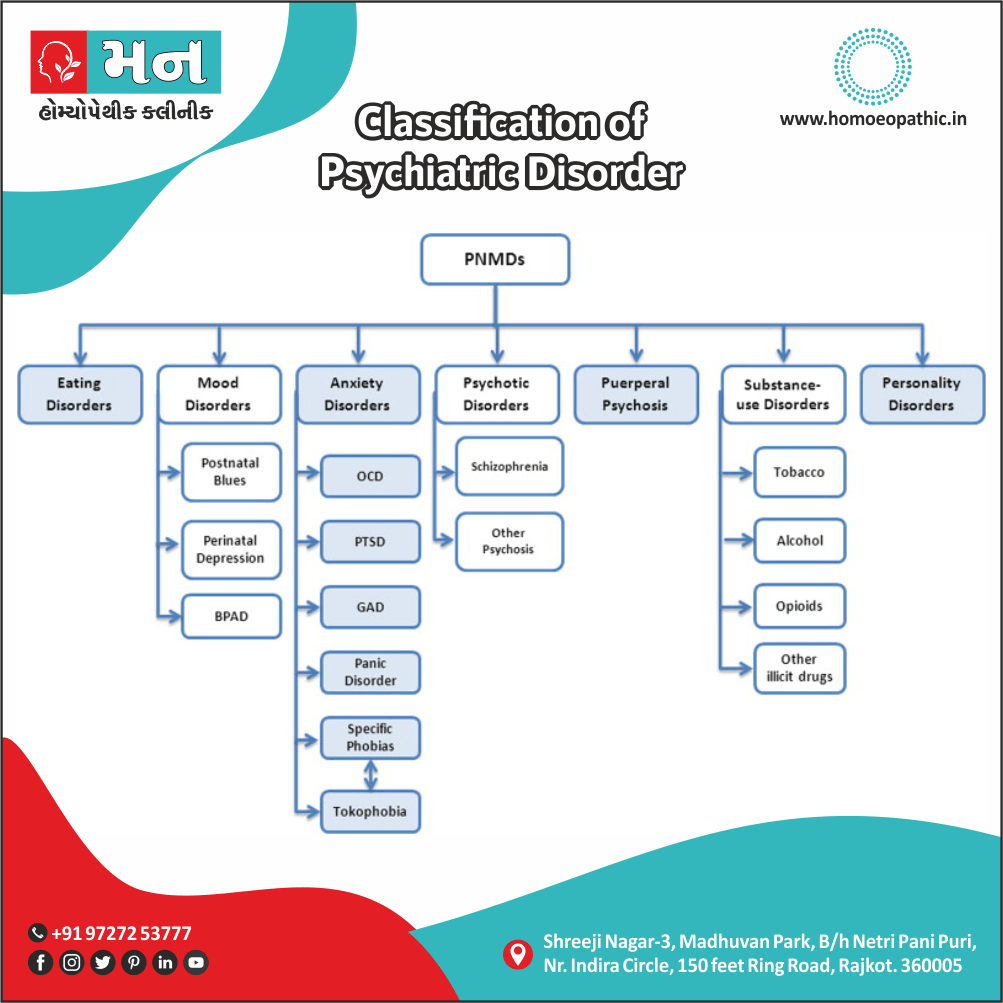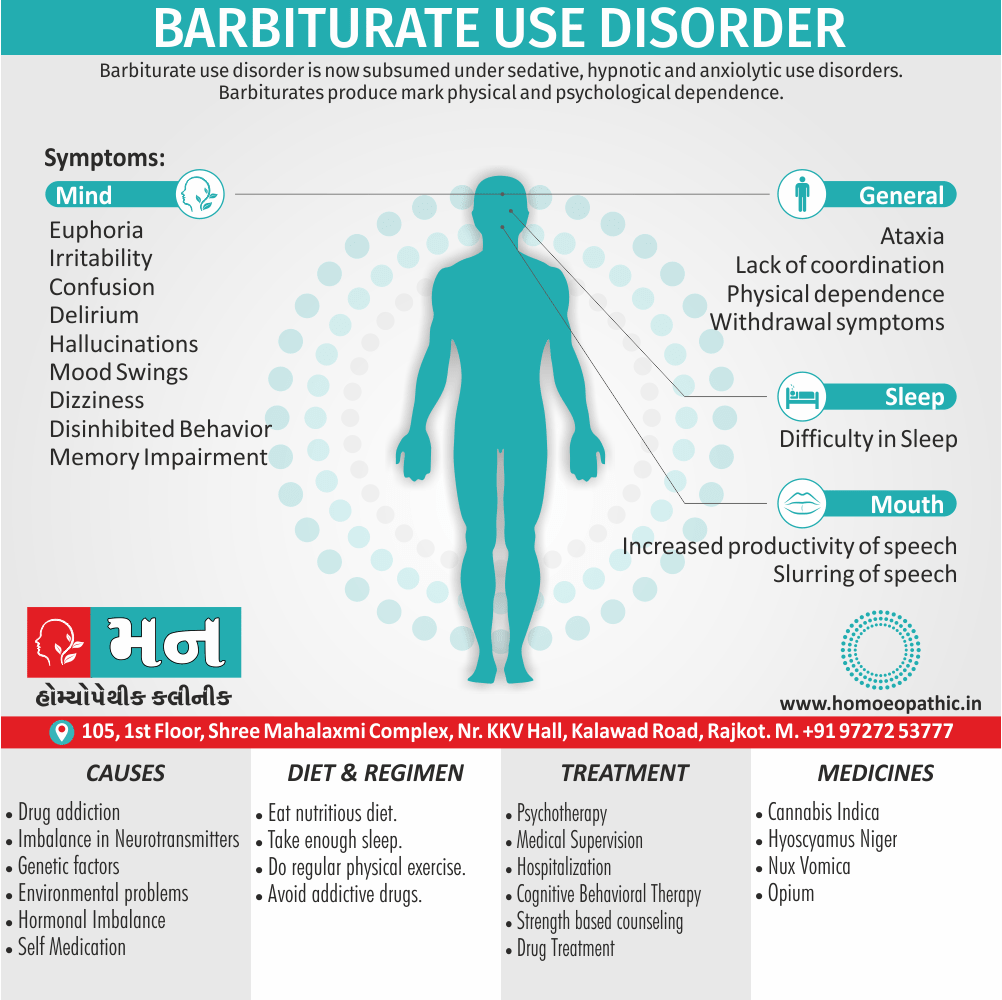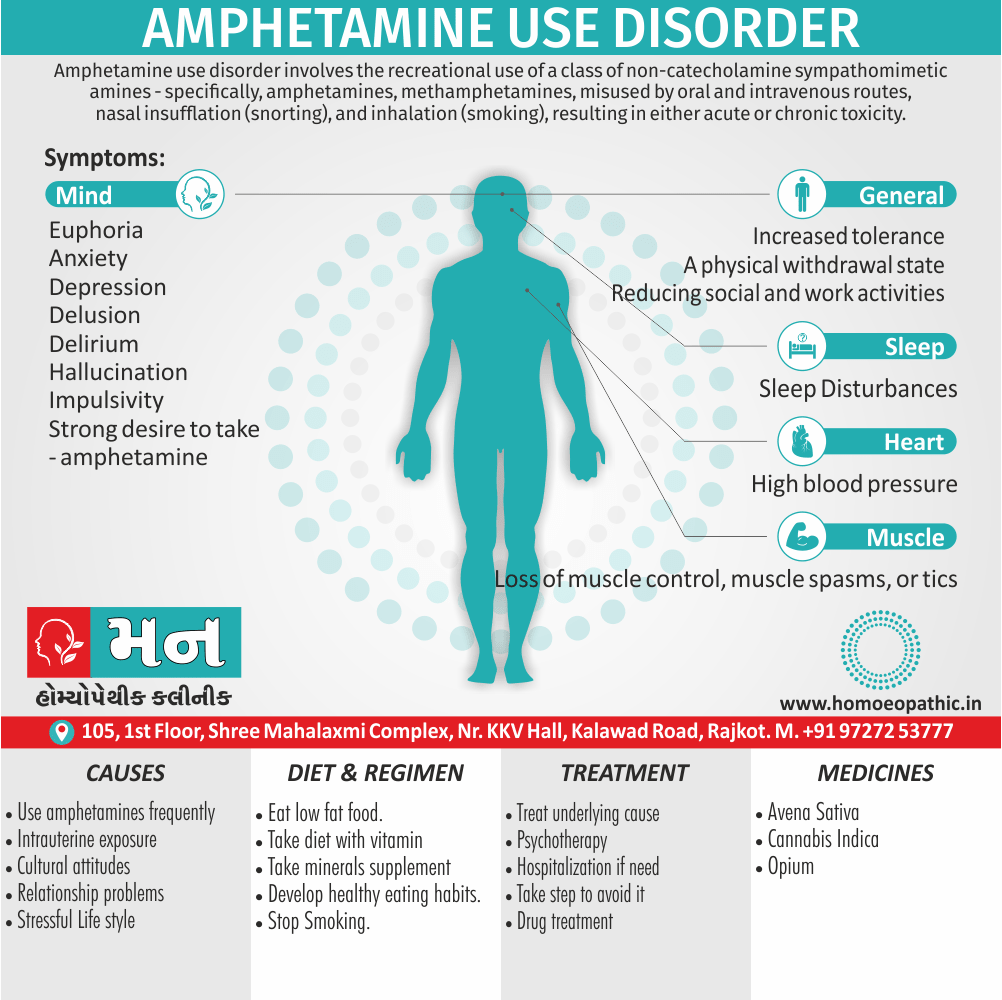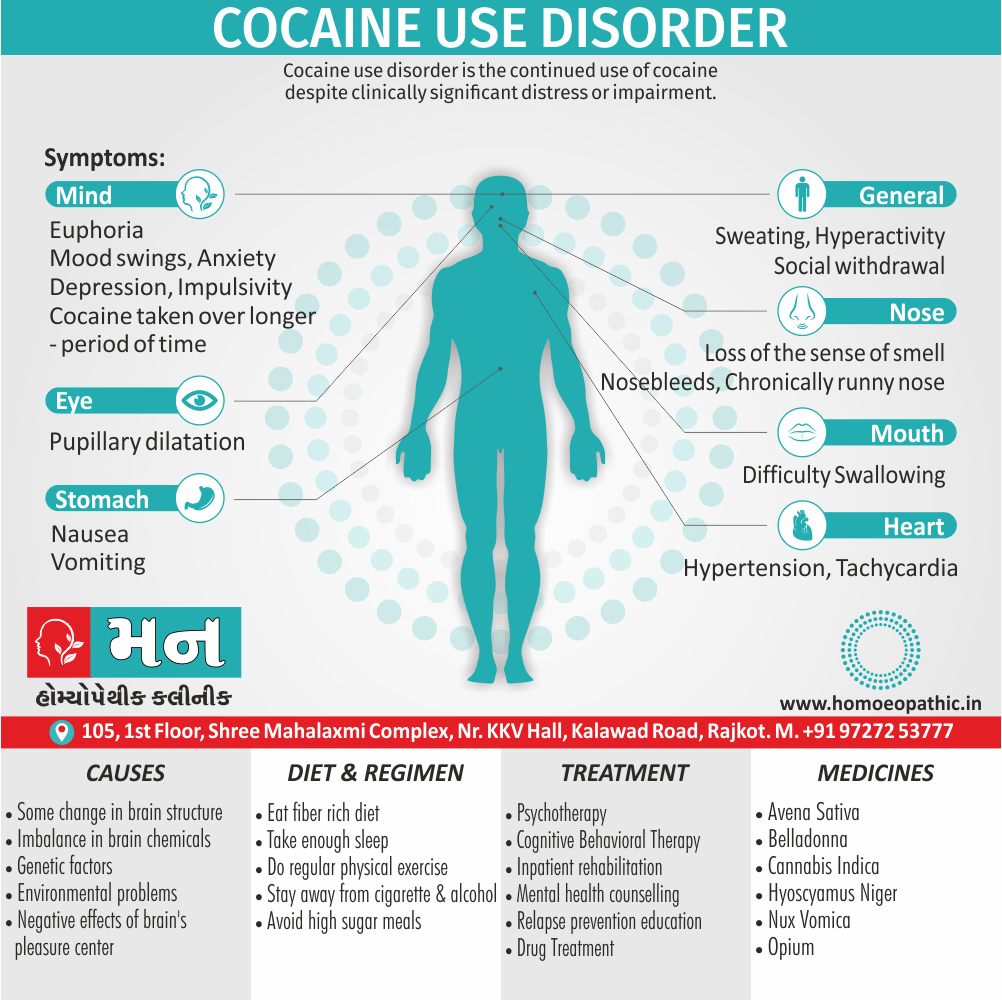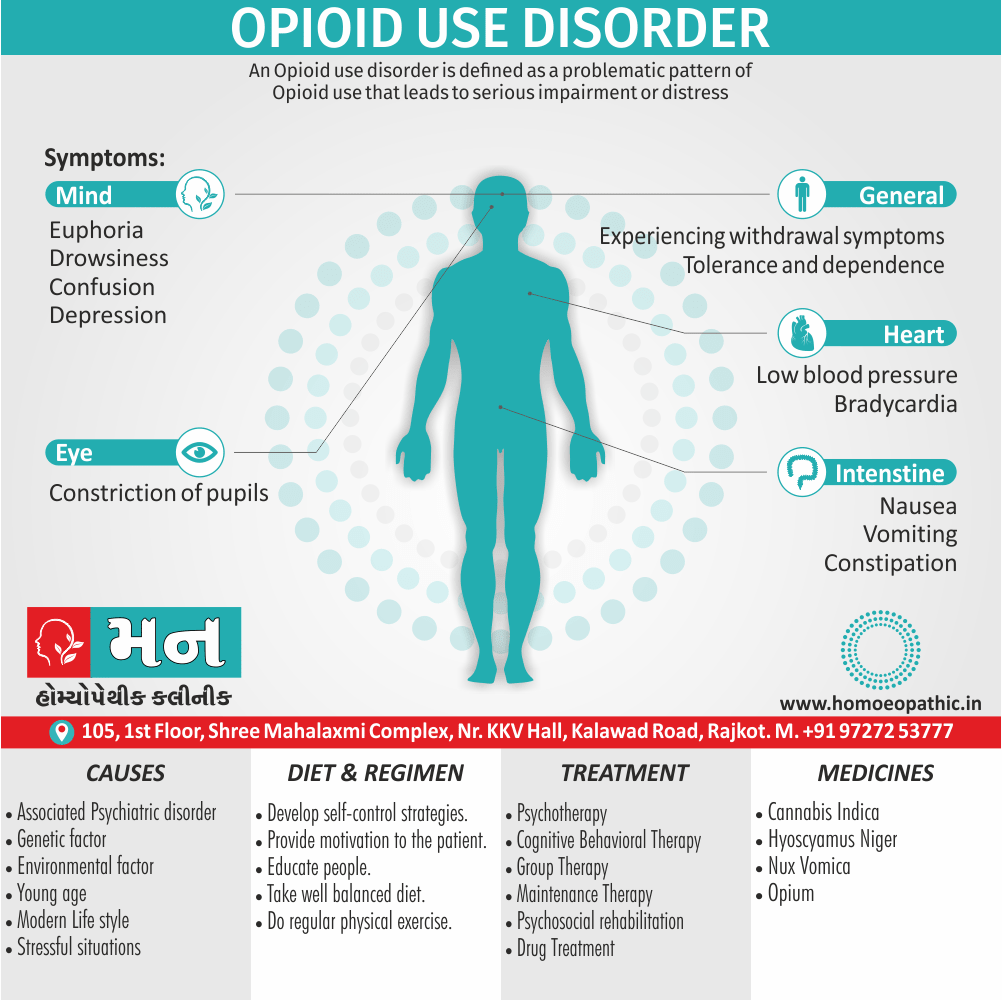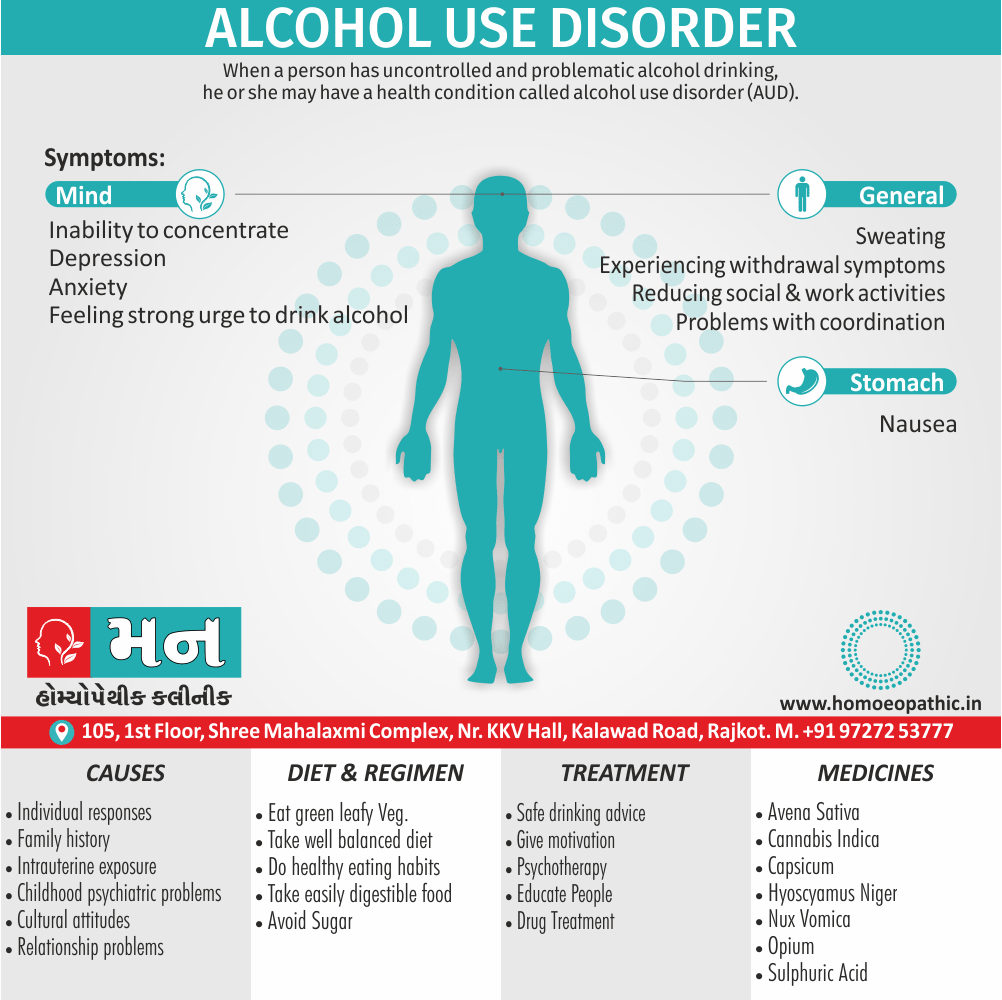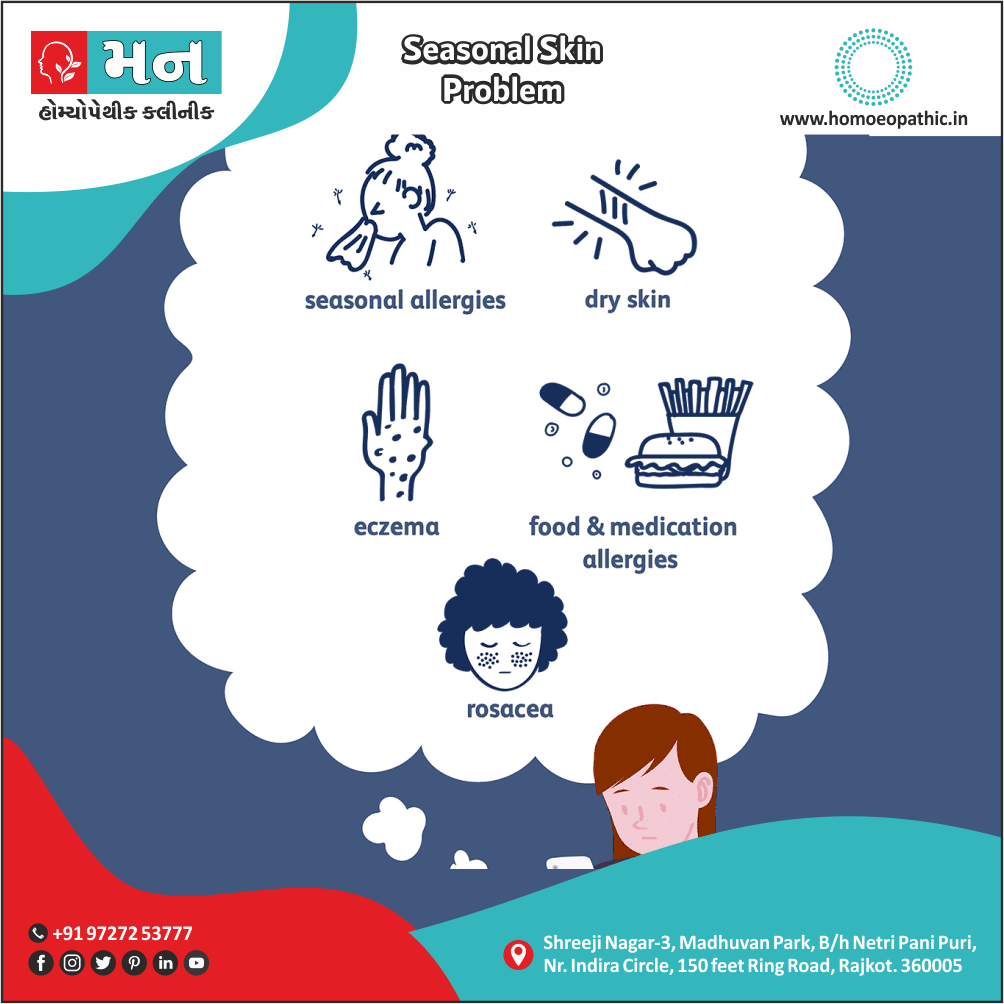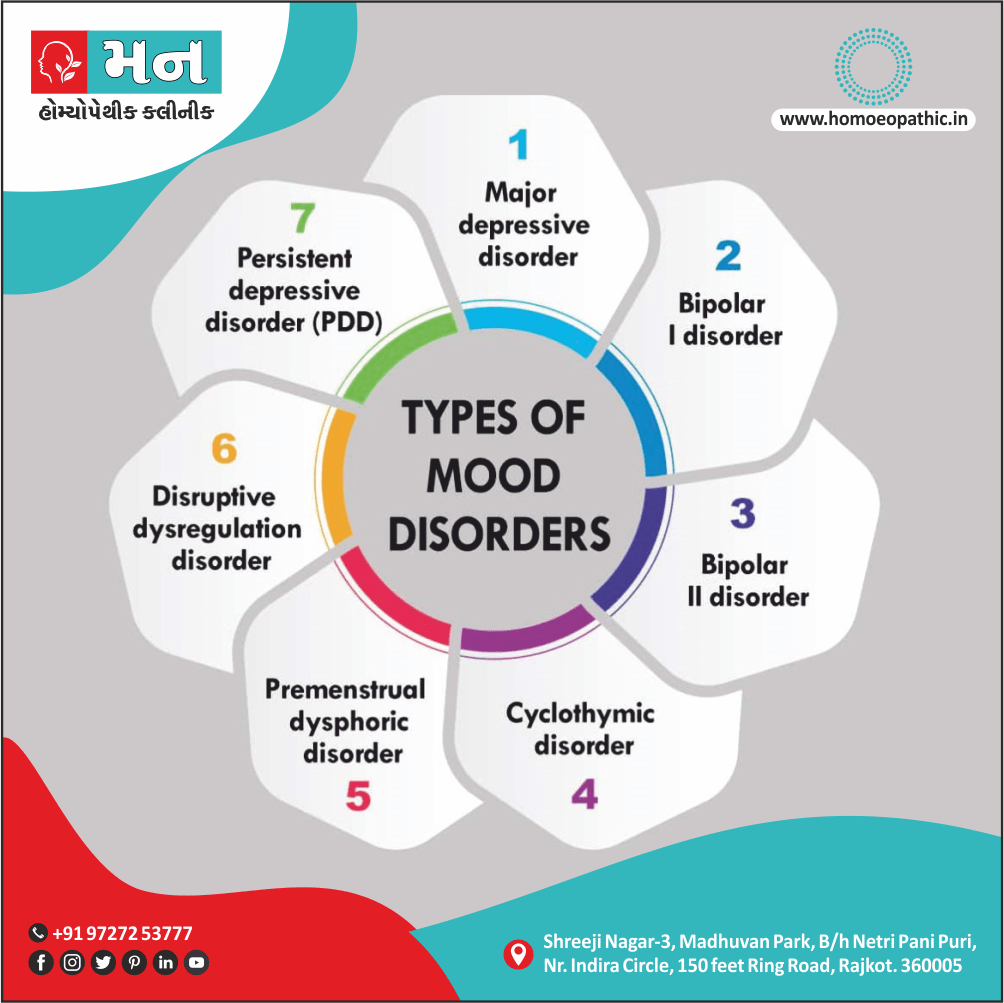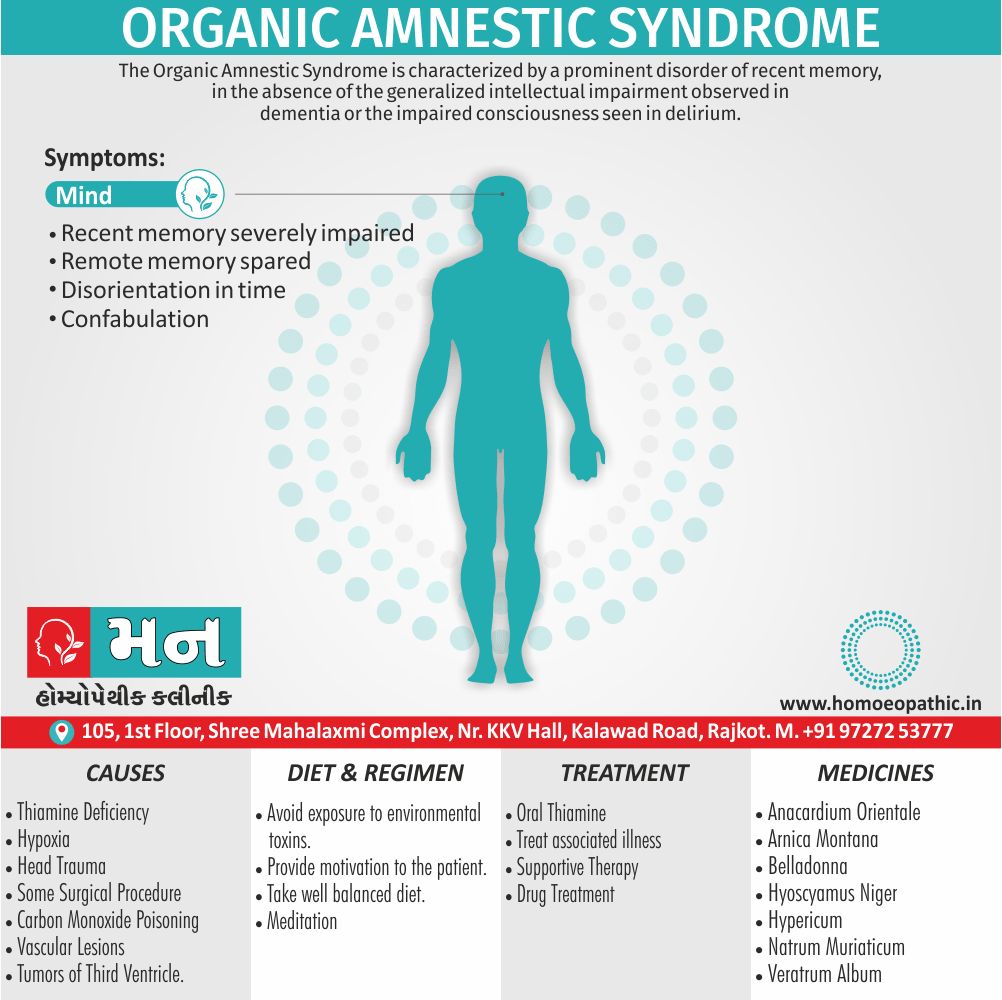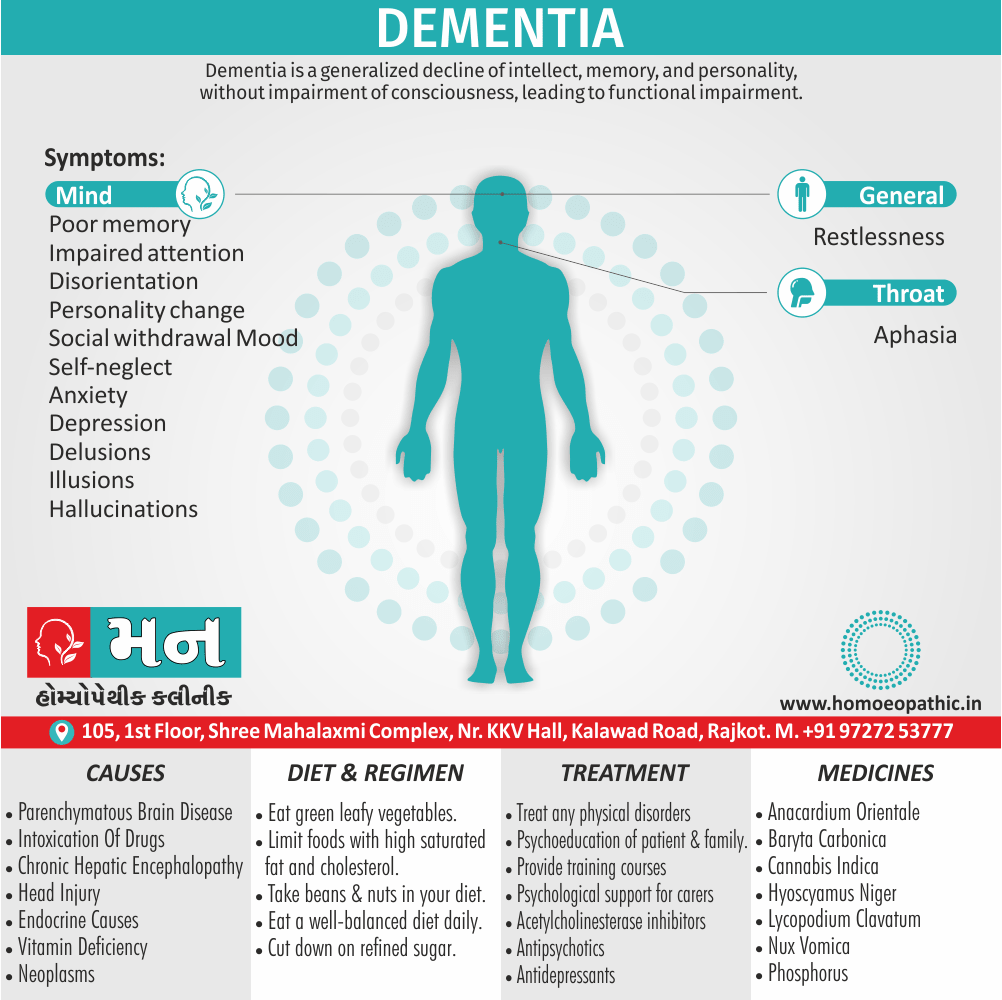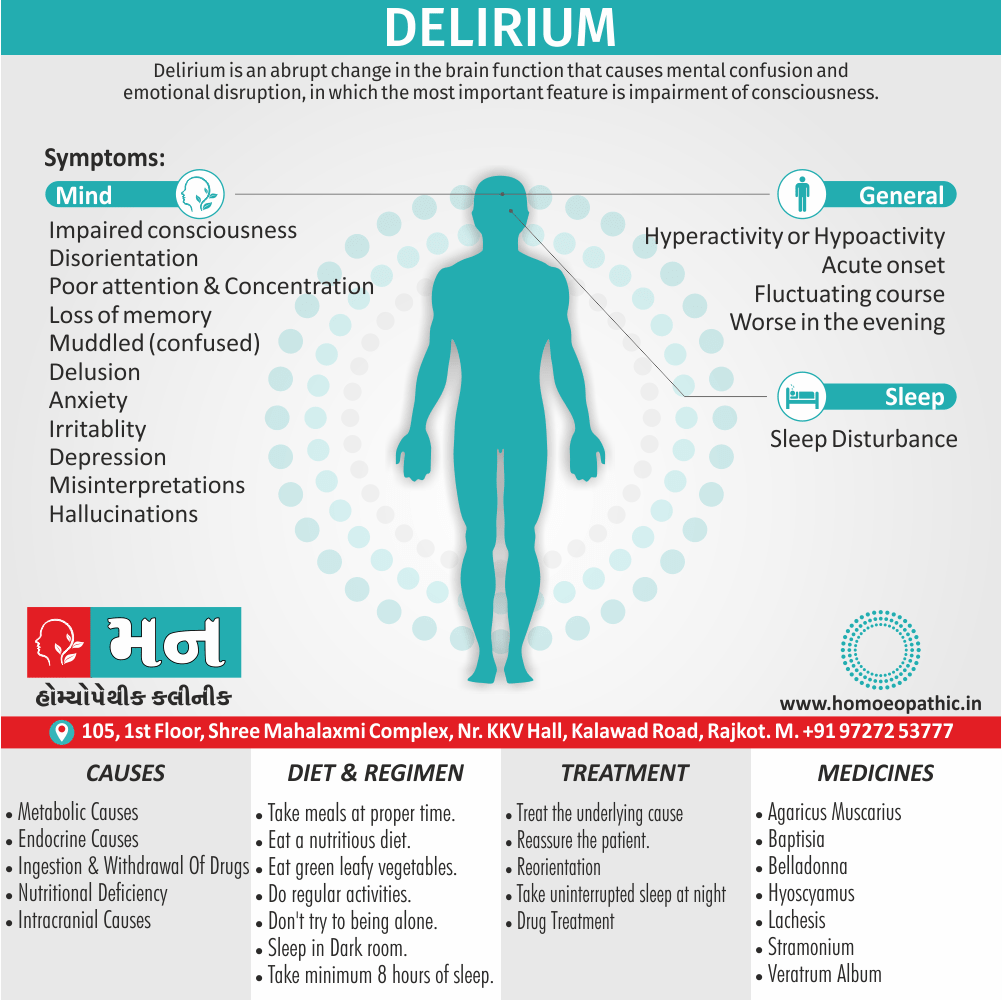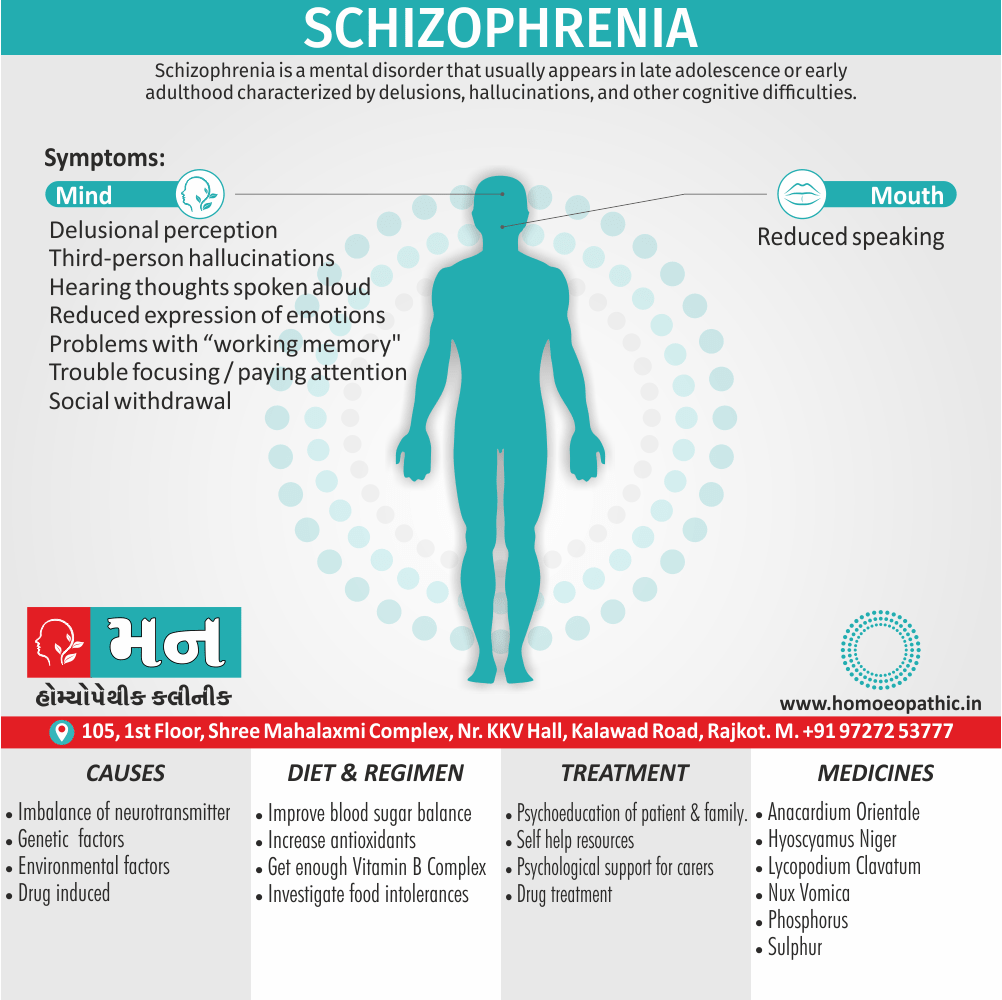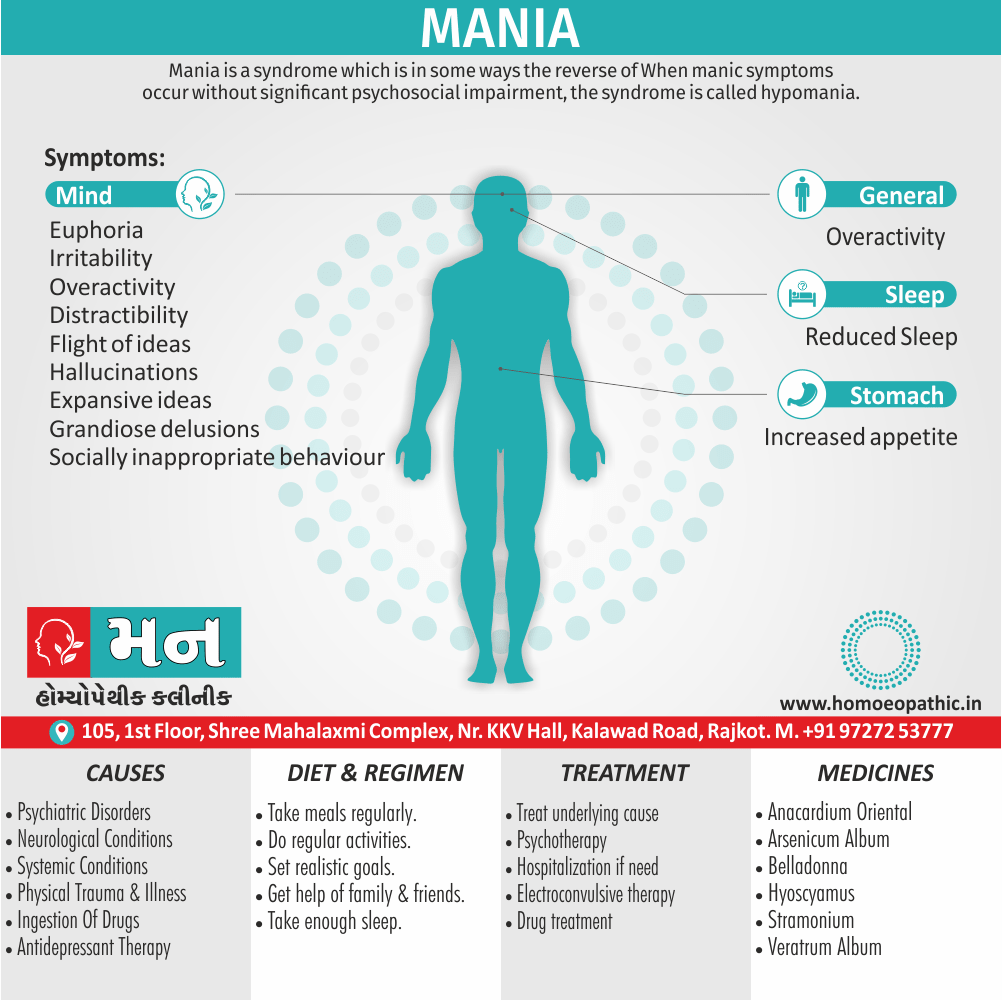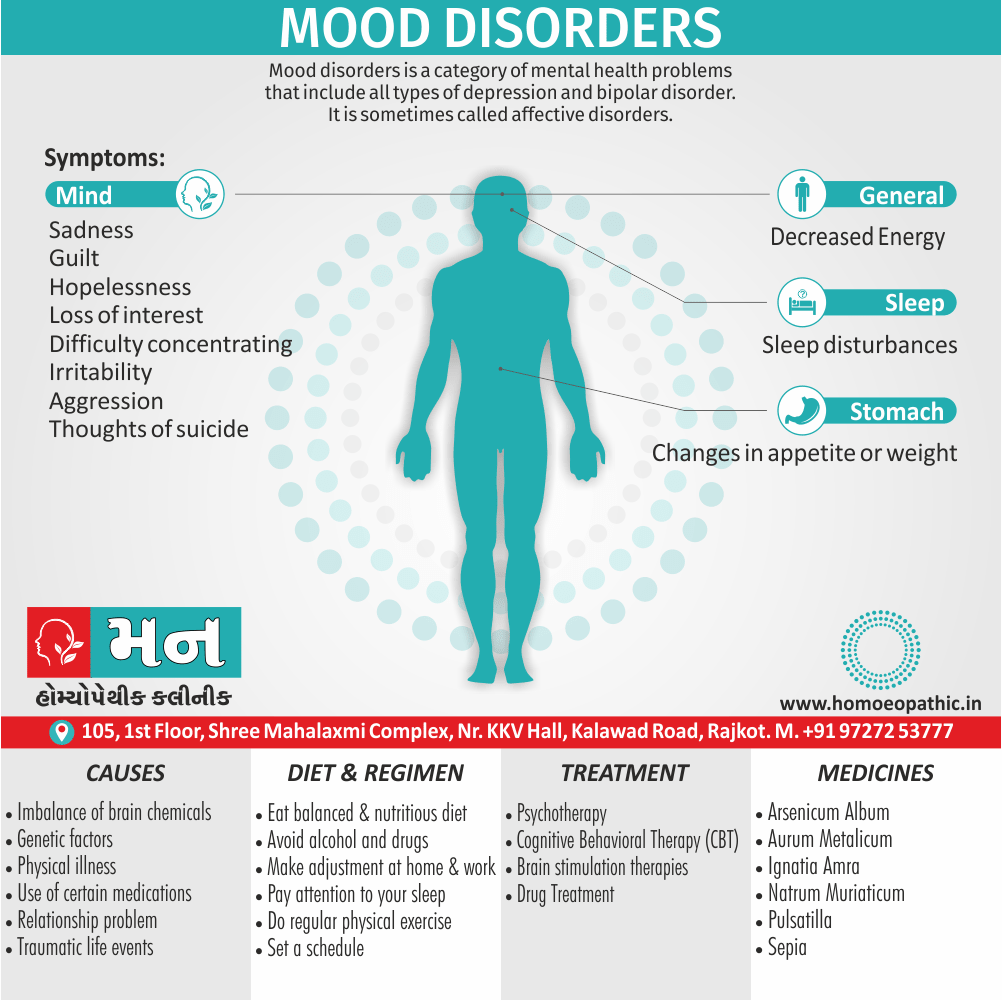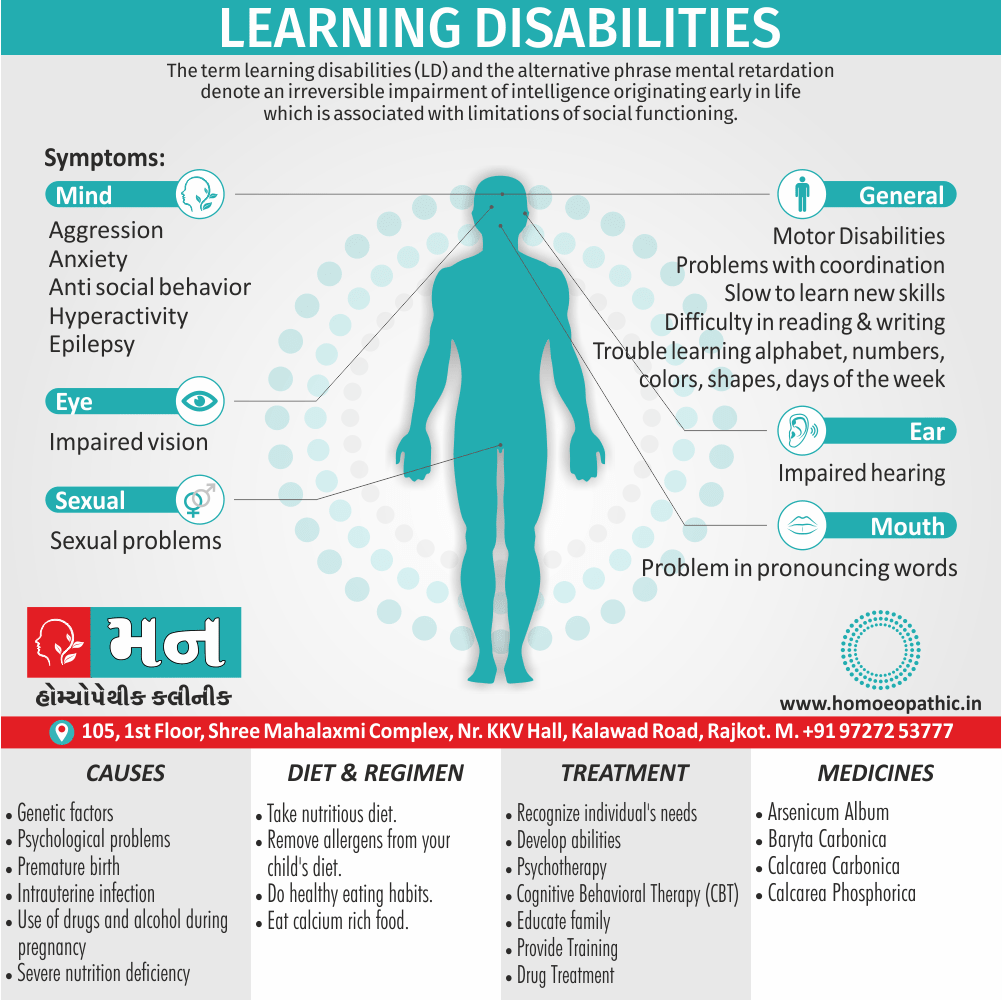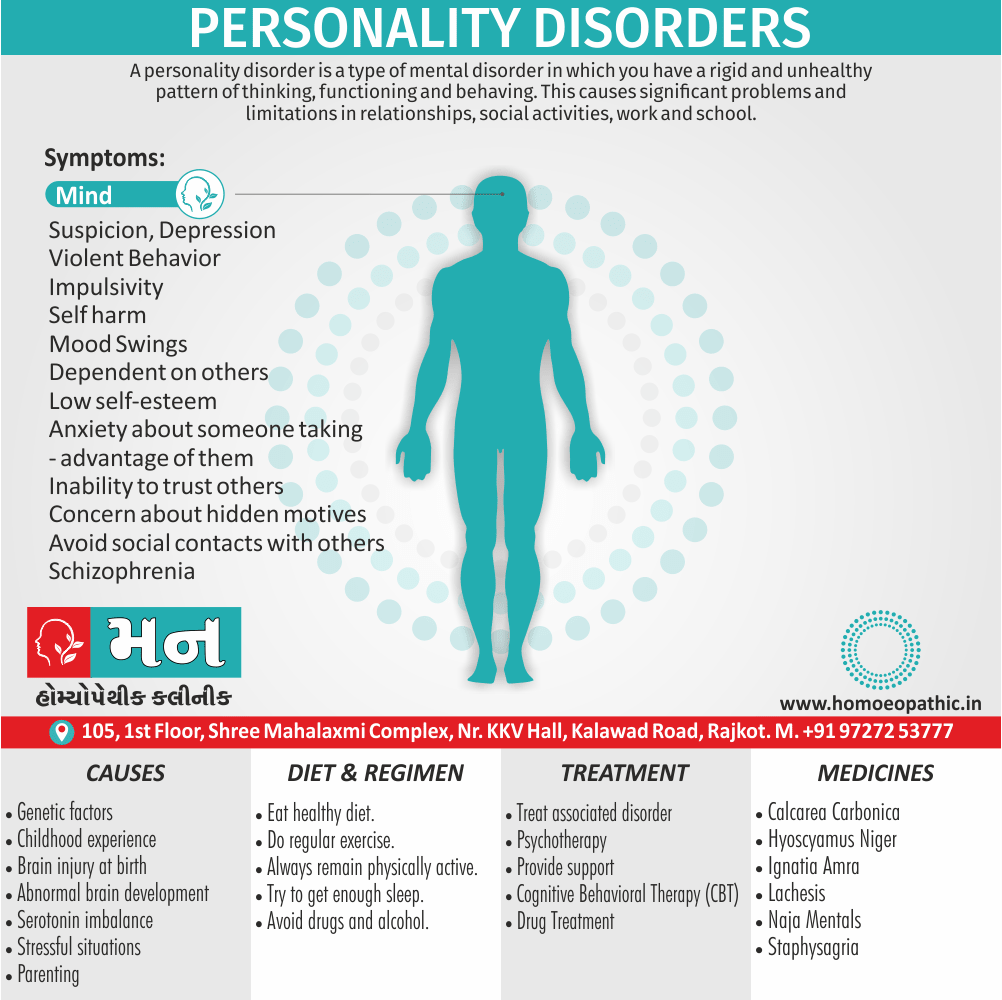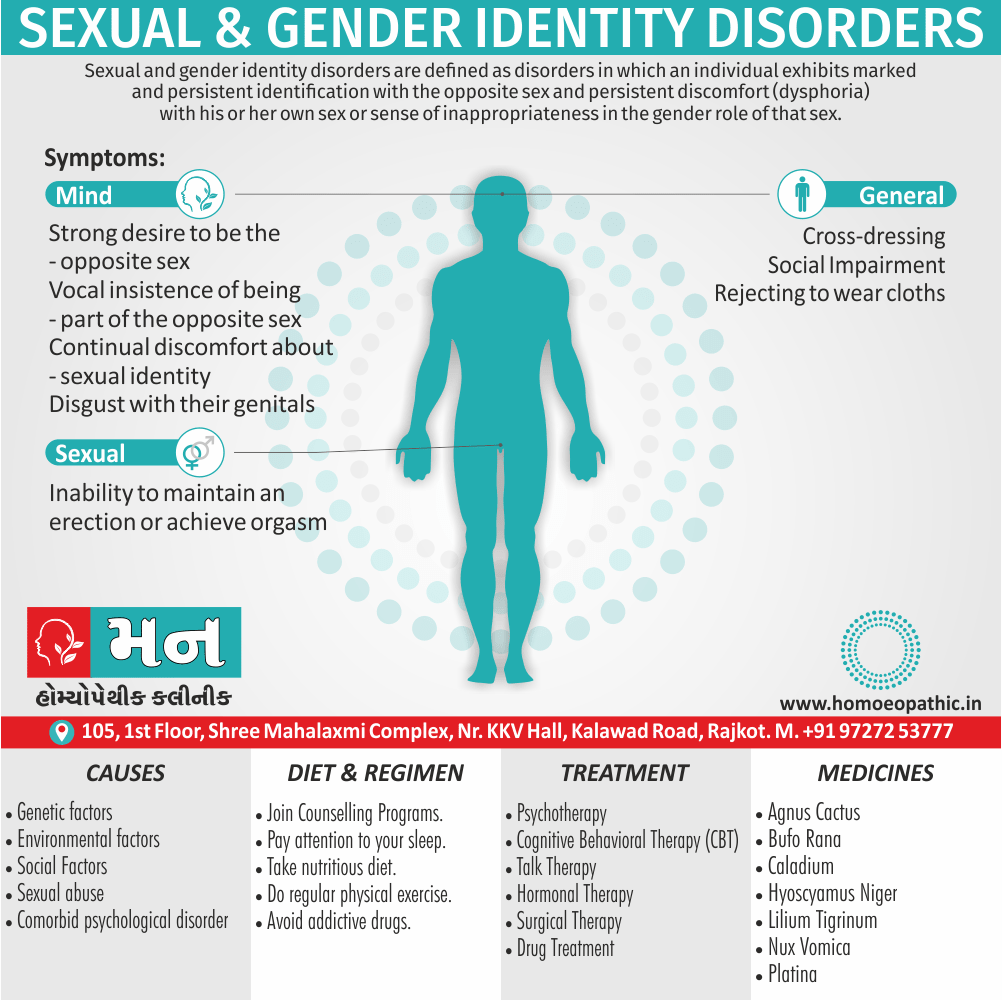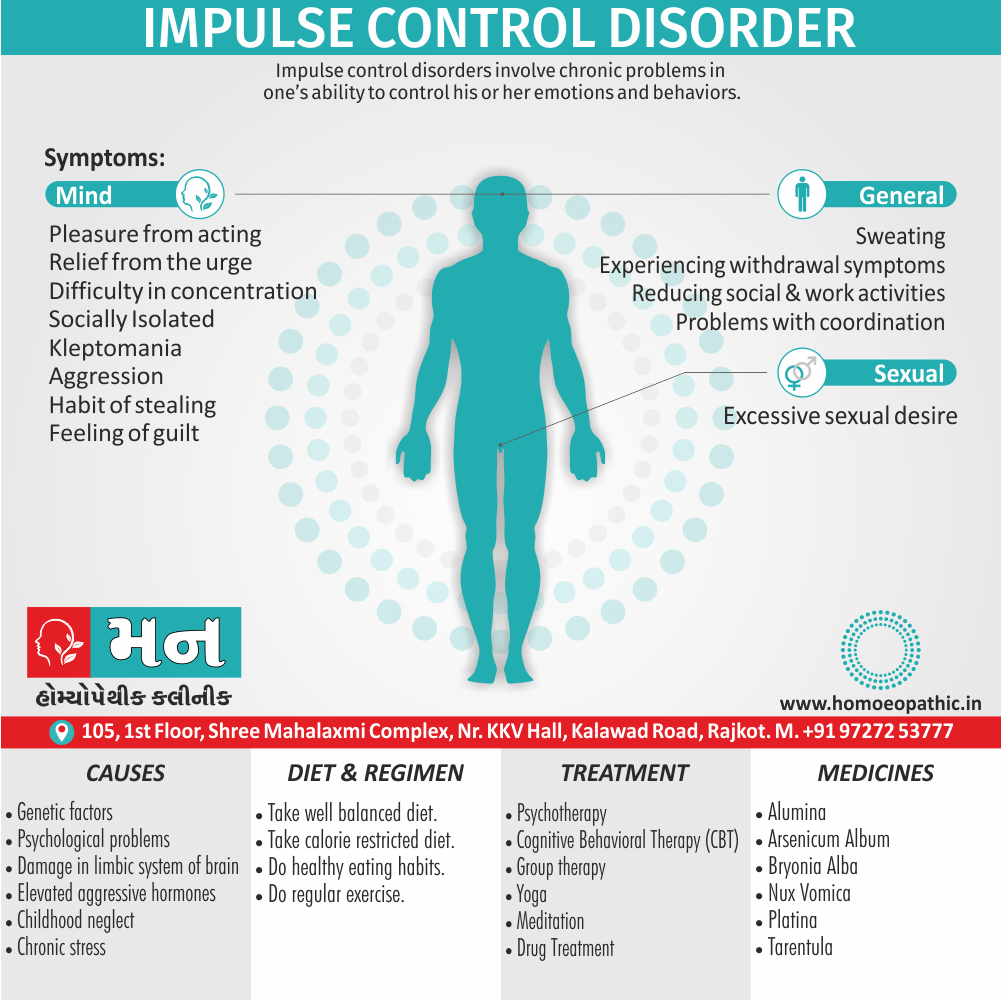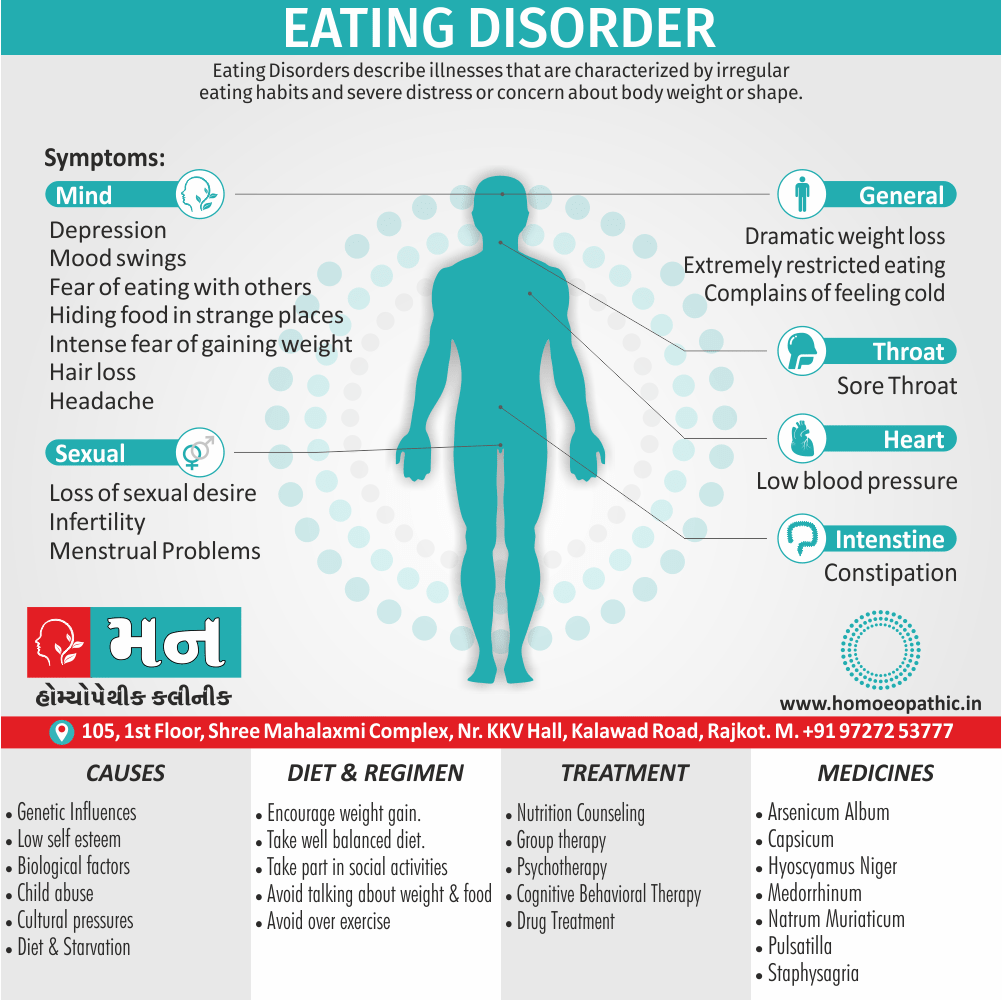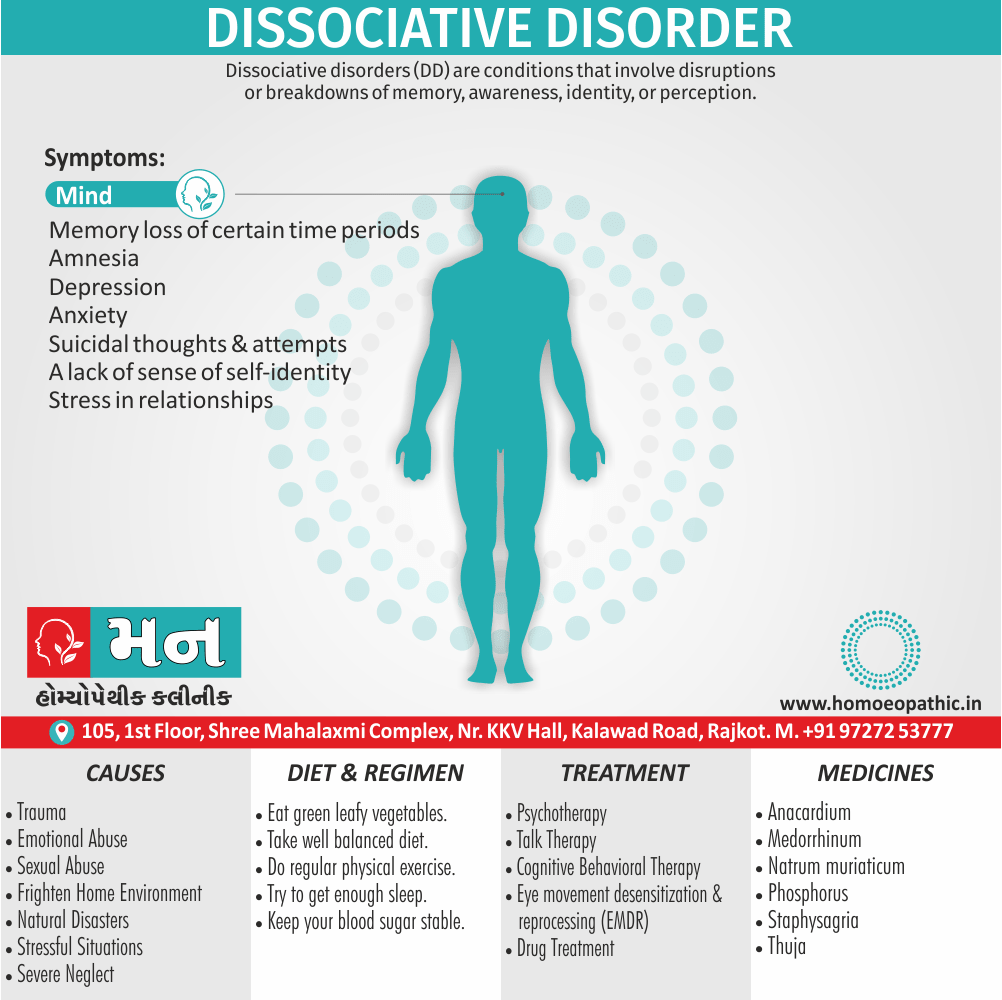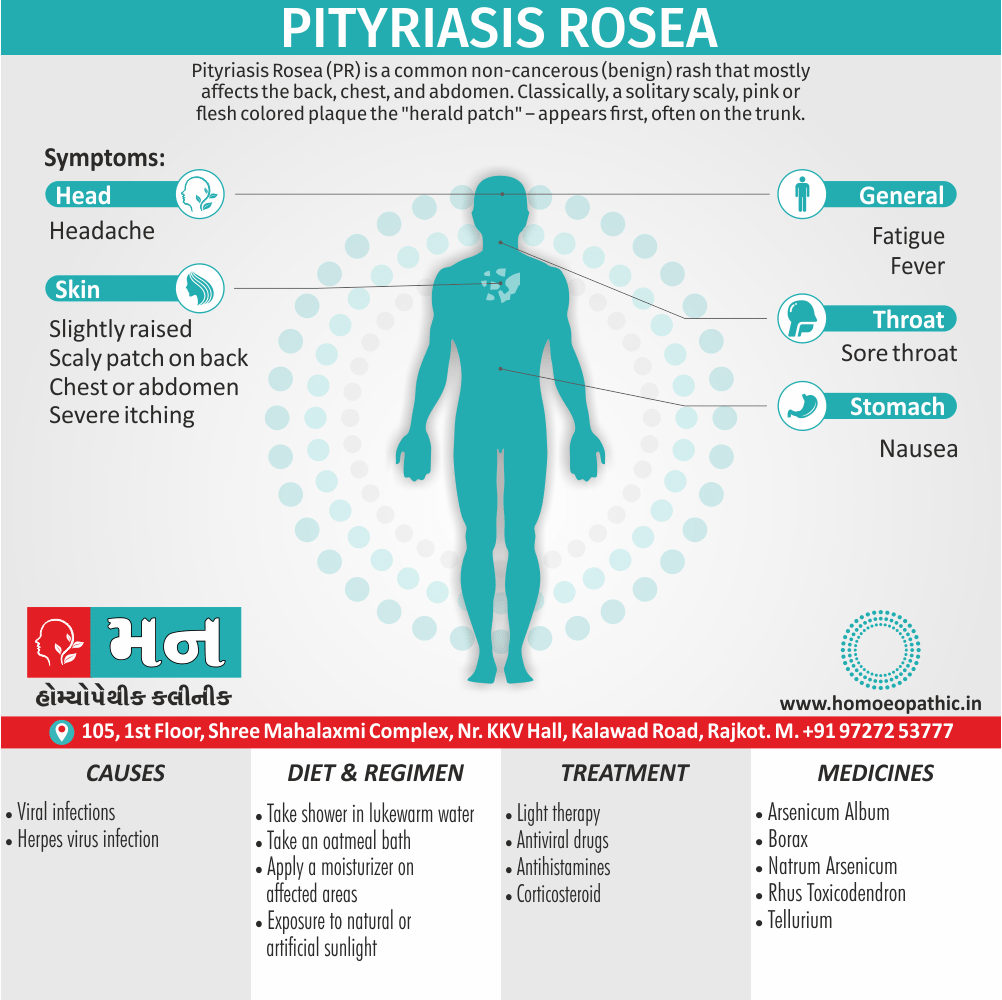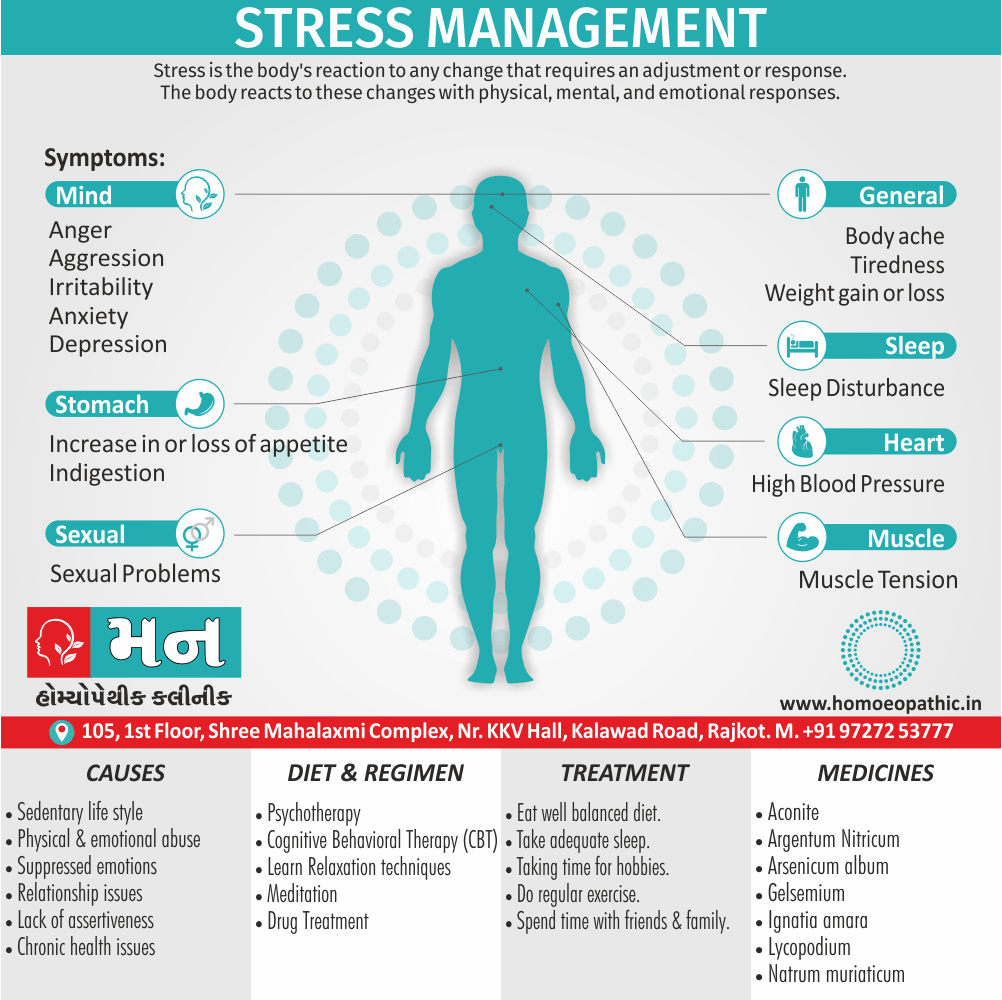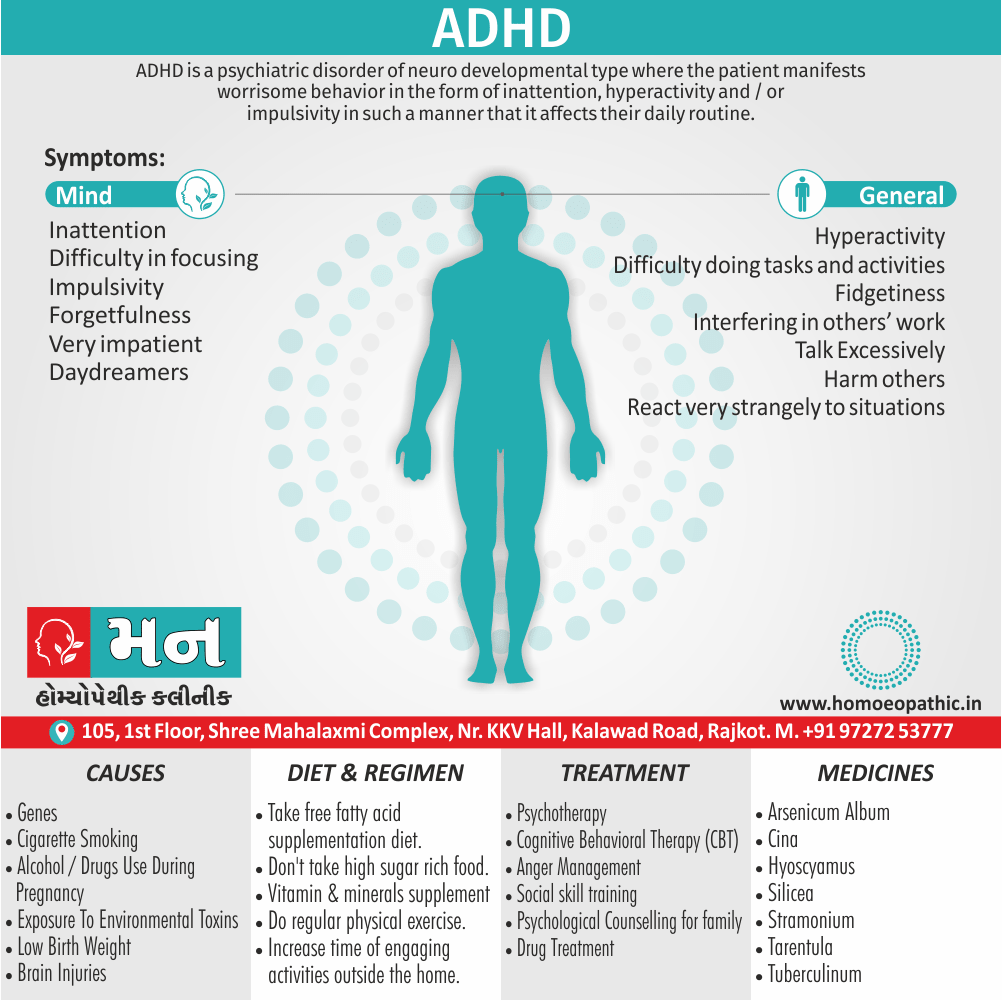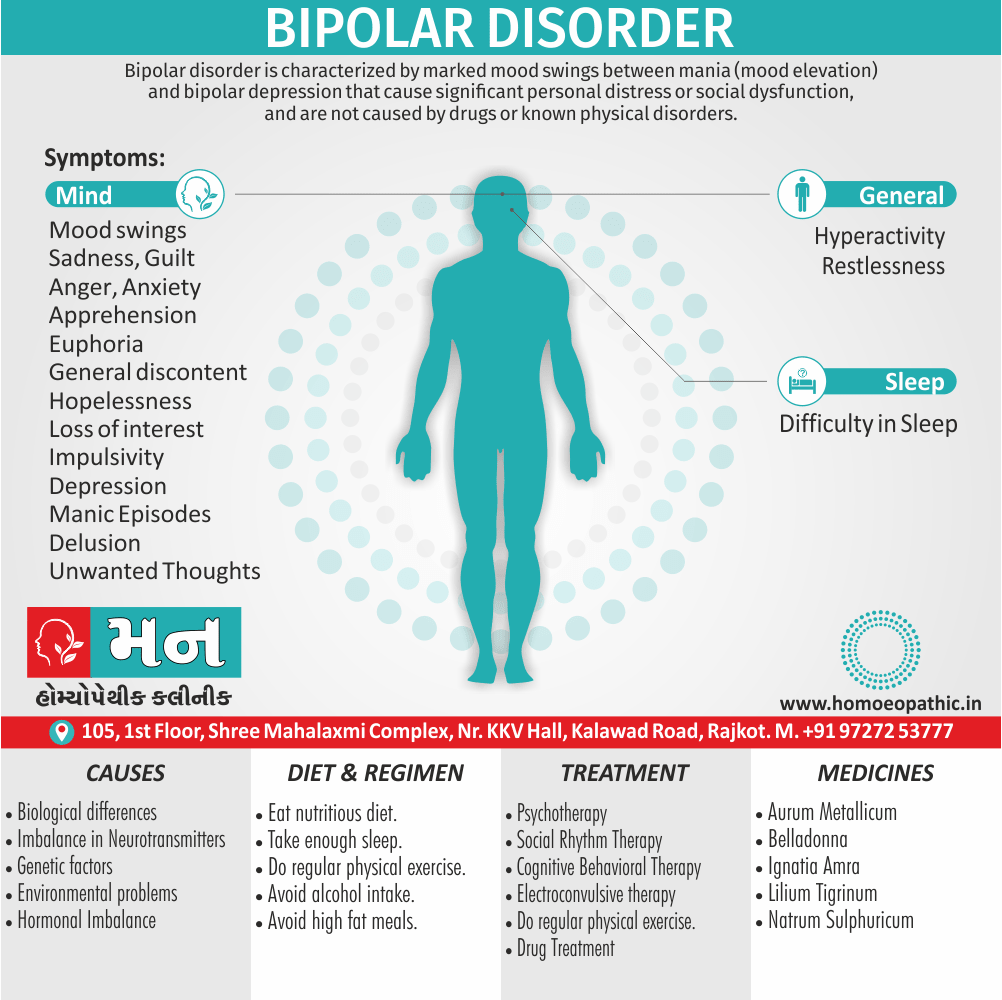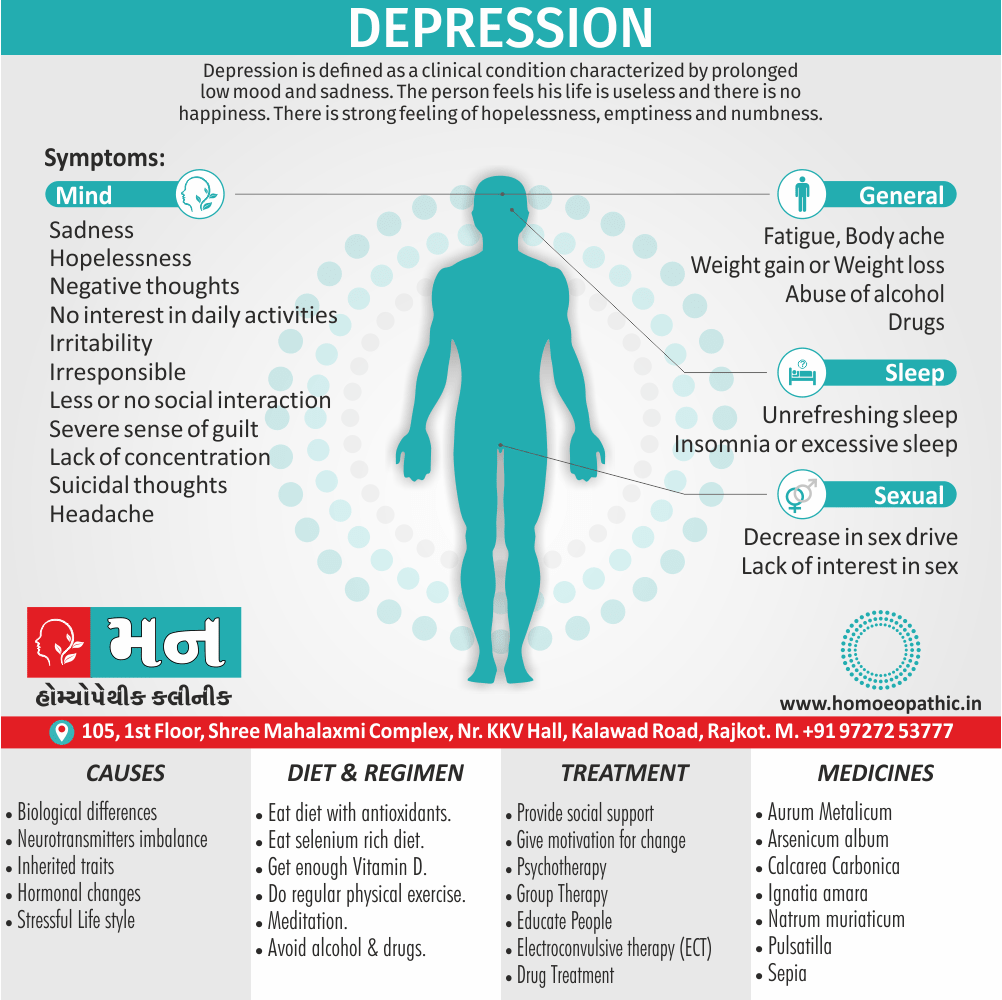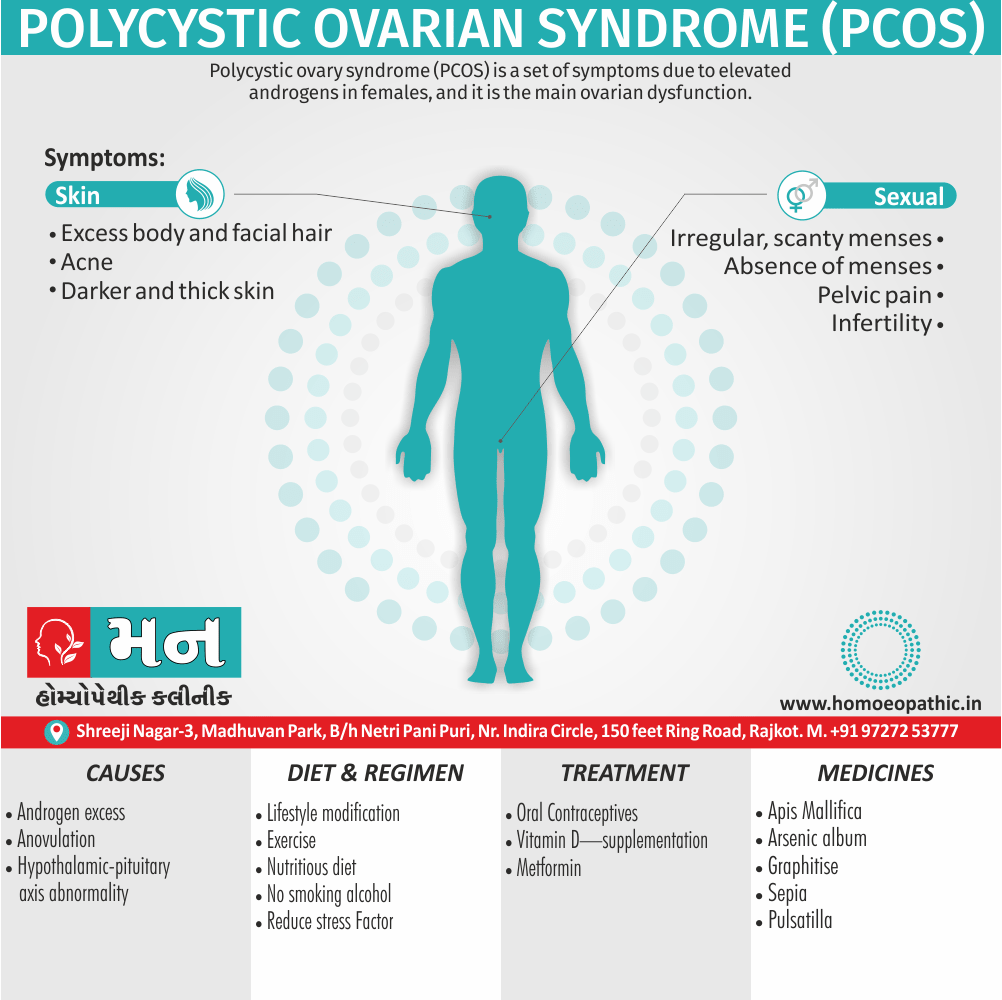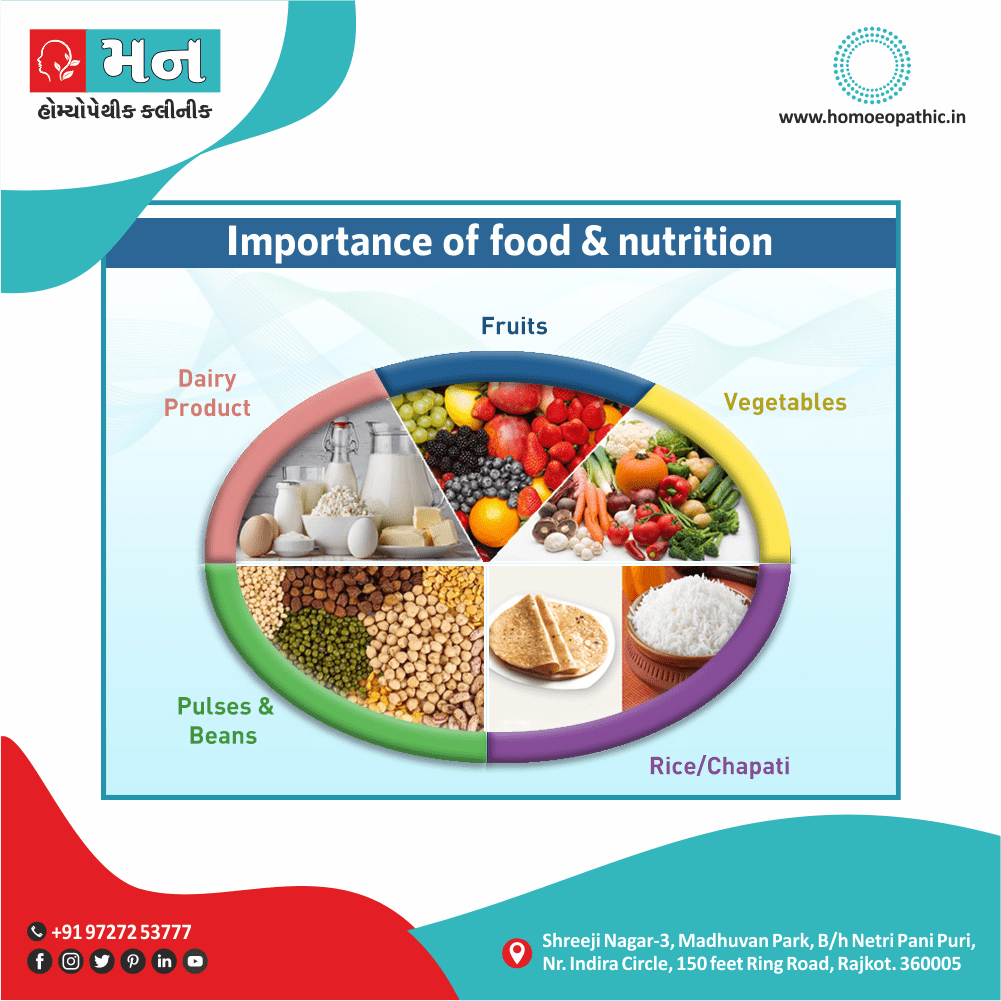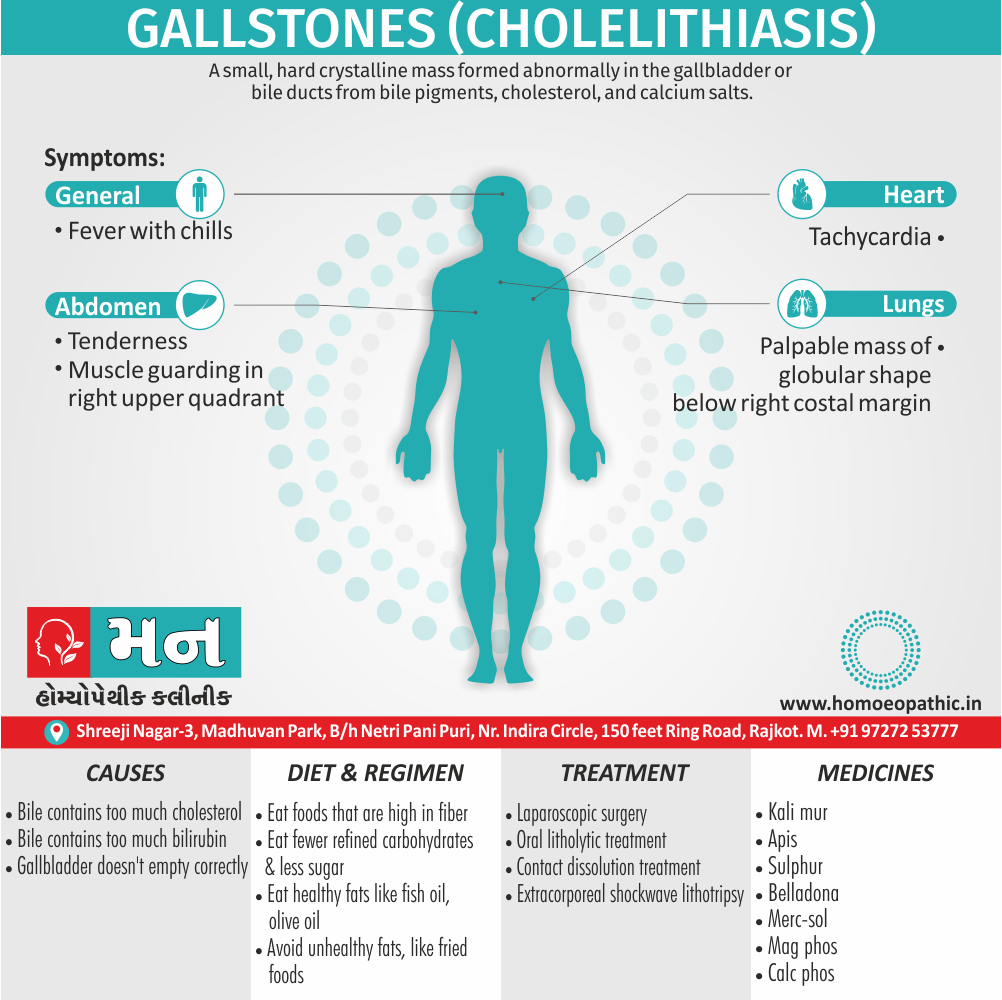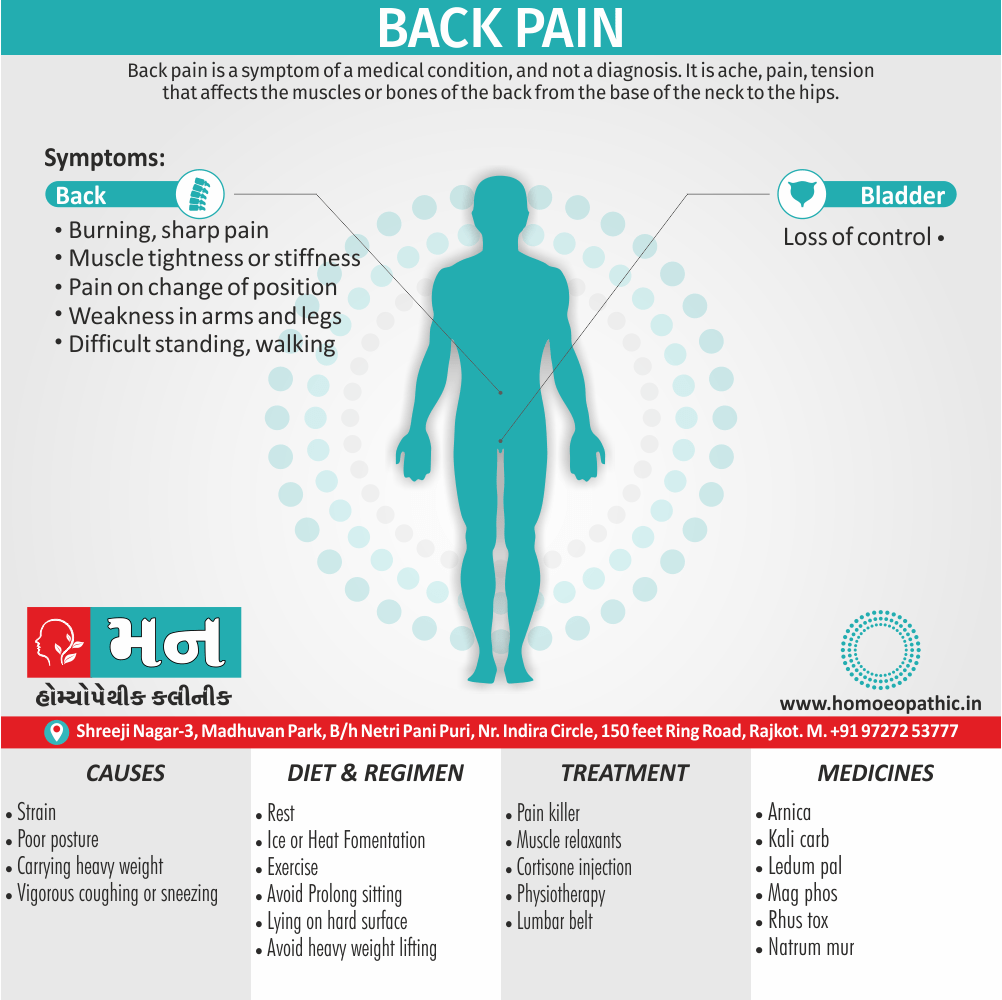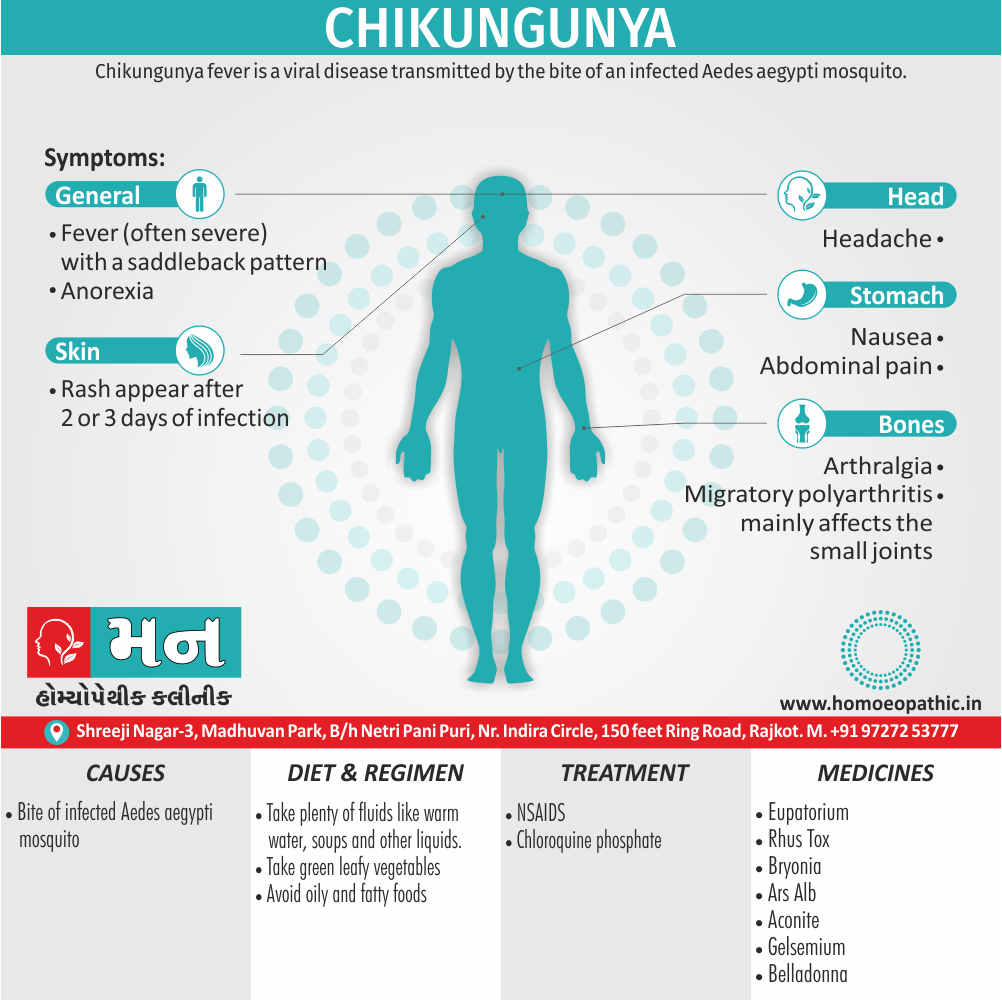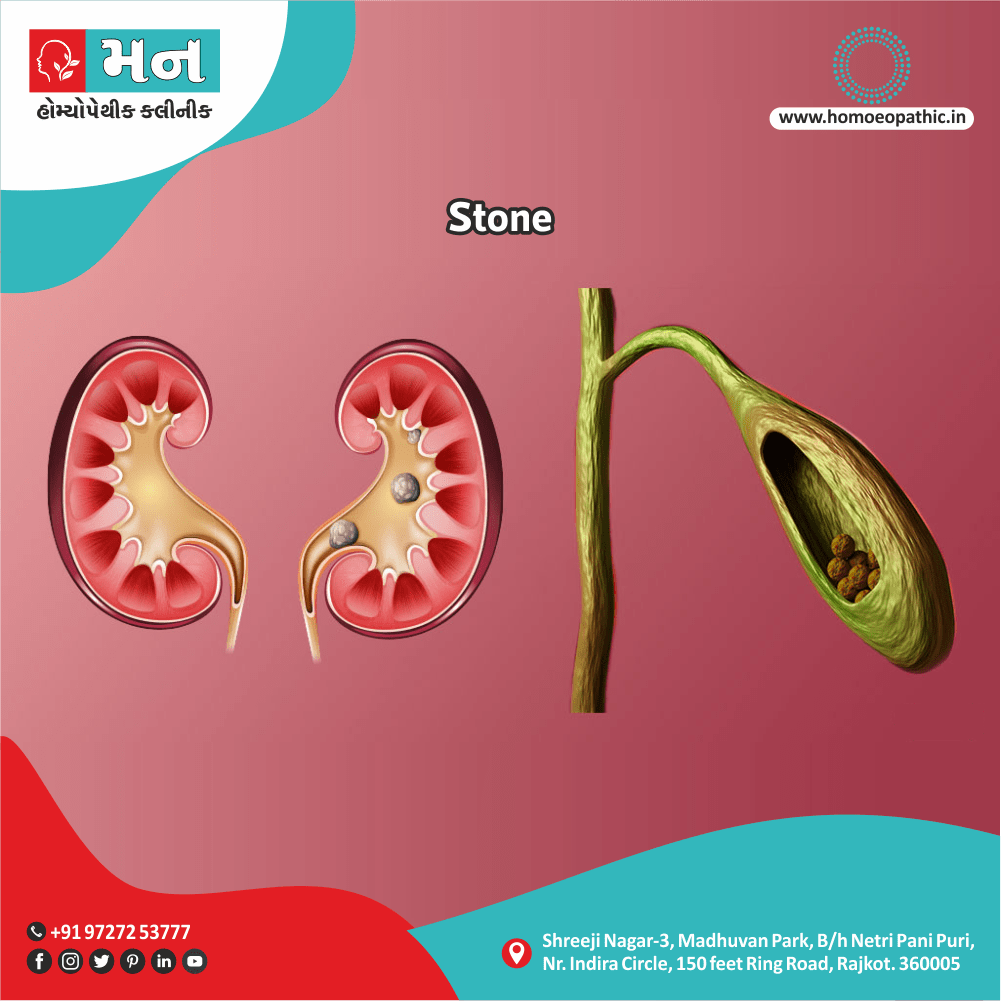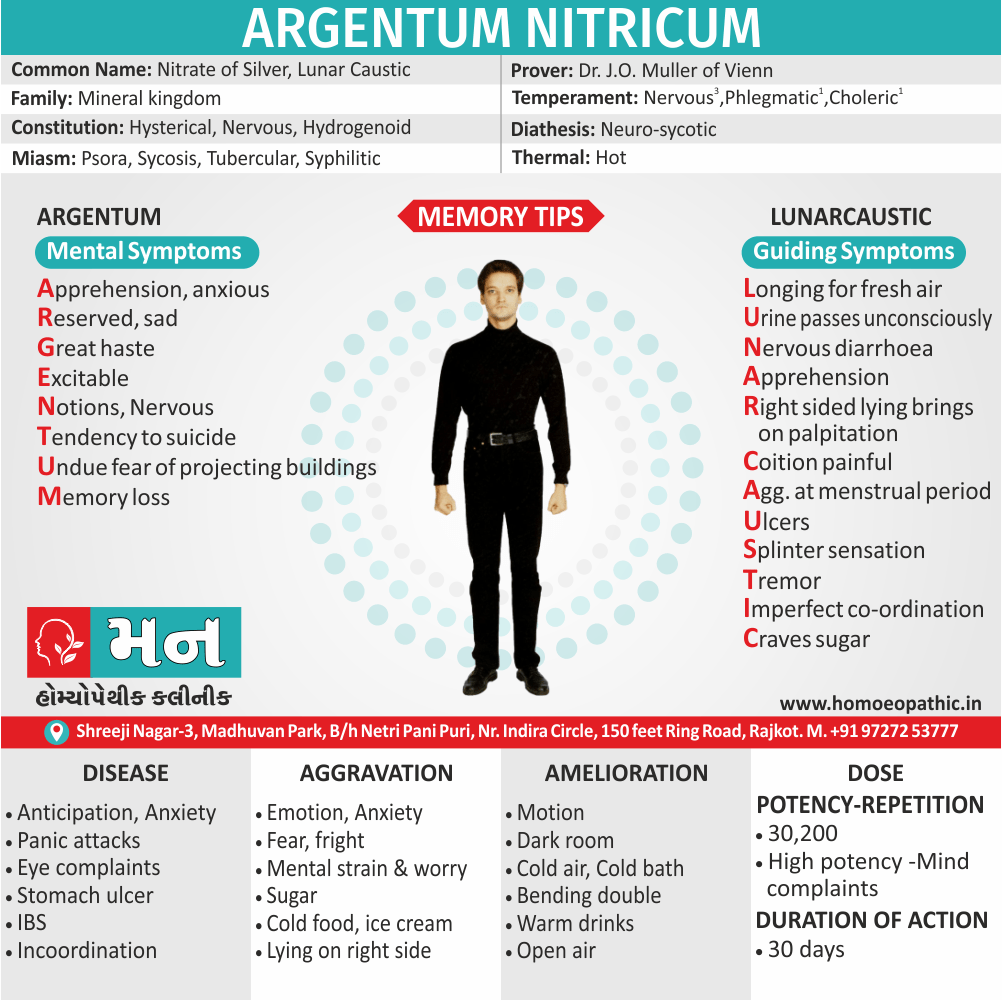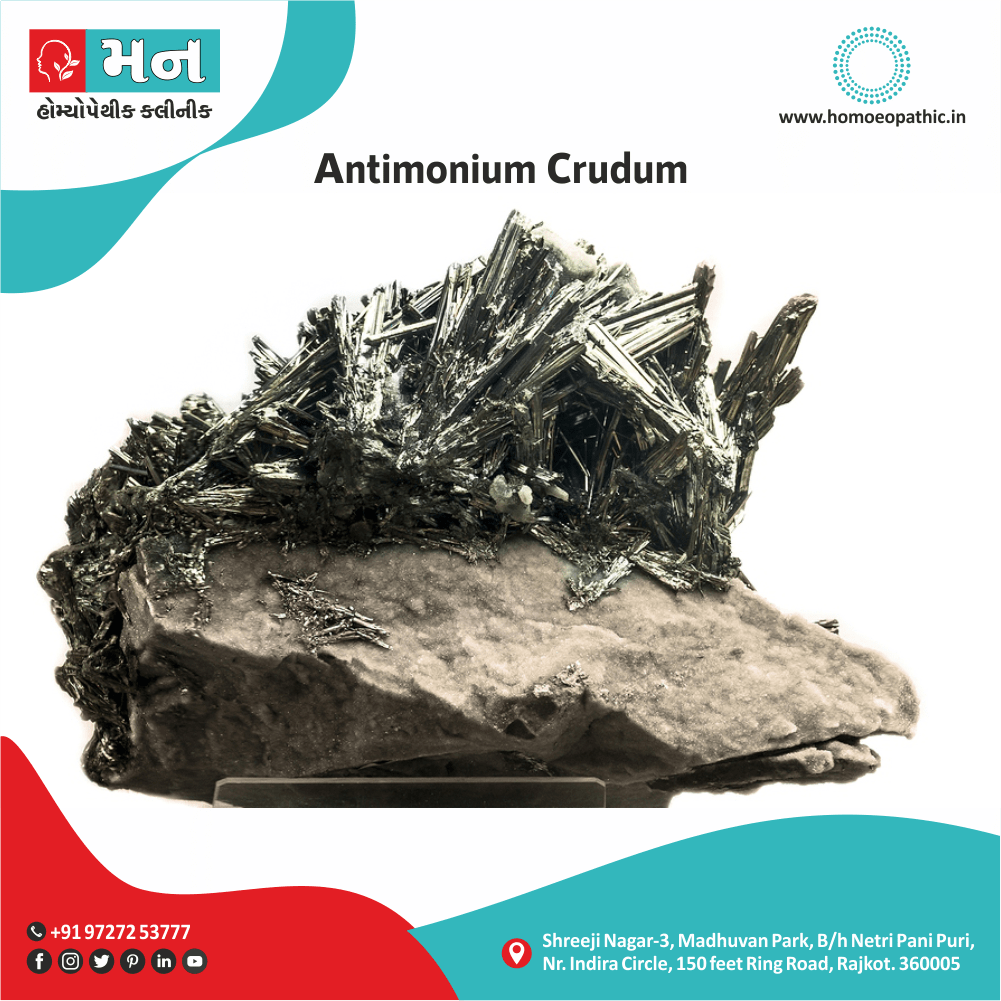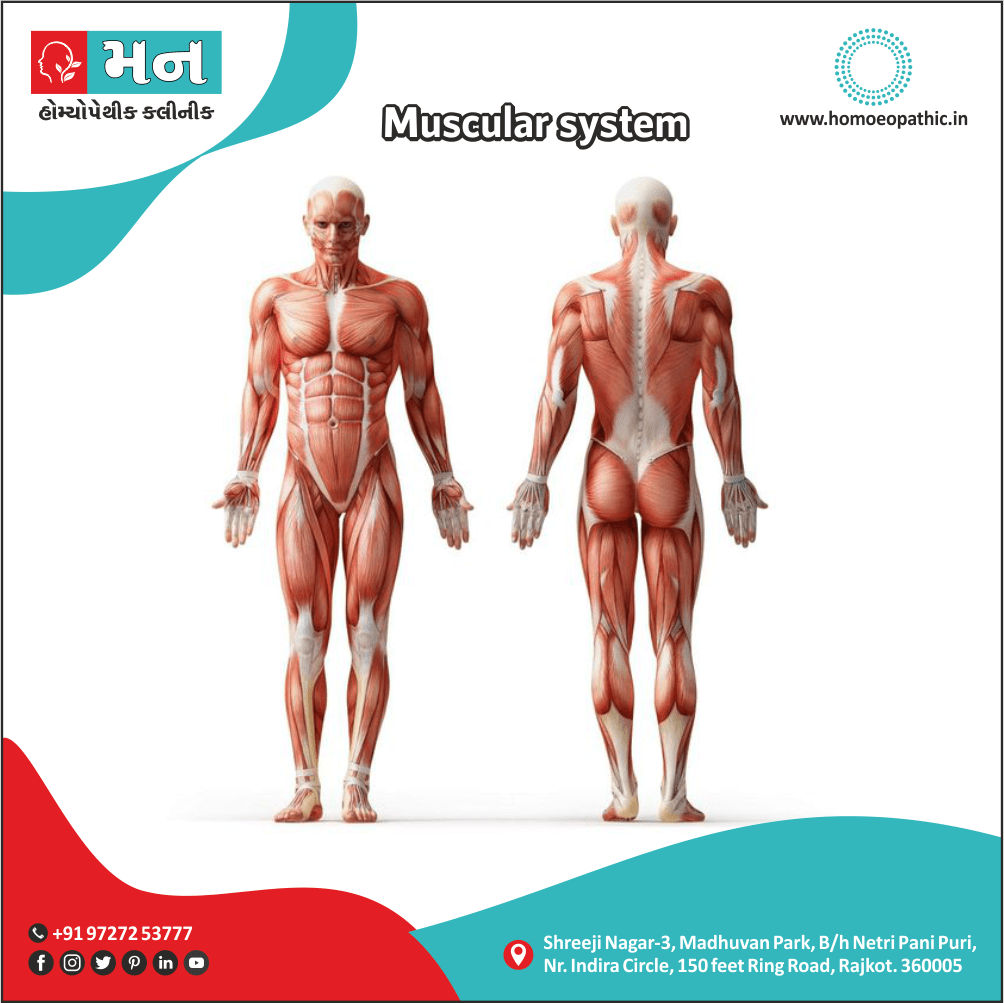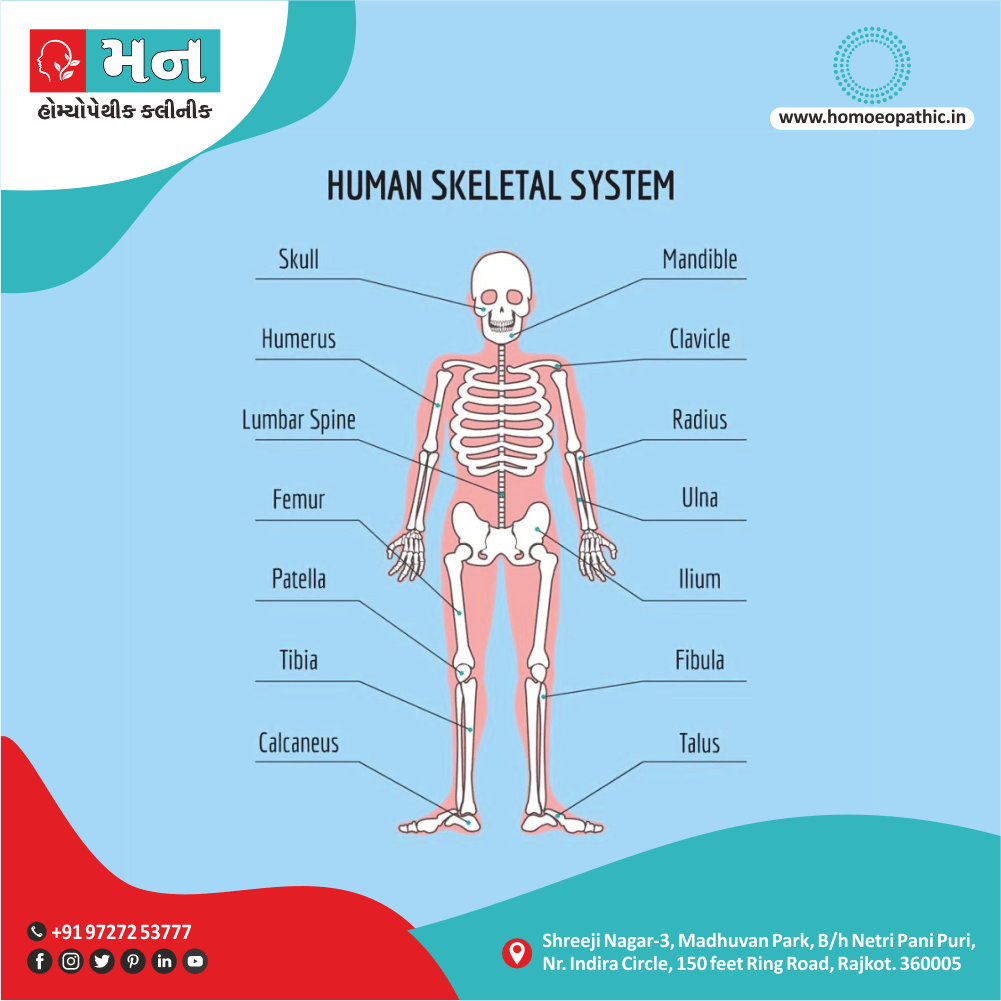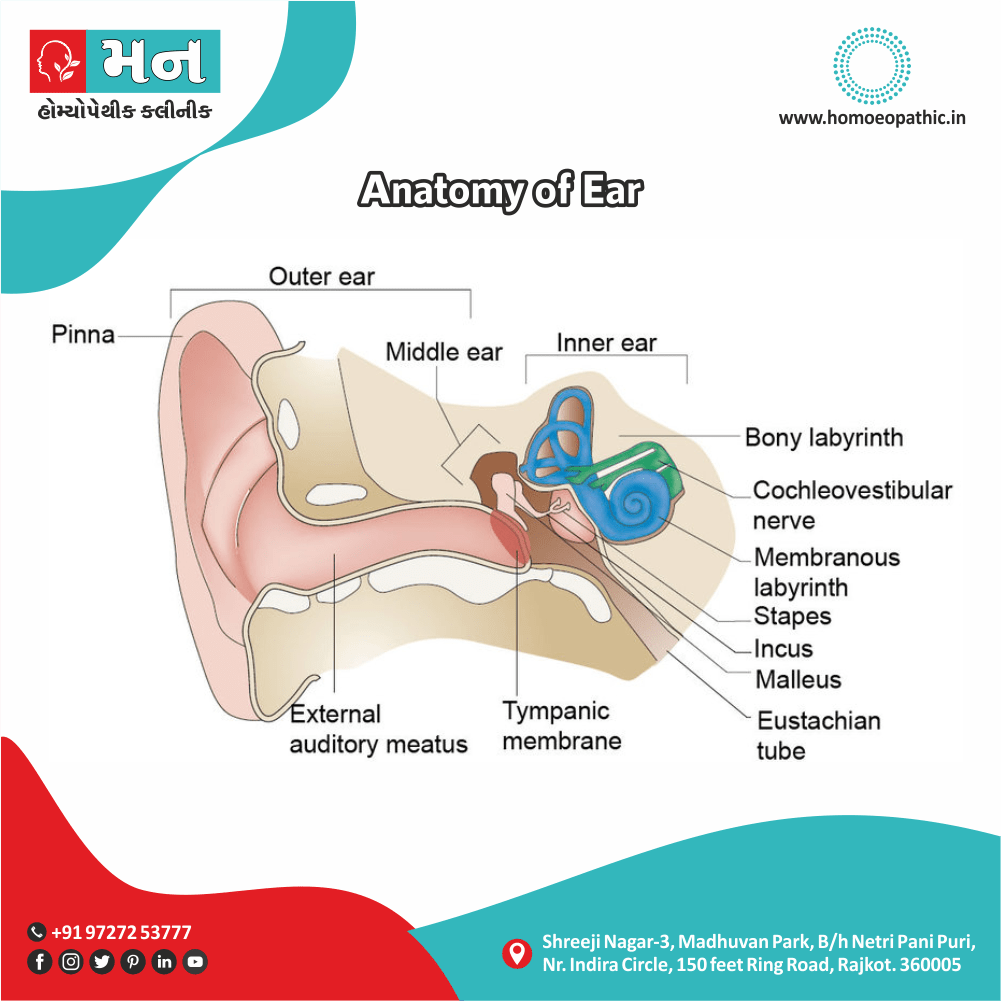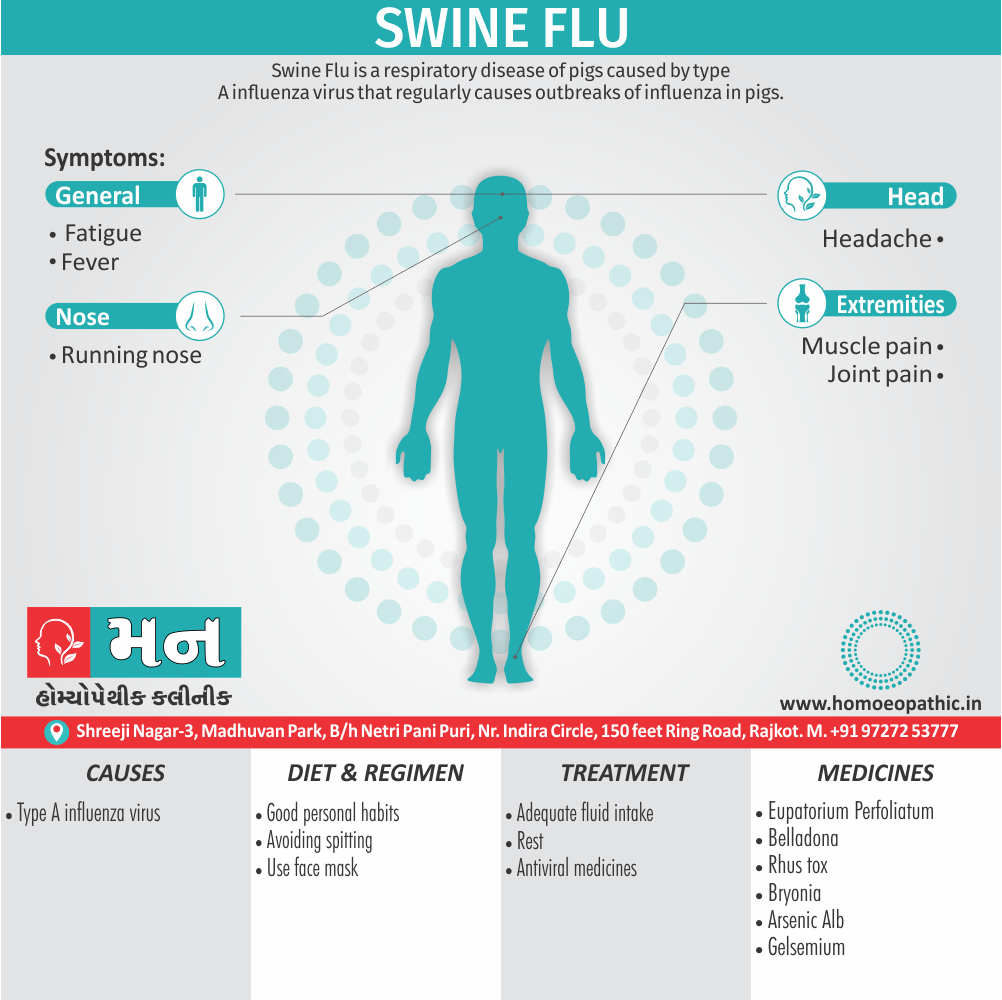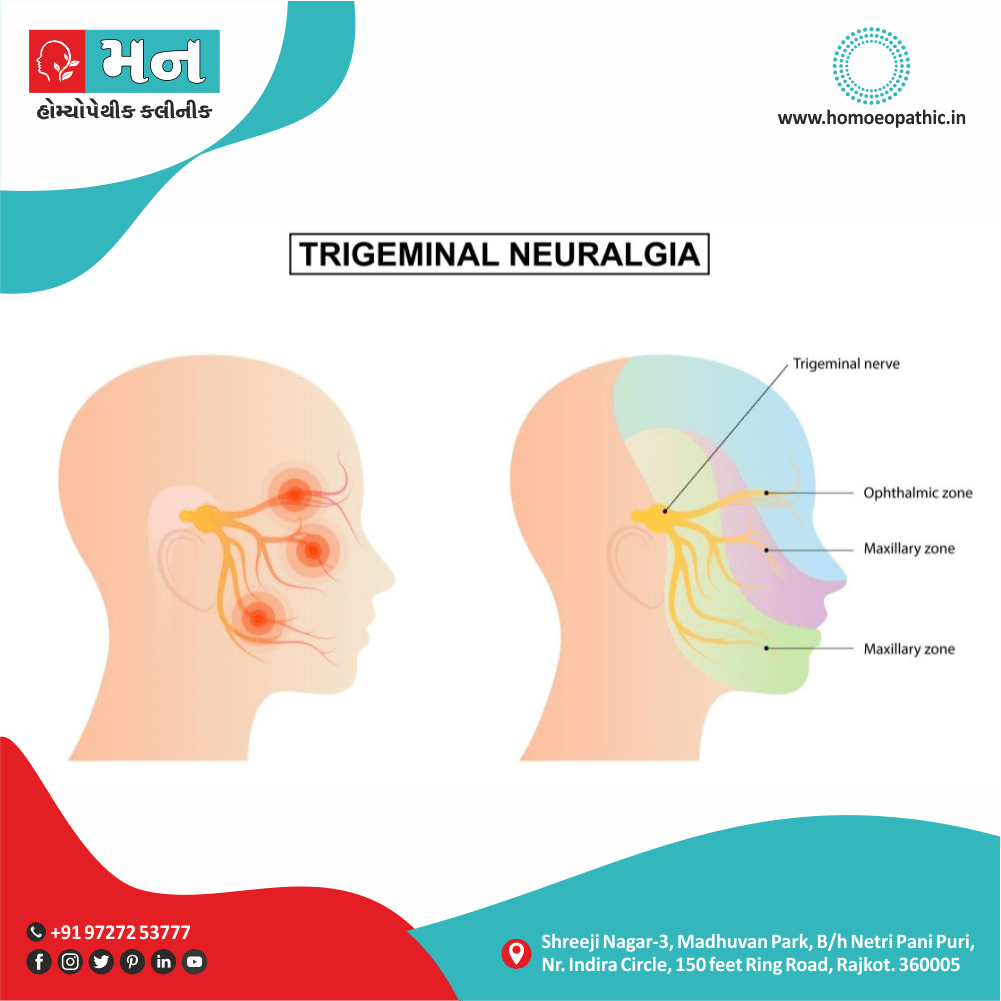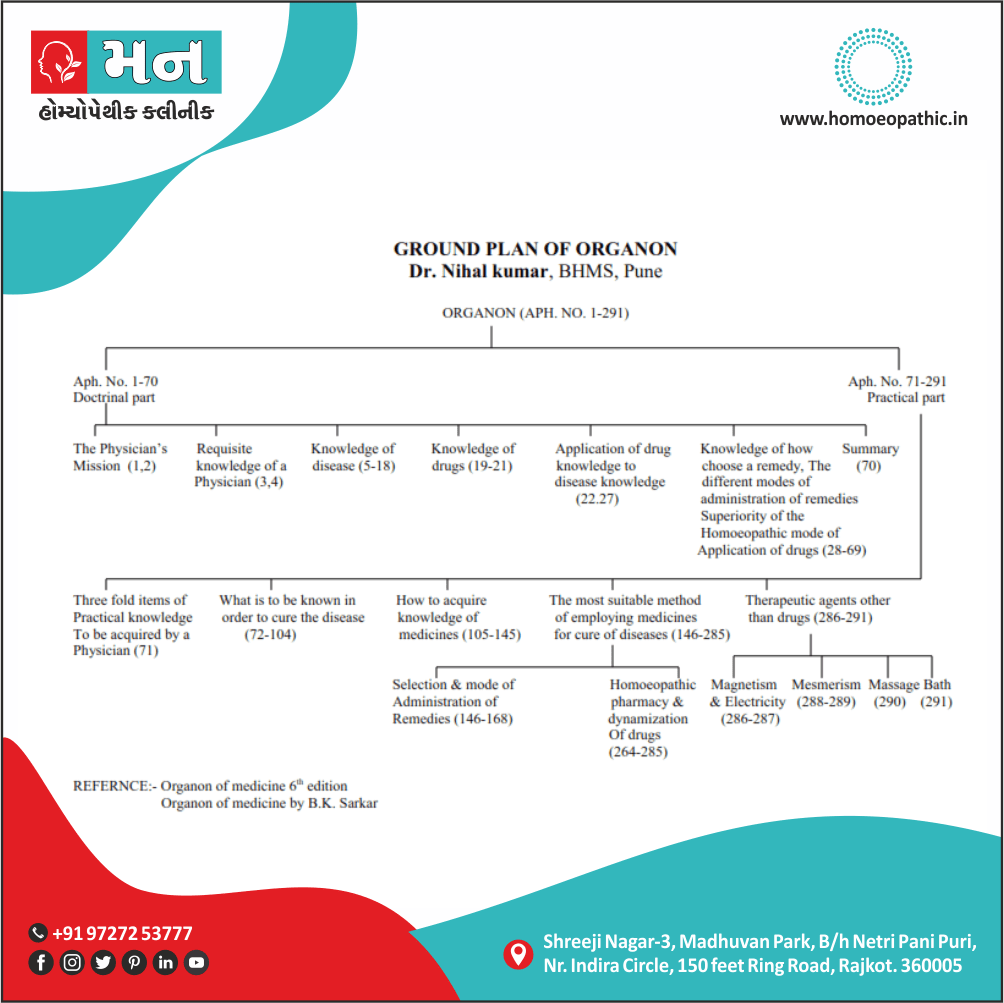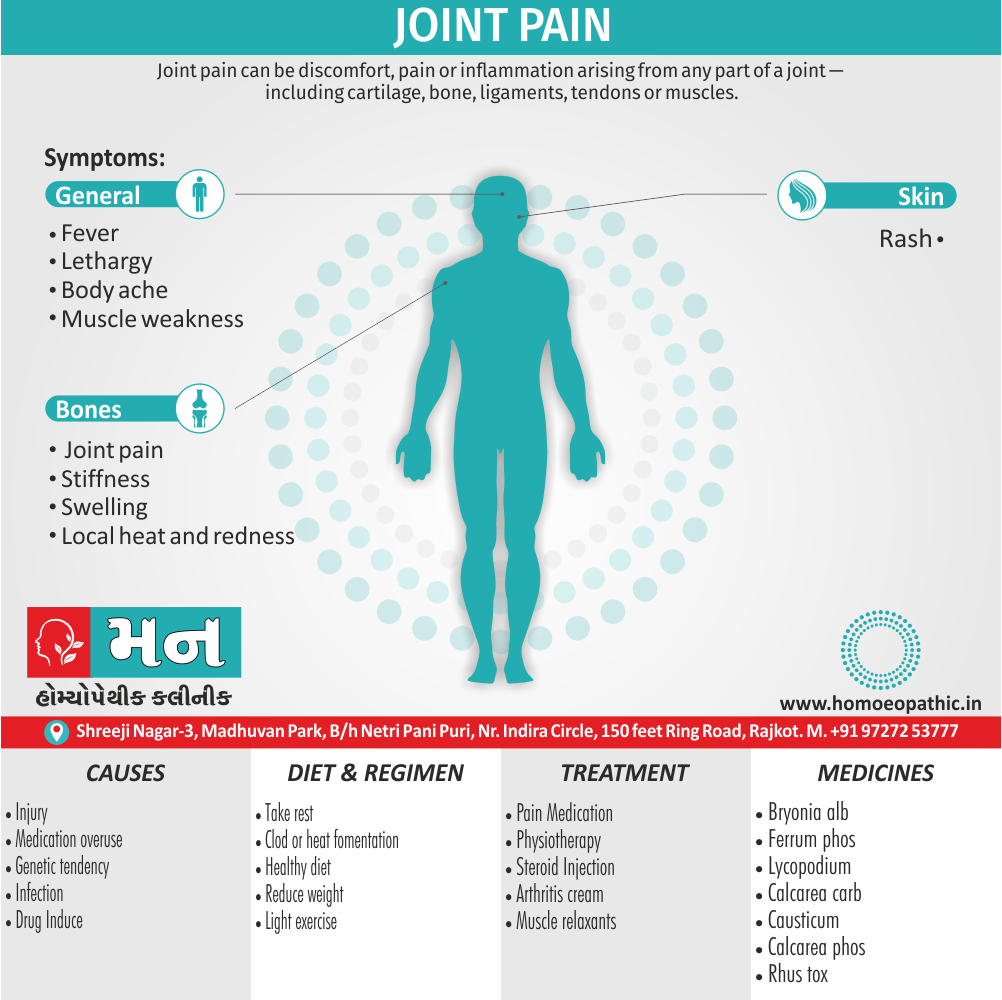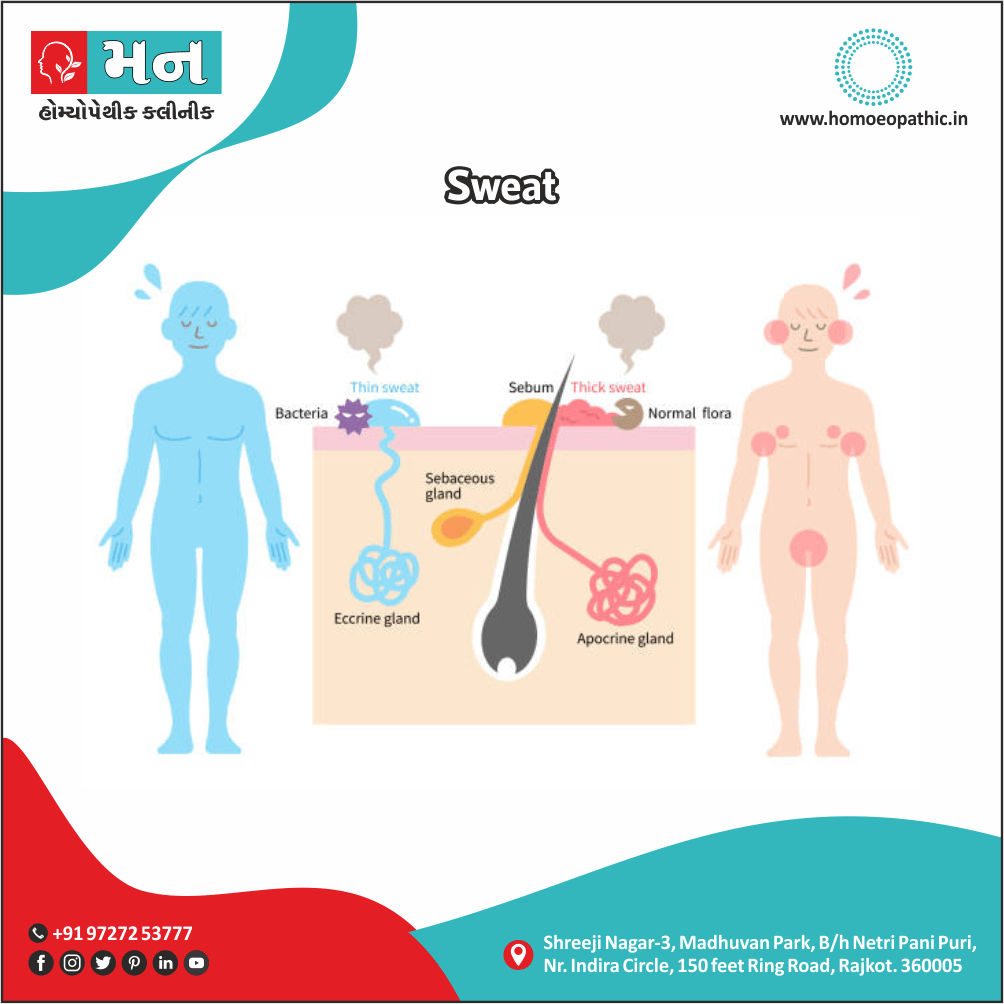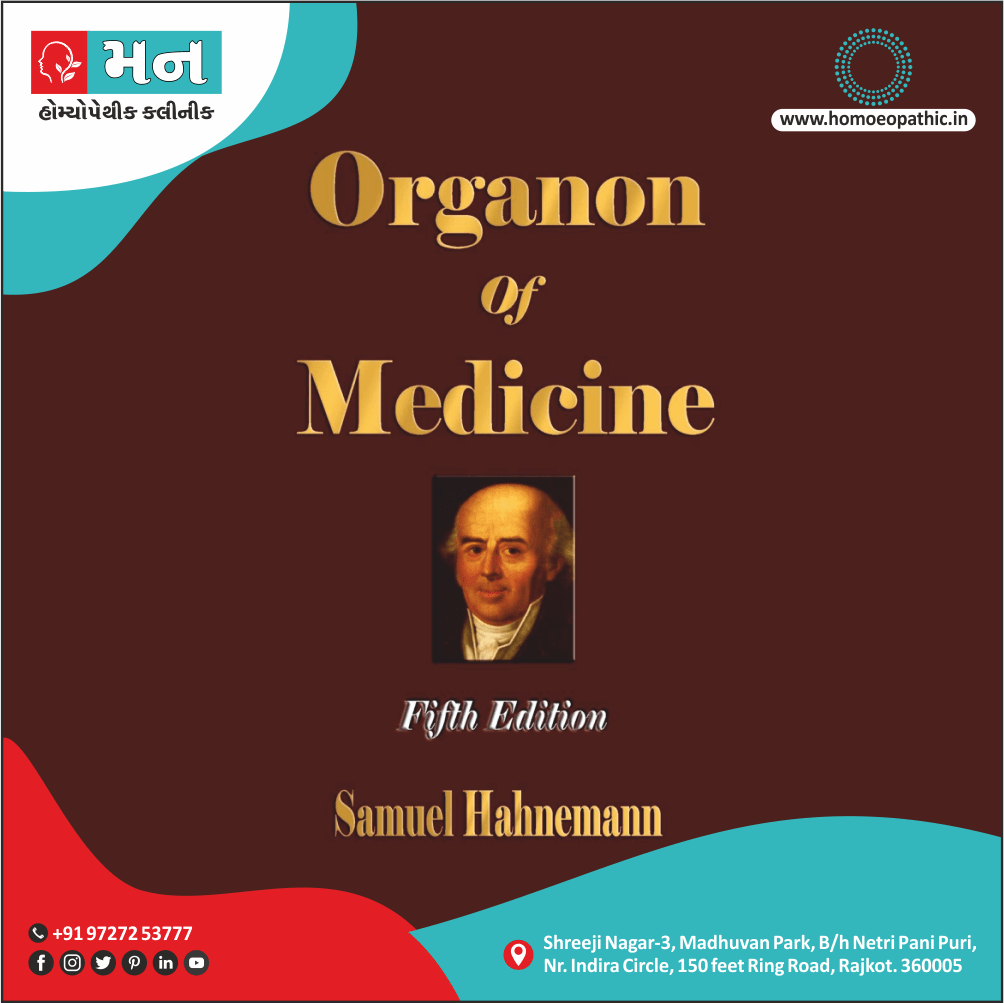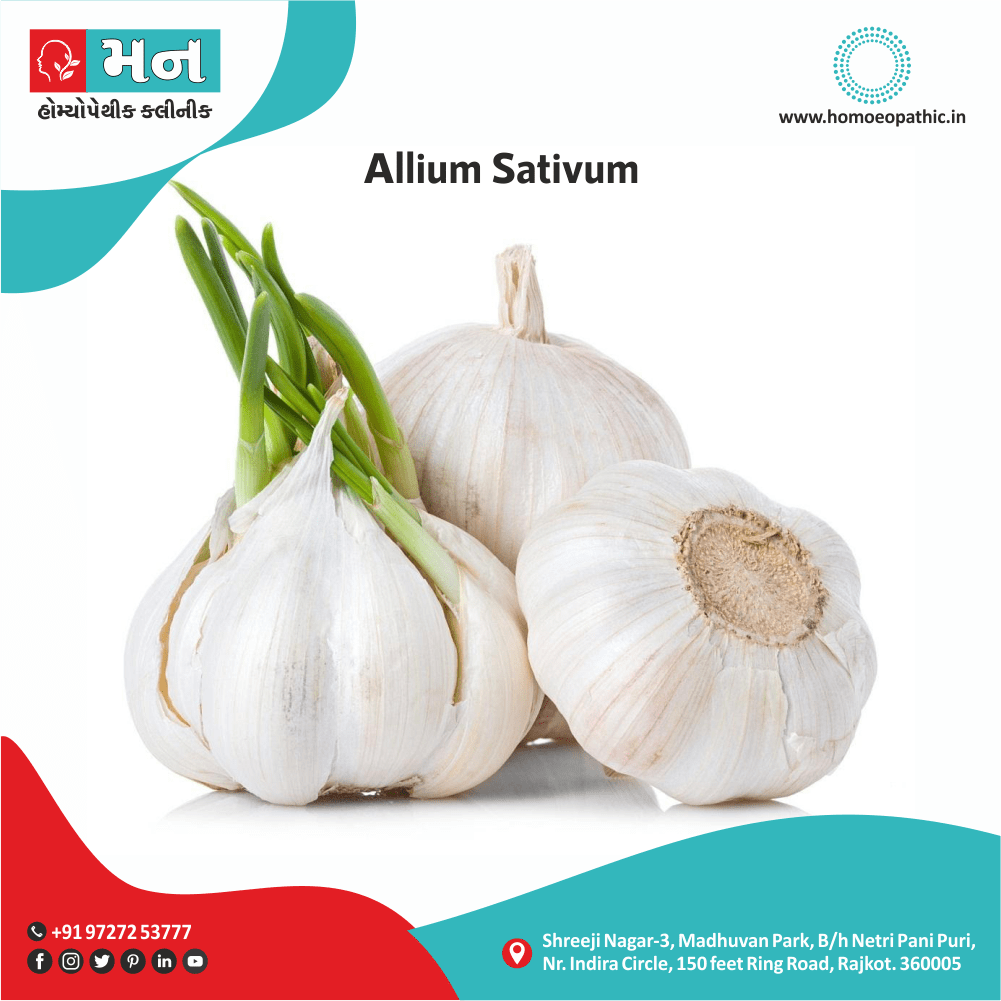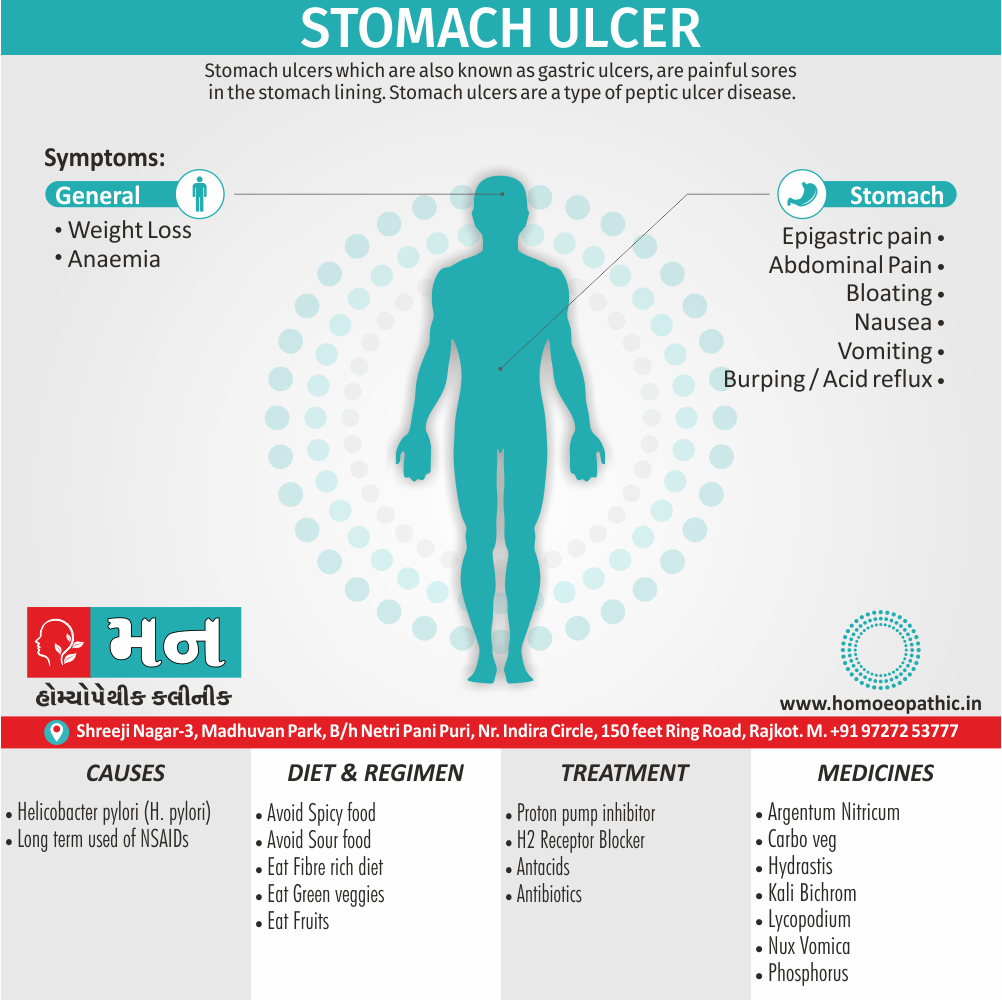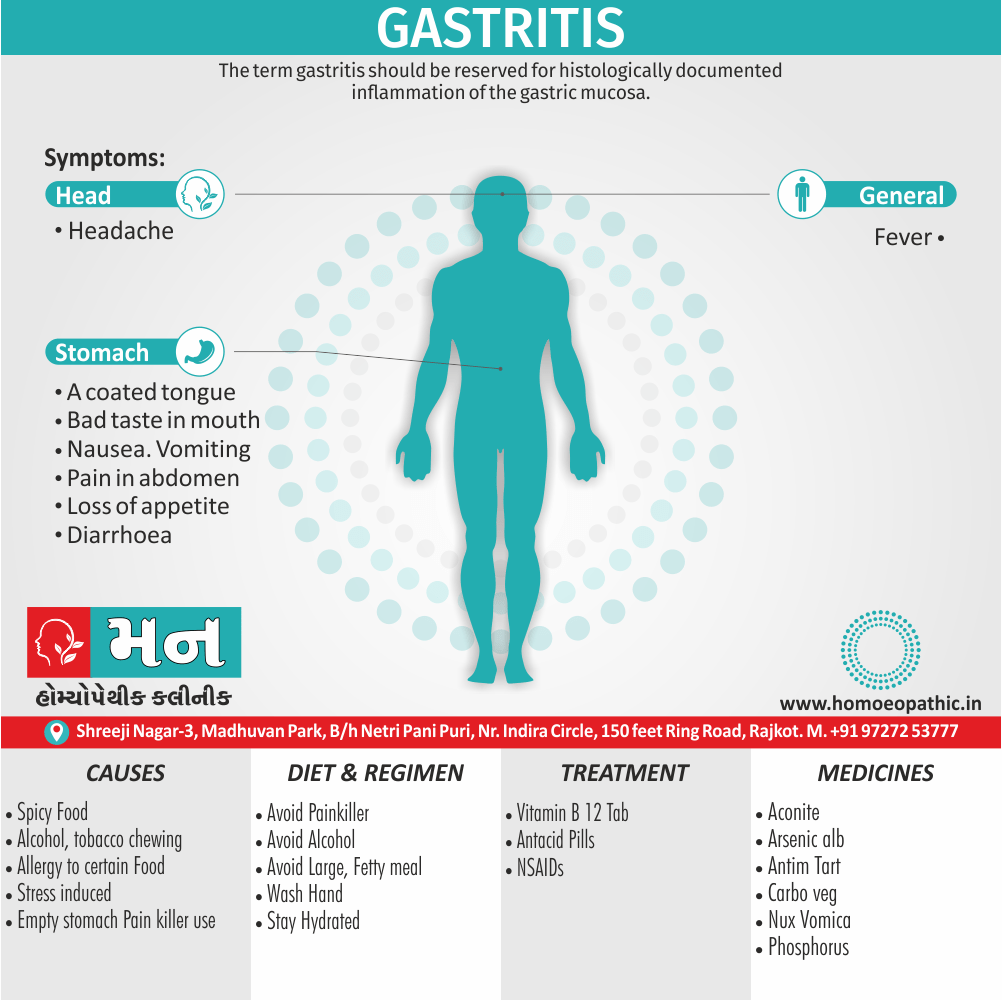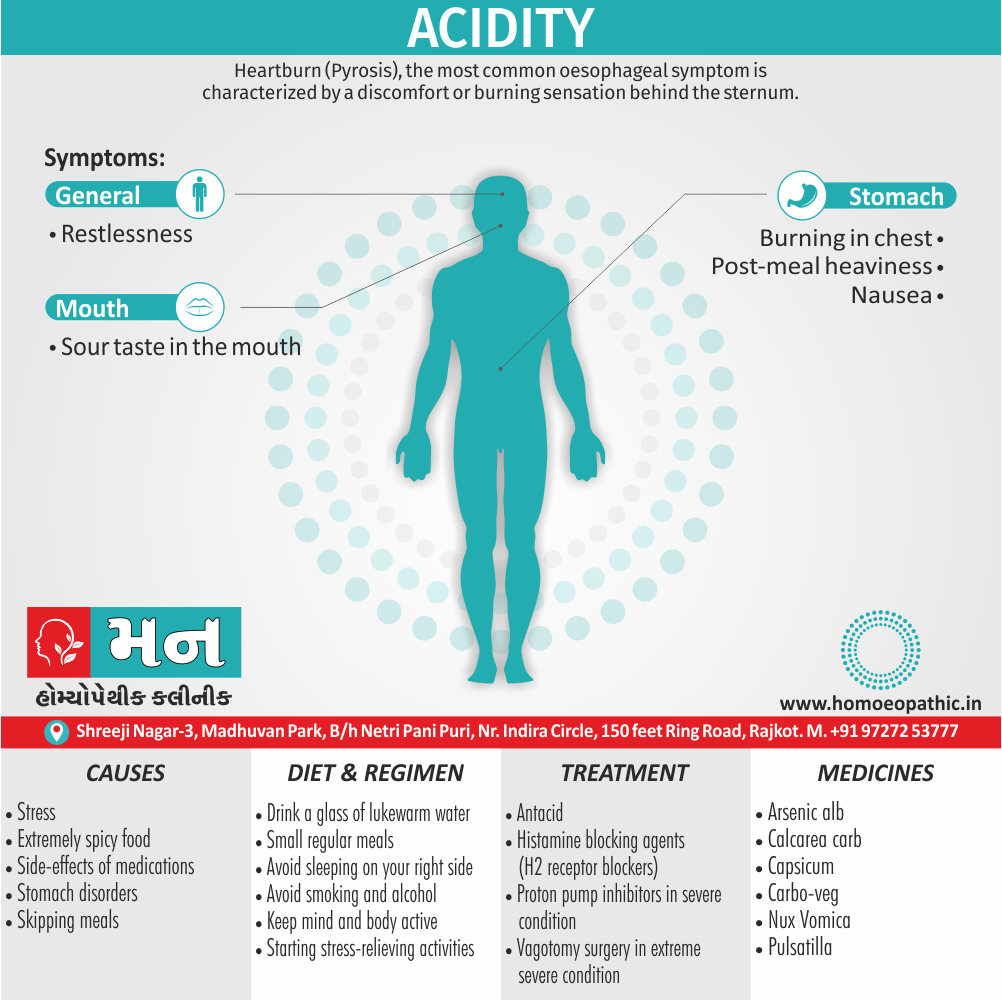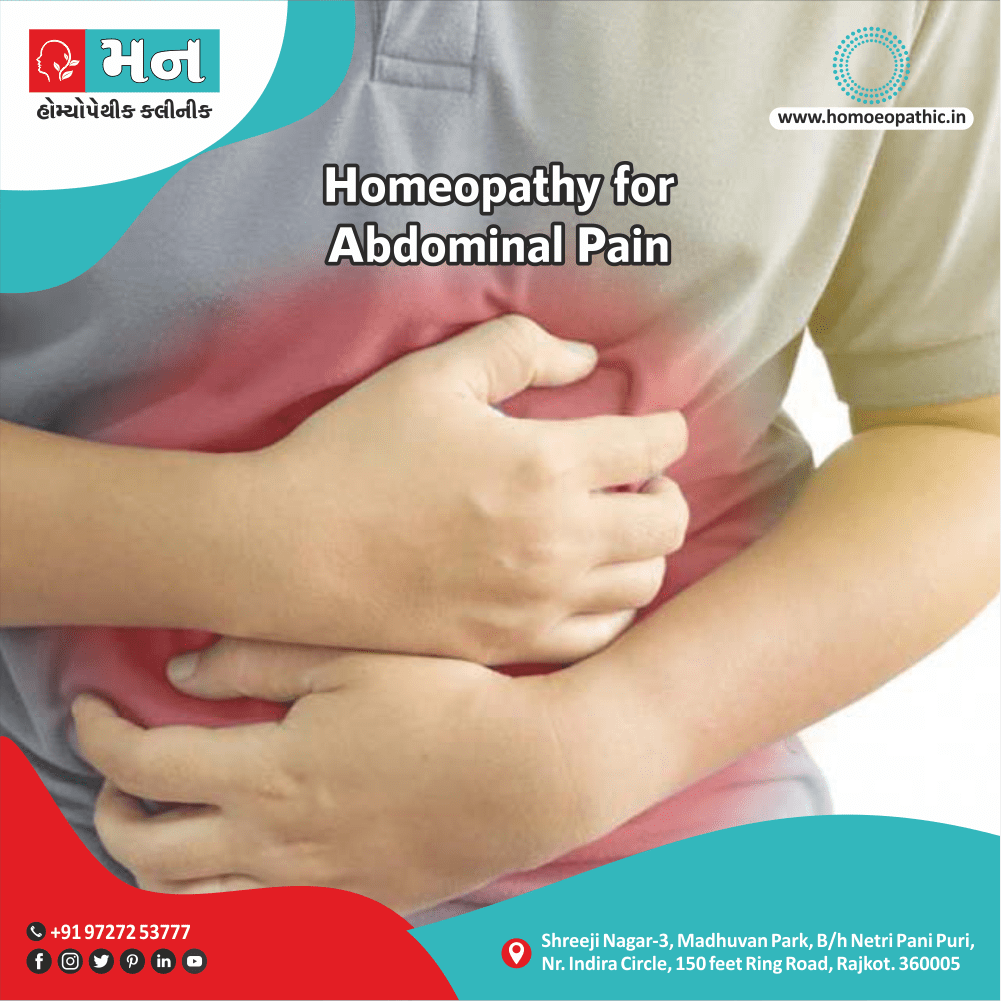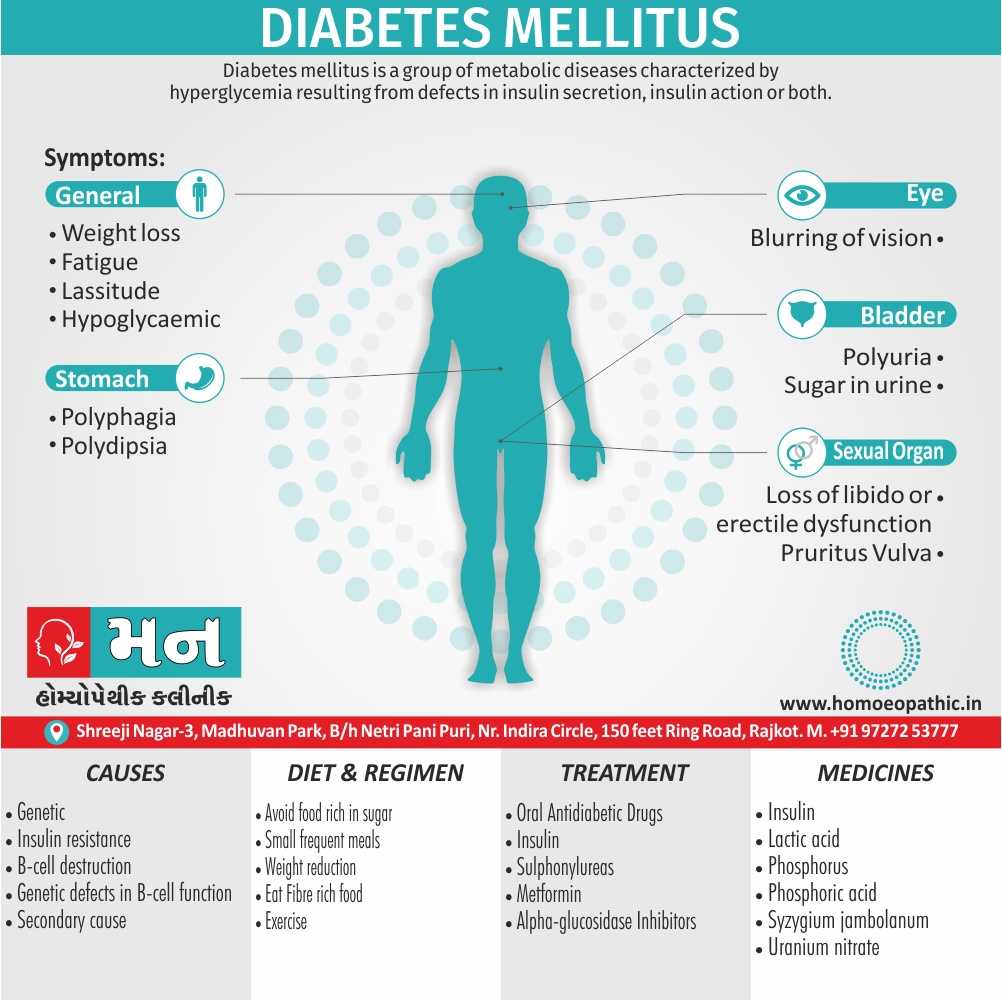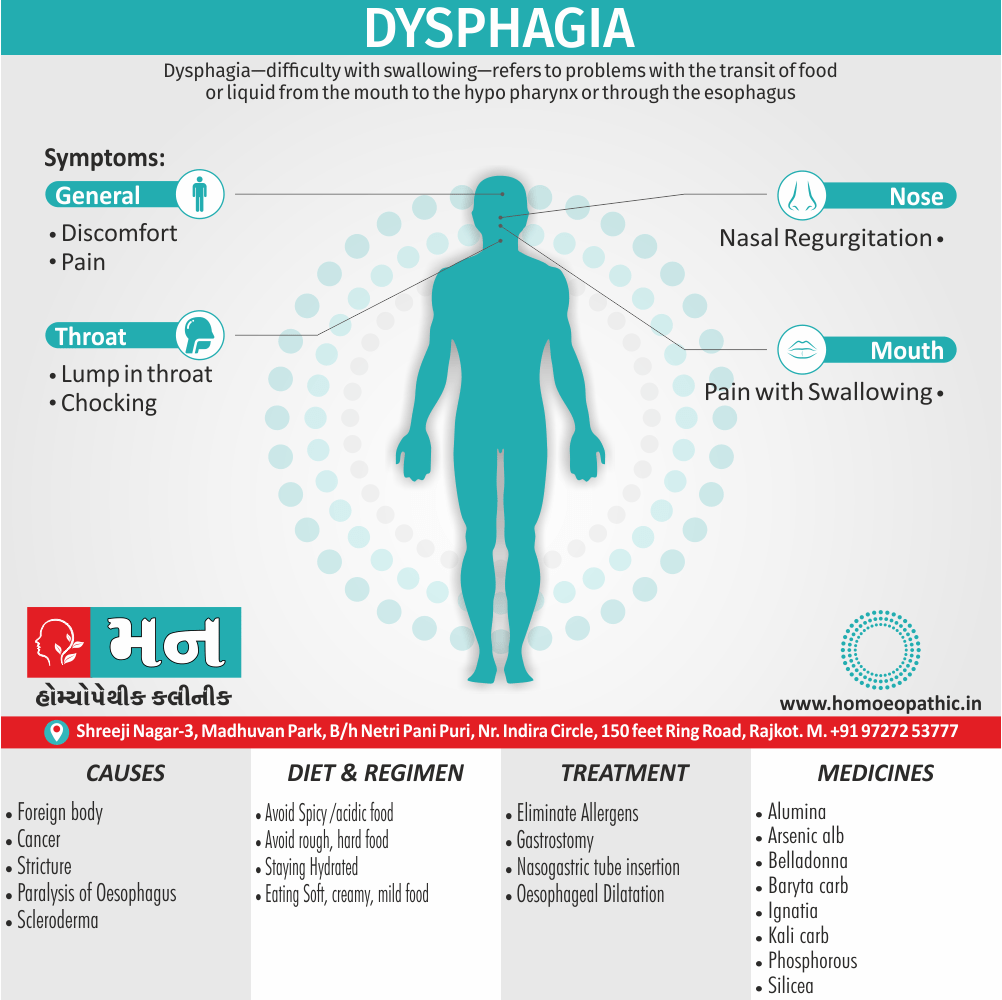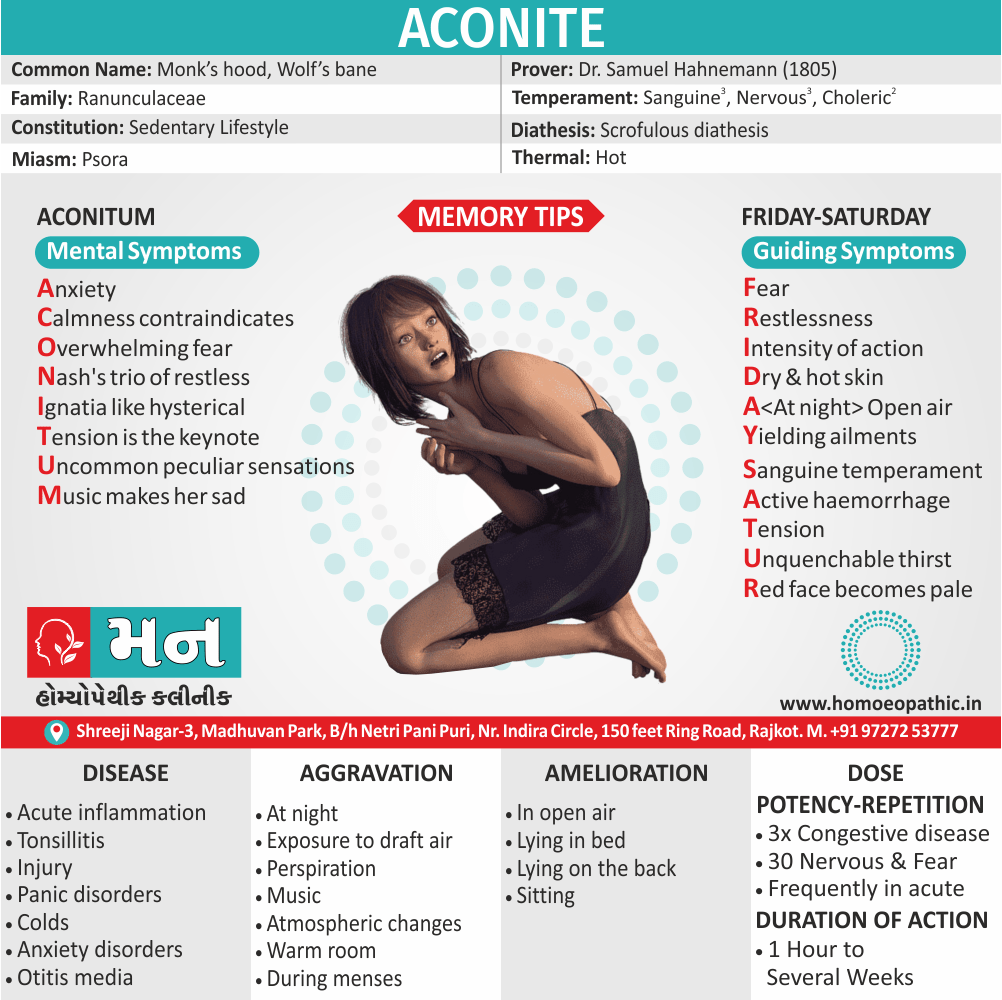Definition:
Vomiting in Pregnancy is defined as the complaints of patient about nausea and occasional sickness on rising in the morning, commonly occurs during the first trimester of pregnancy.
Overview
EpidemiologyXXX
Causes
Types
Risk FactorsXXX
PathogenesisXXX
Pathophysiology
Clinical FeaturesXXX
Sign & Symptoms
Clinical ExaminationXXX
Diagnosis
Differential DiagnosisXXX
Complications
Investigations
Treatment
PreventionXXX
Homeopathic Treatment
Diet & Regimen
Do’s and Dont’sXXX
TerminologyXXX
References
FAQ
Also Search AsXXX
Overview
Overview
Vomiting is a symptom which may be related to pregnancy or may be a manifestation of some medical surgical-gynaecological complications, which can occur at any time during pregnancy. The Former is by far the most common one and is called vomiting of pregnancy.
There has been marked fall in the incidence during the last 30 years.
It is now a rarity in hospital practice (less than 1 in 1,000 pregnancies). The reasons are — (a) Better application of family planning knowledge which reduces the number of unplanned pregnancies, (b) Early visit to the antenatal clinic and (c) Potent antihistaminic and antiemetic drugs. The Causes of vomiting in pregnancy can be classified as follows:[1]
Early Pregnancy
- Simple vomiting (Morning sickness, emesis gravidarum)
- Hyperemesis gravidarum (Pernicious vomiting)
2. Late Pregnancy
- Continuation or reappearance of simple vomiting of pregnancy
- Acute fulminating preeclampsia
EpidemiologyXXX
Indian epidemiology then other
Causes
Causes of Vomiting in Pregnancy
The aetiology is obscure but the following are the known facts:
(1) It is mostly limited to the first trimester
(2) It is more common in first pregnancy, with a tendency to recur again in subsequent pregnancies (15%)
(3) Younger age
(4) Low body mass
(5) History of motion sickness or migraine
(6) It has got a familial history — mother and sisters also suffer from the same manifestation
(7) It is more prevalent in hydatidiform mole and multiple pregnancy
(8) It is more common in unplanned pregnancies but much less amongst illegitimate ones. Women with hyperemesis gravidarum, often suffer from transient form of hyperthyroidism (clinical or subclinical).
Types
Classification of Vomiting in Pregnancy
The vomiting is related to the pregnant state and depending upon the severity, it is classified as:
(i) Simple vomiting of pregnancy or milder type
(ii) Hyperemesis gravidarum or severe type
1] SIMPLE VOMITING (morning sickness, emesis gravidarum)
SIGN AND SYMPTOMS i.e.:
- The patient complains of nausea and occasional sickness on rising in the morning. Slight vomiting is so common in early pregnancy (about 50%) that it is considered as a symptom of pregnancy. It may, however, occur at other times of the day. The vomitus is small and clear or bile stained.
- It does not produce any impairment of health or restrict the normal activities of the women. Besides this, The feature disappears with or without treatment by 12–14th week of pregnancy.
ETIOLOGICAL FACTOR i.e.:
- High level of serum human chorionic gonadotropin, oestrogen also altered immunological states are considered responsible for initiation of the manifestation, which is probably aggravated especially by the neurogenic factor.
DIETARY MEASURE i.e.:
- Taking of dry toast or biscuit and avoidance of fatty also spicy foods are enough to relieve the symptoms in majority.
TREATMENT i.e.:
- Supplementation with vitamin B1 100 mg daily is helpful. In detail, If the simple measures fail, antiemetic drugs trifluoperazine (Espazine) 1 mg twice daily is quite effective.
- Promethazine also ondansetron can be used. Furthermore, Patient is advised to take plenty of fluids (2.5 L in 24 hours) and fruit juice.[1]
2] HYPEREMESIS GRAVIDARUM
- It is a severe type of vomiting of pregnancy which has got deleterious effect on the health of mother and/or incapacitates her in day-to-day activities.
EFFECTS i.e.:
- The adverse effects of severe vomiting are e.g. dehydration, metabolic acidosis (from starvation) or alkalosis (from loss of hydrochloric acid), electrolyte imbalance (hypokalemia) and weight loss.[1]
Risk FactorsXXX
Risk factors are things that make you more likely to develop a disease in the first place.
PathogenesisXXX
Pathogenesis refers to the development of a disease. It’s the story of how a disease gets started and progresses.
This is the entire journey of a disease, encompassing the cause but going beyond it.
Pathophysiology
Pathophysiology of Vomiting in Pregnancy
(1) Hormonal:
(a) Excess of chorionic gonadotropin or higher biological activity of HCG is associated. This is proved by the frequency of vomiting at the peak level of HCG and also the increased association with hydatidiform mole or multiple pregnancy when the HCG titre is very much raised
(b) High serum level of oestrogen
(c) Progesterone excess leading to relaxation of the cardiac sphincter and simultaneous retention of gastric fluids due to impaired gastric motility. Other hormones involved are: thyroxine, prolactin, leptin and adrenocortical hormones.
(2) Psychogenic:
It probably aggravates the nausea once it begins. But neurogenic element sometimes plays a role, as evidenced by its subsidence after shifting the patient from the home surroundings. Conversion disorder, somatization, excess perception of sensations by the mother are the other theories.
(3) Dietetic deficiency:
Probably due to low carbohydrate reserve, as it happens after a night without food. Deficiency of vitamin B6, vitamin B1 and proteins may be the effects rather than the cause.
(4) Allergic or immunological basis
(5) Decreased gastric motility is found to cause nausea
Whatever may be the cause of initiation of vomiting, it is probably aggravated by the neurogenic element. Unless it is not quickly rectified, features of dehydration and carbohydrate starvation supervene and a vicious cycle of vomiting appears — vomiting → carbohydrate starvation → ketoacidosis → vomiting.[1]
There are no specific morbid anatomical findings. The changes in the various organs as described by Sheehan are the generalized manifestations of starvation and severe malnutrition.
Liver:
Liver enzymes are elevated. There is centrilobular fatty infiltration without necrosis.
Kidneys:
Usually normal with occasional findings of fatty change in the cells of first convoluted tubule,
which may be related to acidosis.
Heart:
A small heart is a constant finding. There may be subendocardial haemorrhage.
Brain:
Small haemorrhages in the hypothalamic region giving the manifestation of Wernicke’s encephalopathy. The lesion may be related to vitamin B1 deficiency.
METABOLIC, BIOCHEMICAL AND CIRCULATORY CHANGES:
The changes are due to the combined effect of dehydration and starvation consequent upon vomiting.
Metabolic:
Inadequate intake of food results in glycogen depletion. For the energy supply, the fat reserve is broken down. Due to low carbohydrate, there is incomplete oxidation of fat and accumulation of ketone bodies in the blood. The acetone is ultimately excreted through the kidneys and in the breath. There is also increase in endogenous tissue protein metabolism resulting in excessive excretion of nonprotein nitrogen in the urine. Water and electrolyte metabolism are seriously affected leading to biochemical and circulatory changes.
Biochemical:
Patients develop acidosis (due to starvation) and alkalosis from loss of hydrochloric acid and hypokalaemia. Loss of water and salts in the vomitus results in fall in plasma sodium, potassium and chlorides. The urinary chloride may be well below the normal 5 g/L or may even be absent. Hepatic dysfunction results in ketosis with rise in blood urea and uric acid. Patient suffers from hypoglycemia, hypoproteinaemia and hypovitaminosis.
Circulatory:
There is haemoconcentration leading to rise in haemoglobin percentage, RBC count and haematocrit values. Slight increase in the white cell count with increase in eosinophils. There is concomitant reduction of extracellular fluid.[1]
Clinical FeaturesXXX
Tab Content
Sign & Symptoms
Sign & Symptoms of Vomiting in Pregnancy
From the management and prognostic point of view, the cases are grouped into:
- Early
- Late (moderate to severe)
The patient is usually a nullipara, in early pregnancy. The onset is insidious.
EARLY:
Vomiting occurs throughout the day. Normal day-to-day activities curtail. Additionally, There is no evidence of dehydration or starvation.
LATE:
(Evidences of dehydration and starvation are present).
Symptoms:
Vomiting increase in frequency with retching. In detail, Urine quantity diminish even to the stage of oliguria. Epigastric pain, constipation may occur. Complications may appear if not treat.
Signs:
Features of dehydration and ketoacidosis: Dry coated tongue, sunken eyes, acetone smell in breath, tachycardia, hypotension, rise in temperature may be noted, jaundice is a late feature. Such late cases rarely seen these days. Vaginal examination and/or ultrasonography done to confirm the diagnosis of pregnancy.
Clinical ExaminationXXX
Tab Content
Diagnosis
Diagnosis of Vomiting in Pregnancy
The pregnancy is to be confirmed first.
Thereafter, all the associated causes of vomiting (enumerated before) are to be excluded.
Ultrasonography is useful not only to confirm the pregnancy but also to exclude other, obstetric (hydatidiform mole, multiple pregnancy), gynaecological, surgical or medical causes of vomiting.
Differential DiagnosisXXX
Complications
Complication of Vomiting in Pregnancy
Maternal:
(1) Neurologic complications:(a) Wernicke’s encephalopathy, beriberi due to thiamine deficiency;(b) Pontine myelinolysis;(c) Peripheral neuritis;(d) Korsakoff’s psychosis.
(2) Stress ulcer in stomach
(3) Oesophageal tear
(4) Jaundice, hepatic failure
(5) Convulsions and coma
(6) Hypoprothrombinaemia due to vitamin K deficiency
(7) Renal failure
Effects on the foetus:
Foetus usually remains unaffected once the problem is resolved.
Foetal risks may be due to low birth weight.
Investigations
Investigation of Vomiting in Pregnancy:
Urinalysis:
(1) Firstly, Quantity—small, (2) Secondly, Dark colour, (3) Thirdly, High specific gravity with acid reaction, (4) Fourthly, Presence of acetone, occasional presence of protein and rarely bile pigments and (5) Lastly, Diminished or even absence of chloride.
Biochemical and circulatory changes:
The changes are mentioned previously. Routine and periodic estimation of the serum electrolytes (sodium, potassium and chloride) is helpful in the management of the case.
Serum TSH, T3 and Free T4:
Women may suffer from transient phase of thyroid dysfunction (clinical or subclinical).
Ophthalmoscopic examination is required if the patient is seriously ill. Retinal haemorrhage and detachment of the retina are the most unfavourable signs.
ECG when there is abnormal serum potassium level.
Treatment
Treatment of Vomiting in Pregnancy
The principles in the management are:
Maintenance of hydration i.e.
- Antiemetic drugs promethazine (Phenergan) 25 mg or prochlorperazine (Stemetil) 5 mg or triflupromazine (Siquil) 10 mg may administer twice or thrice daily intramuscularly. Trifluoperazine (Espazine) 1 mg twice daily intramuscularly is a potent antiemetic therapy. Vitamin B6 and doxylamine are also safe and effective. Metoclopramide stimulates gastric and intestinal motility without stimulating the secretions. It is found useful.
- Hydrocortisone 100 mg IV in the drip give in a case with hypotension or in intractable vomiting. Oral method prednisolone also use in severe cases.
- Nutritional supplementation— with vitamin B1 (100 mg daily), vitamin B6, vitamin C and vitamin B12 are given.
To correct the fluids and electrolytes imbalance
To correct metabolic disturbances (acidosis or alkalosis)
To prevent the serious complications of severe vomiting
Care of pregnancy
Hospitalization
Nursing care:
Sympathetic but firm handling of the patient is essential. Social and psychological support should extend.
Hyperemesis progress chart is helpful to assess the progress of patient while in hospital. Daily record of pulse, temperature, blood pressure at least twice daily, intake-output, urine for acetone, protein, bile, blood biochemistry and ECG (when serum potassium is abnormal) are important.
Clinical features of improvement are evidenced by i.e.—
(a) Subsidence of vomiting
(b) Feeling of hunger
(c) Better look
(d) Normalization of blood biochemistry (electrolytes)
(e) Disappearance of acetone from the breath and urine
(f) Normal pulse and blood pressure
(g) Normal urine output.
PreventionXXX
Tab Content
Homeopathic Treatment
Homeopathic Treatment of Vomiting in Pregnancy
Homeopathy treats the person as a whole. It means that homeopathic treatment focuses on the patient as a person, as well as his pathological condition. The homeopathic medicines selected after a full individualizing examination and case-analysis.
which includes
- The medical history of the patient,
- Physical and mental constitution,
- Family history,
- Presenting symptoms,
- Underlying pathology,
- Possible causative factors etc.
A miasmatic tendency (predisposition/susceptibility) also often taken into account for the treatment of chronic conditions.
What Homoeopathic doctors do?
A homeopathy doctor tries to treat more than just the presenting symptoms. The focus is usually on what caused the disease condition? Why ‘this patient’ is sick ‘this way’?.
The disease diagnosis is important but in homeopathy, the cause of disease not just probed to the level of bacteria and viruses. Other factors like mental, emotional and physical stress that could predispose a person to illness are also looked for. No a days, even modern medicine also considers a large number of diseases as psychosomatic. The correct homeopathy remedy tries to correct this disease predisposition.
The focus is not on curing the disease but to cure the person who is sick, to restore the health. If a disease pathology not very advanced, homeopathy remedies do give a hope for cure but even in incurable cases, the quality of life can be greatly improved with homeopathic medicines.
Homeopathic Medicines for Vomiting in Pregnancy
The homeopathic remedies (medicines) given below indicate the therapeutic affinity but this is not a complete and definite guide to the homeopathy treatment of this condition. The symptoms listed against each homeopathic remedy may not be directly related to this disease because in homeopathy general symptoms and constitutional indications are also taken into account for selecting a remedy.
Homeopathic Medicine:
Acitic Acid
- Sour belching and vomiting during pregnancy, with profuse water brash and salivation, day and night, sensation as if an ulcer were in the stomach, giving great uneasiness.
- intense thirst, passing a large quantity of urine and great prostration.
Arsenicum Album
- Vomiting after eating and drinking, and at night, of green or black matter; cold water seems to lie on stomach, although great desire for it; burning pains in precordium and anguish; burning pains in stomach.
- Bowels and breasts; great weakness and exhausting diarrhoea; (>) by motion.
- Food relish but leaves a bitter taste in mouth; aversion to meats and desire for fruits and vegetables; coldness and restlessness.
Colchicum
- Great sensitiveness to the smell of food; indifferent to surroundings, fretful; face flushed, faint aching about navel as if she must eat, but with loathing and disgust for food at the thought, sight or smell of it.
- All attempts to eat cause violent nausea and vomiting. Albuminuria, cannot stand erect or lie down with stretched out legs without vomiting, has to flex knees crouch together for relief.
Conium
- Nausea only or worse while lying down; terrible nausea in vomiting in women suffering from scirrhosities, the vomited matter white and frothy or looking like coffee-grounds.
- Swelling or soreness of breasts, especially when it has been habitual during menses; intermittent urination; eructations and heartburn.[2]
Cyclamen
- Wants no breakfast; after eating the least quantity, nausea and disgust for food in mouth and throat; feels as if brain were in motion when leaning against something.
- Vertigo, objects turn in a circle about her; dimness of vision, with fiery sparks before eyes;
- Intermittent thirst; greasy taste, and fat food disagrees; nocturnal flatulency from atony of bowels, causing distention, (<) by getting up and walking about.
Ferrum Phos
- Vomiting of food undigested, sooner or later after eating, vomiting of food, with sour fluid; vomiting of bright-red blood, with tendency to from a gelatinous mass.
- Suddenly leaves table and with one effort vomit up the and then sets down and eats again.
Gossypium
- Great distress, weakness and marked prostration; nausea before breakfast; useful in very bad cases where miscarriage threaten.
- Nausea from least motion in morning soon after waking, with distress in pit of stomach; and immediately on raising head,
- Retching and violent efforts to vomit at first very little comes up, except wind, with a loud noise, soon saliva and some thick fluids discharge and occasionally a little bilious matter, but rarely and ingesta, followed by faintness.
Ignatia
- Great emptiness; qualmishness also weakness in region of stomach, with flat taste; additionally, distention of abdomen after eating; hiccough; sour eructations;
- Frequent regurgitation of food also of bitter liquid; vomiting at night of food taken in the evening.
- Empty retching relieved especially by eating, salivation, copious lemon- colored urine; clavus hysterics.
Ipecacuanha
- One continual sense of nausea all the time. In detail, vomiting fluids and solids in an undigested state; vomiting of large quantities of mucus; bilious vomiting; diarrhoea and colic;
- Desire for dainties and sweets or averse to all food; stomach feels relaxed; nausea with salivation also hiccough; foul breath; distended abdomen; sleepy after vomiting.[2]
Lobelia Inflata
- Vomiting with profuse flow of saliva; additionally frequent gulping up of burning sour fluid.
- Nausea (<) at night and after sleeping, (>) by a little food or drink and in some cases (<) from food and drink; faintness.
- After vomiting breaks out in a sweat, followed especially by a sensation as of needles pricking her all over; asthmatic sufferings.
Natrum Muriaticum
- Morning nausea; vomiting of food; profuse, constant Waterbrash, like limpid mucus.
- Obstinate cases, with loss of appetite and taste; great hunger, as if stomach were empty, but no appetite; heartburn after eating;
- Headache on awaking in the morning; palpitation; dreams of robbers in house, which must search for to satisfy her whim.
Nux Vomica
- Nausea in early morn, with fainting; vomiting after eating or thinks she would feel better if she could vomit; food and drink smell bad to her, cannot bear the smell of tobacco.
- Bitter or sour taste, belching, eructations, hiccough and heartburn; vomiting of a sticky mucus and a sour fluid; restless sleep, particularly after 3 A.M.
- Great depression and irritability, wants to left alone; longing for alcoholic stimulants; constipation.
Petroleum
- Applicable to all gastric troubles of pregnant women, vomiting of bile; aversion to fat food also meat: (<) when riding in carriage; besides this dizziness and stupefaction after a slight meal.
- Dimness of sight; additionally constant and profuse collection of fluid in mouth, with frequent spitting and nausea; diarrhoea only in daytime.
Sepia
- Vomiting of either milky water or mucus; sense of emptiness in pit of stomach; thought of food sickens her; taste as of manure; aversion to meat and bread; morning nausea.
- Vomiting of either food or bile, finally even blood; before pregnancy uterine anomalies, with either yellowish or purulent; leucorrhea; morning sickness, reflex hard, tumefied cervix.
Silicea
- Qualmishness also vomiting in women whose menses were always accompanied by palpitation. Additionally, taste of blood in the morning; nausea, with palpitation of heart after every exercise that raises the temperature of body; aversion to meat; constipation;
- Great weakness at night; pressure at pit of stomach; nausea specifically after lying down; frequent sour or loud eructation; vomiting after every drink; NERVOUS exhaustion.[2]
Diet & Regimen
Diet & Regimen:
- Before the intravenous fluid omit, the foods give orally.
- At first, dry carbohydrate foods like biscuits, bread and toast give.
- Small but frequent feeds recommend.
- Gradually full diet restore.[1]
Do’s and Dont’sXXX
Tab Content
TerminologyXXX
Tab Content
References
References:
[1] DC Dutta’s Textbook of Obstetrics Eight edition
[2] Homoeopathic Therapeutics by Lilienthal
FAQ
Frequently Asked Questions
What is Vomiting in Pregnancy?
Vomiting in Pregnancy define as the complaints of patient about nausea and occasional sickness on rising in the morning, commonly occurs during the first trimester of pregnancy.
Homeopathic Medicines used by Homeopathic Doctors in treatment of Vomiting in Pregnancy?
- Acitic Acid
- Arsenicum Album
- Colchicum
- Conium
- Cyclamen
- Ferrum Phos
- Gossypium
- Ignatia
- Ipecacuanha
- Lobelia Inflata
What are the symptoms of Vomiting in Pregnancy?
- Vomiting increased in frequency with retching
- Urine quantity diminish even to the stage of oliguria
- Epigastric pain, constipation may occur
- Complications may appear if not treated
What causes Vomiting in Pregnancy?
- Mostly limited to the first trimester
- More common in first pregnancy
- Younger age
- Low body mass
- History of motion sickness or migraine
- Familial history
Give the types of Vomiting in Pregnancy?
- Simple vomiting of either pregnancy or milder type
- Hyperemesis gravidarum or severe type
Also Search AsXXX
Frequently Asked Questions (FAQ)
XYZ
XXX
XYZ
XXX
XYZ
XXX
How can I find reputable homeopathy clinics or homeopathic doctors in my area?
You can found Homeopathic Clinic For XXXX by searching for
Specific city Examples are
You can also search for near you Examples are
